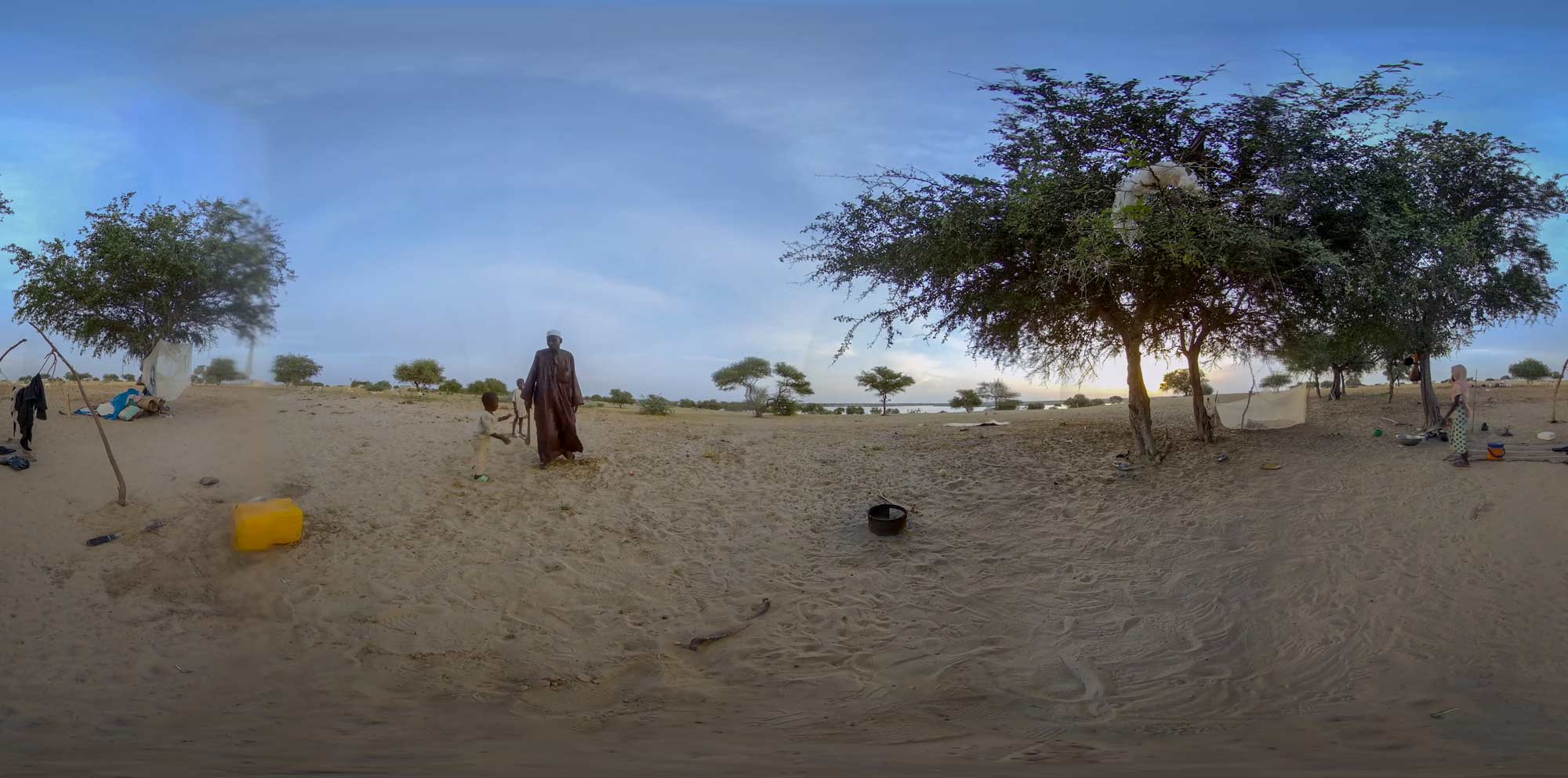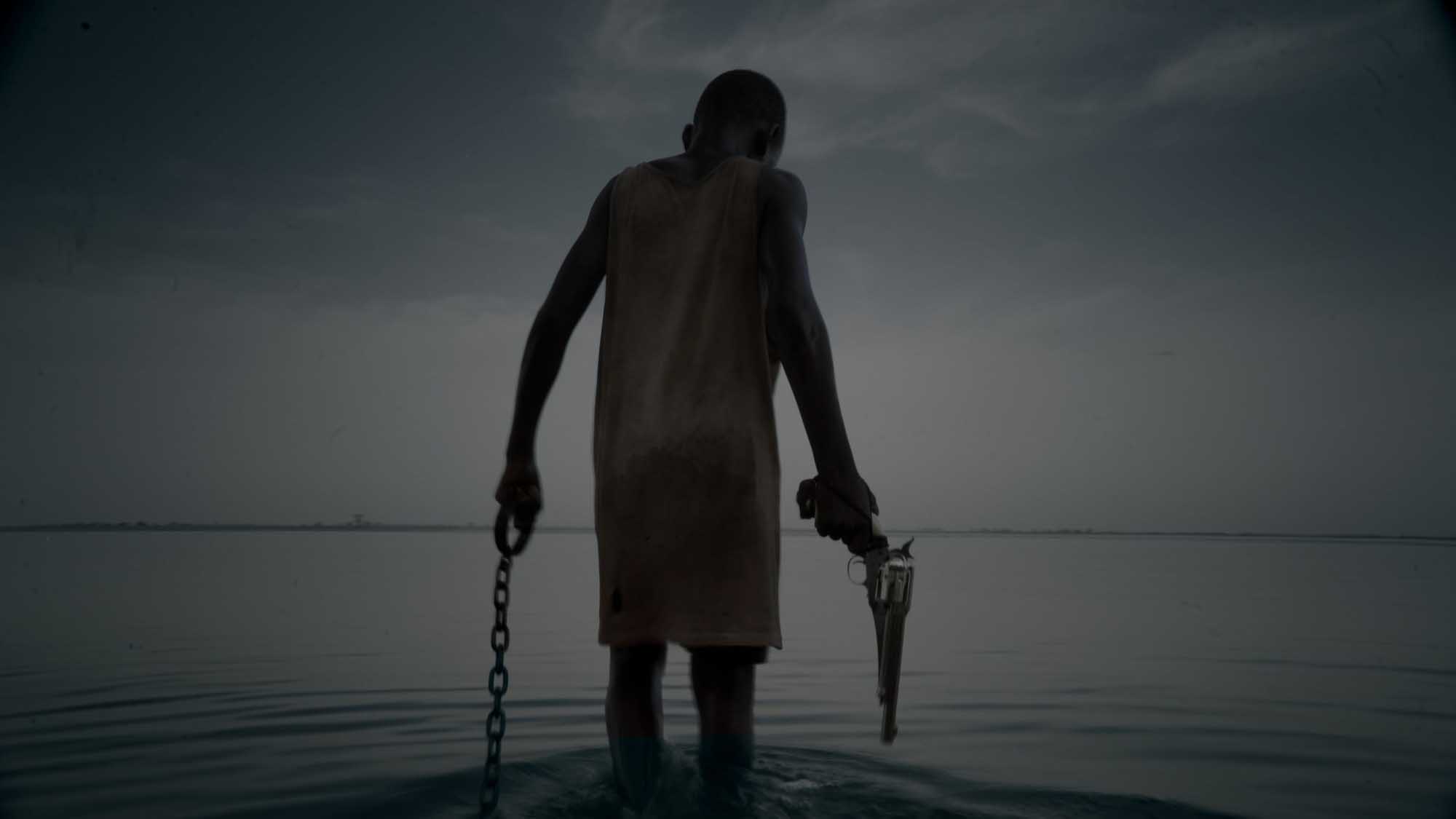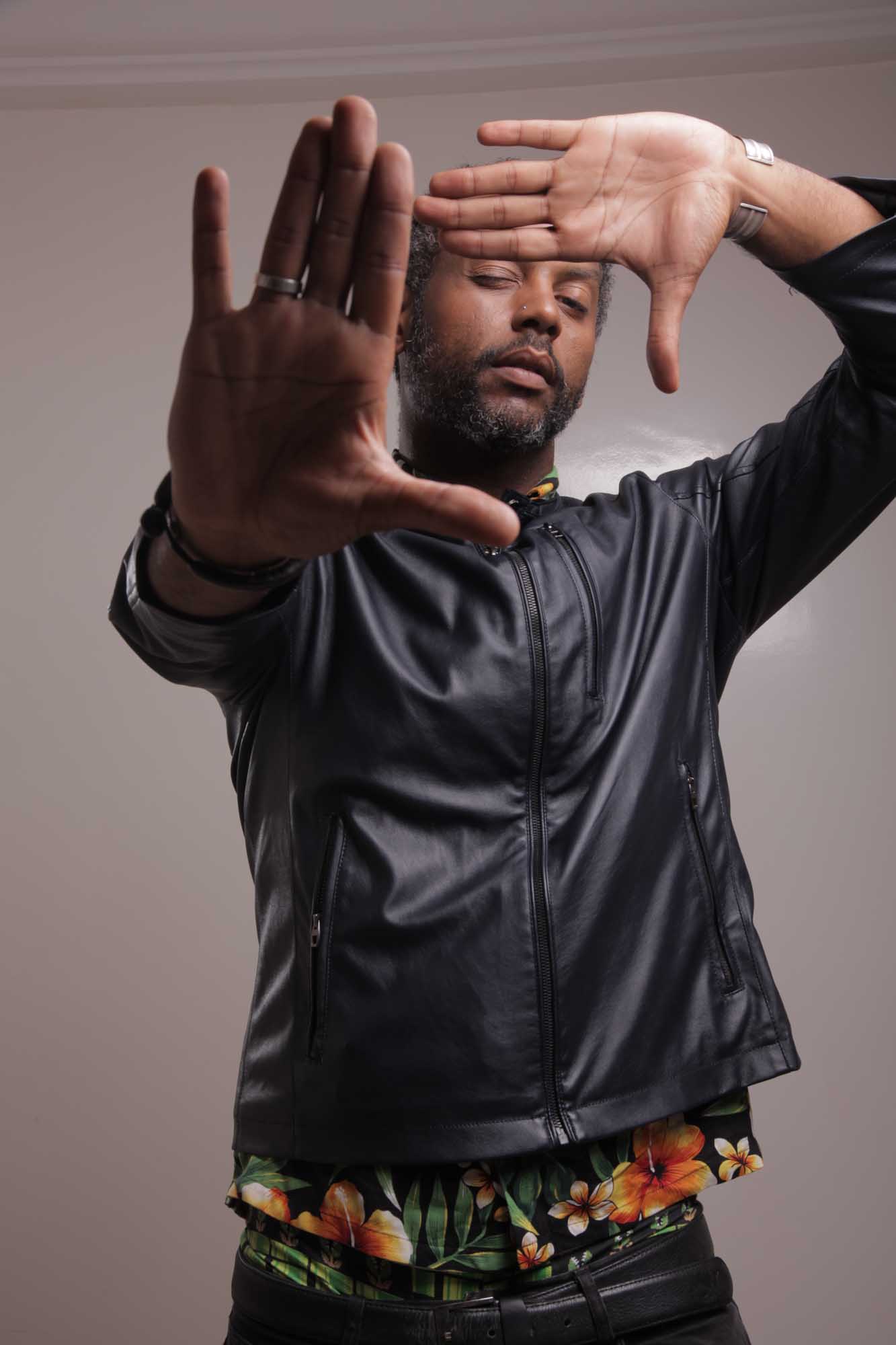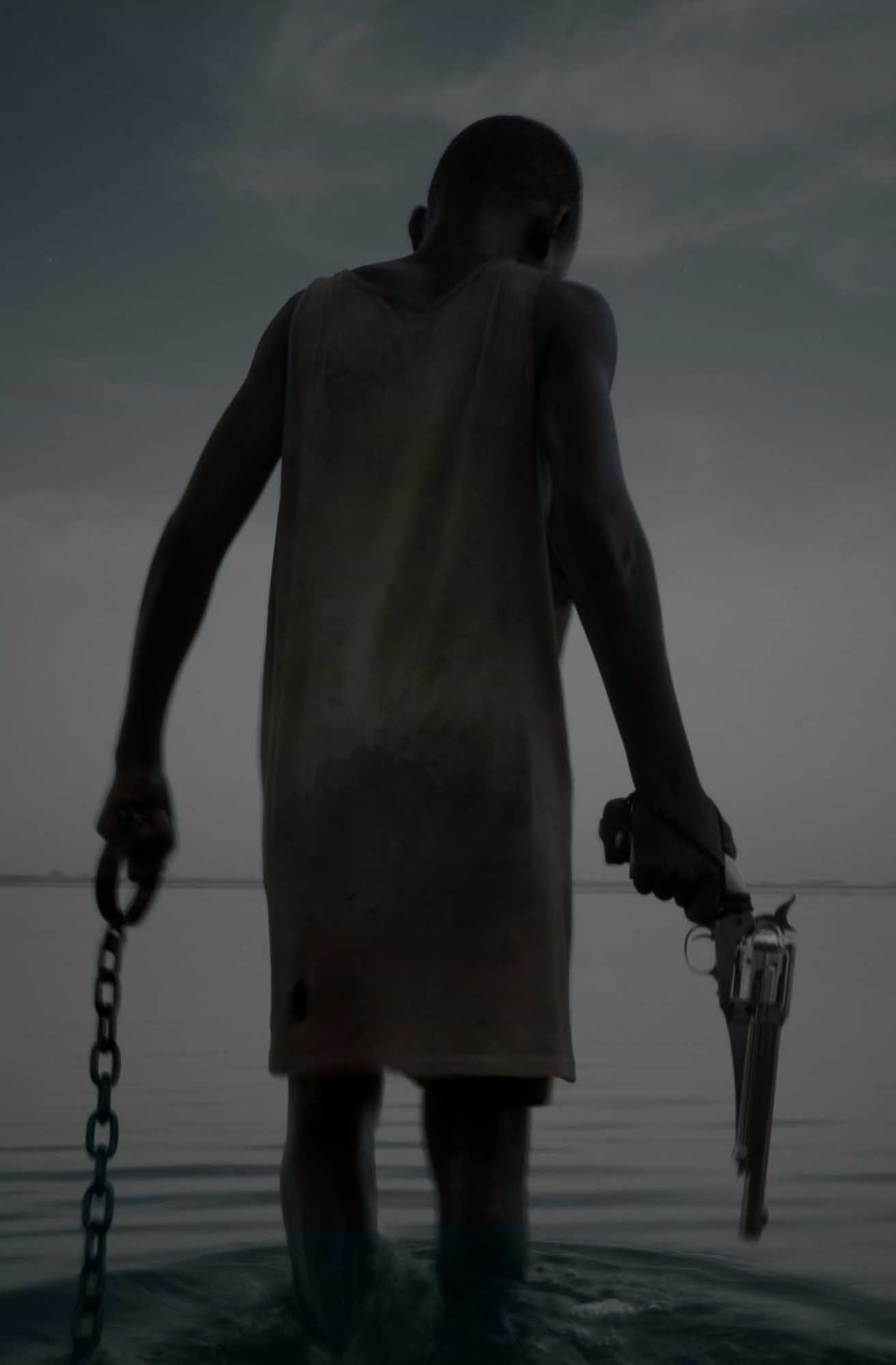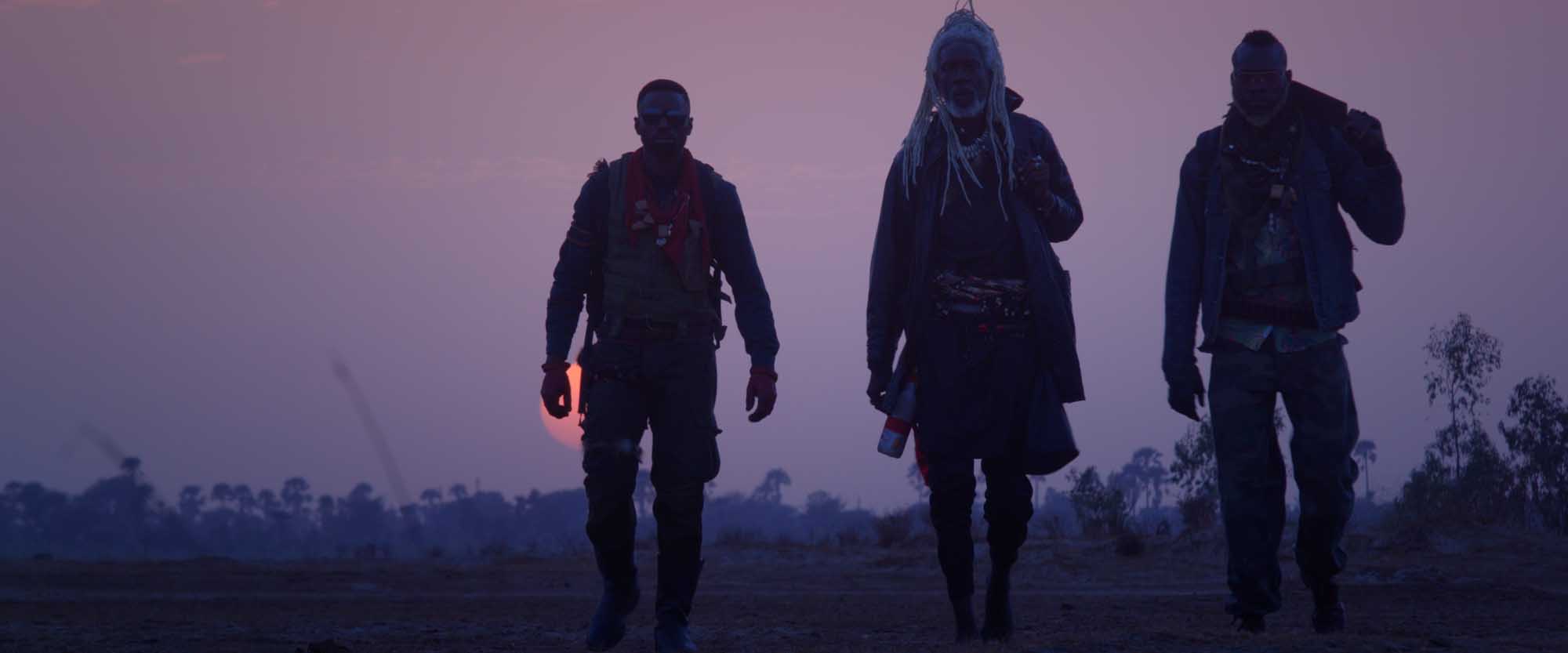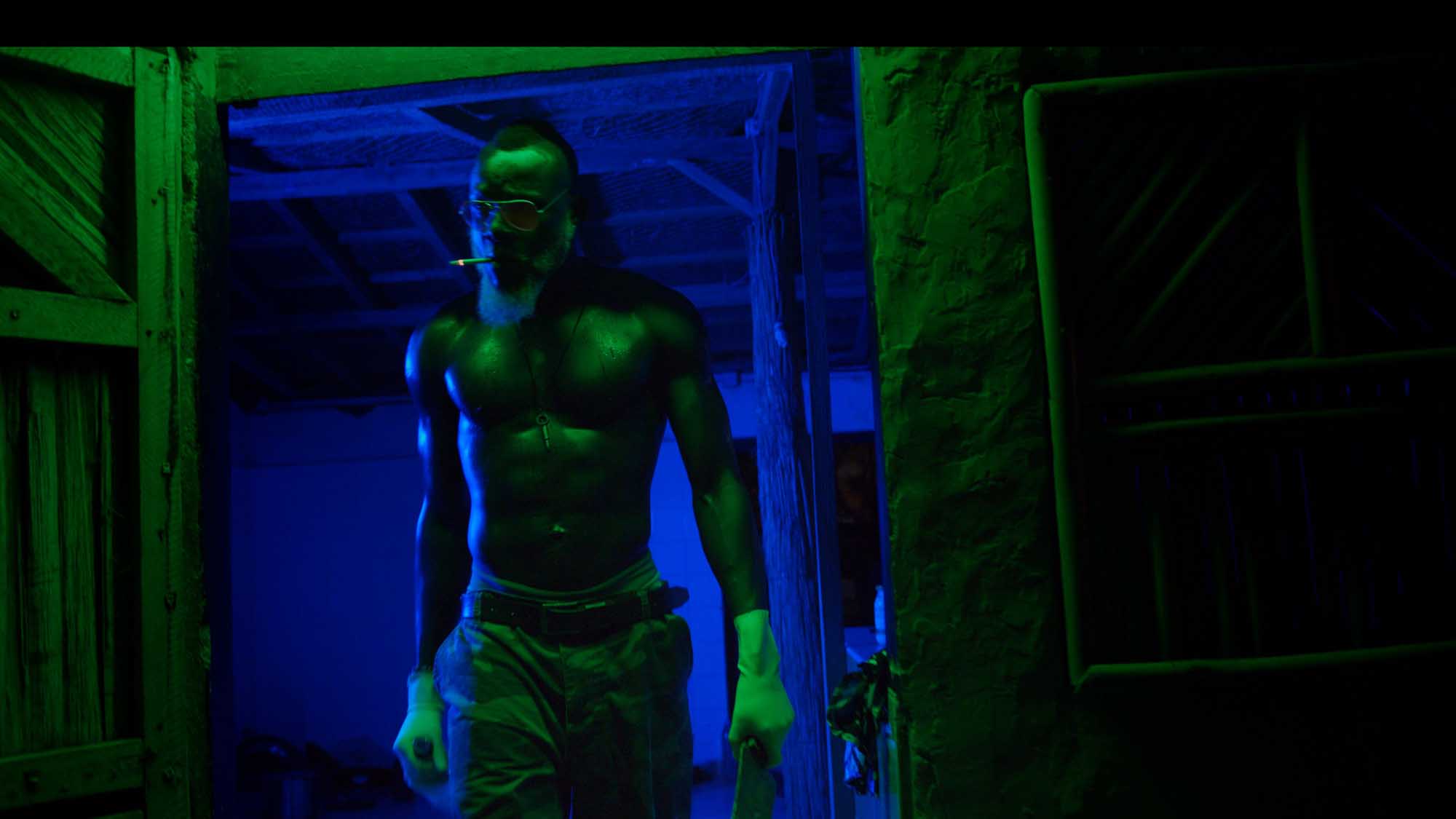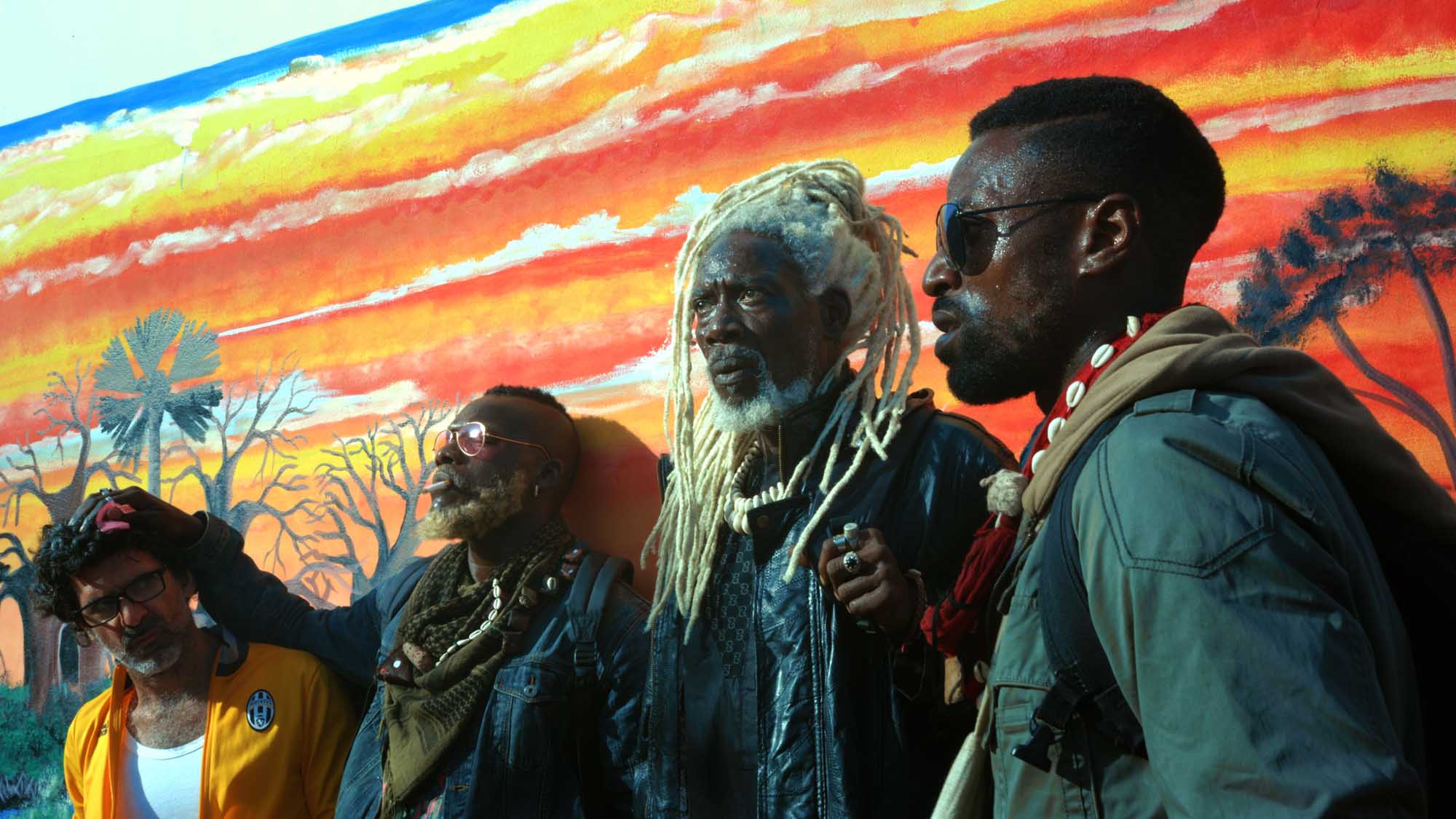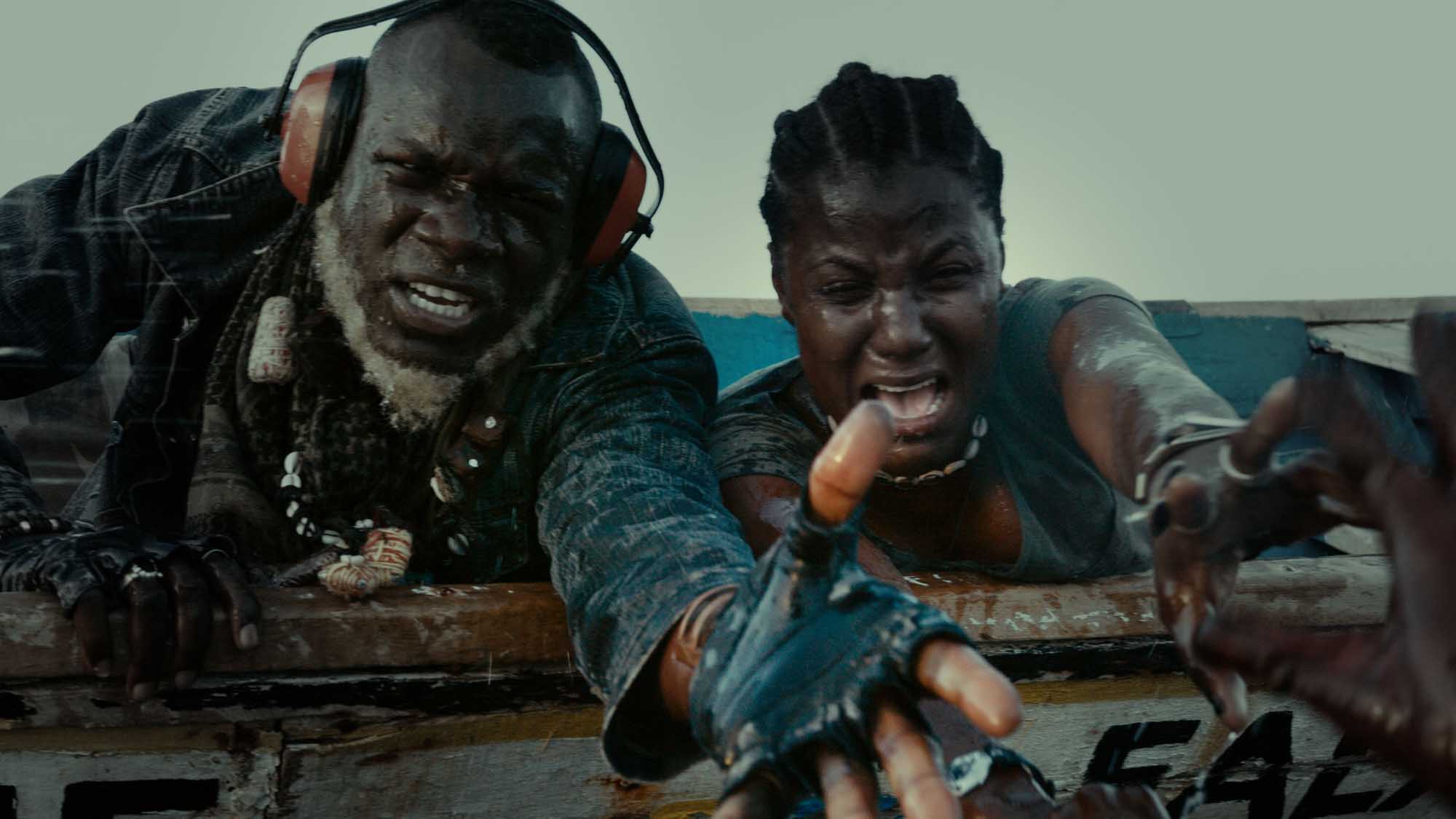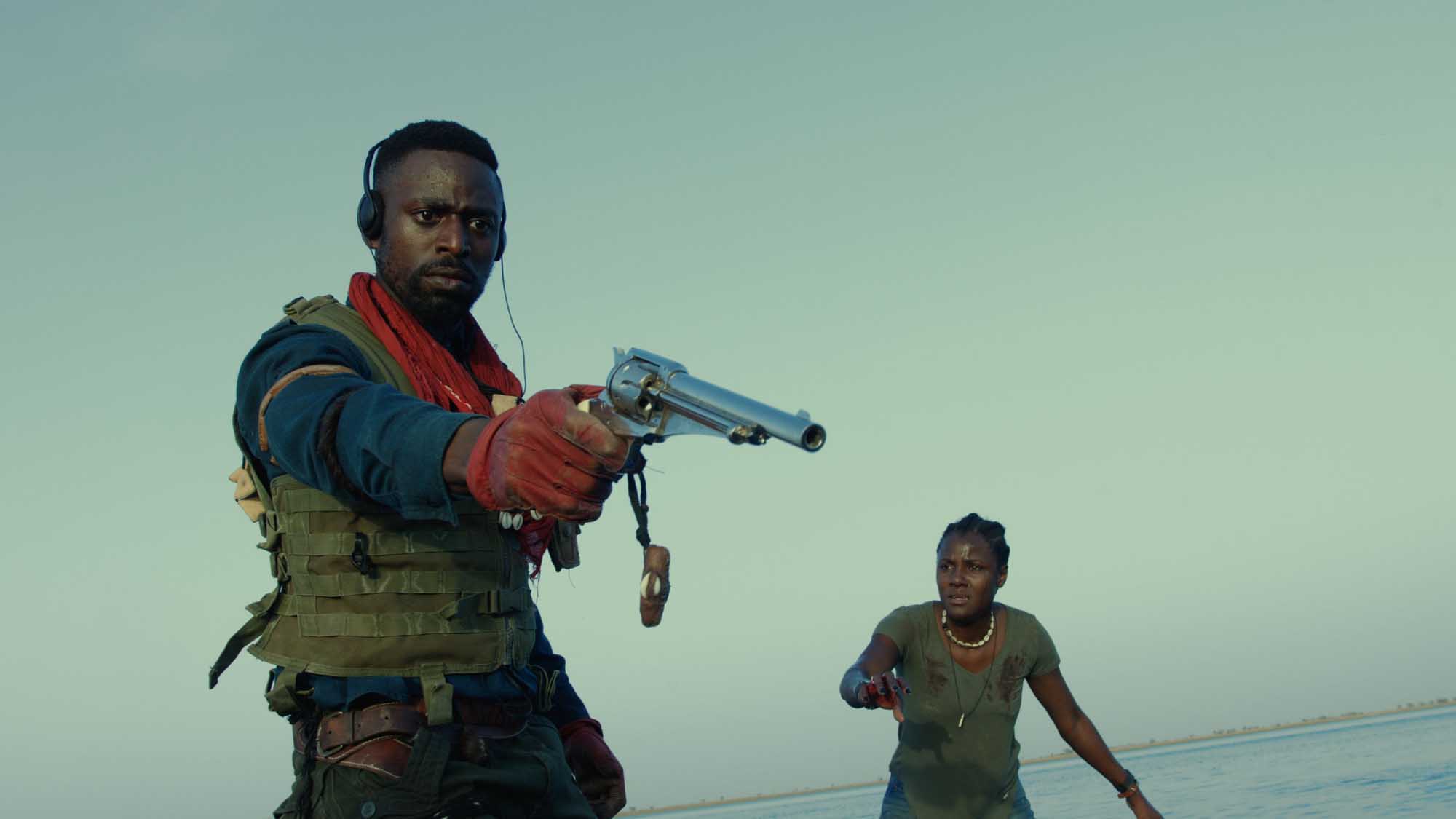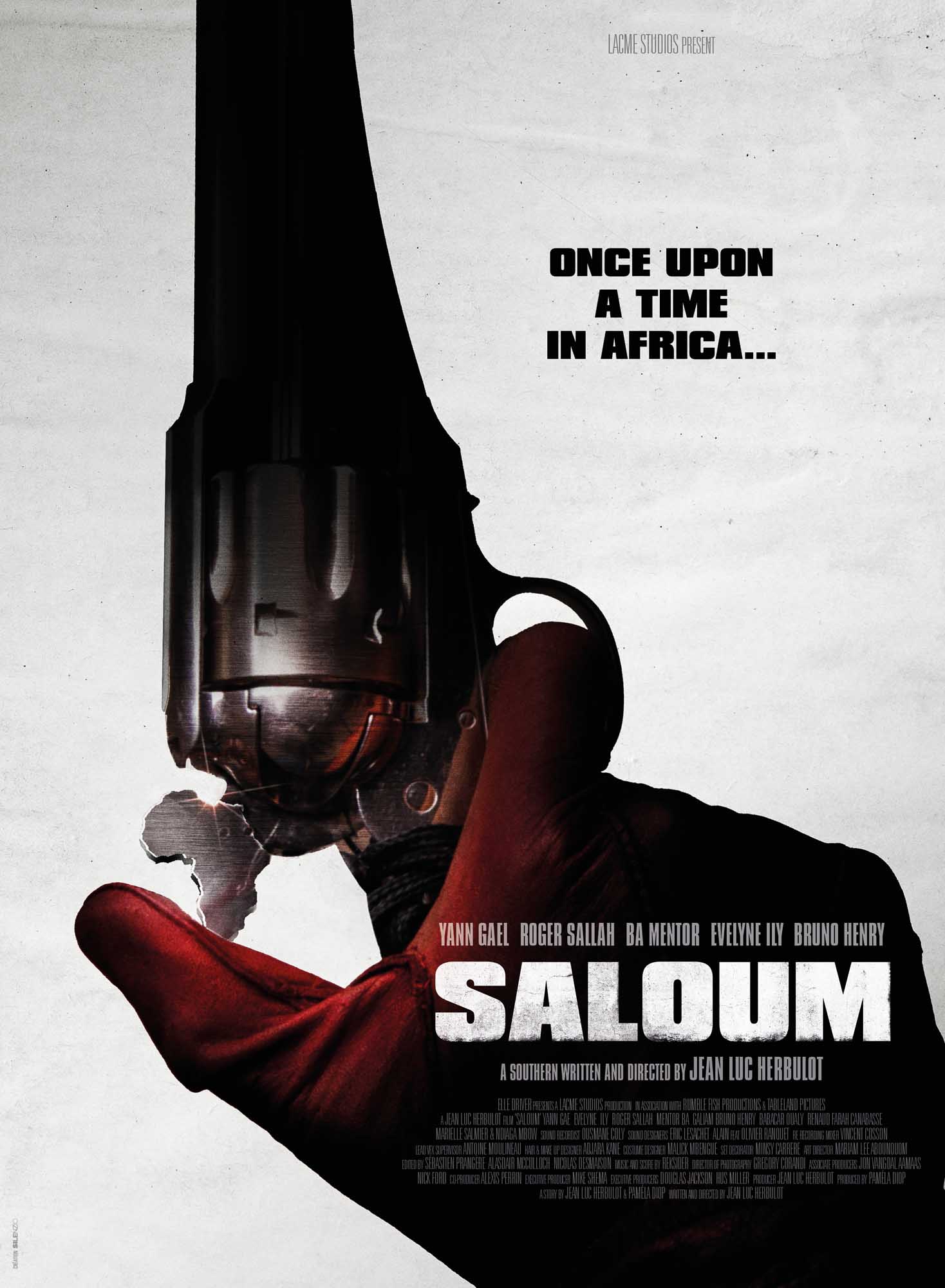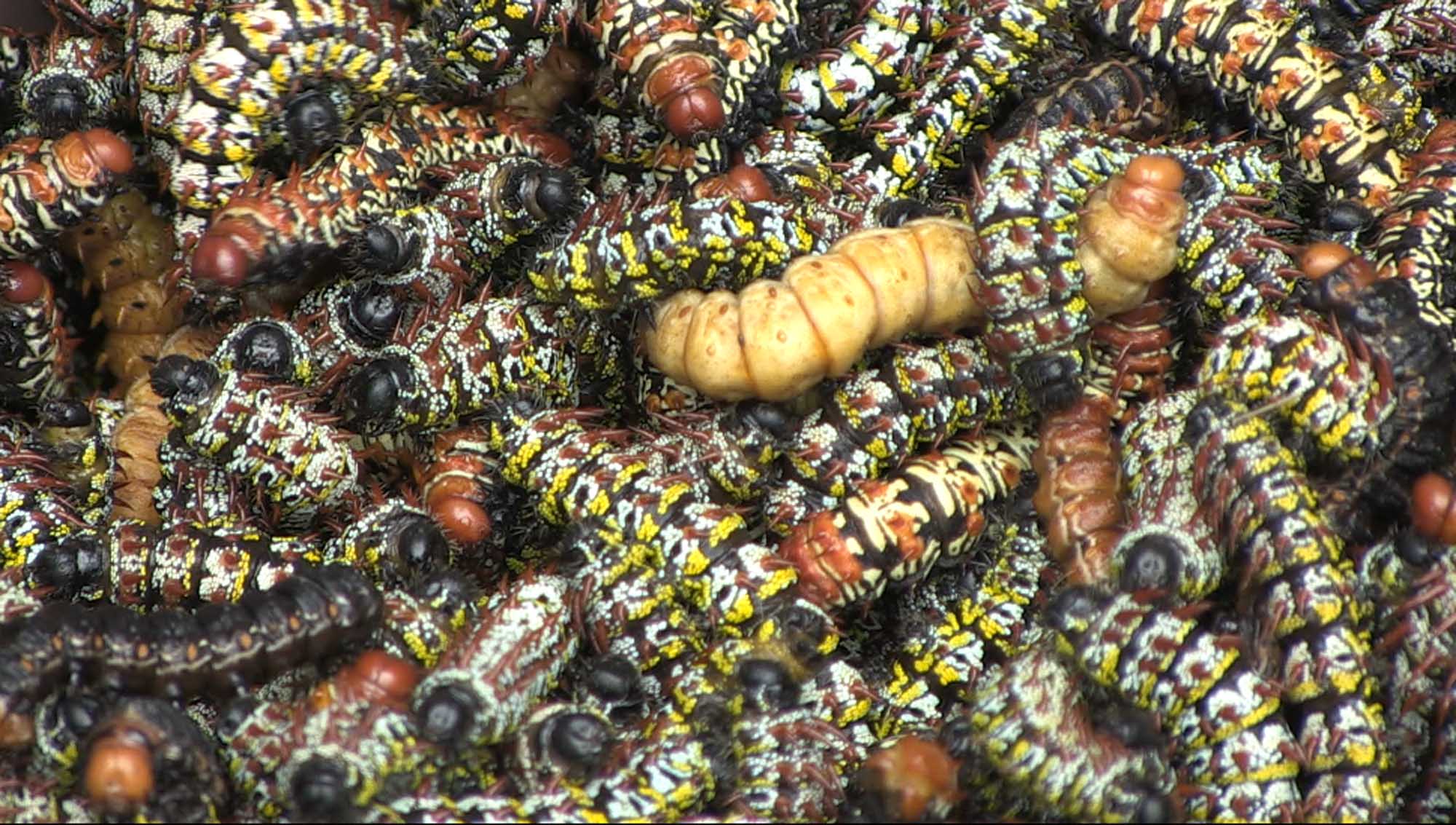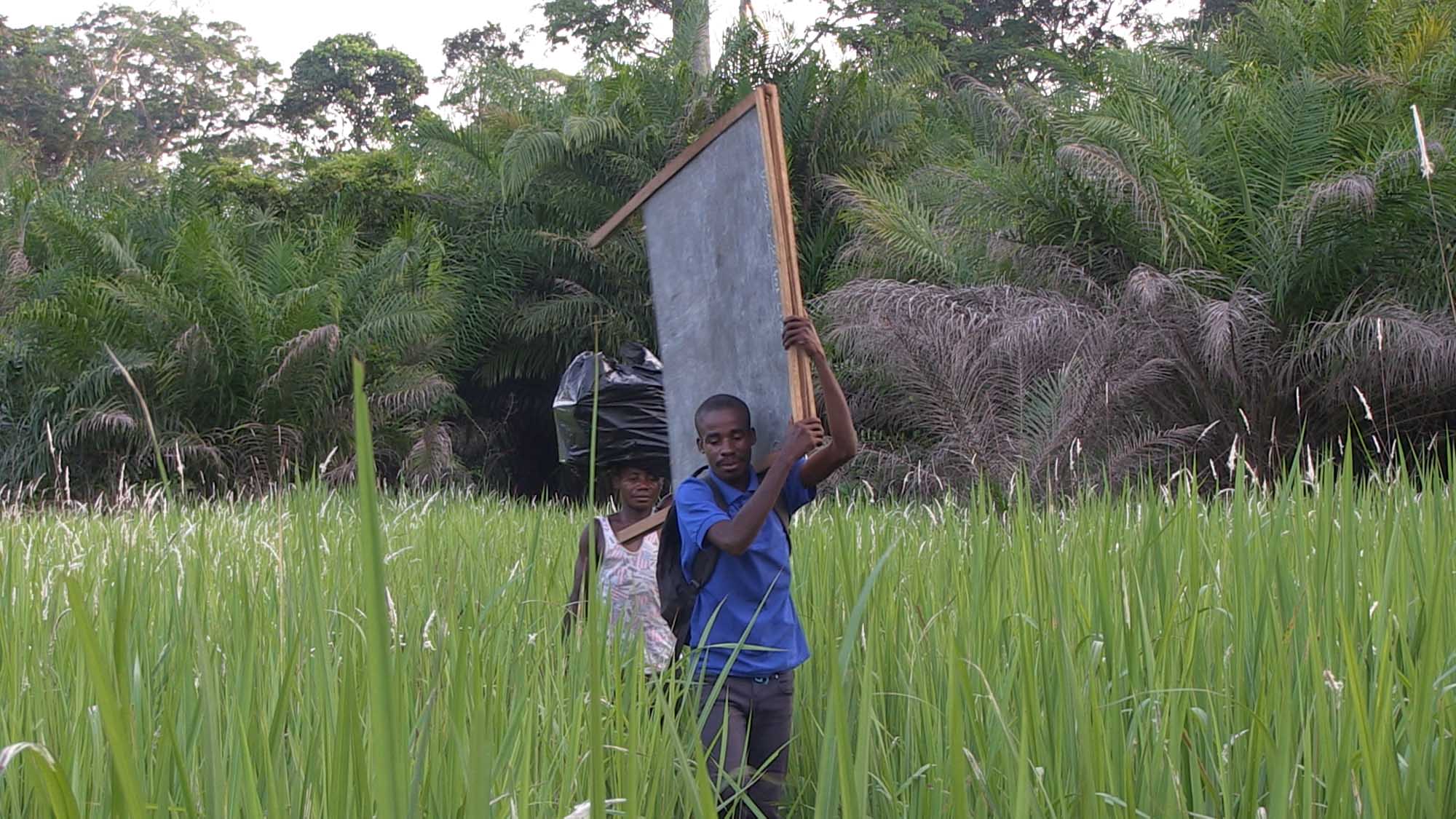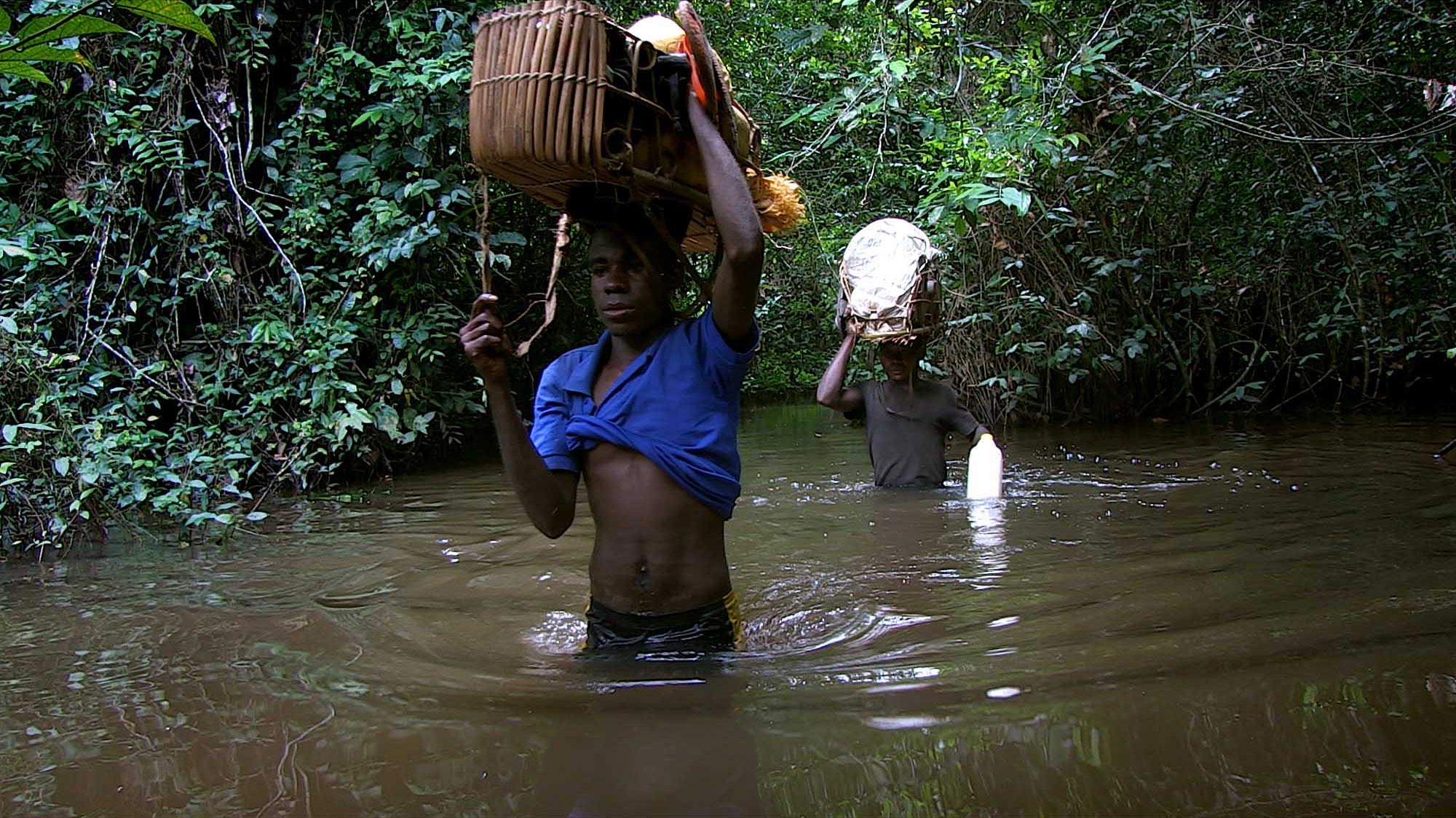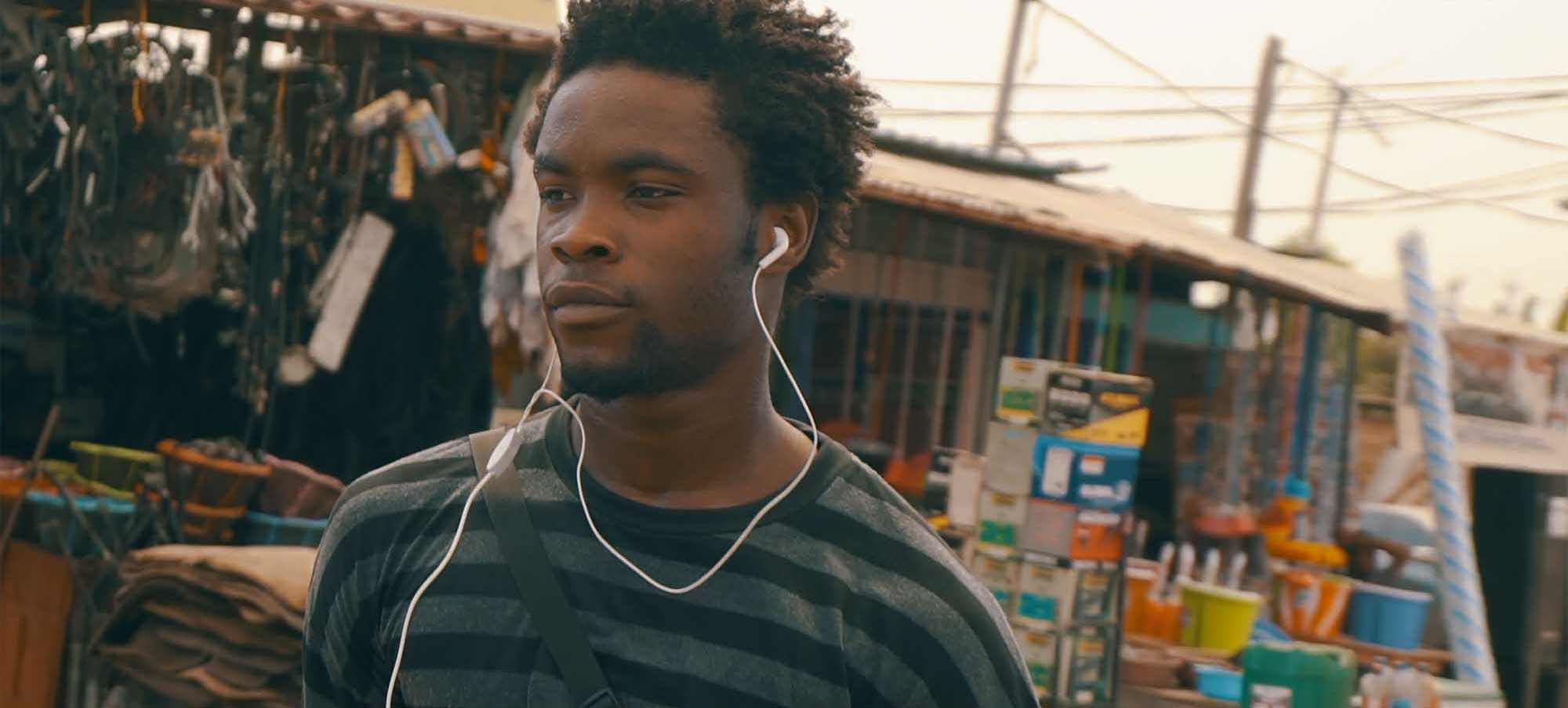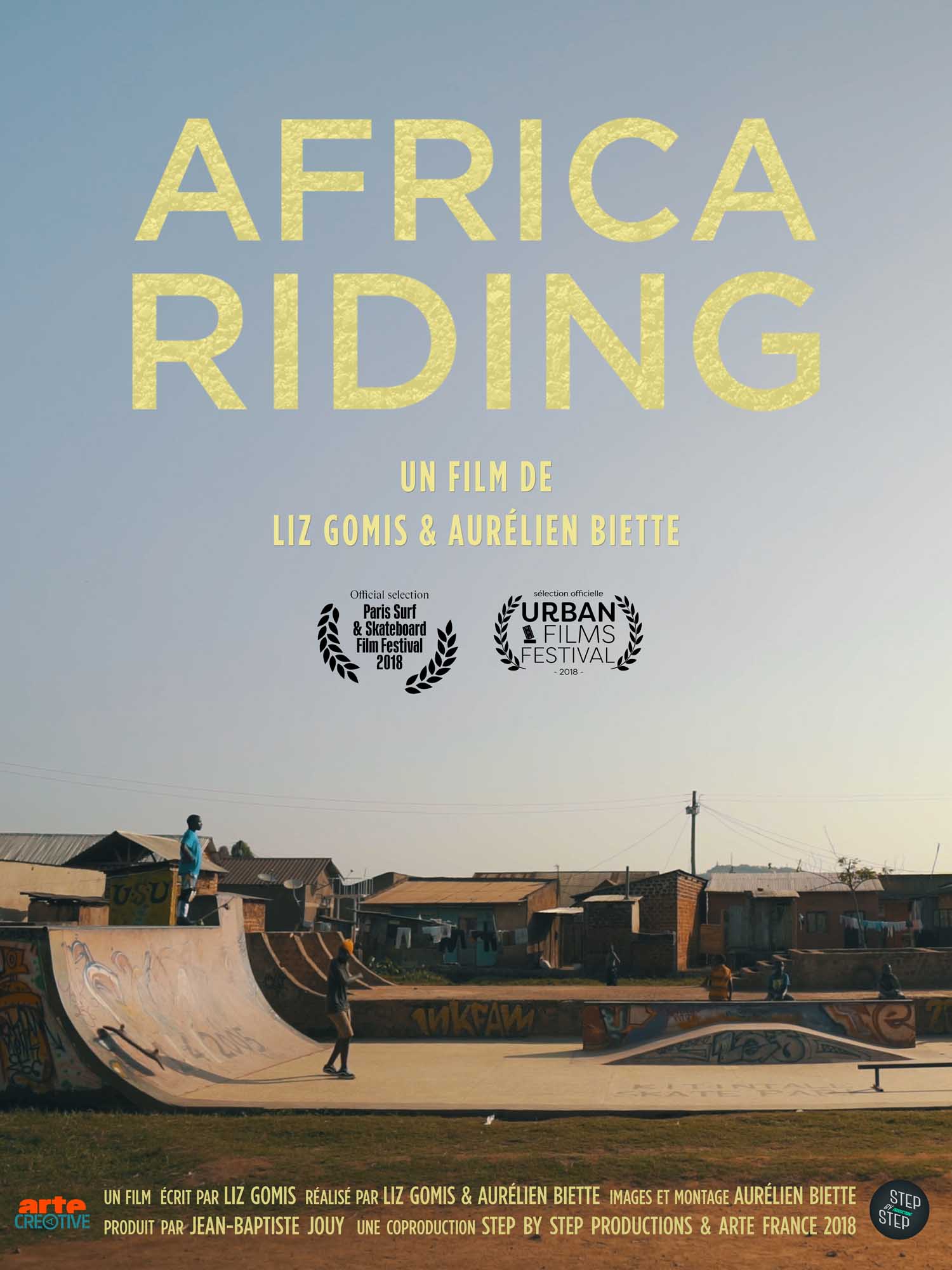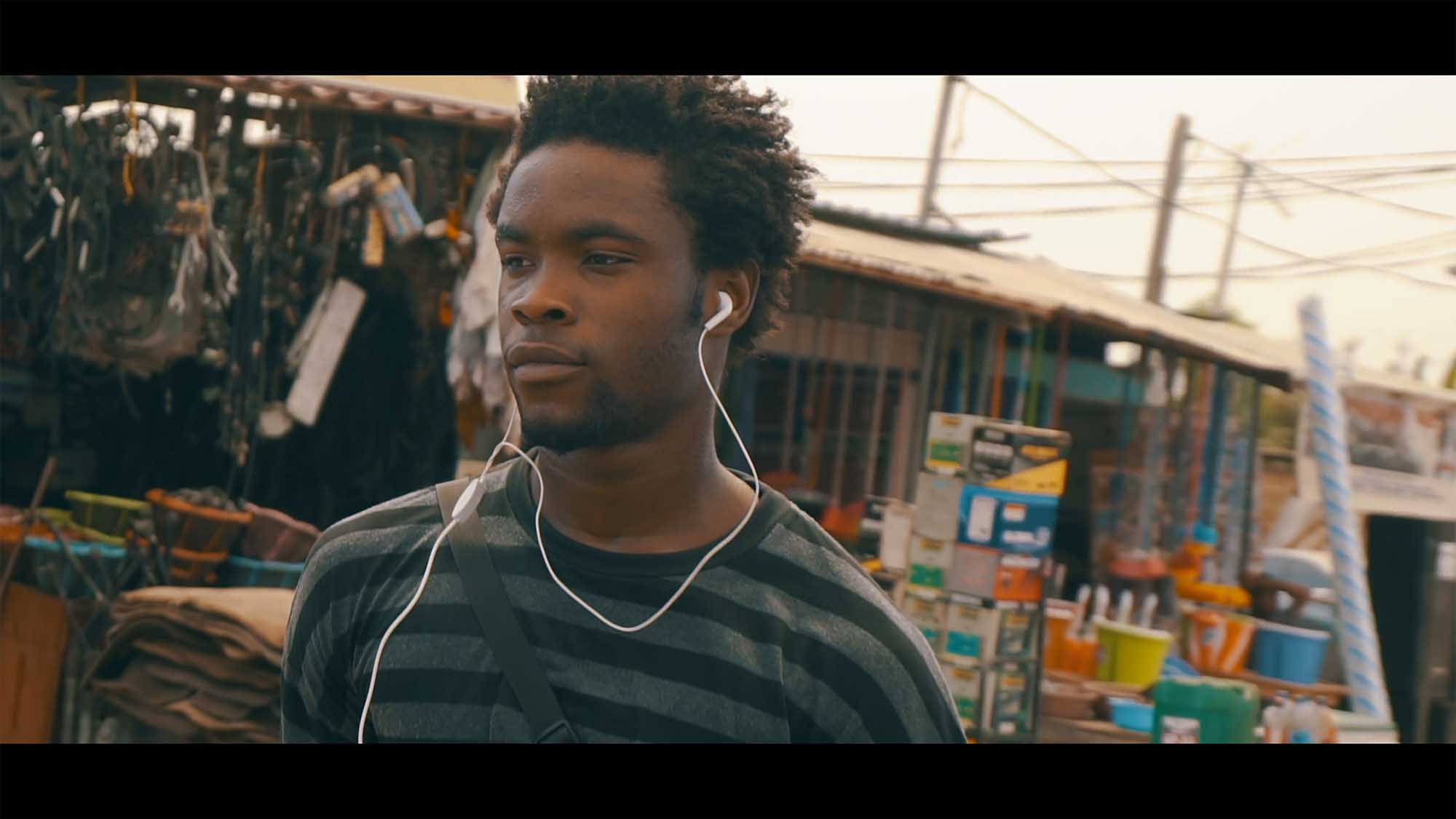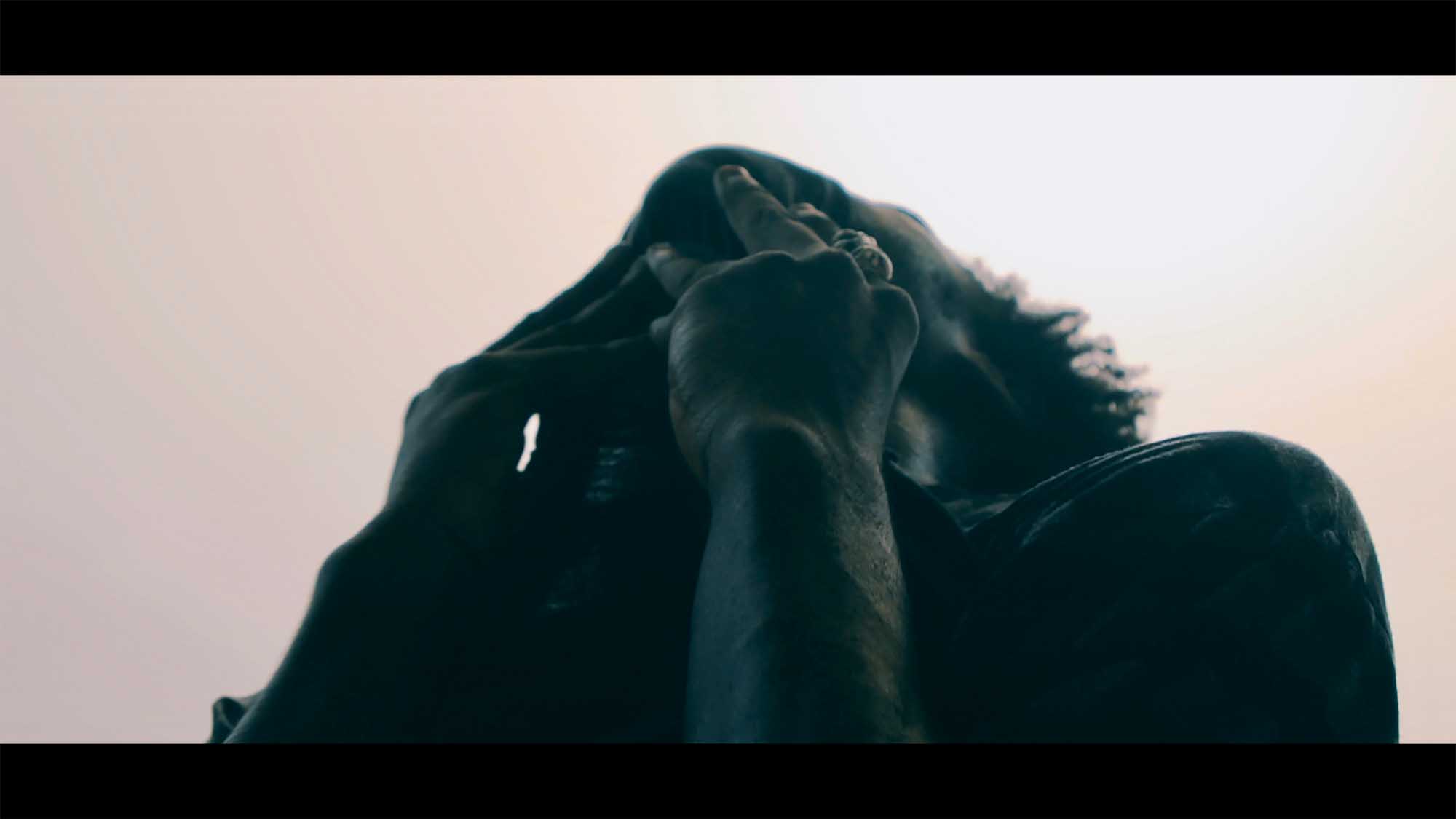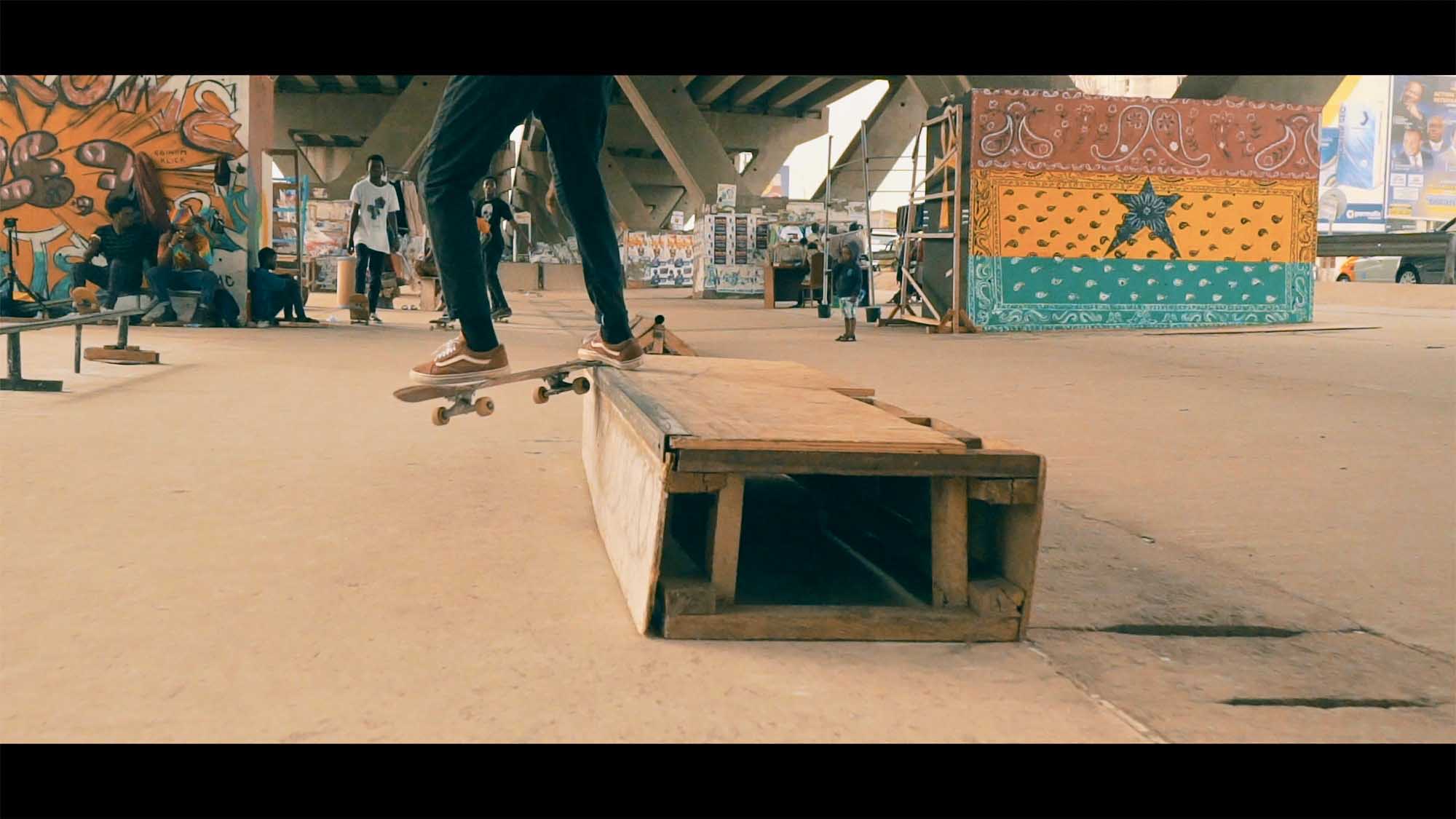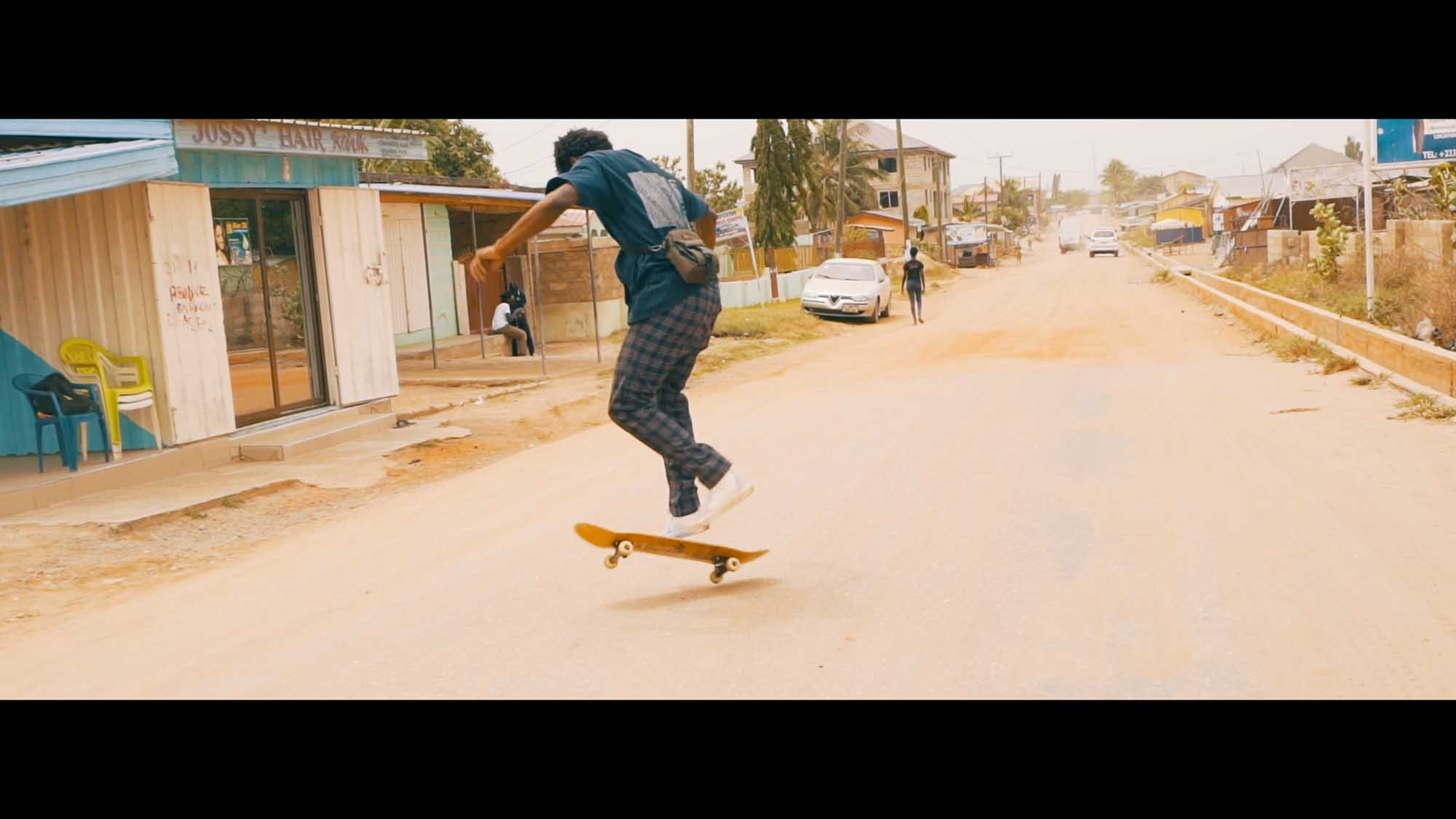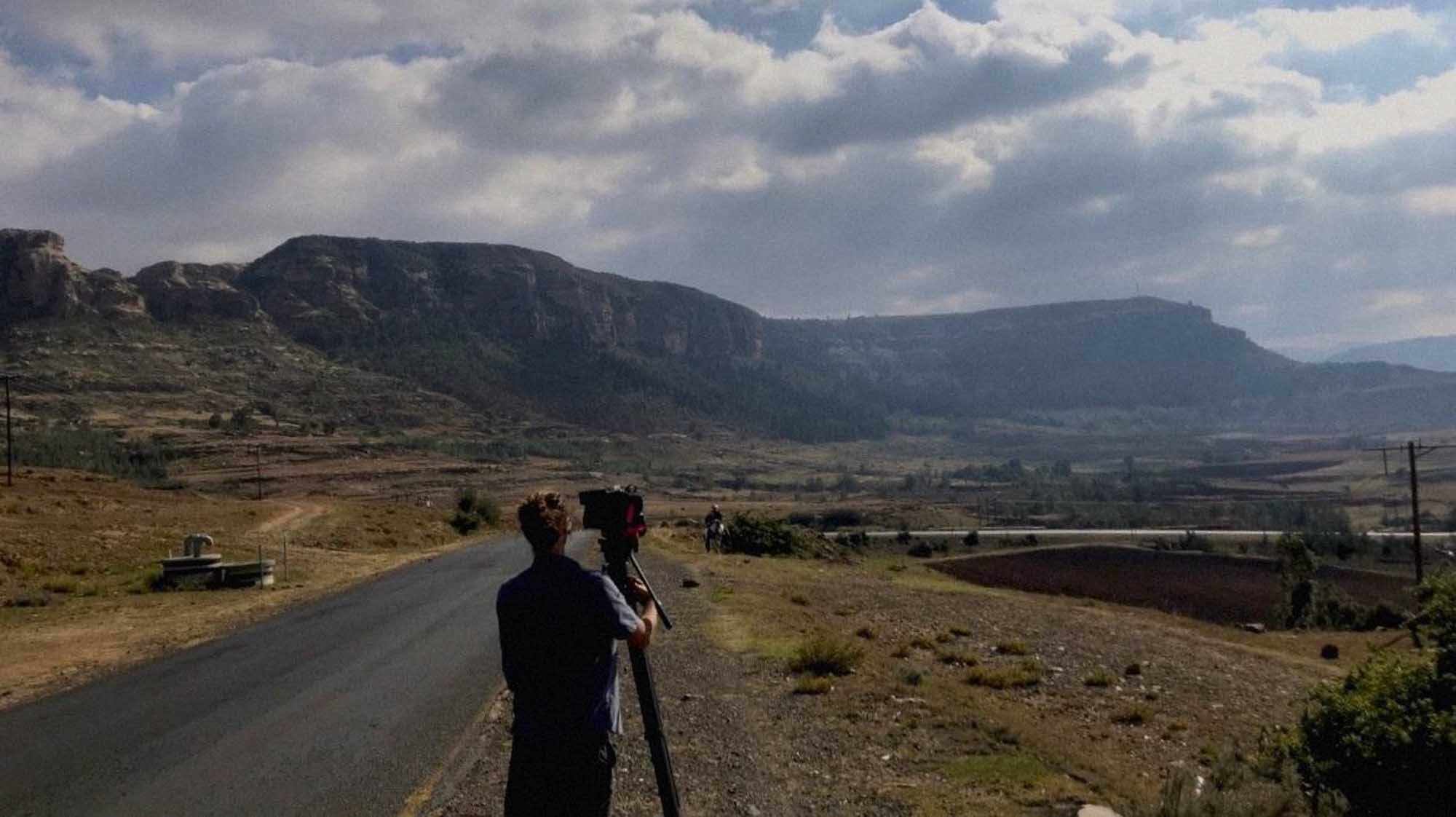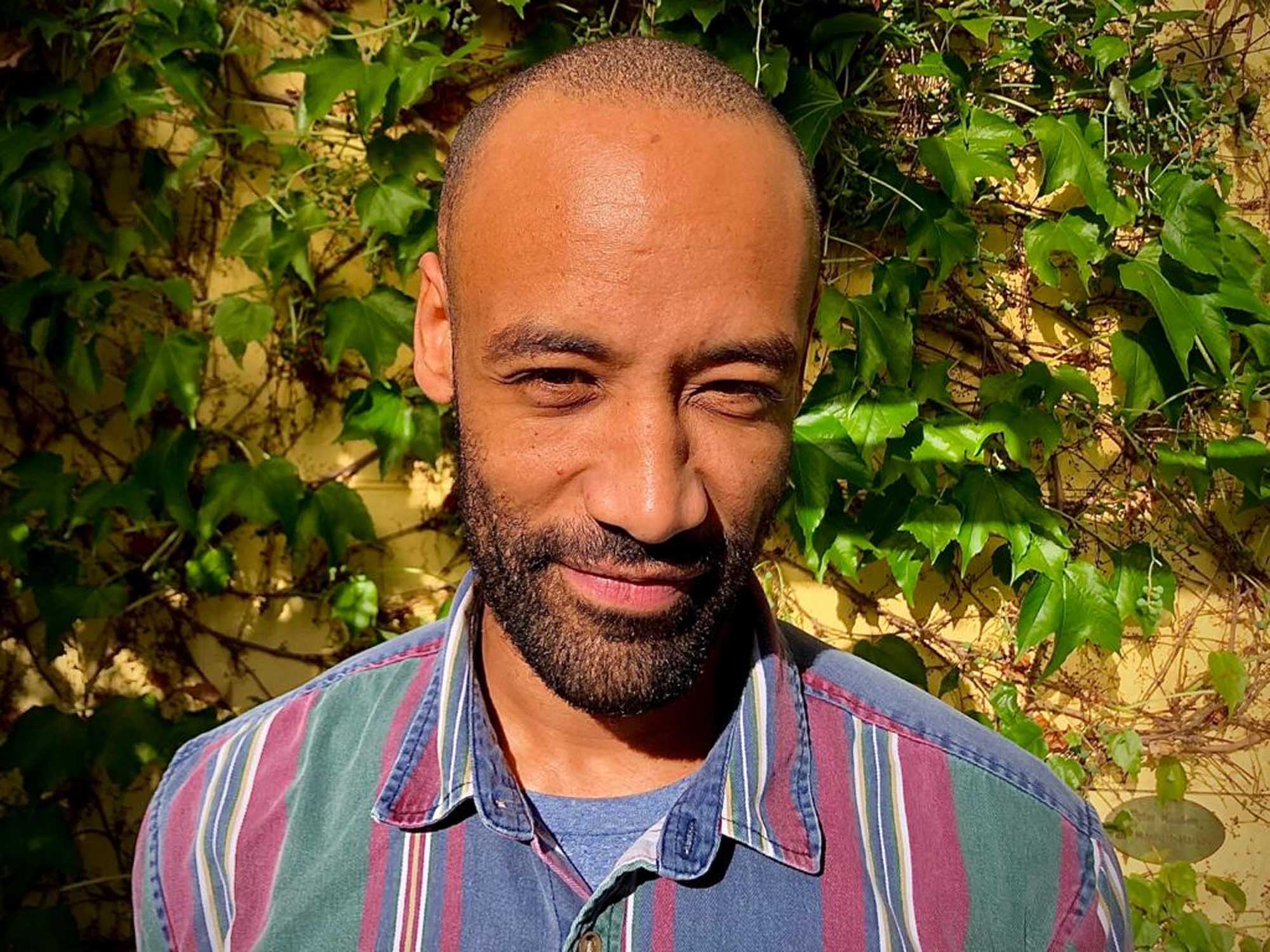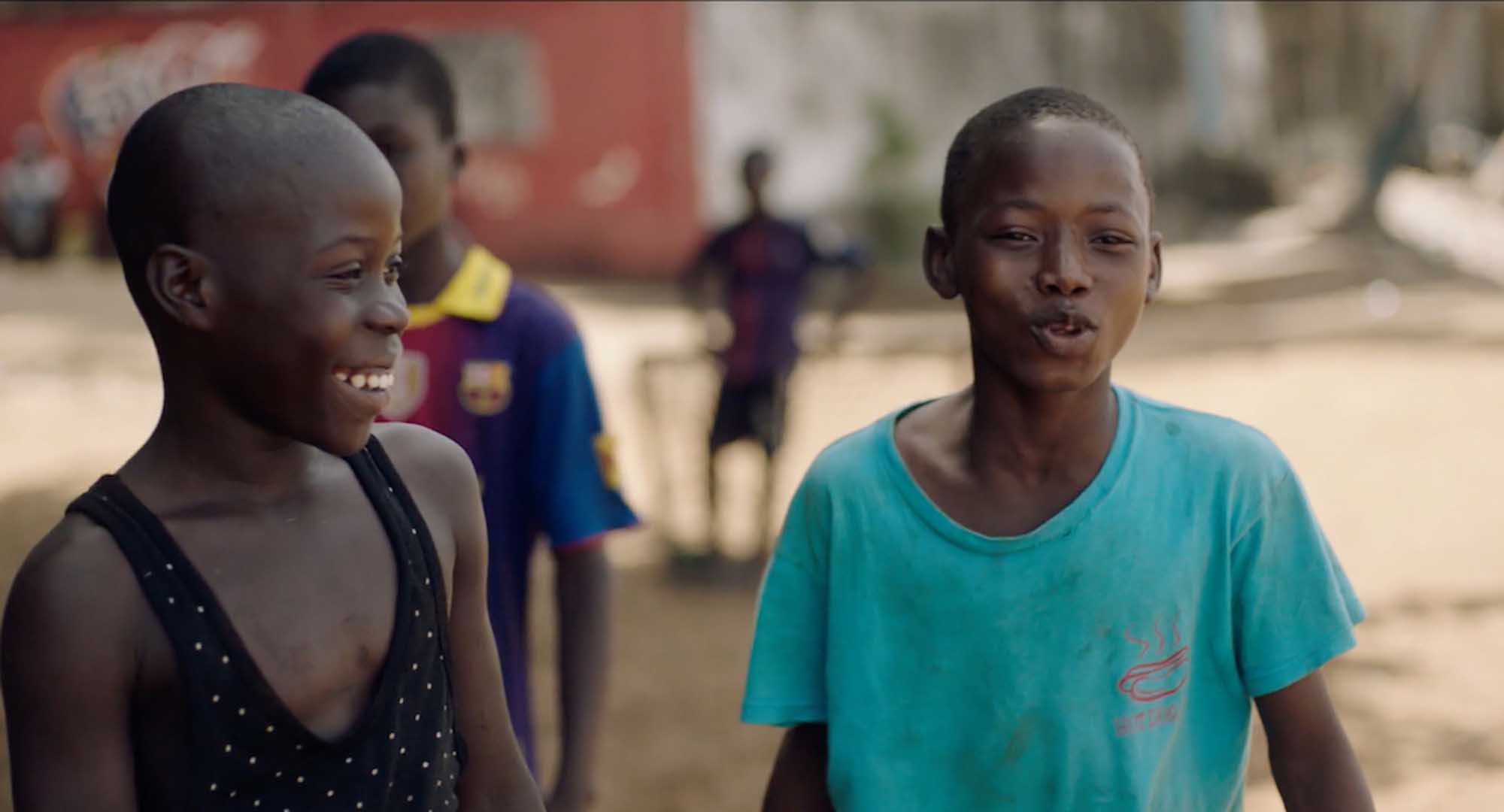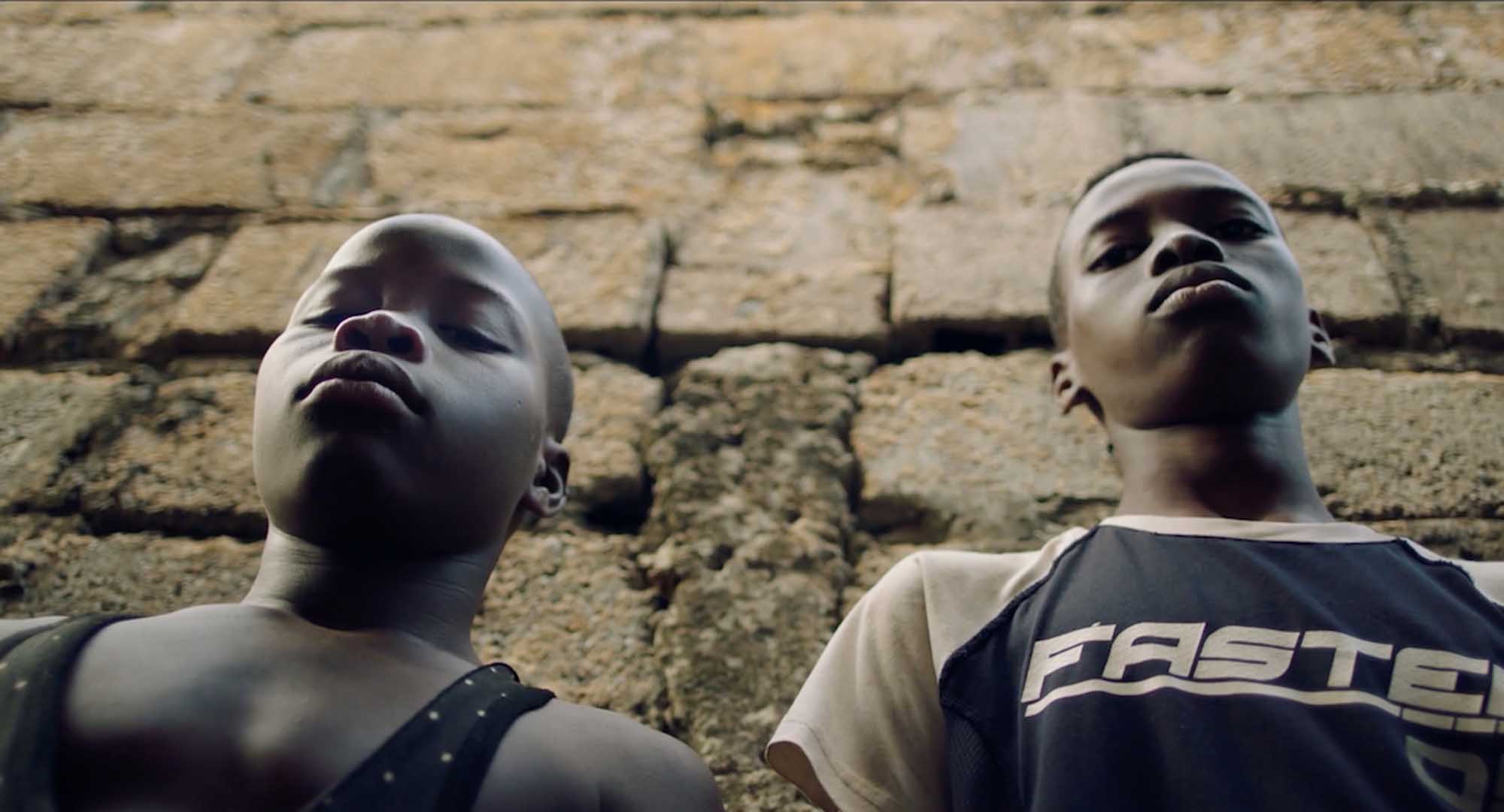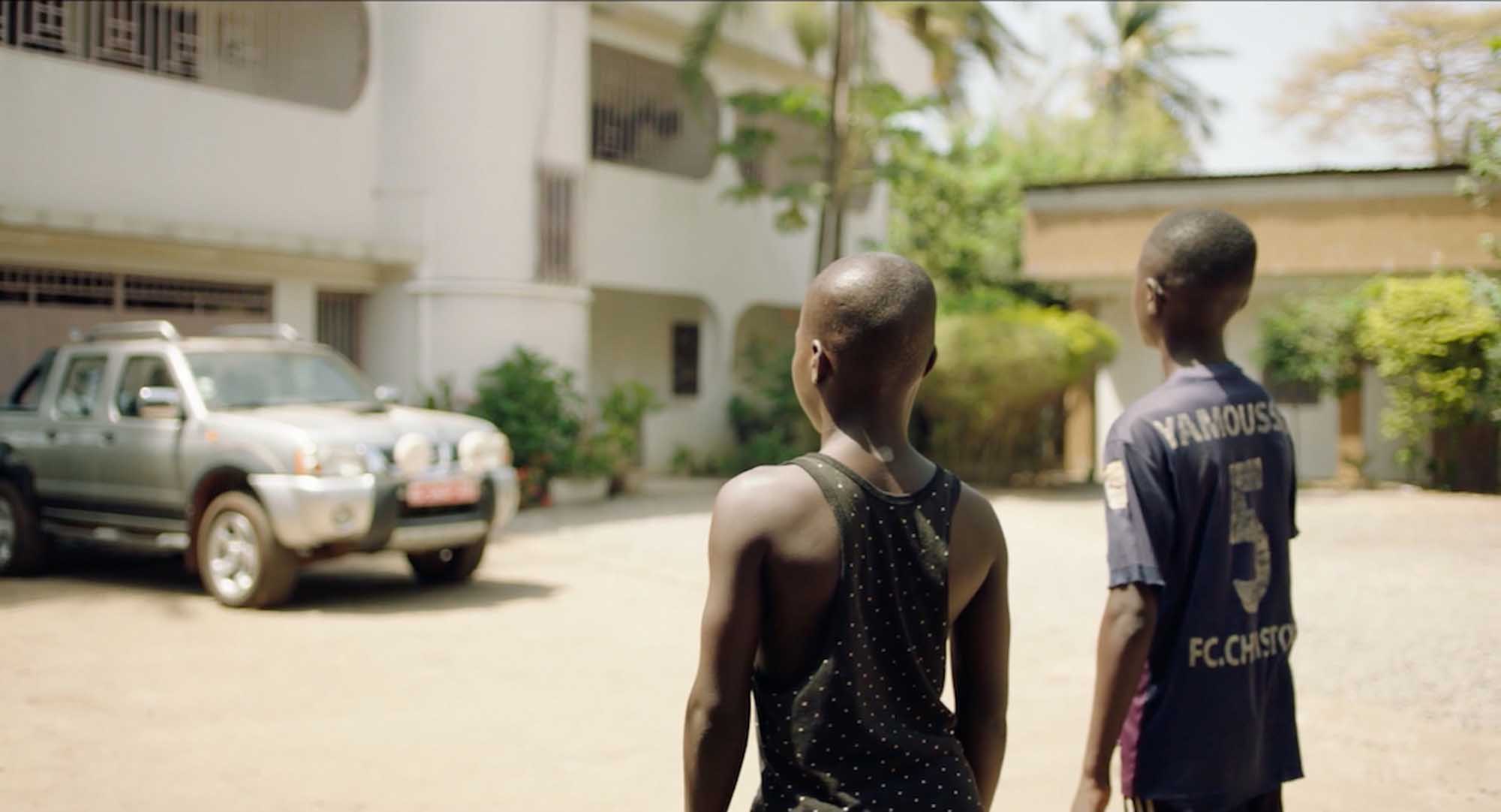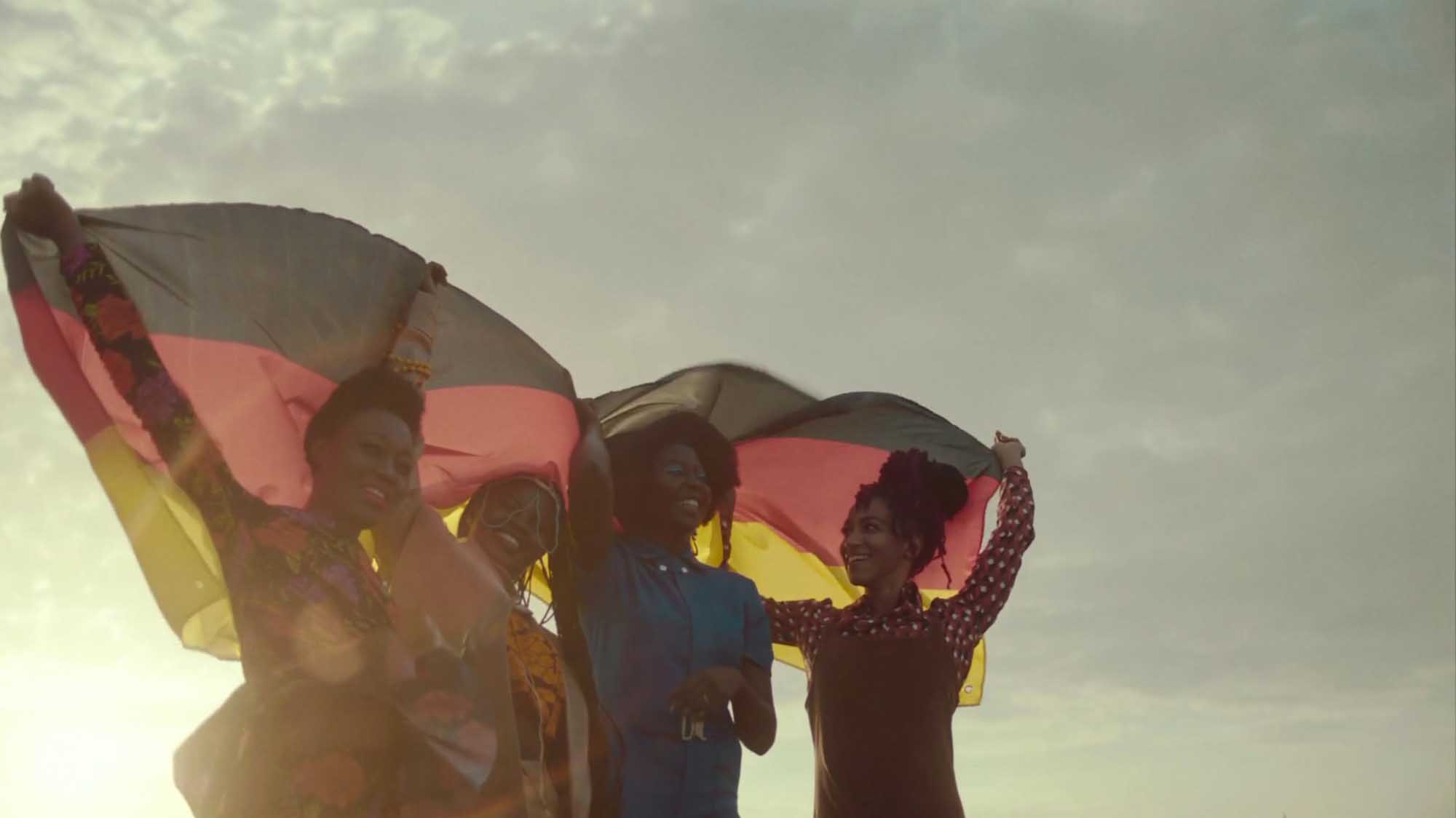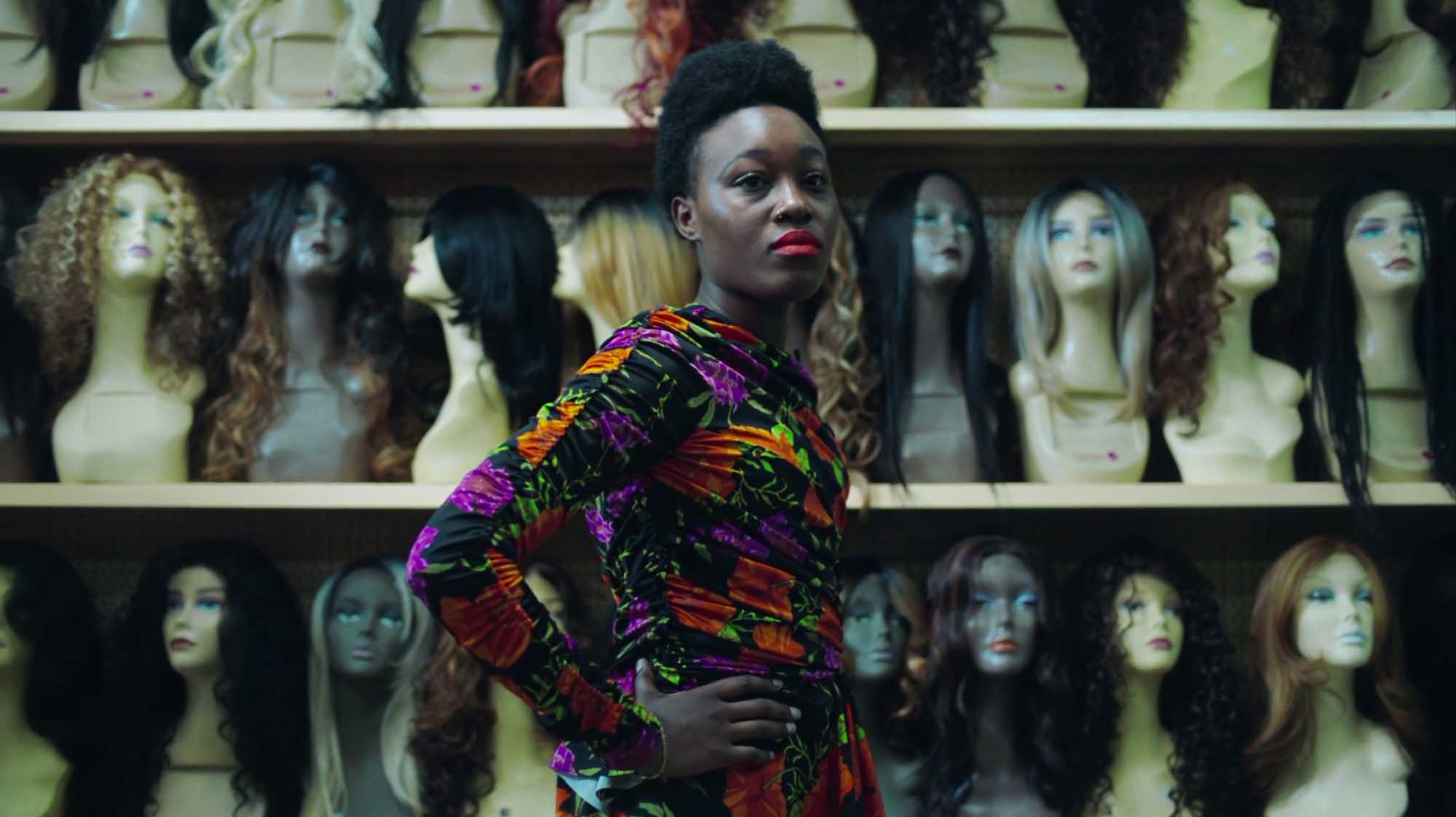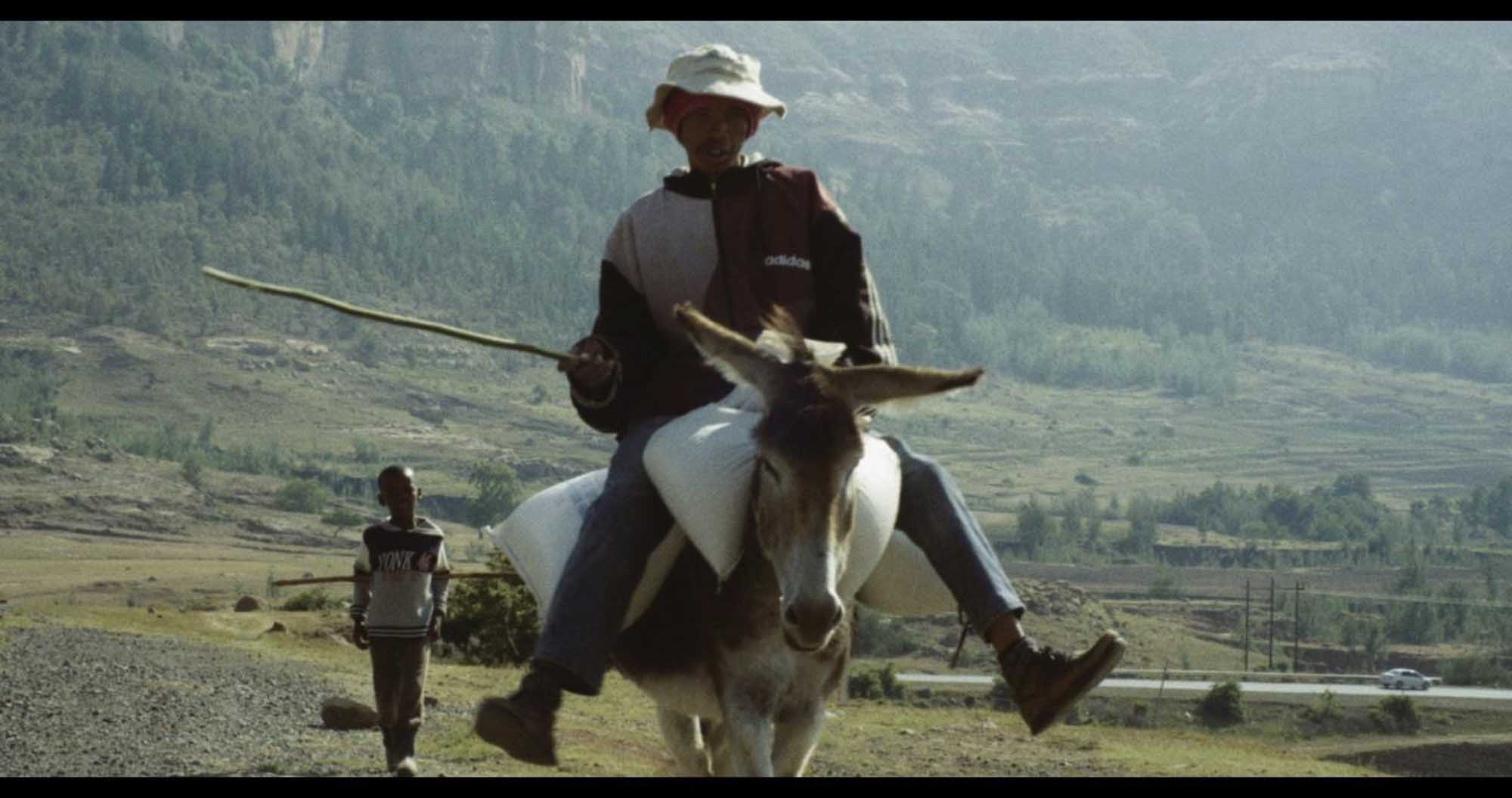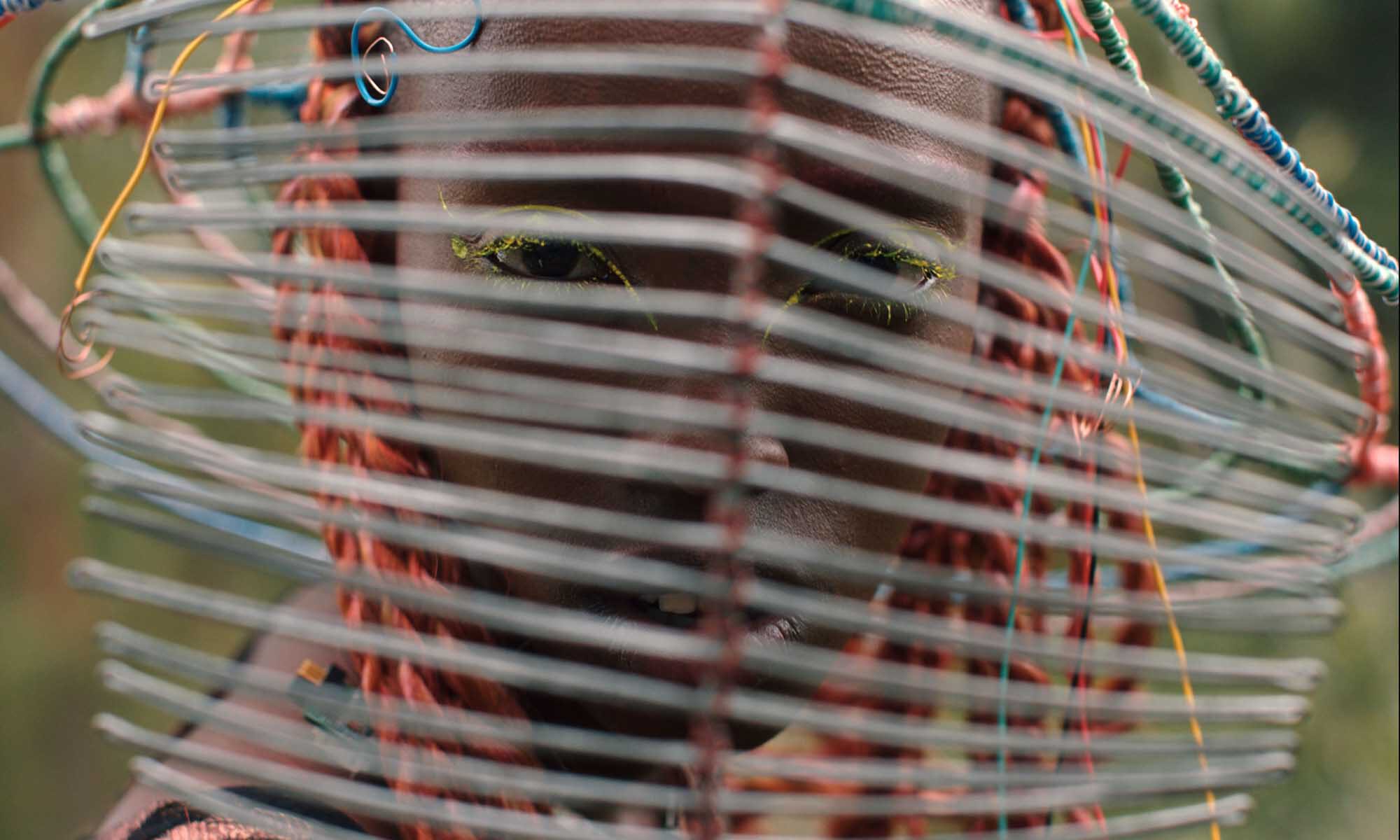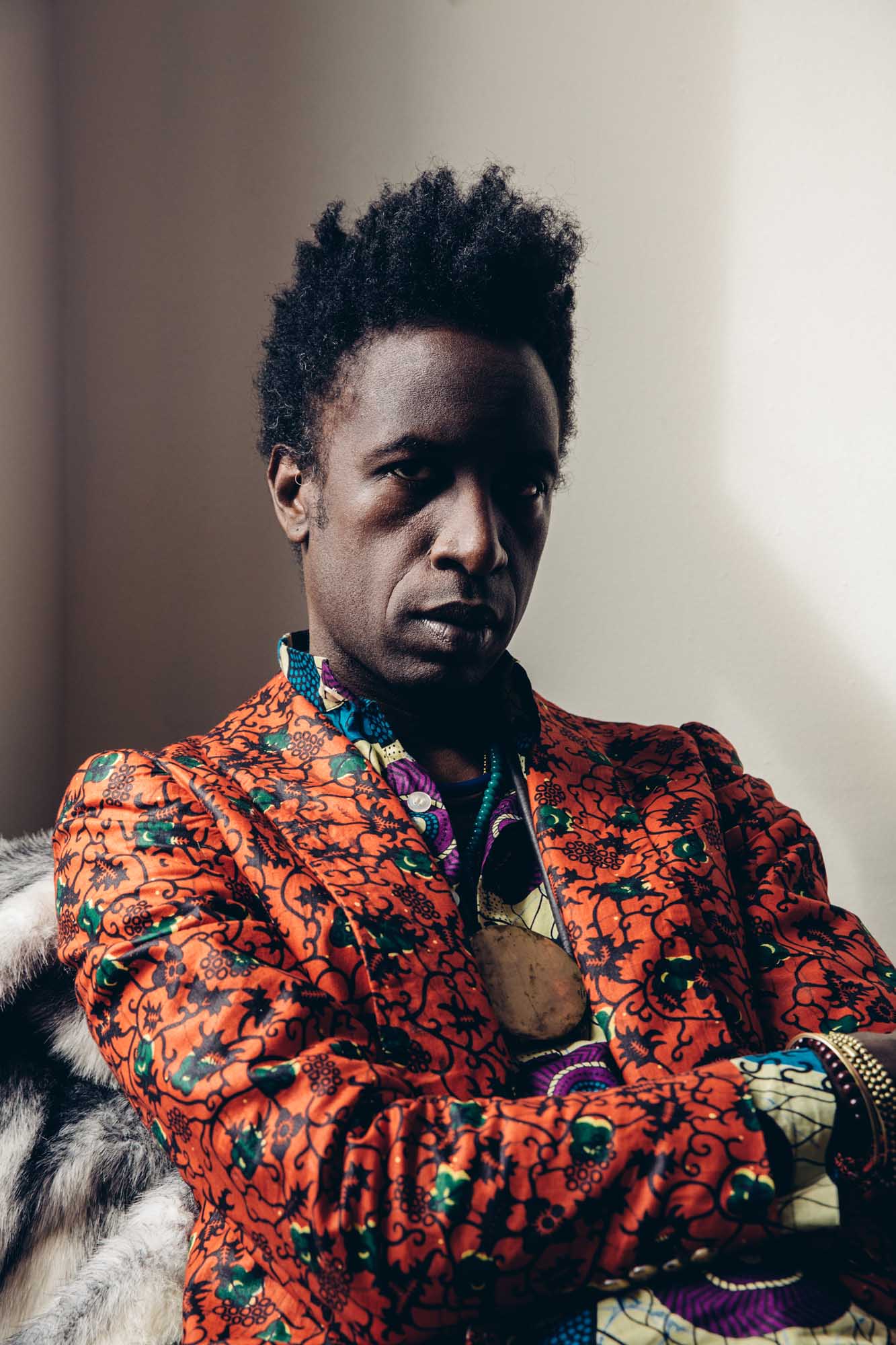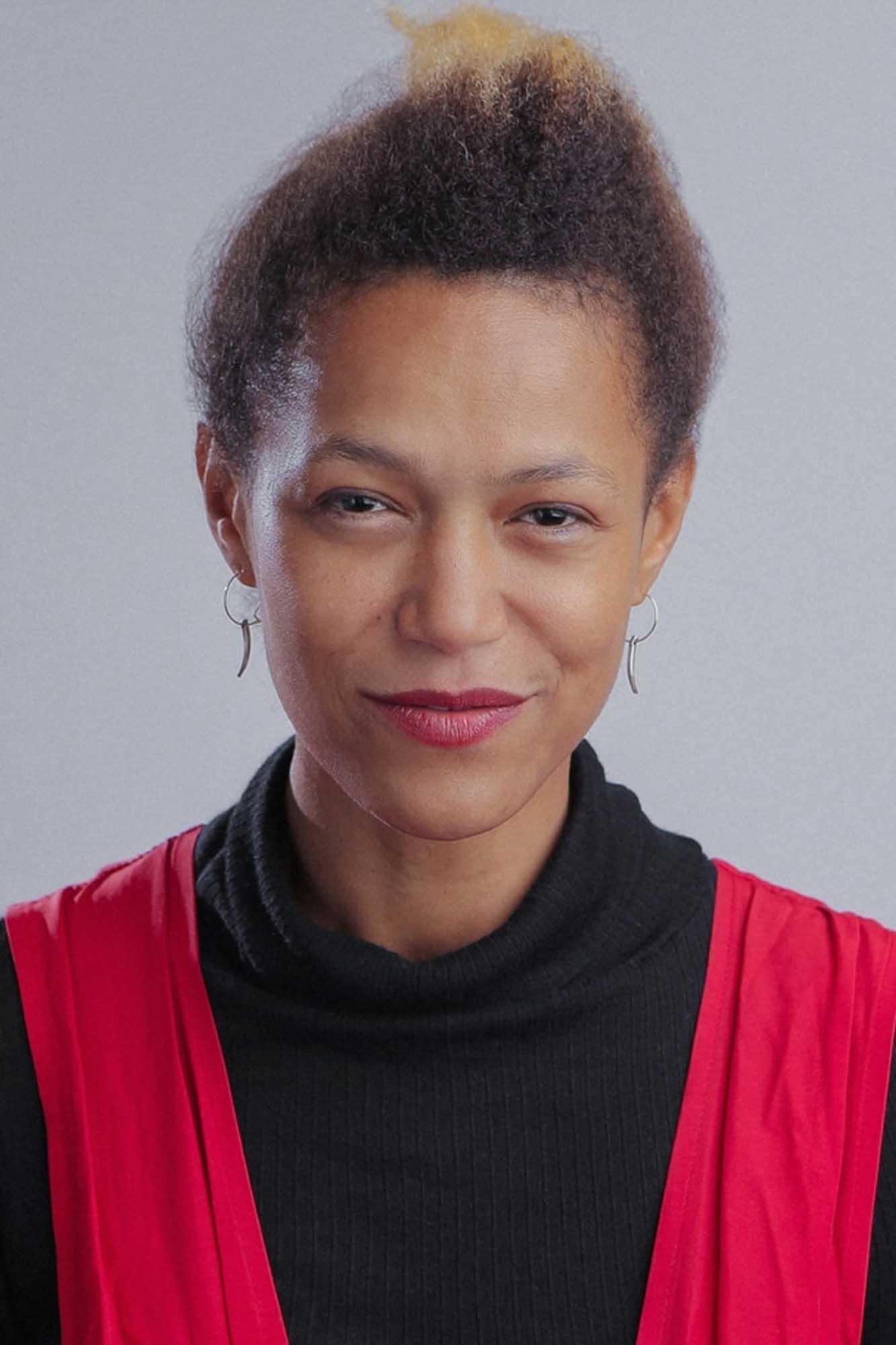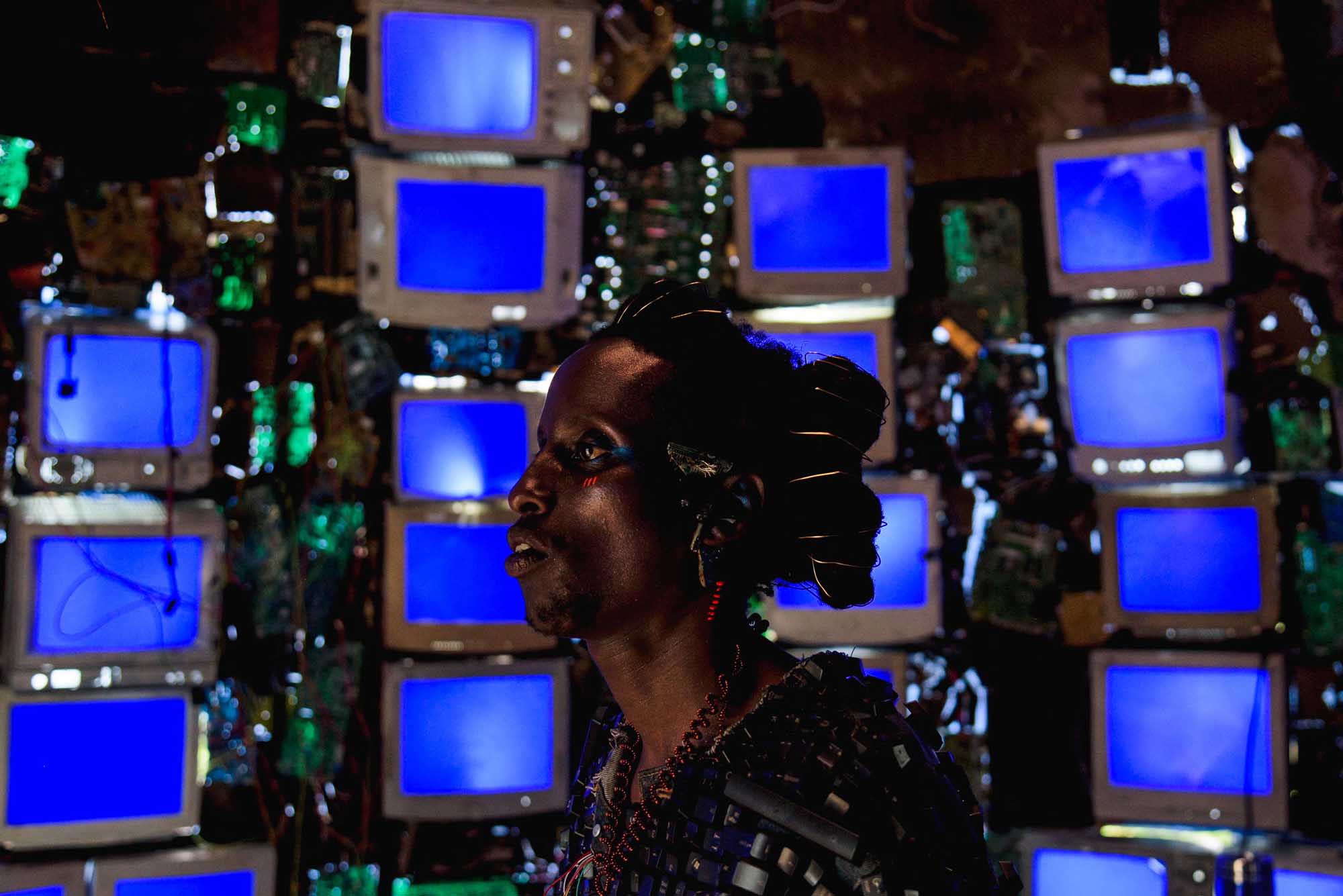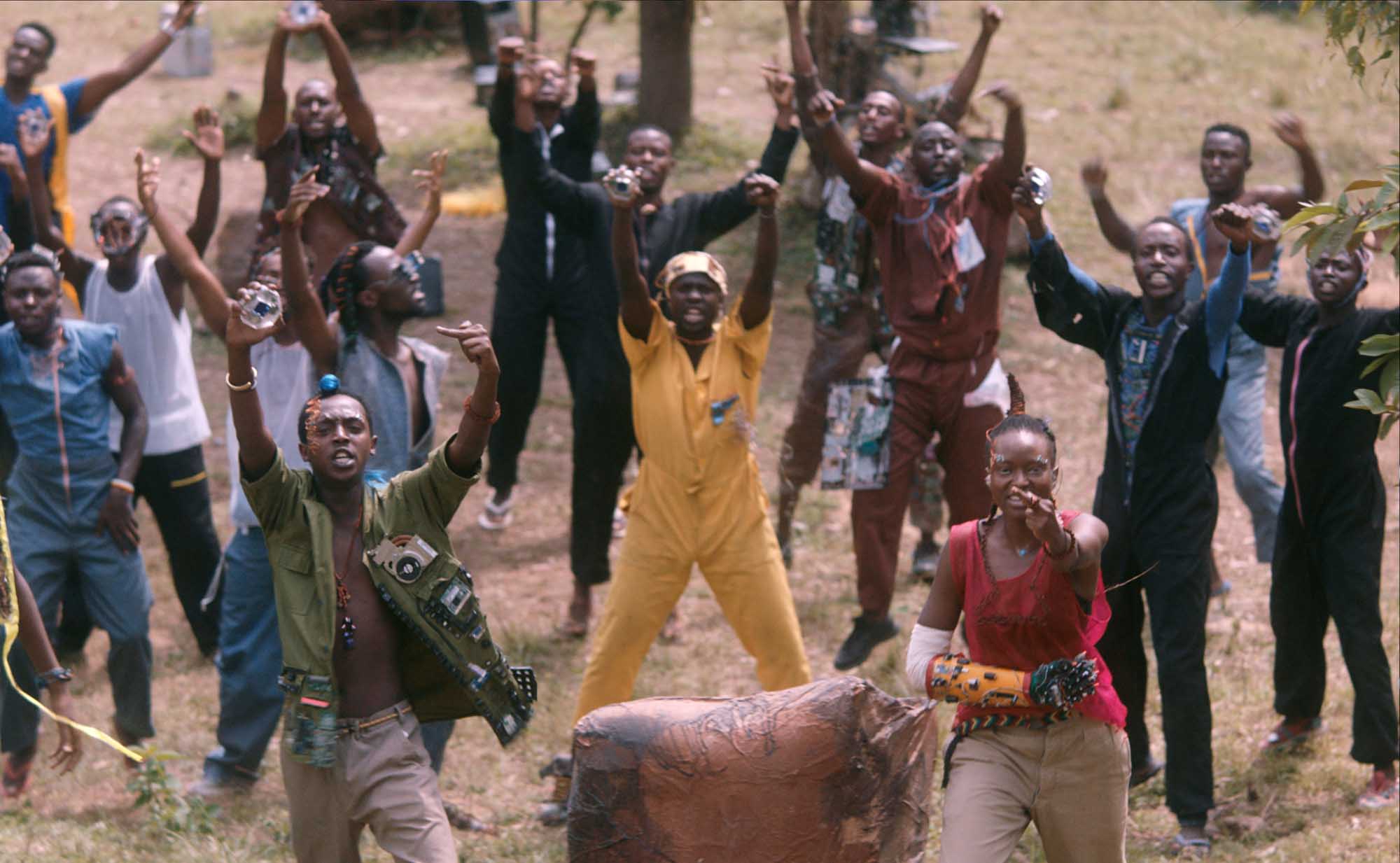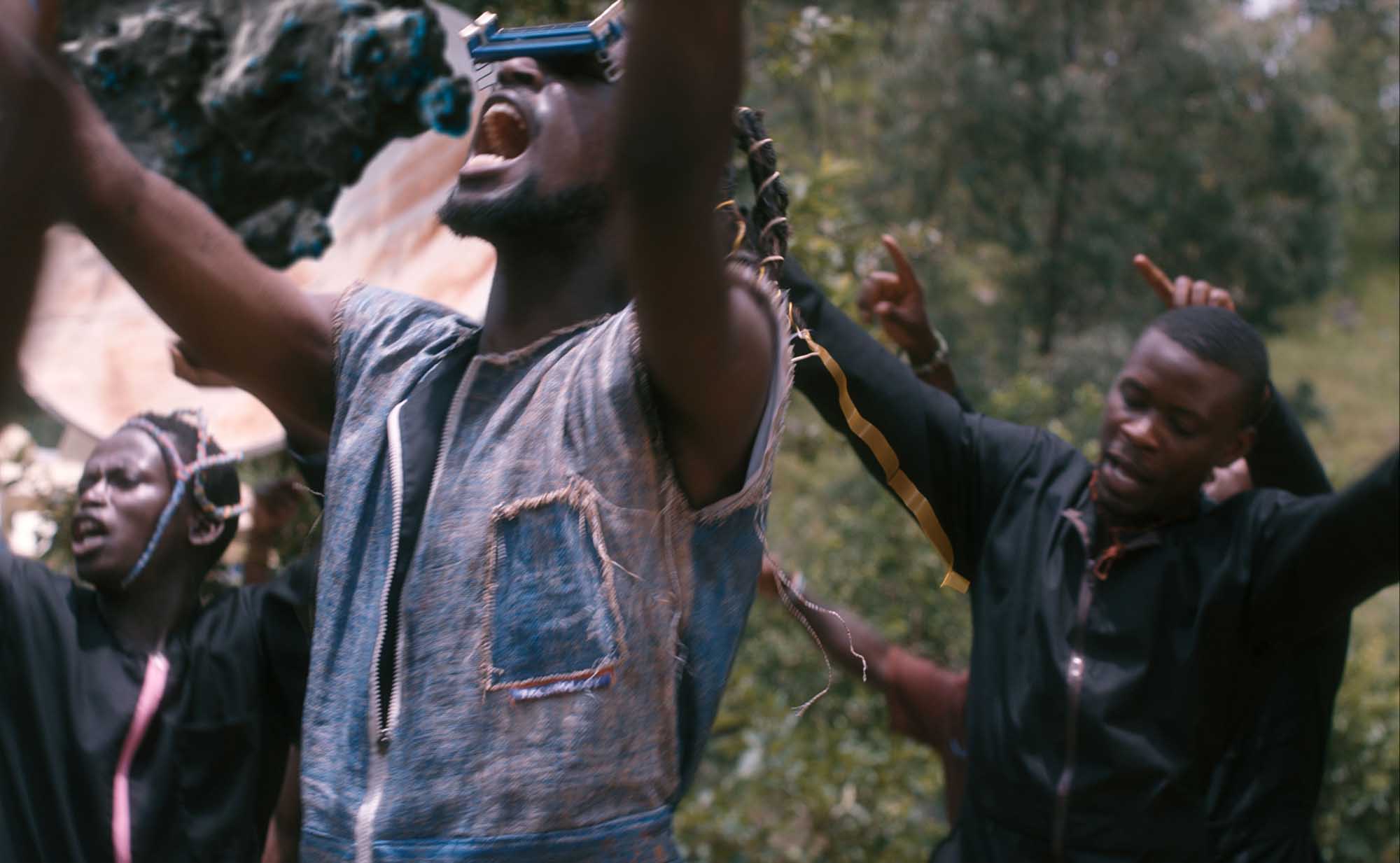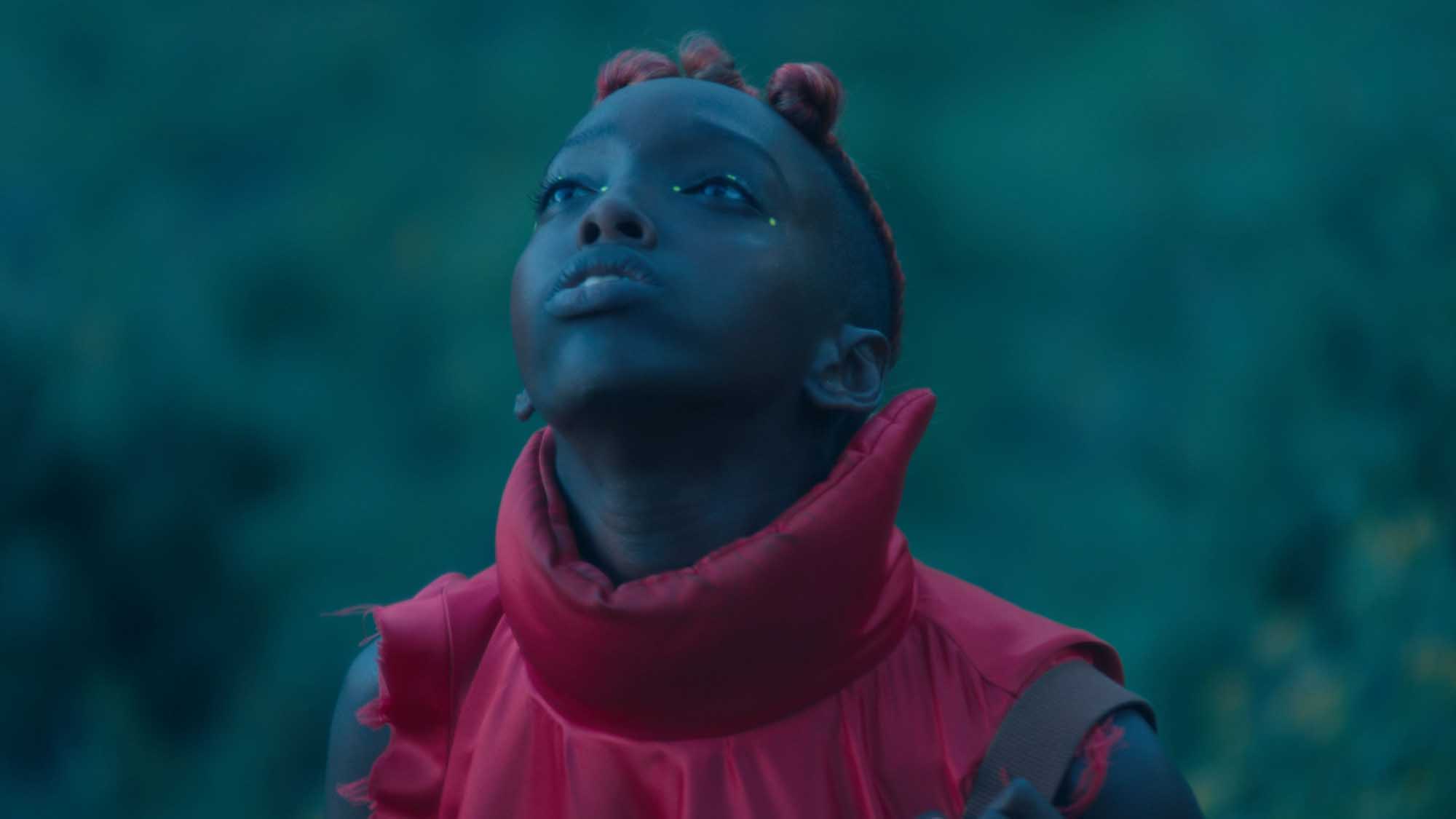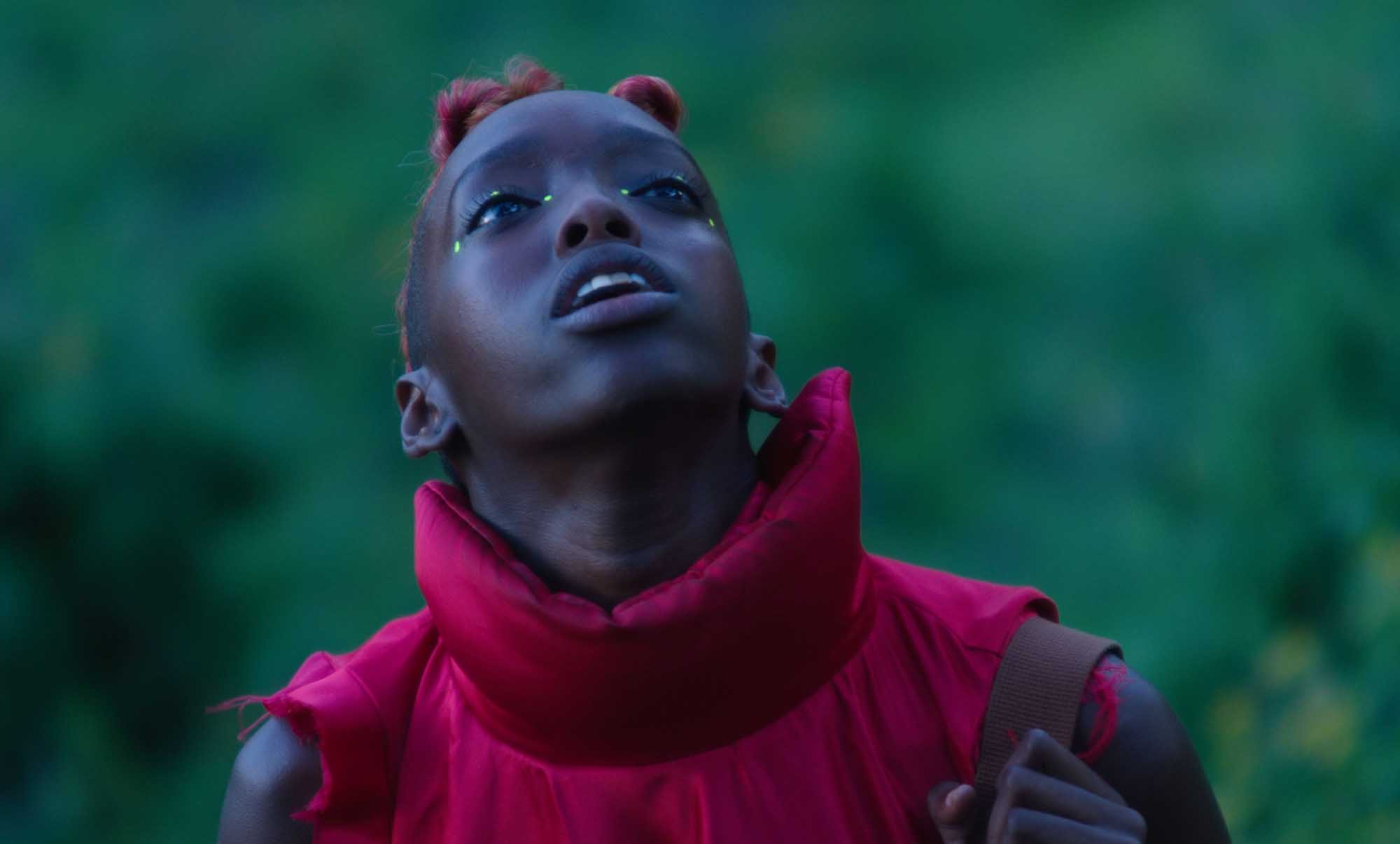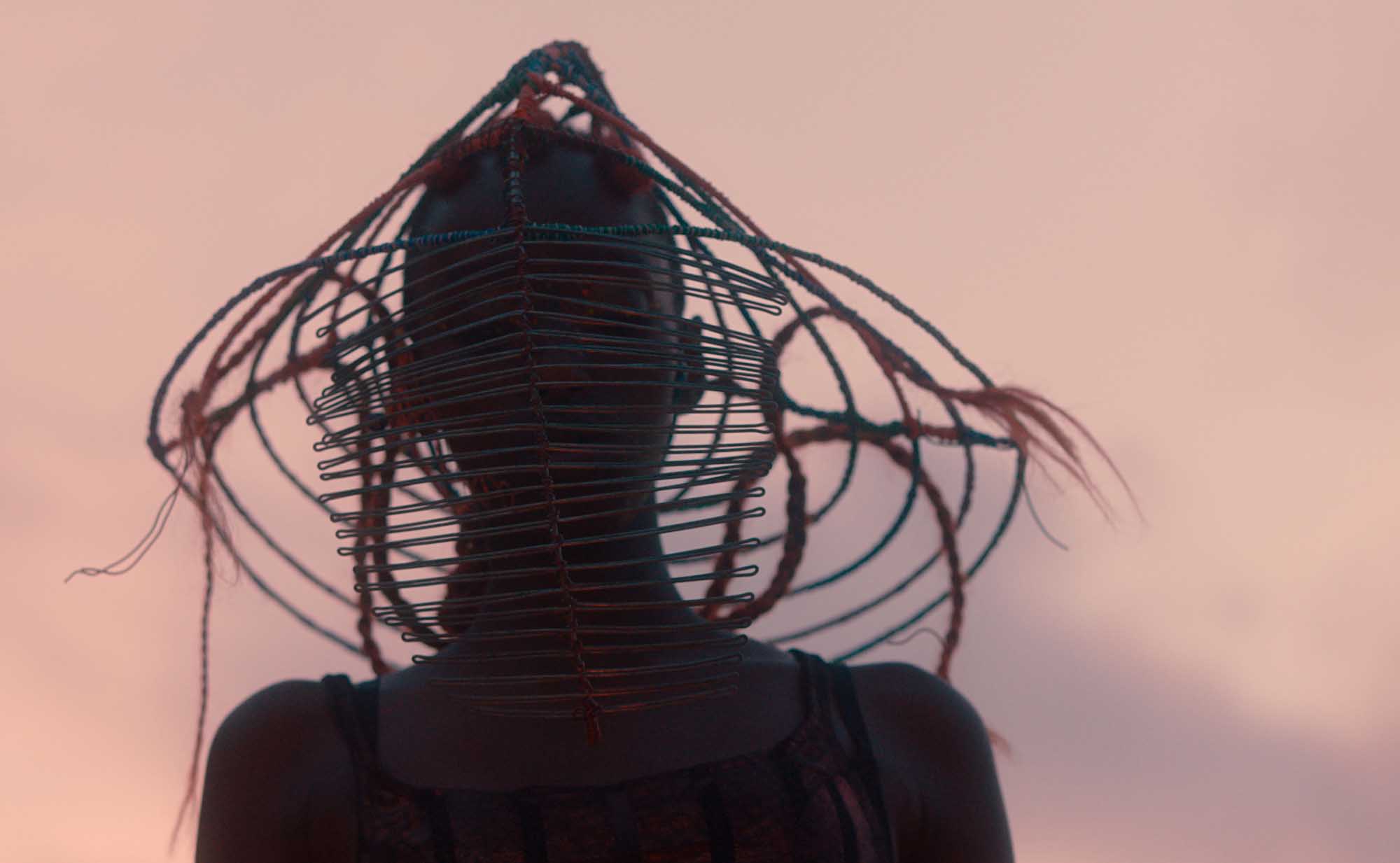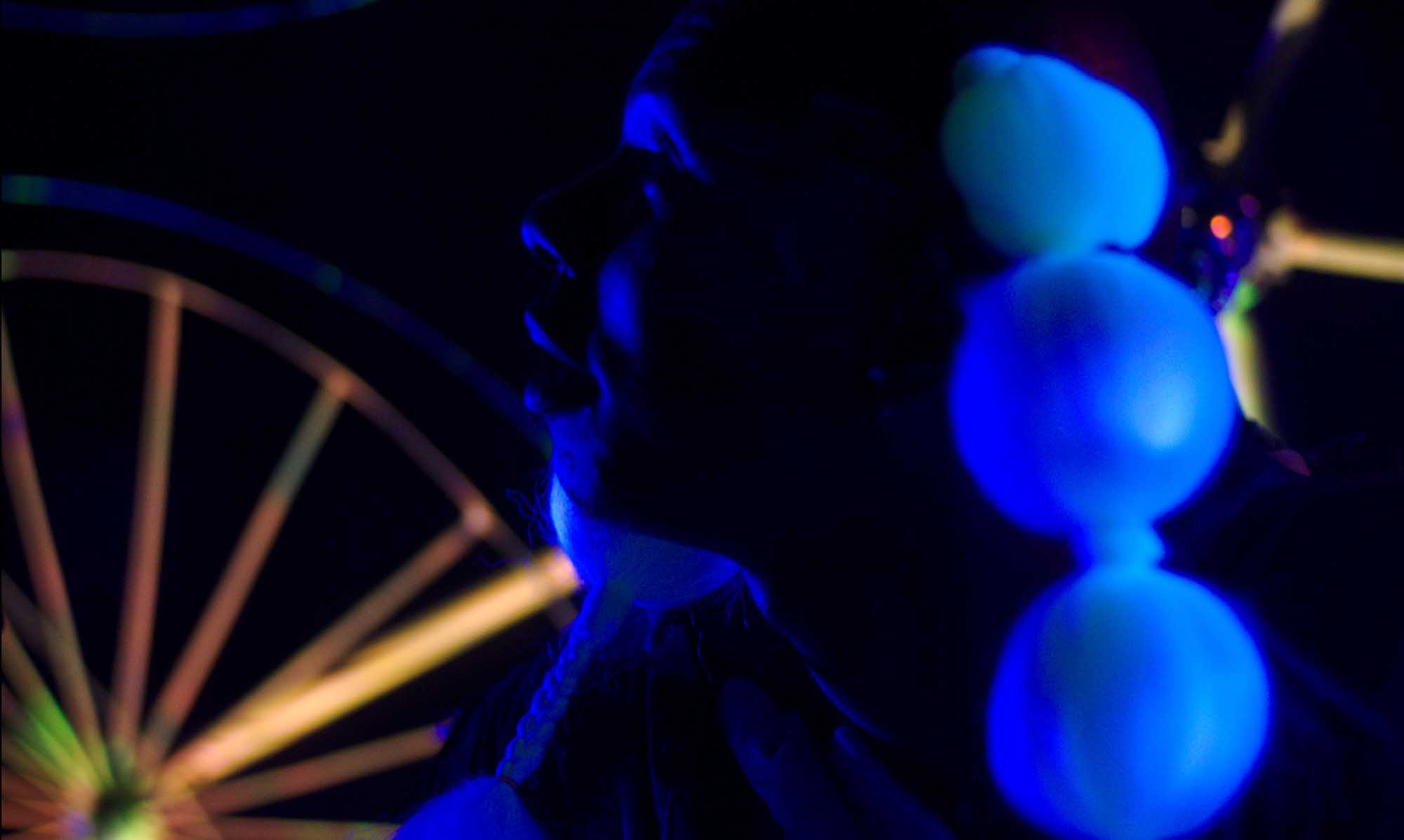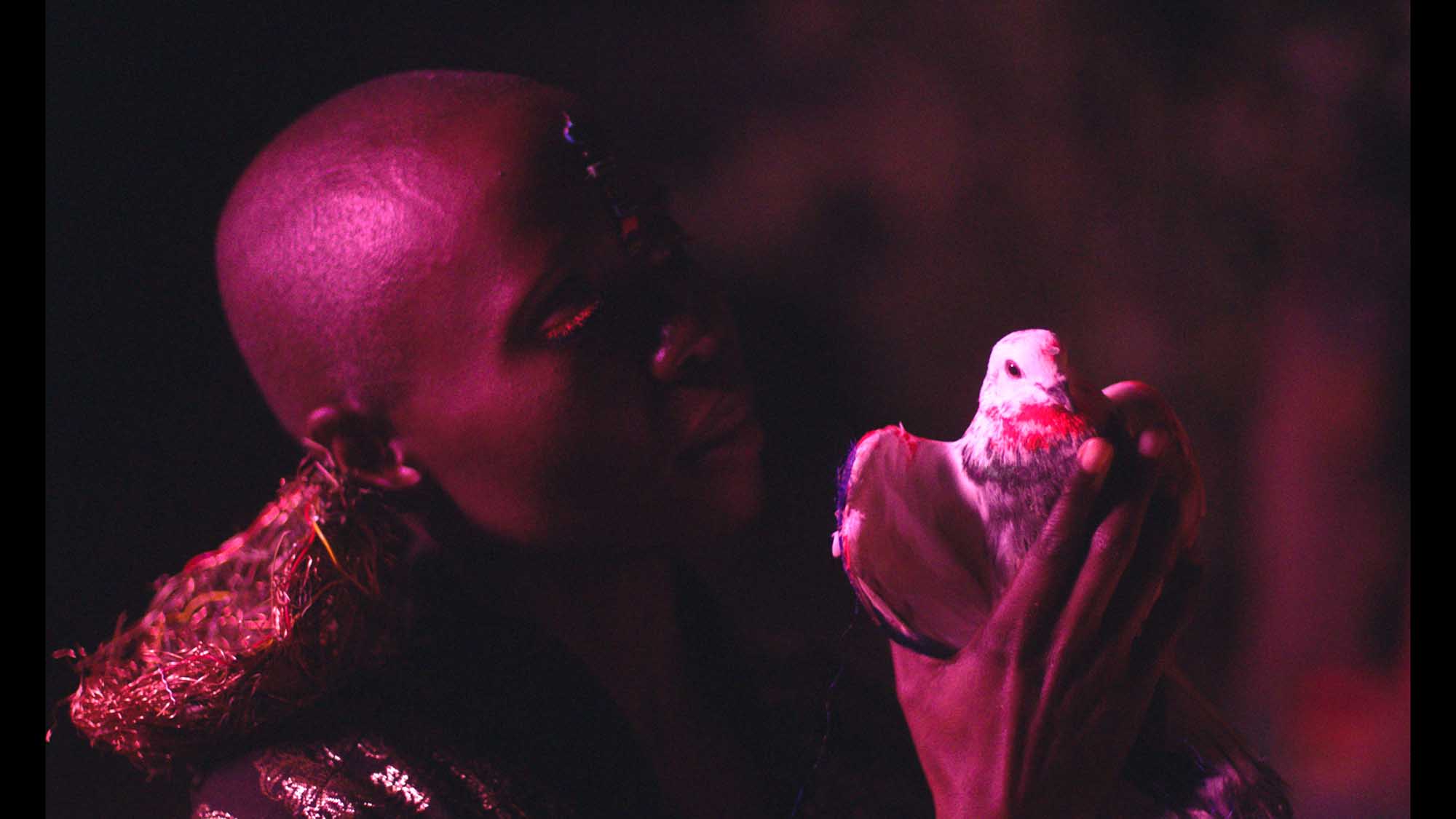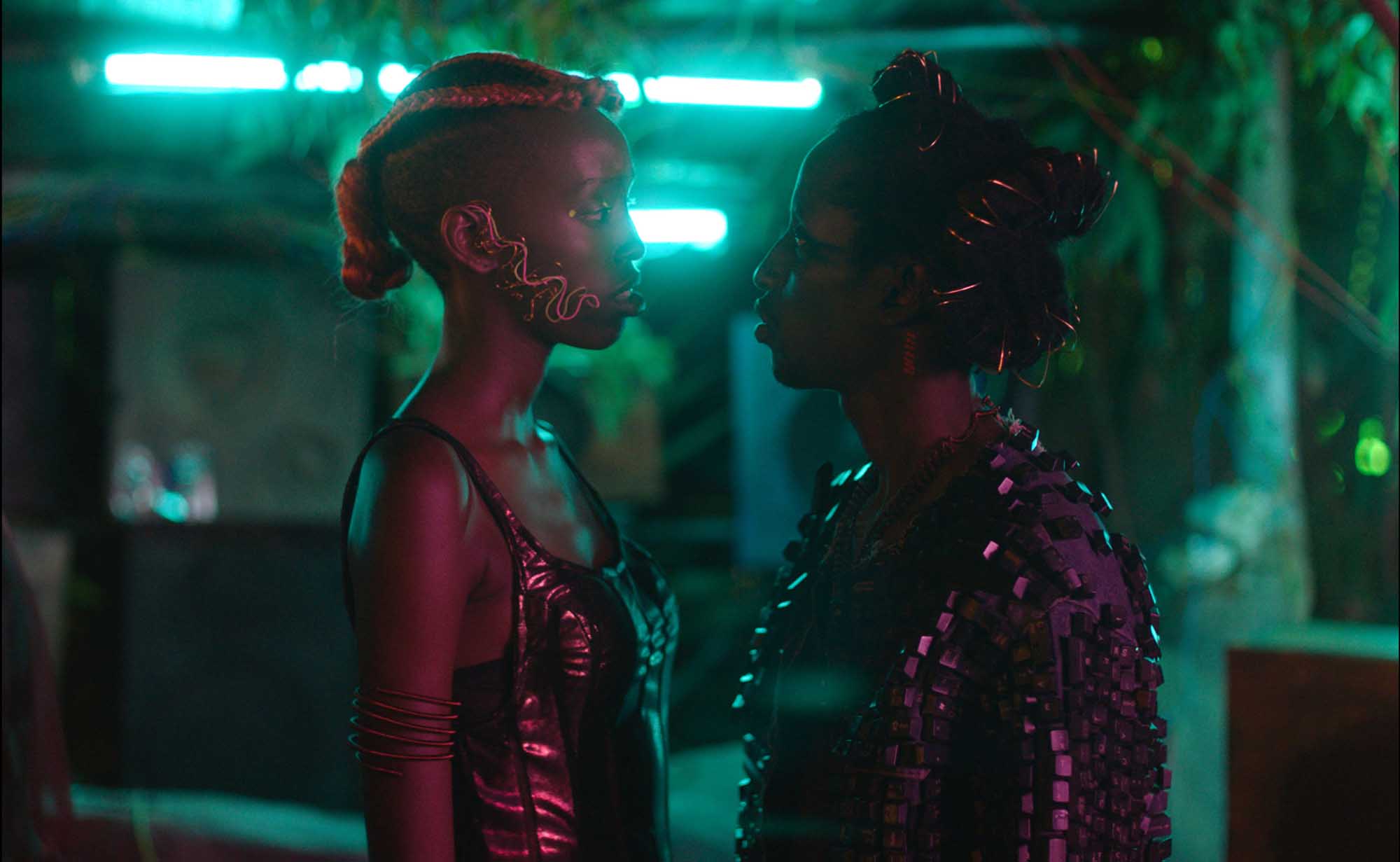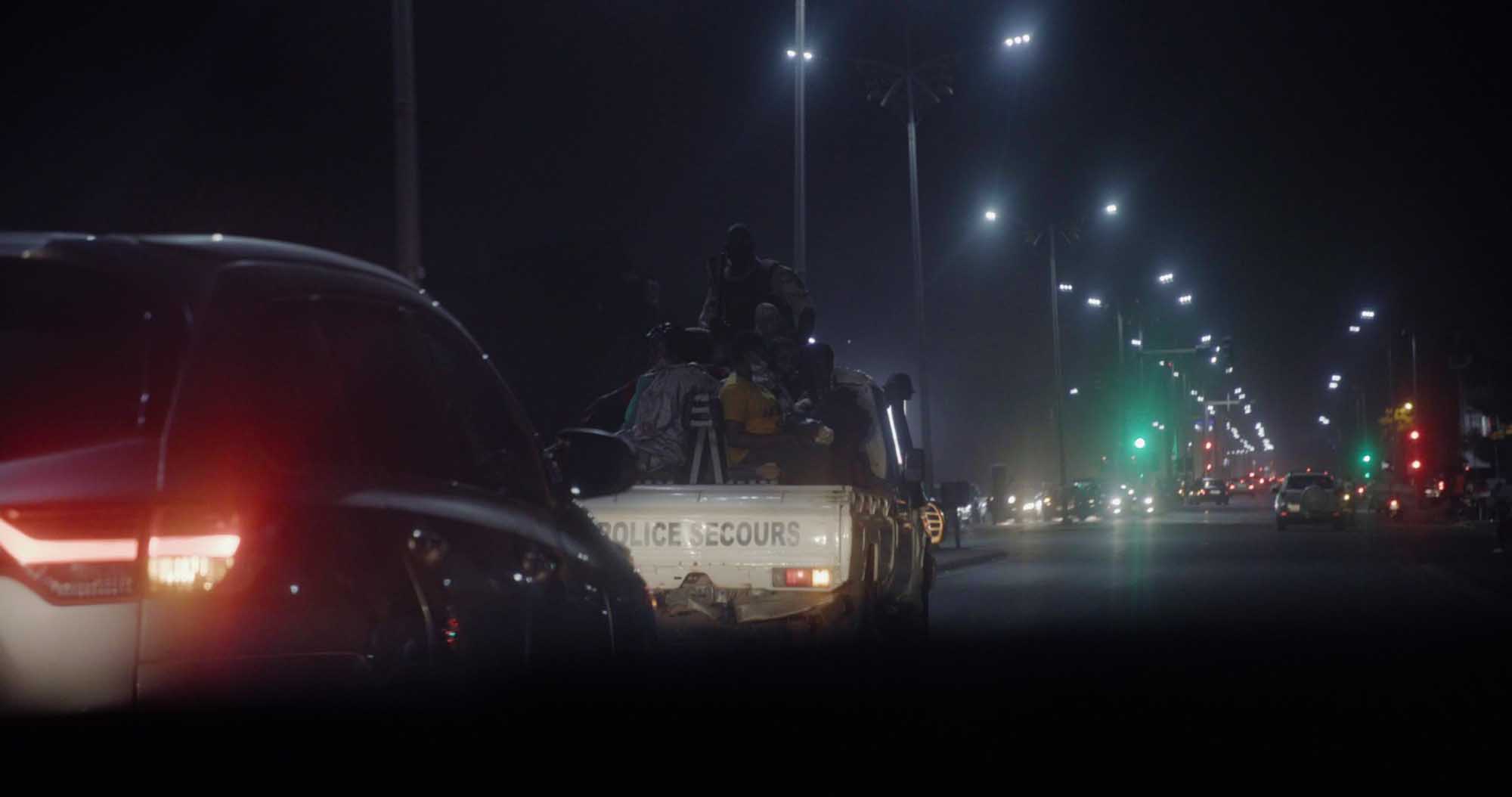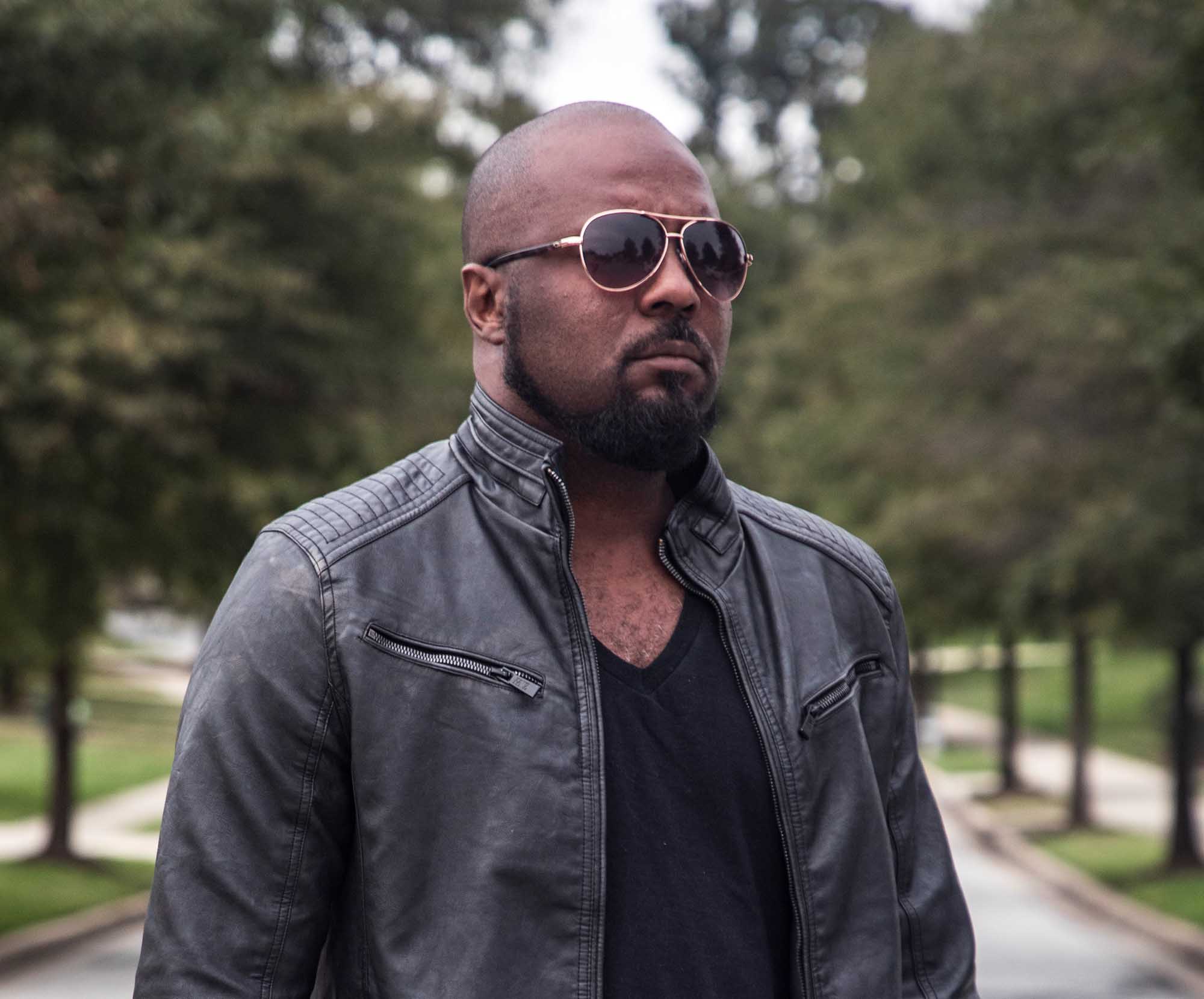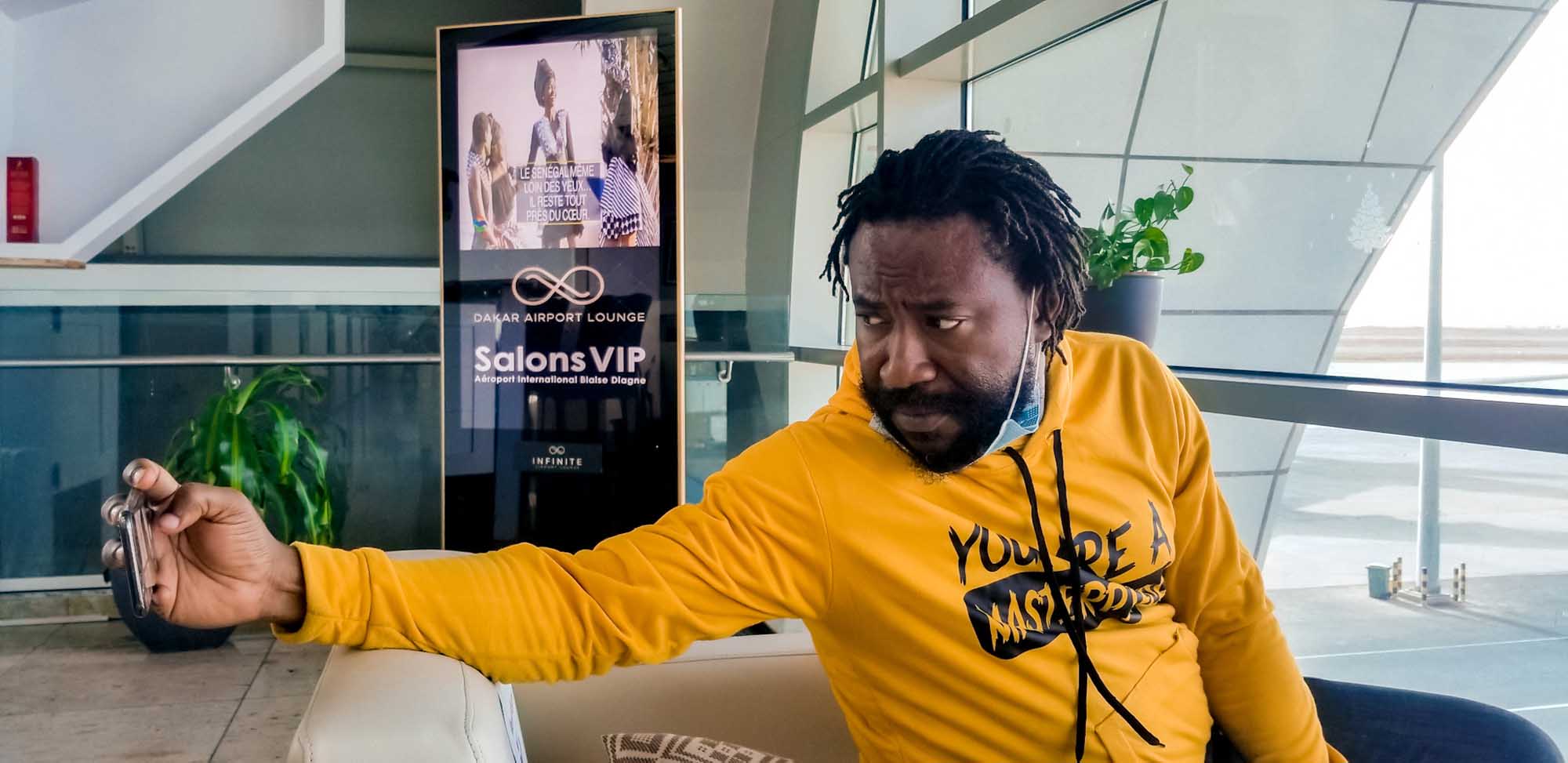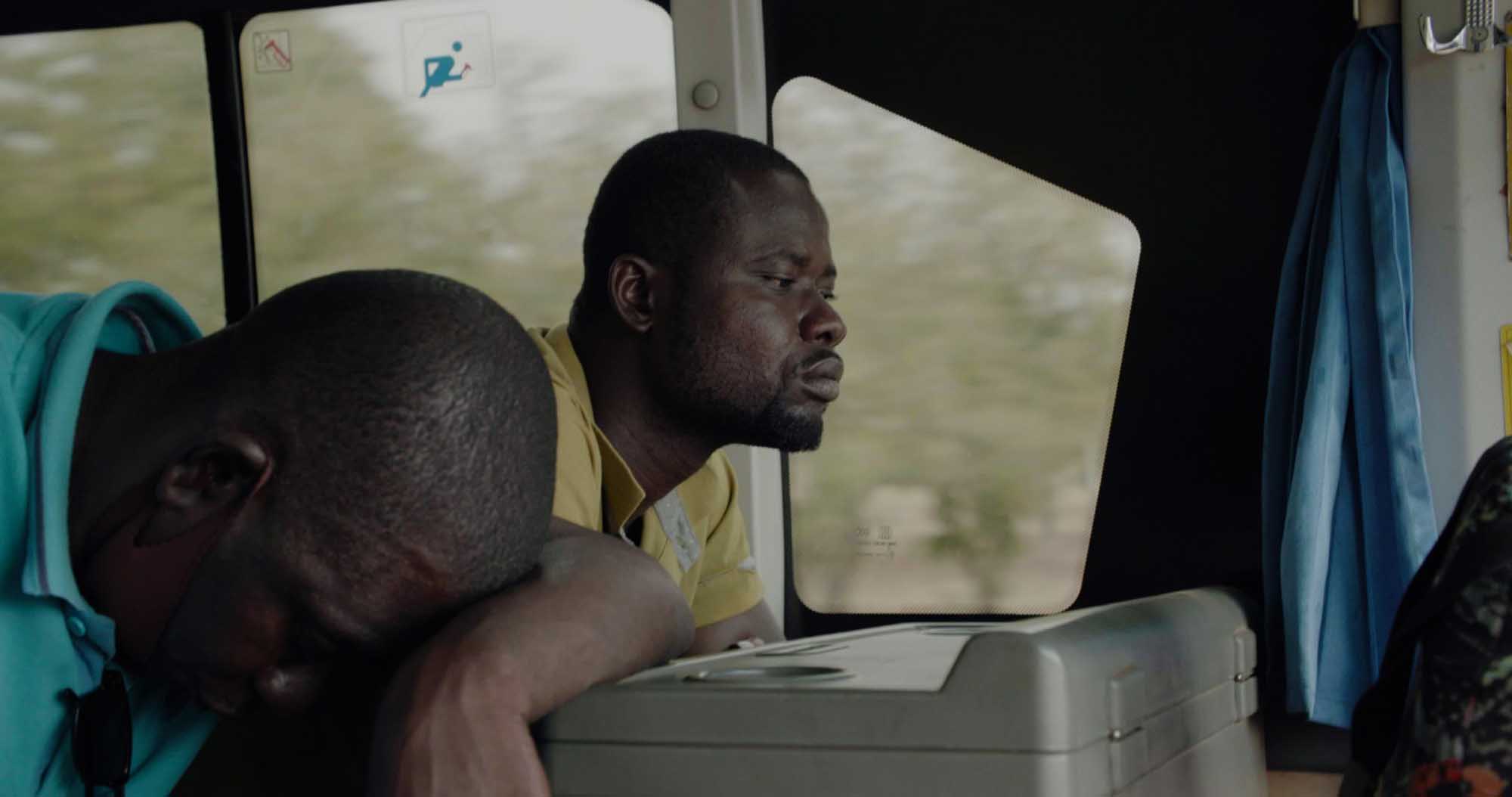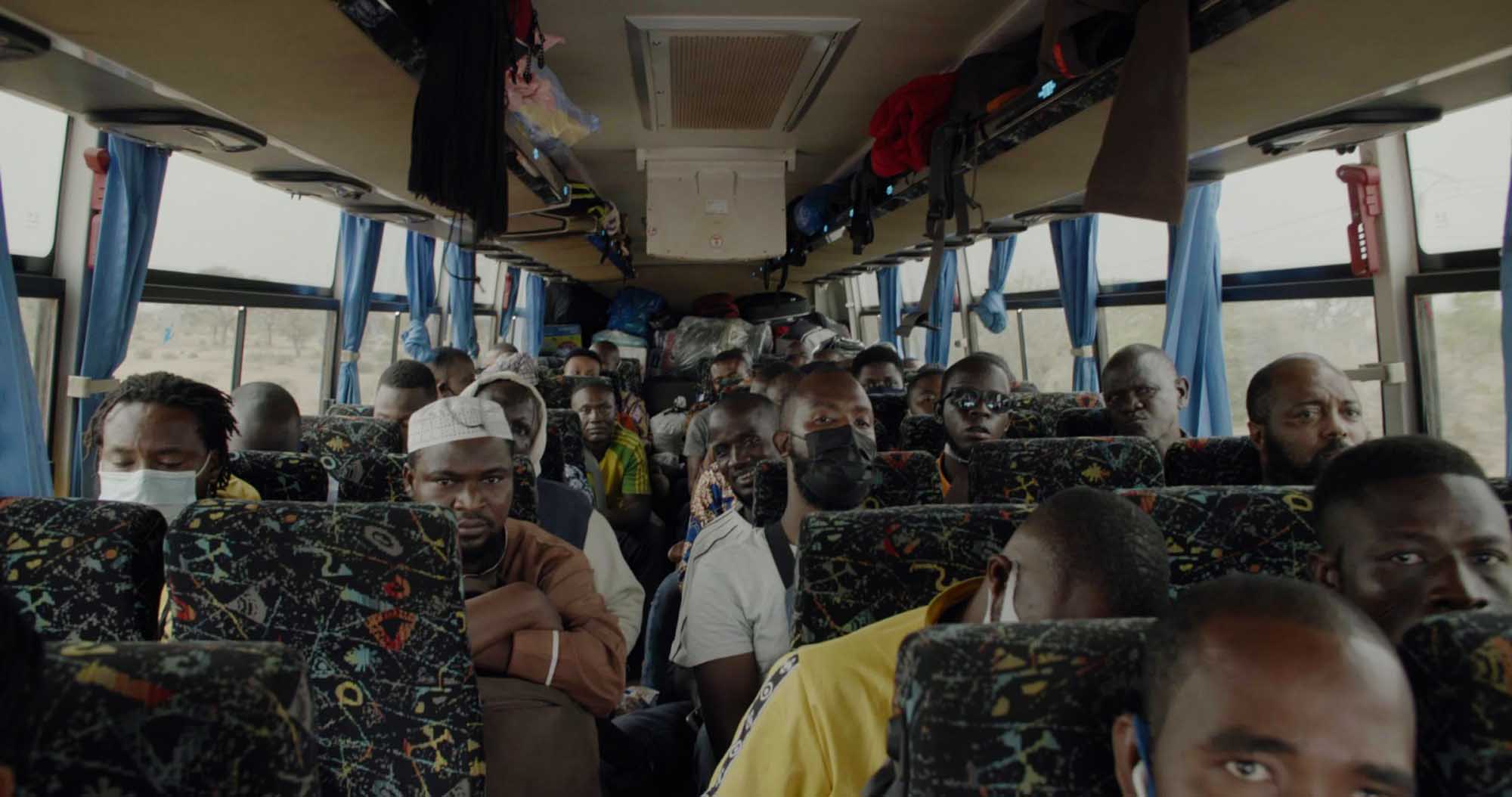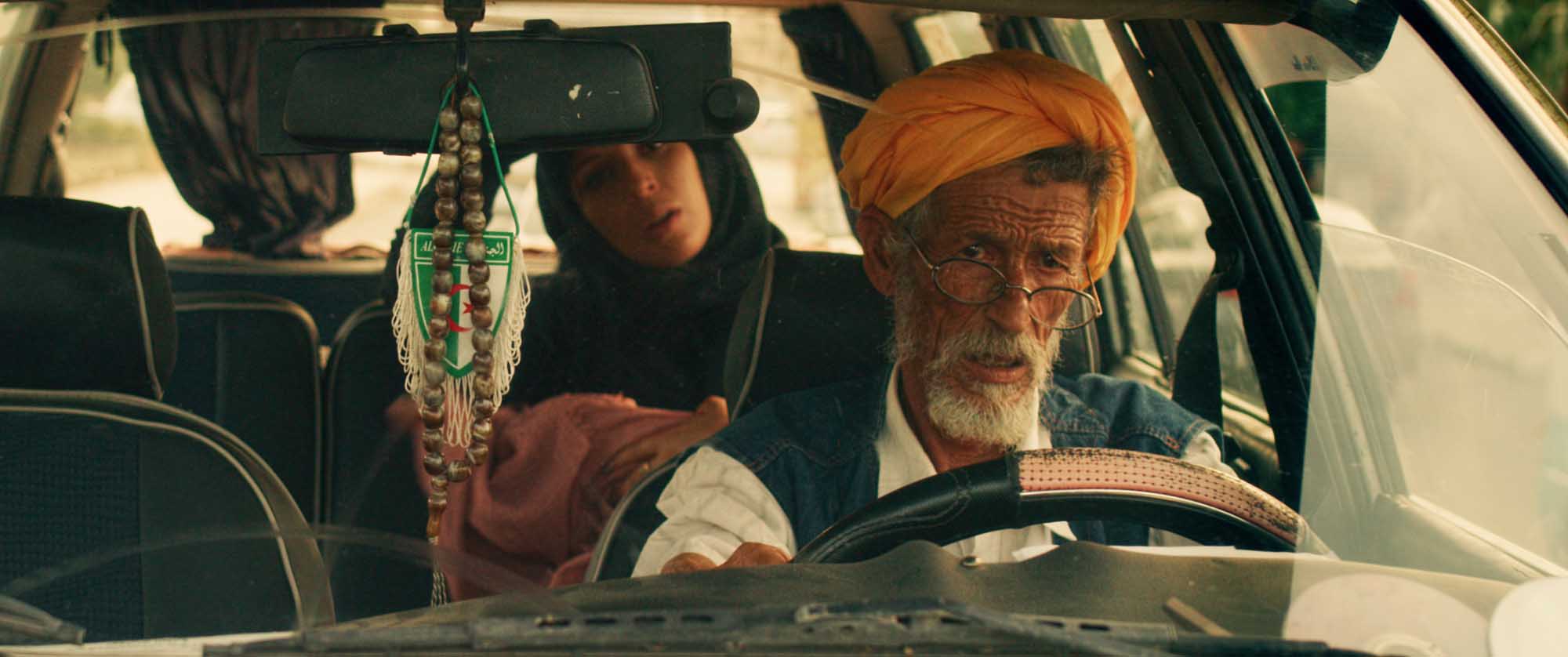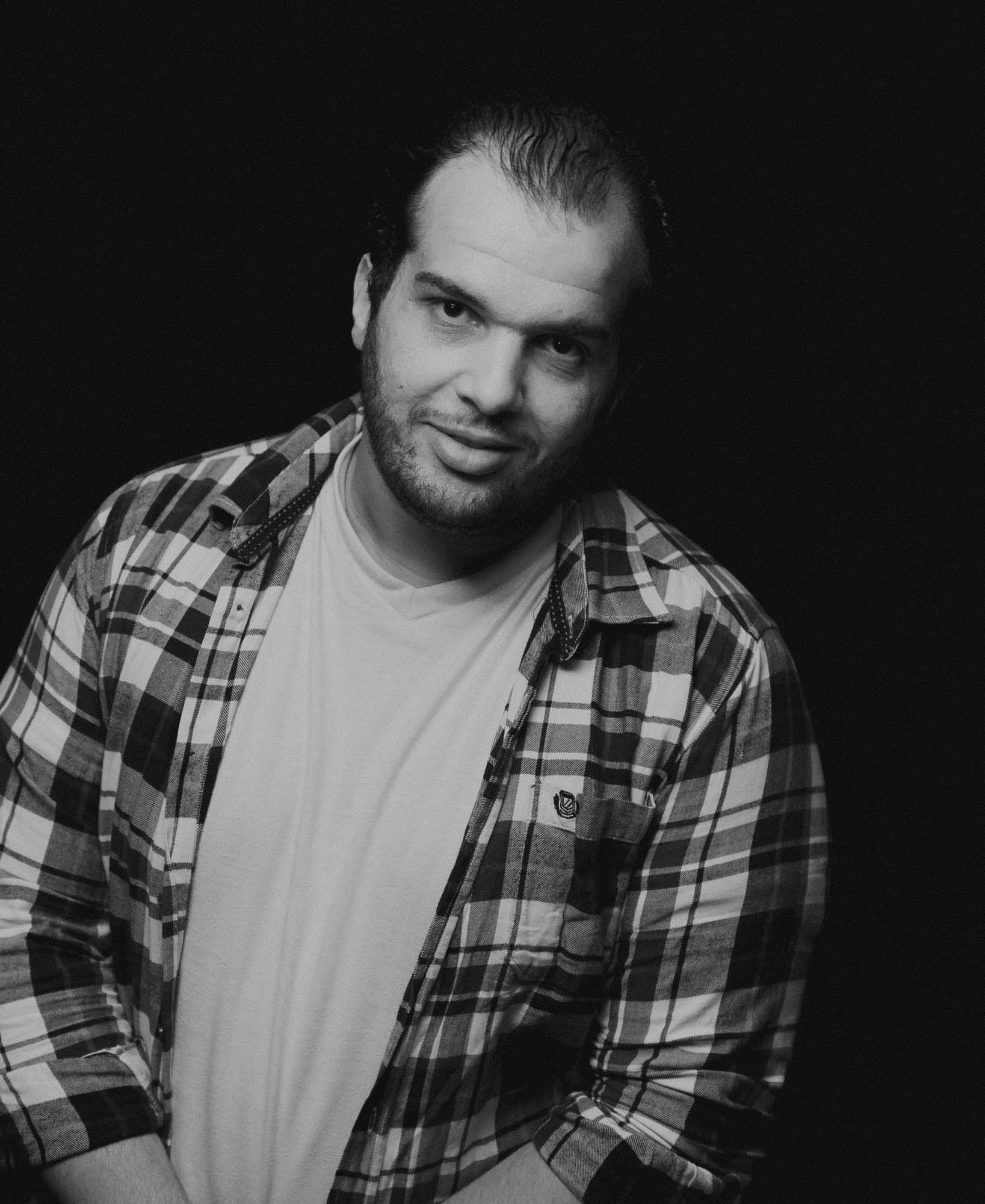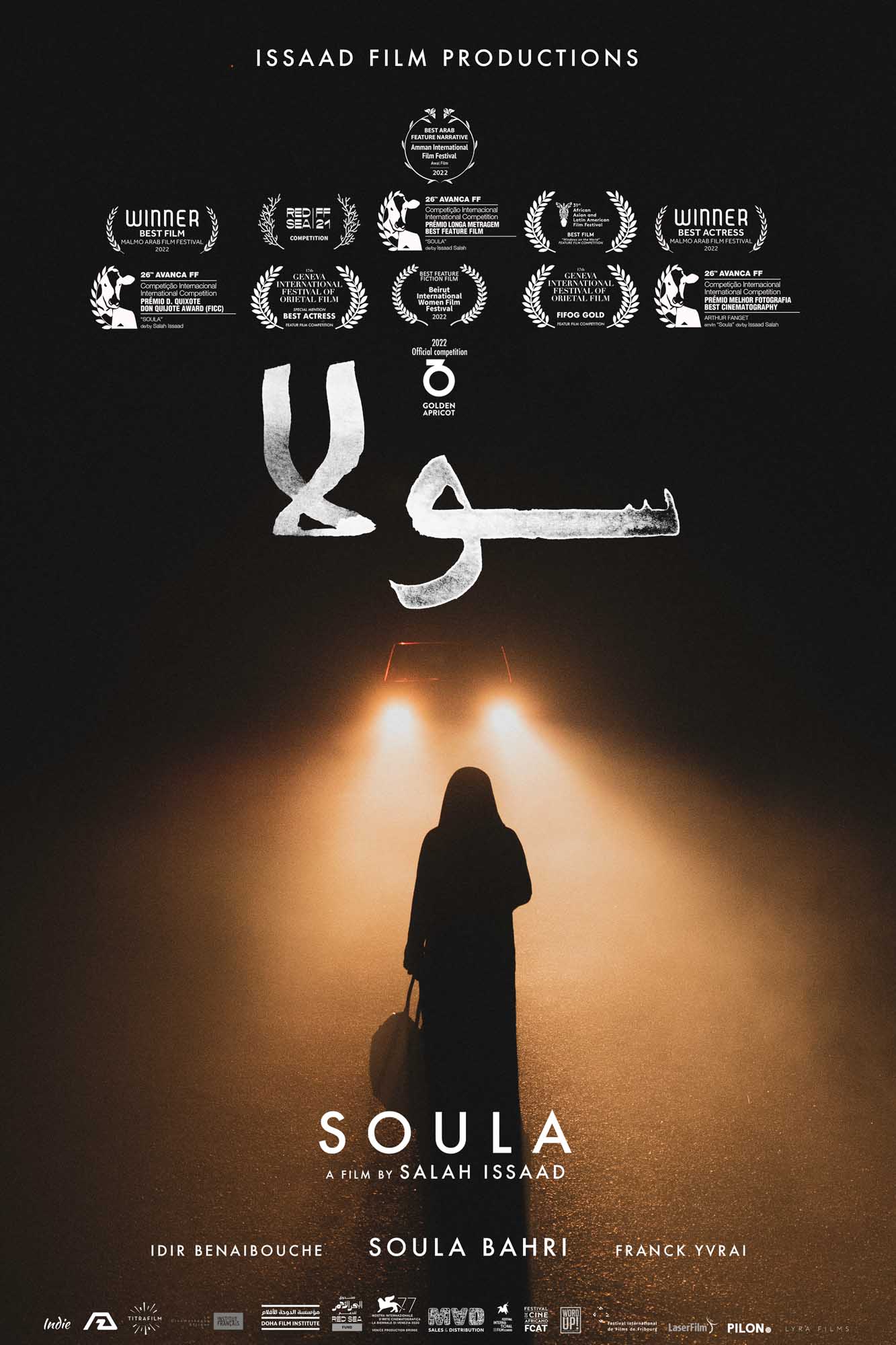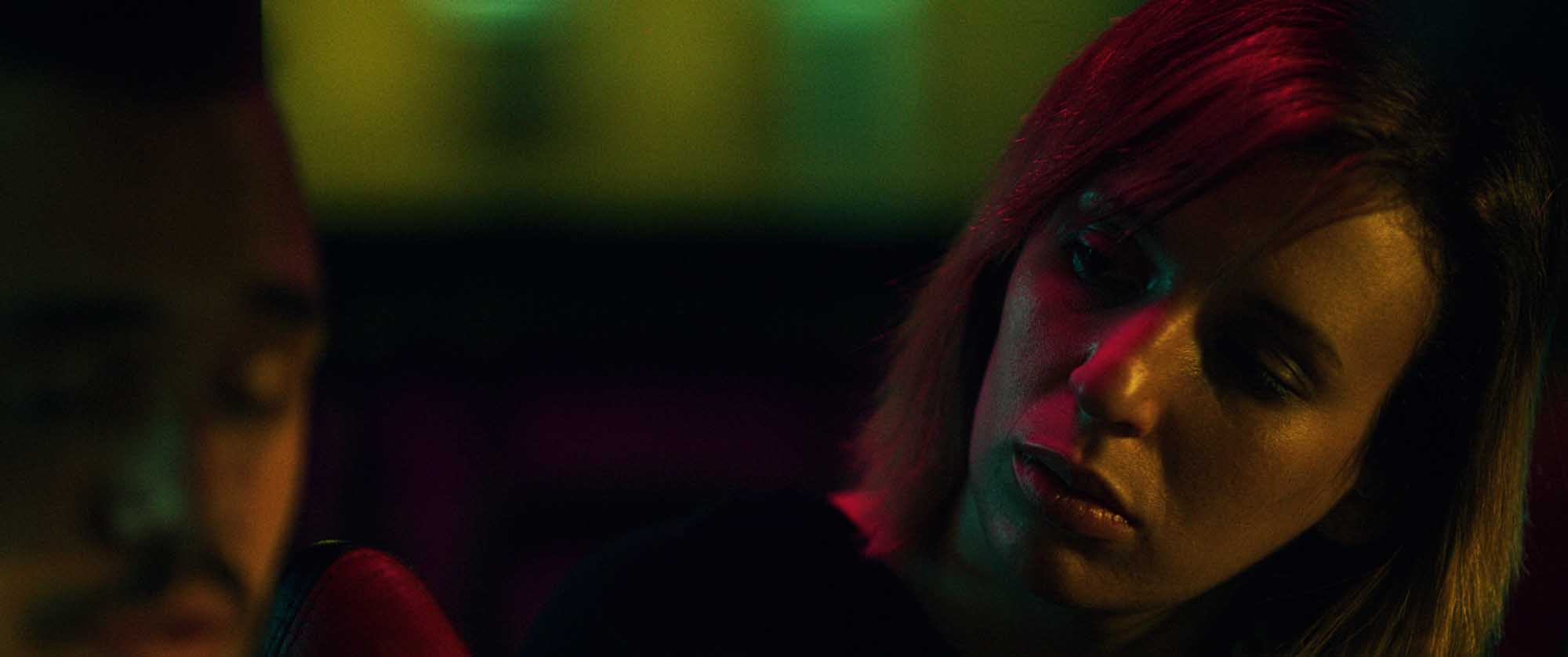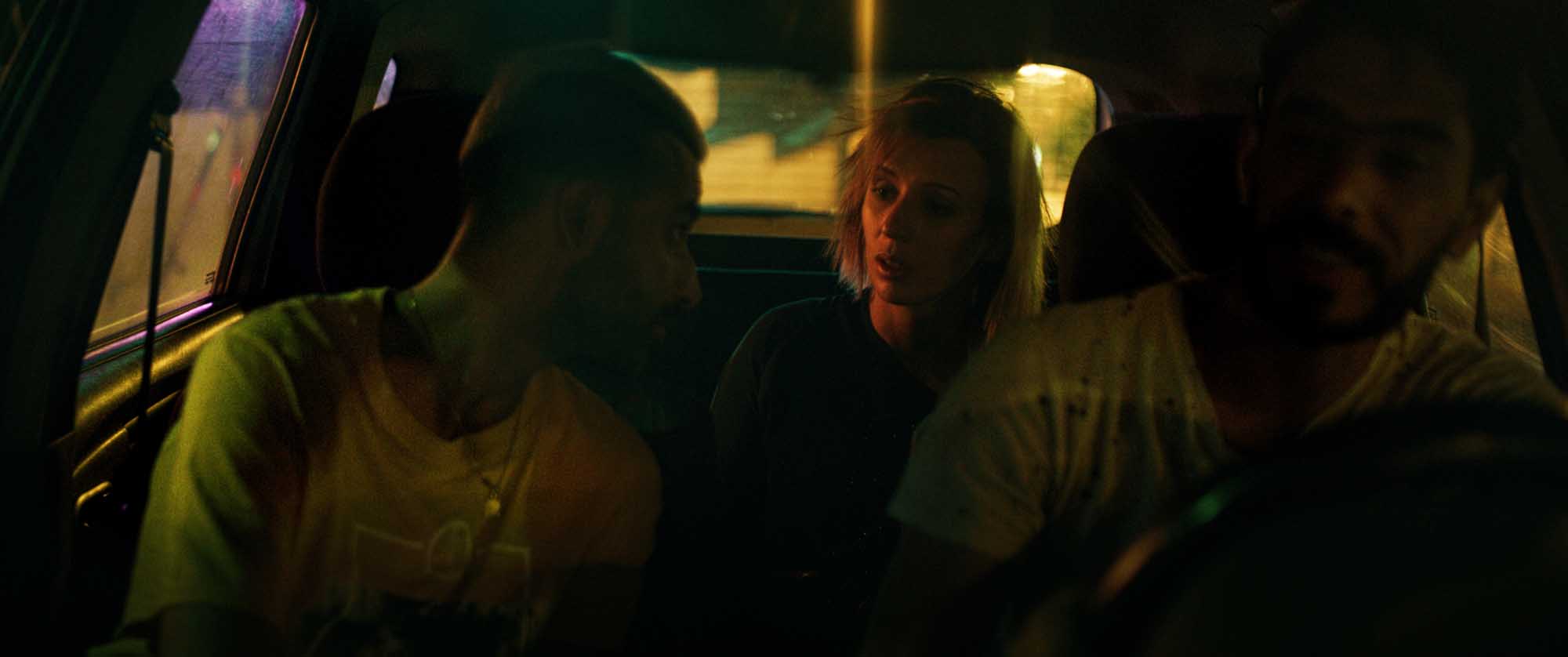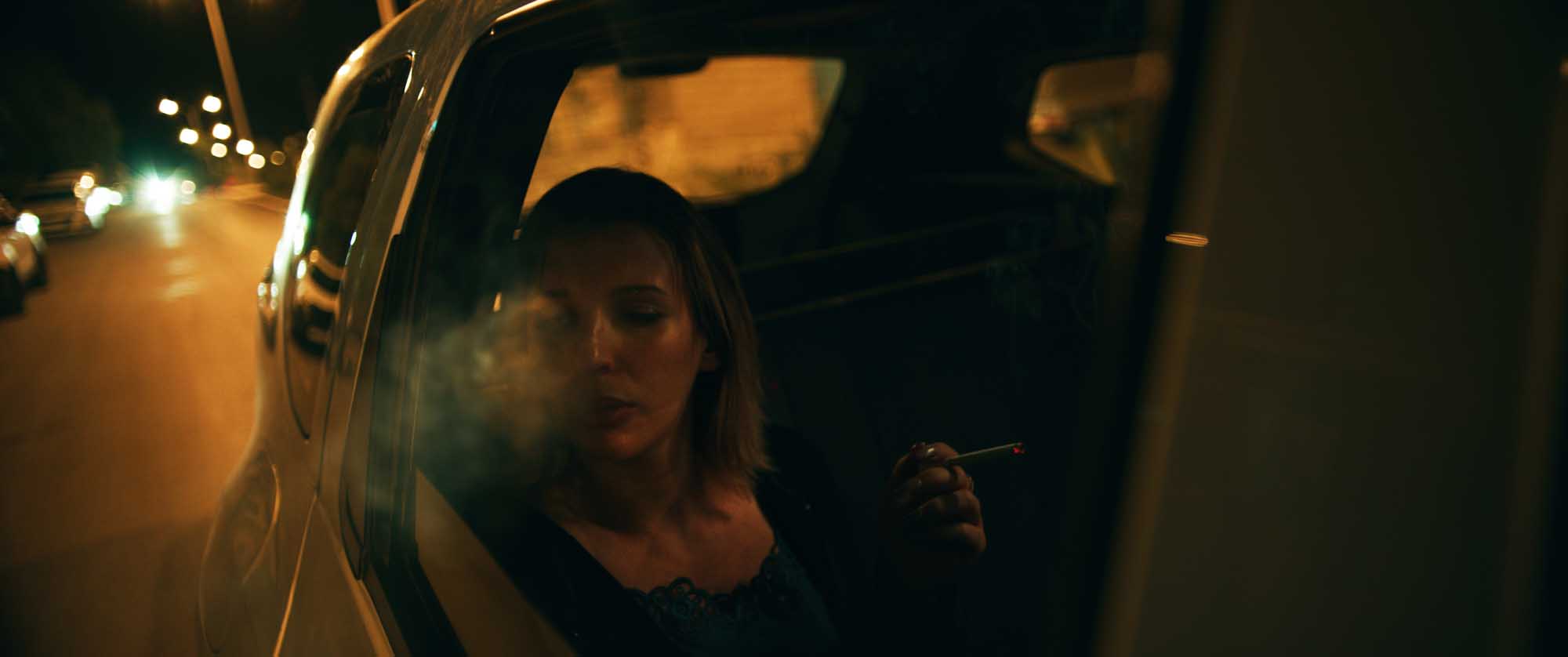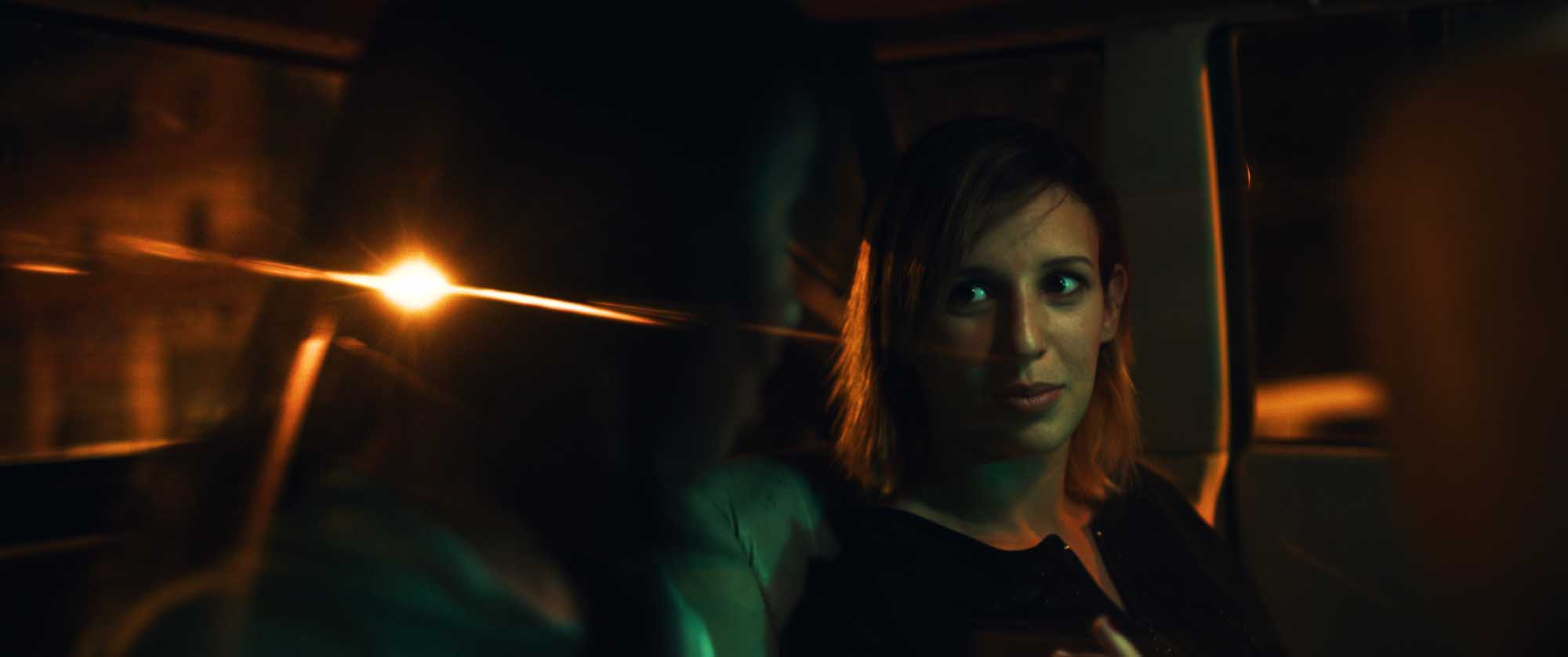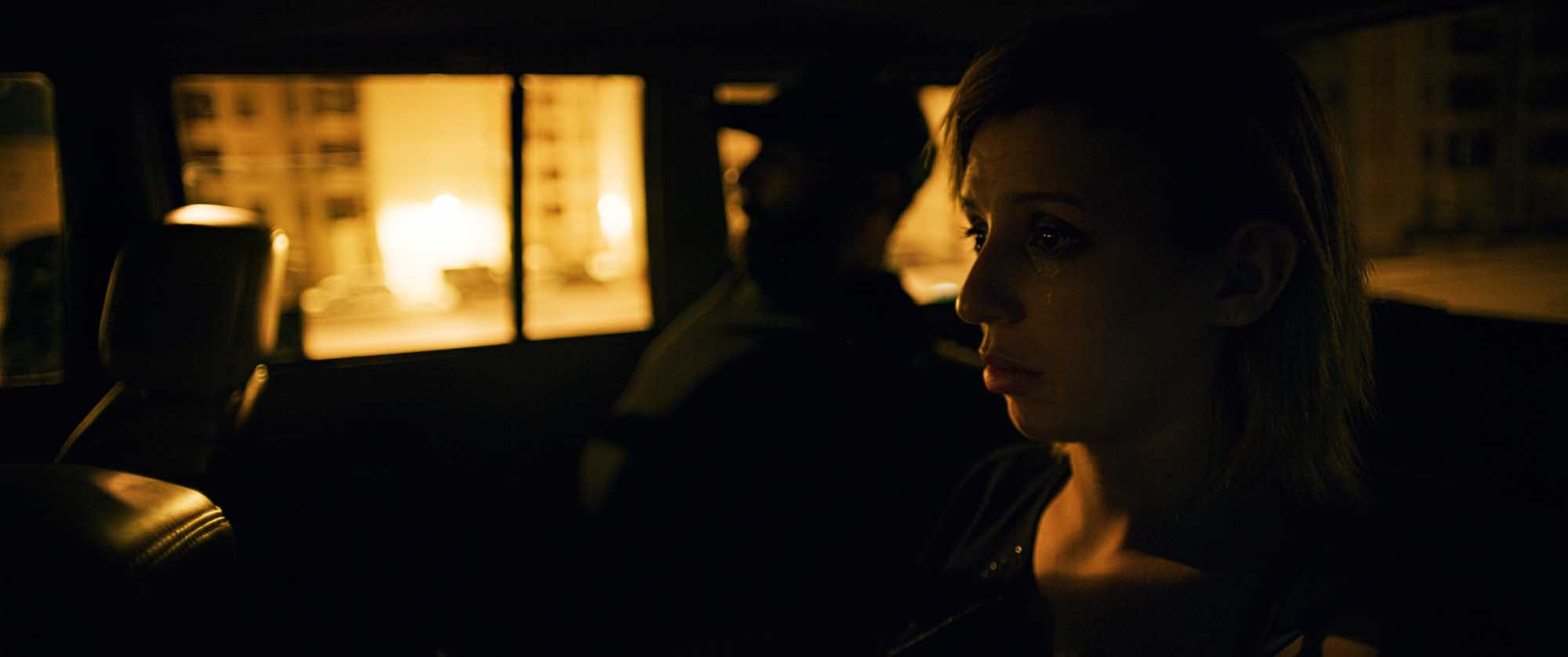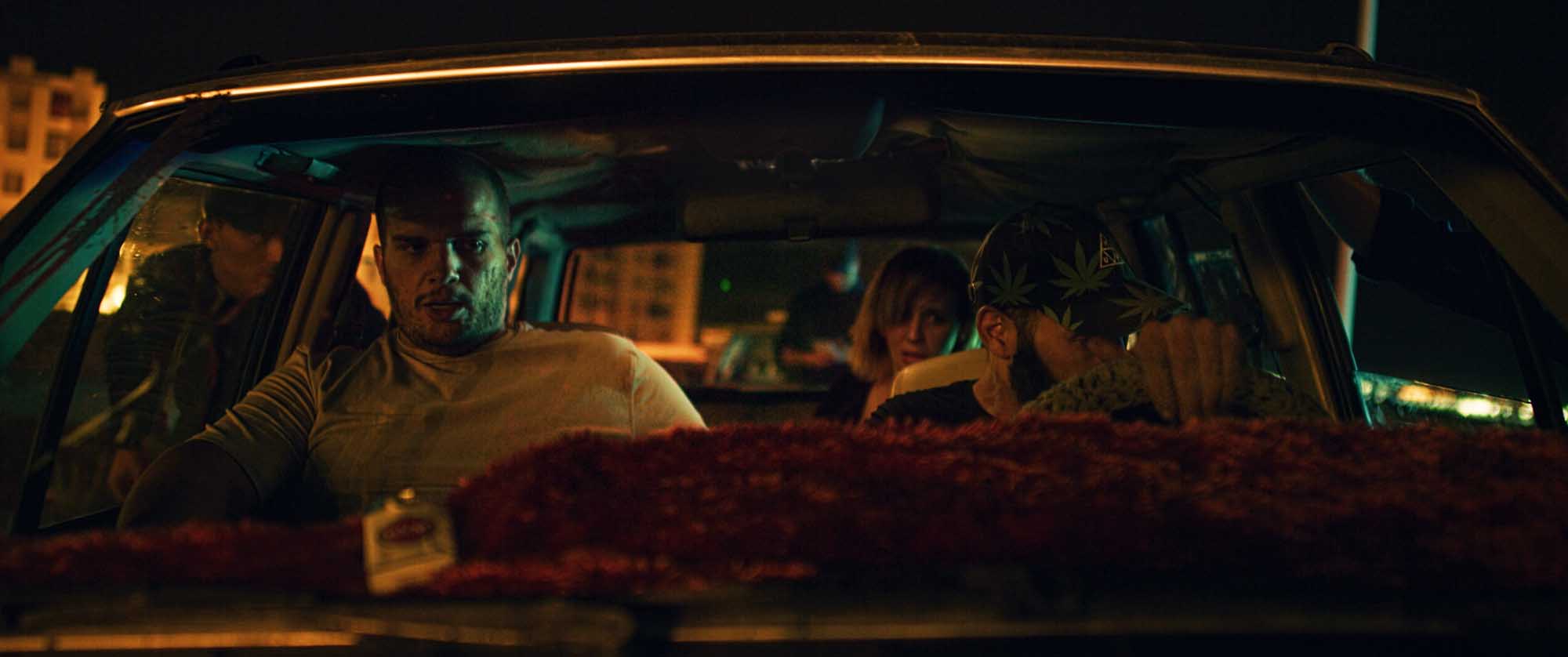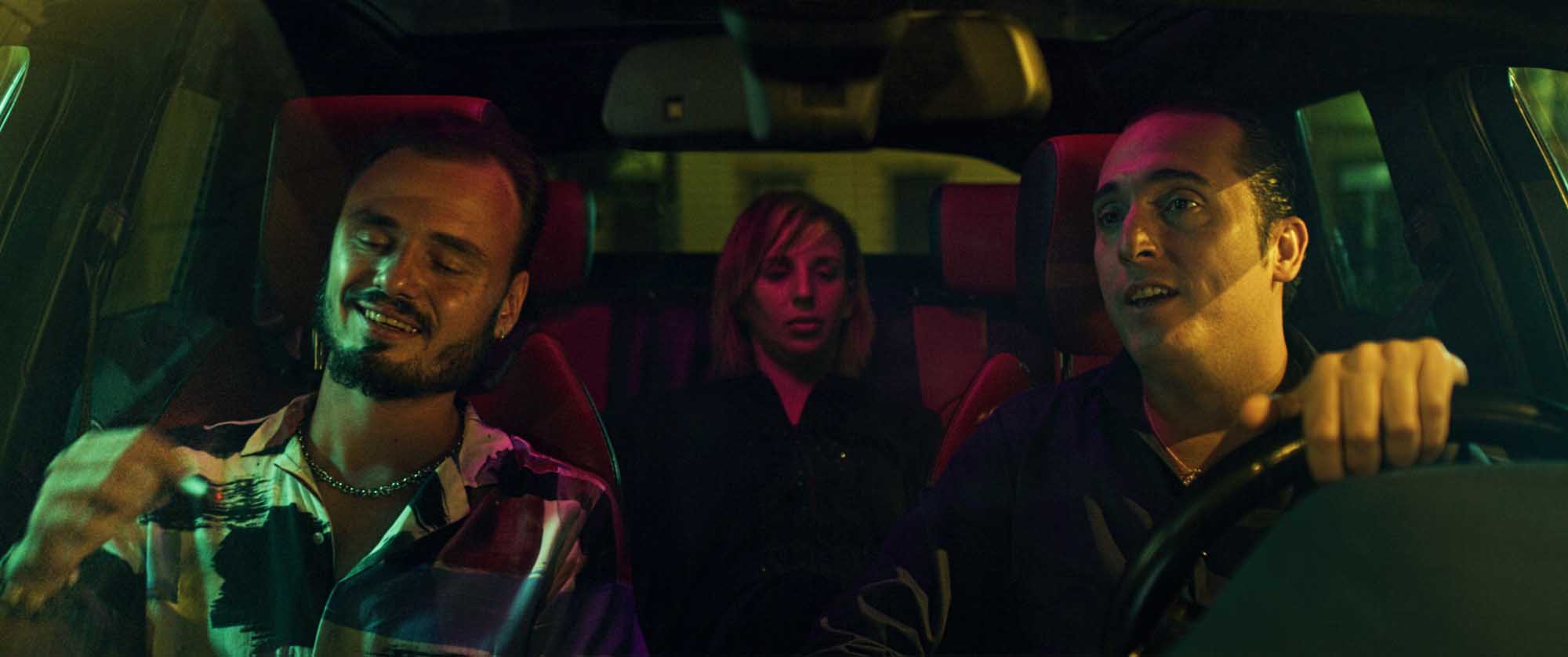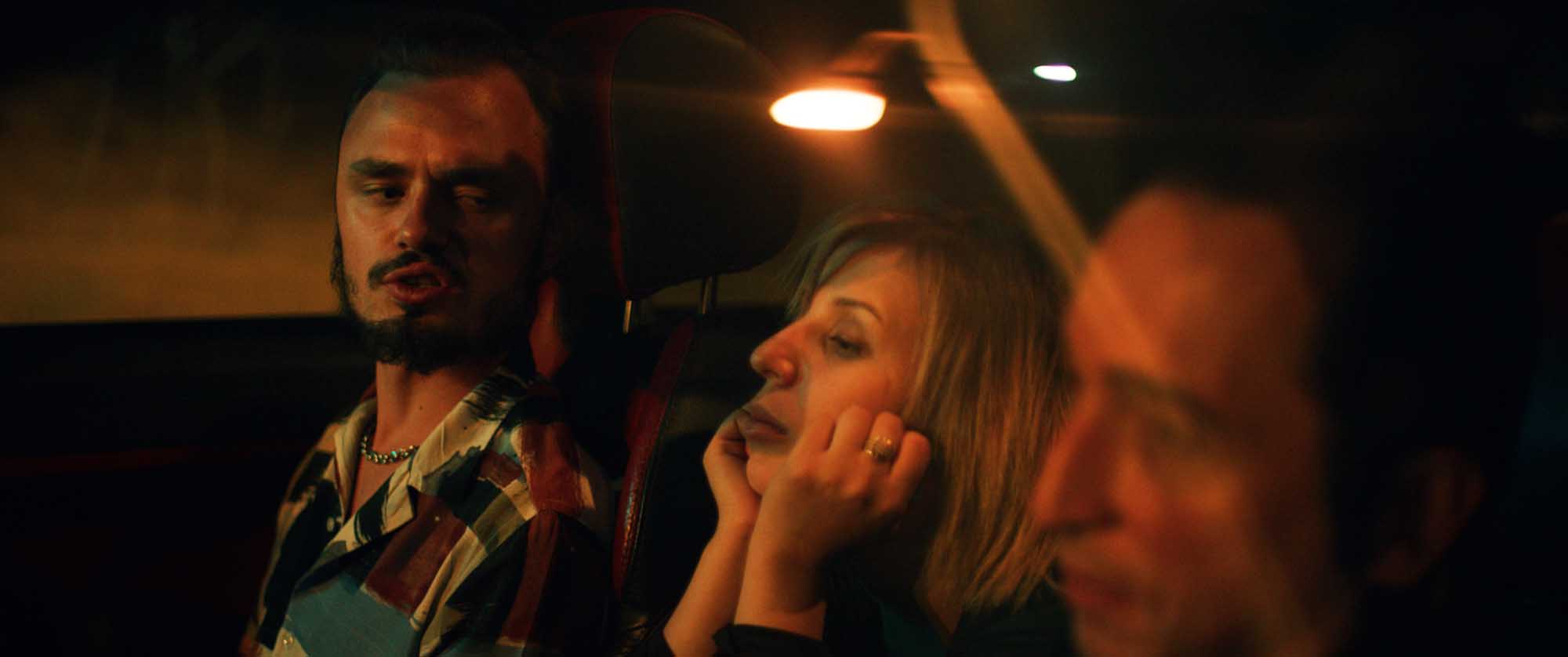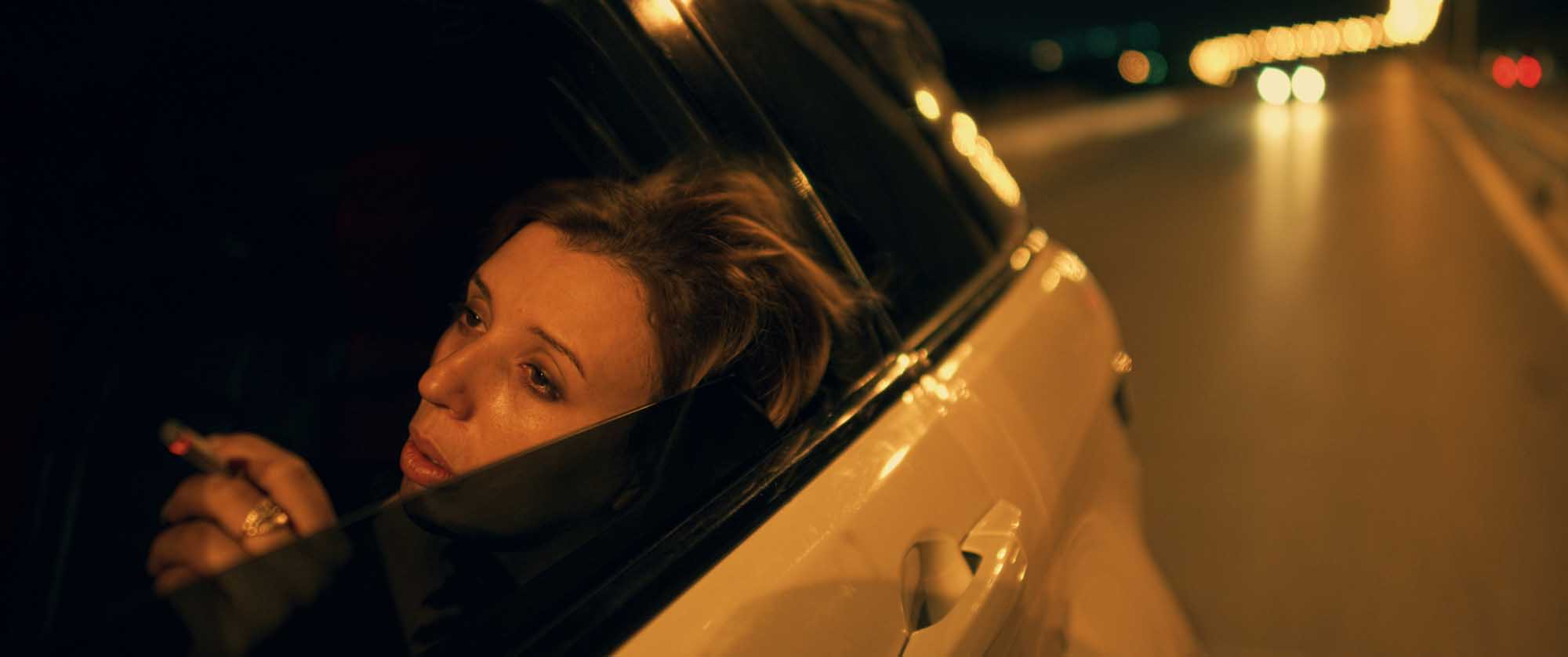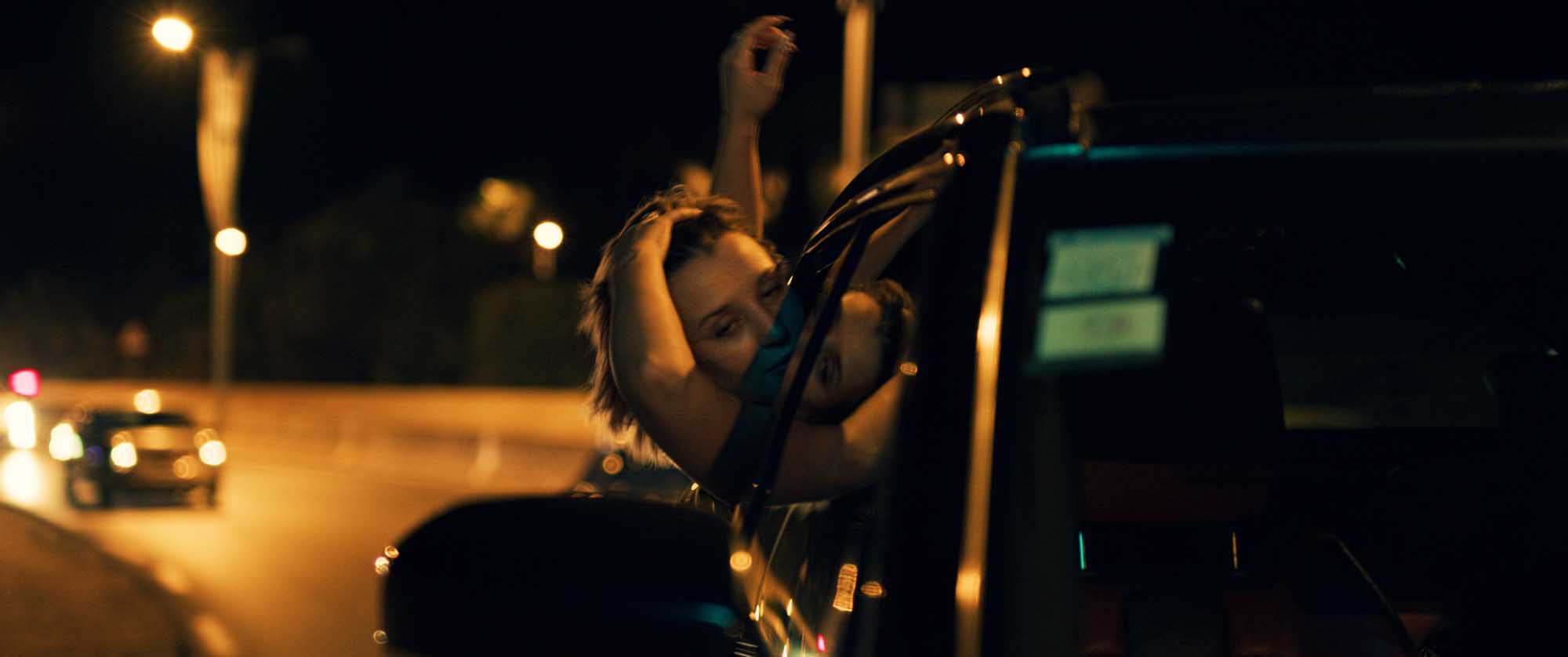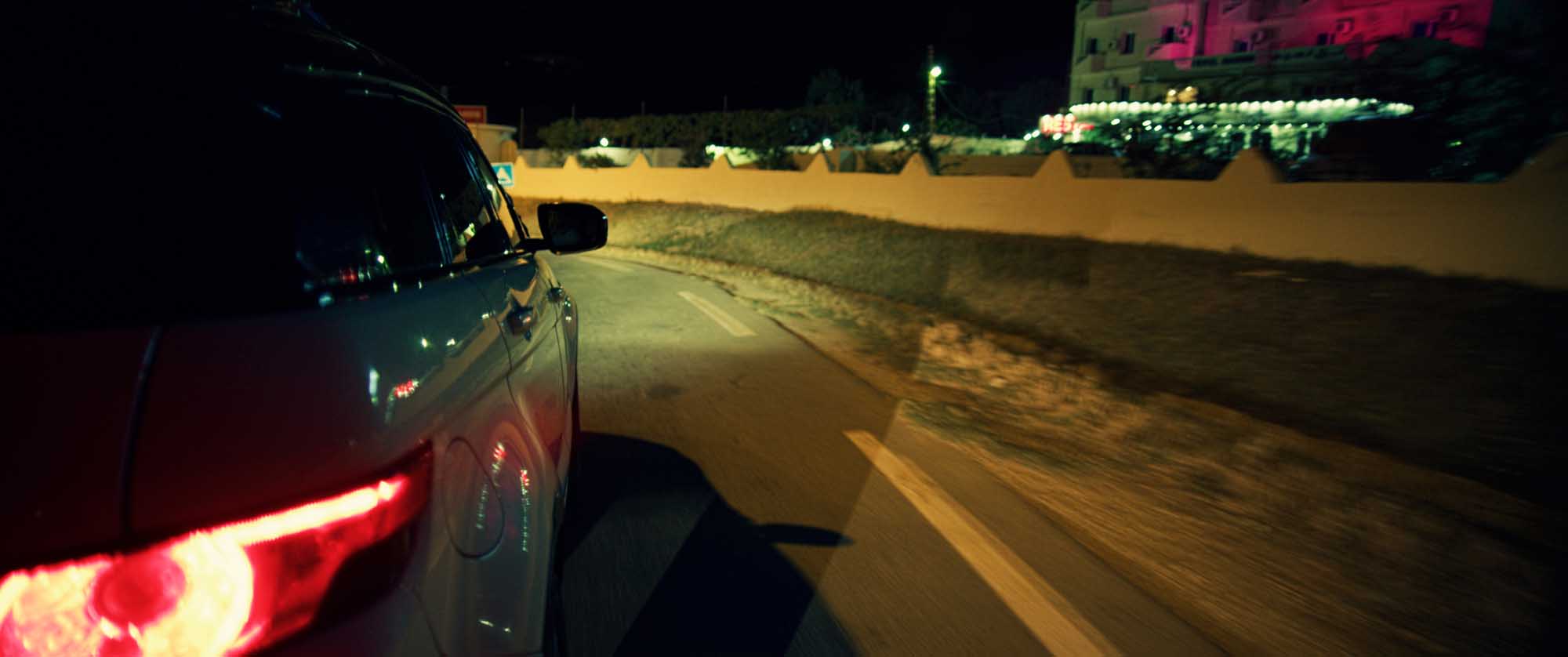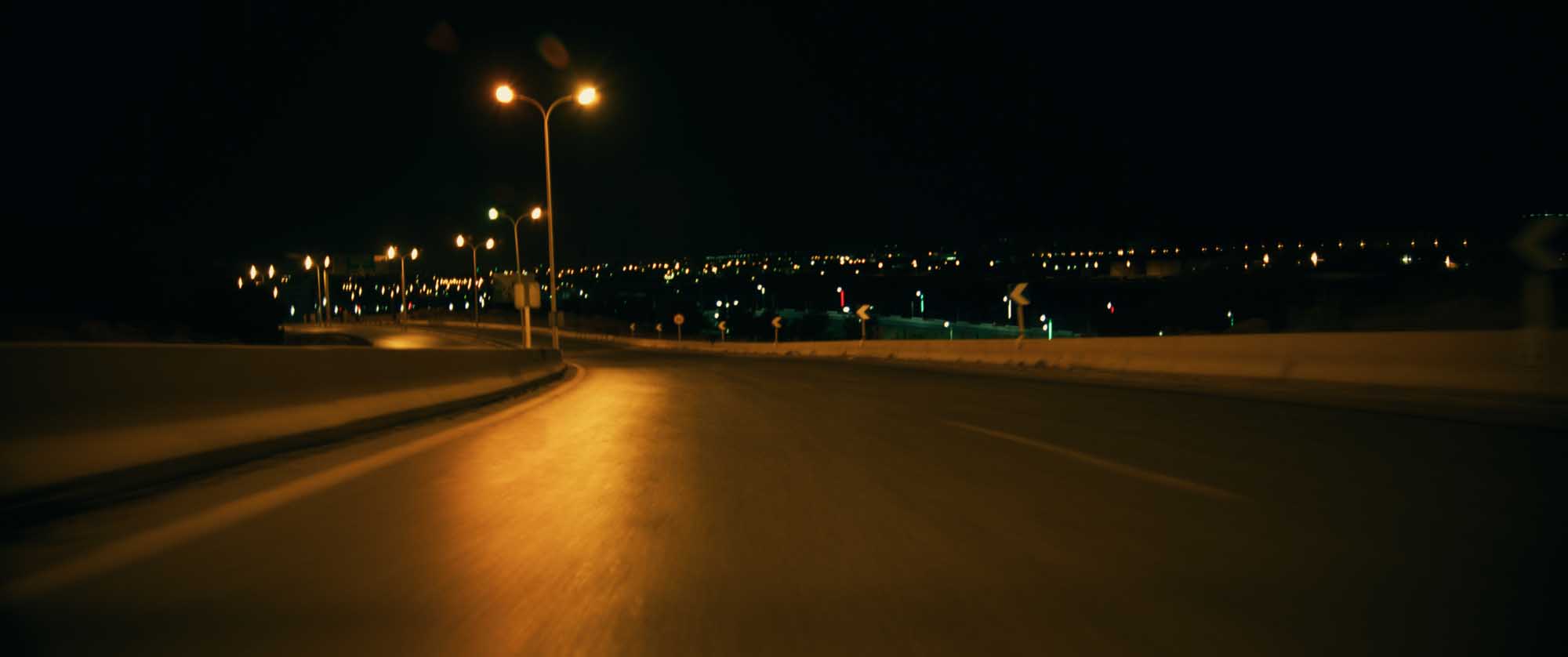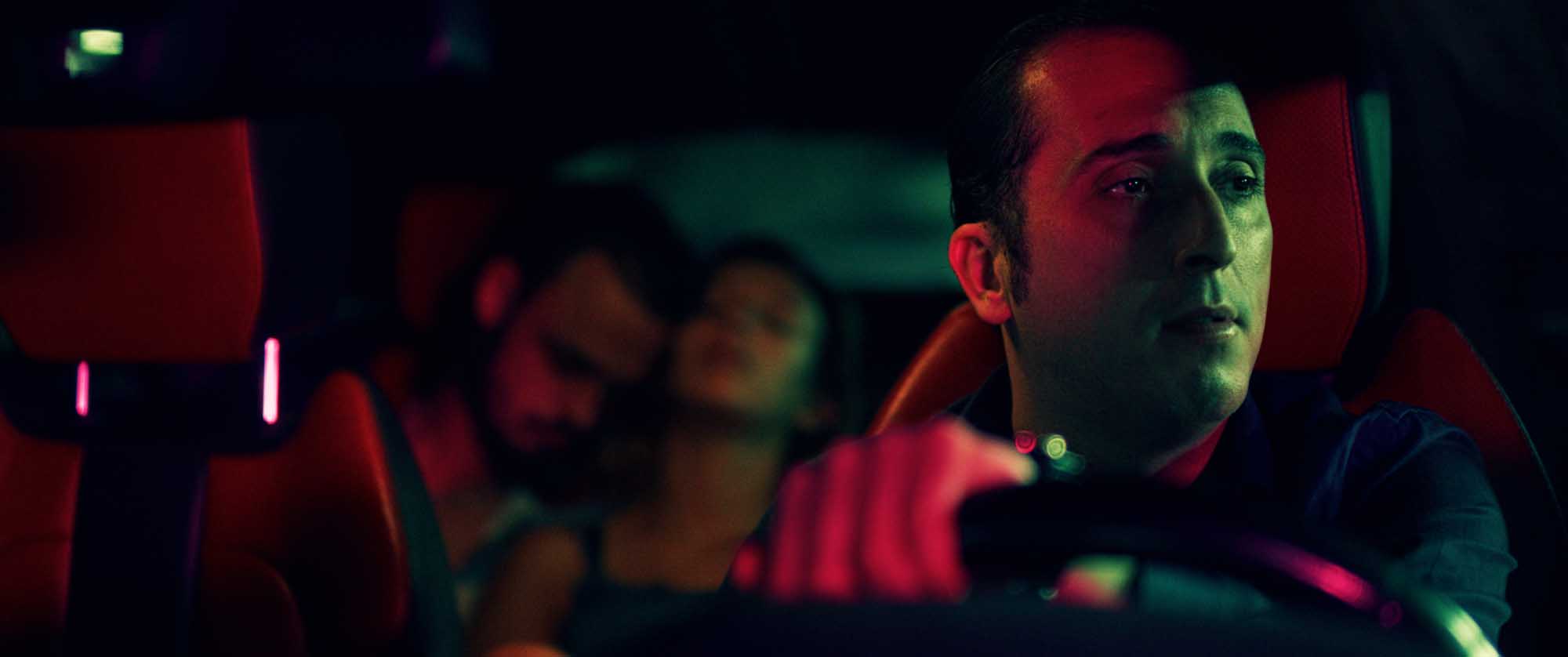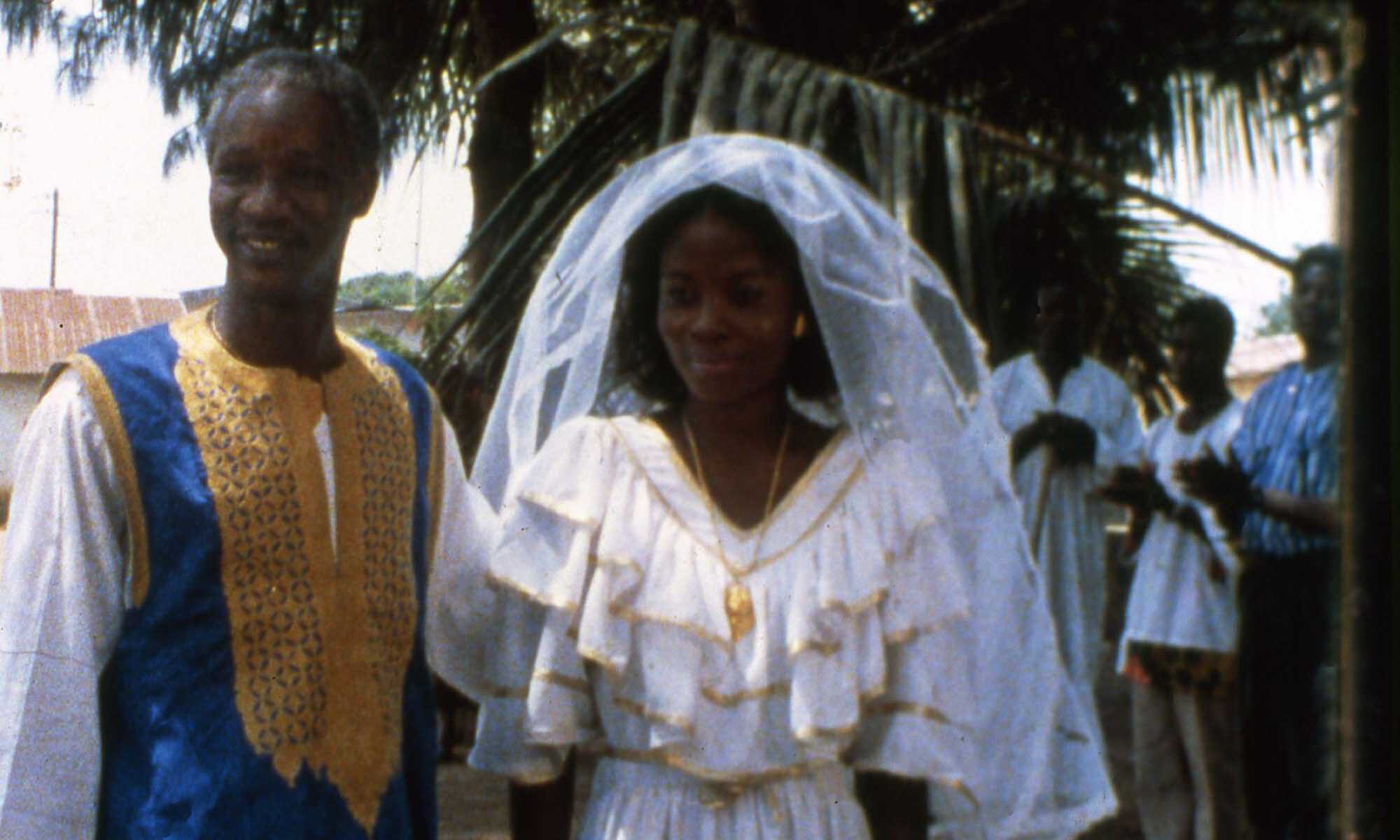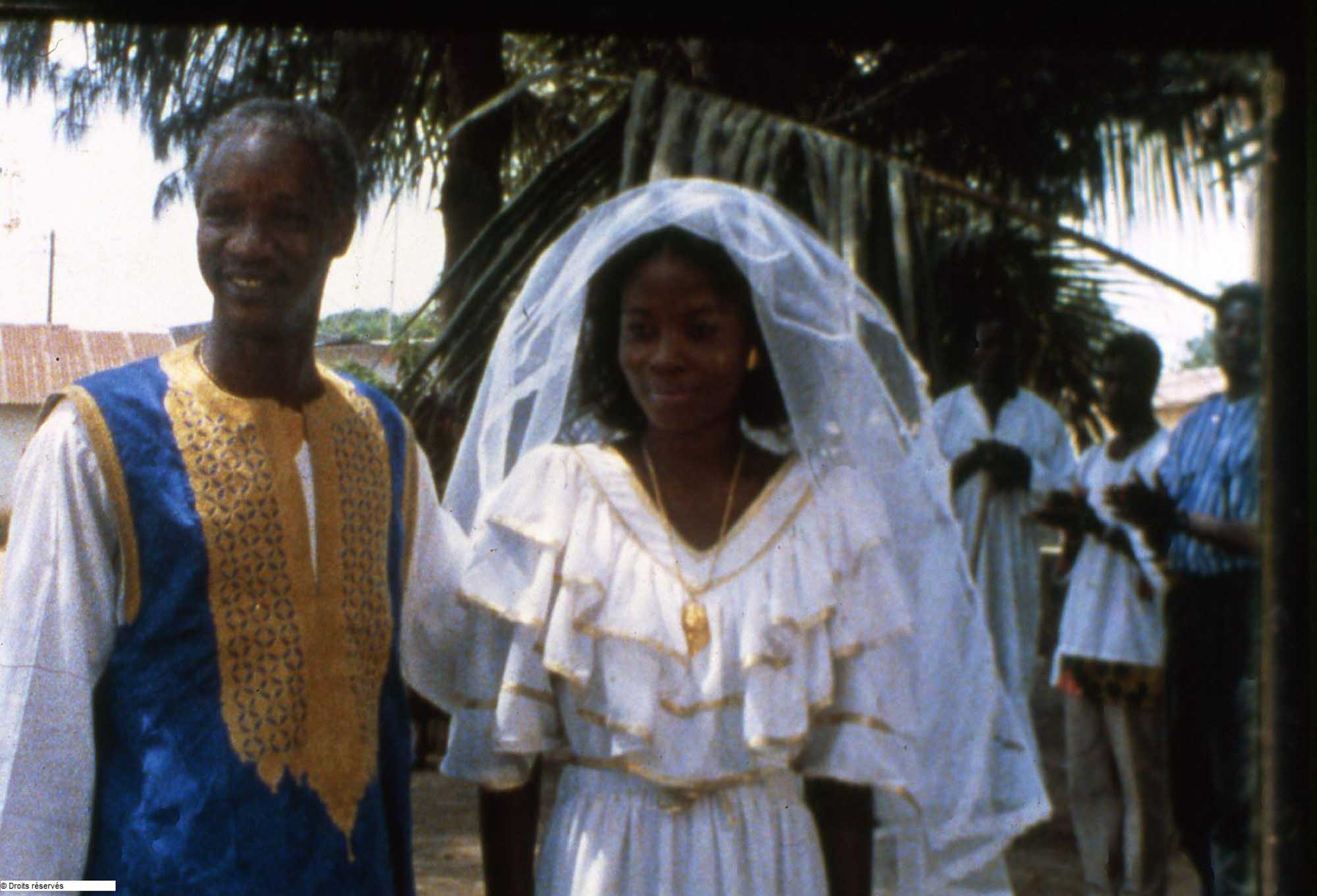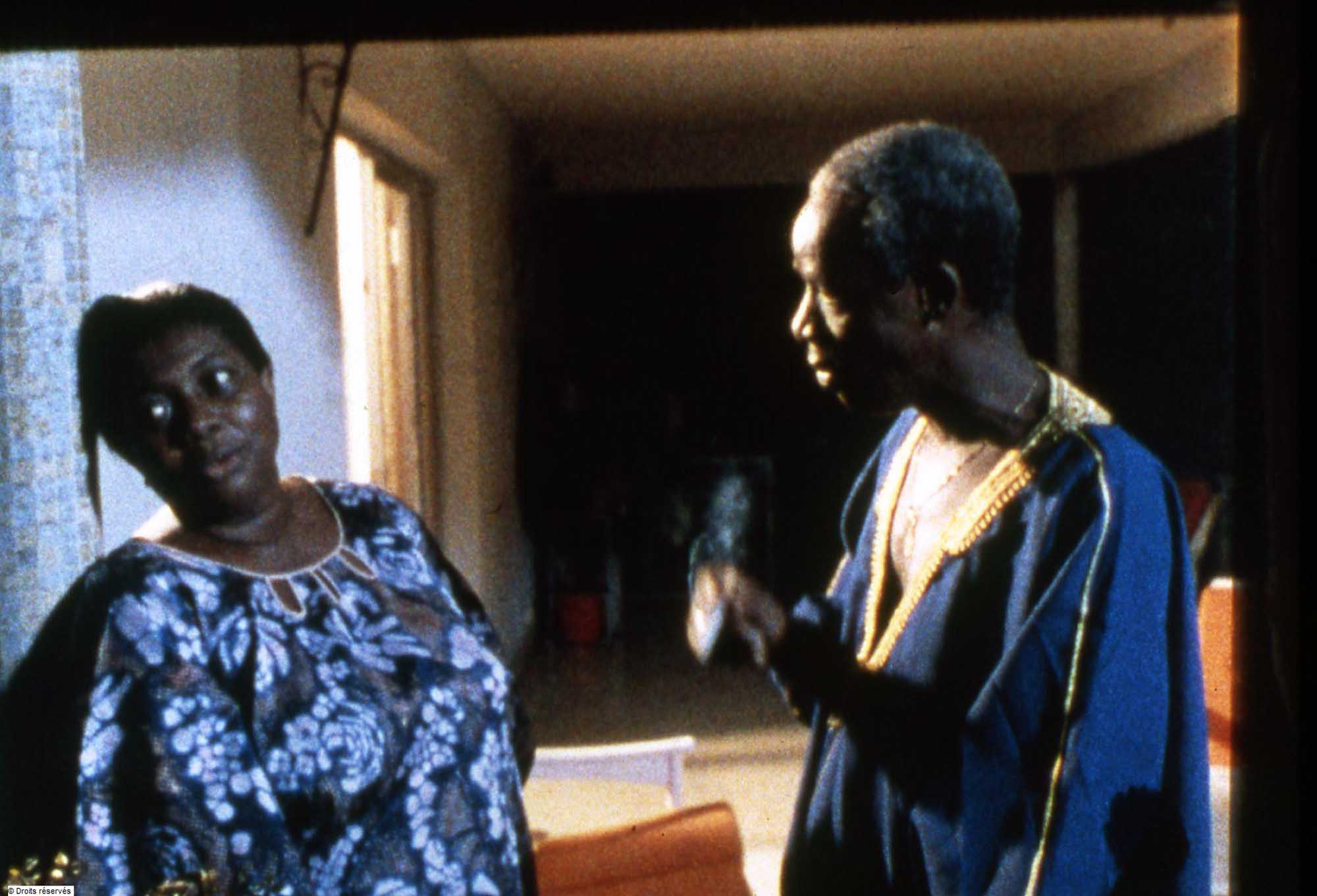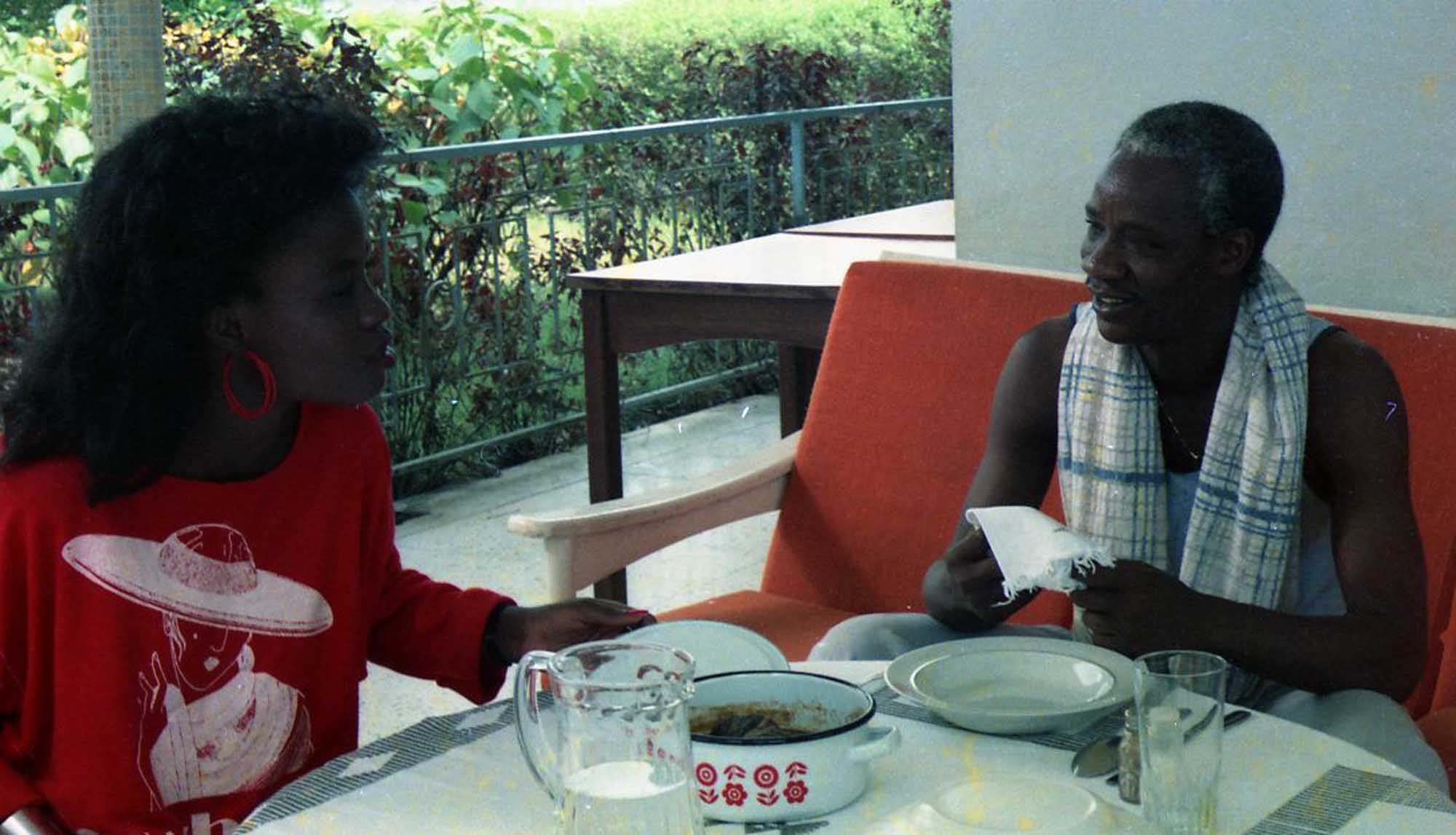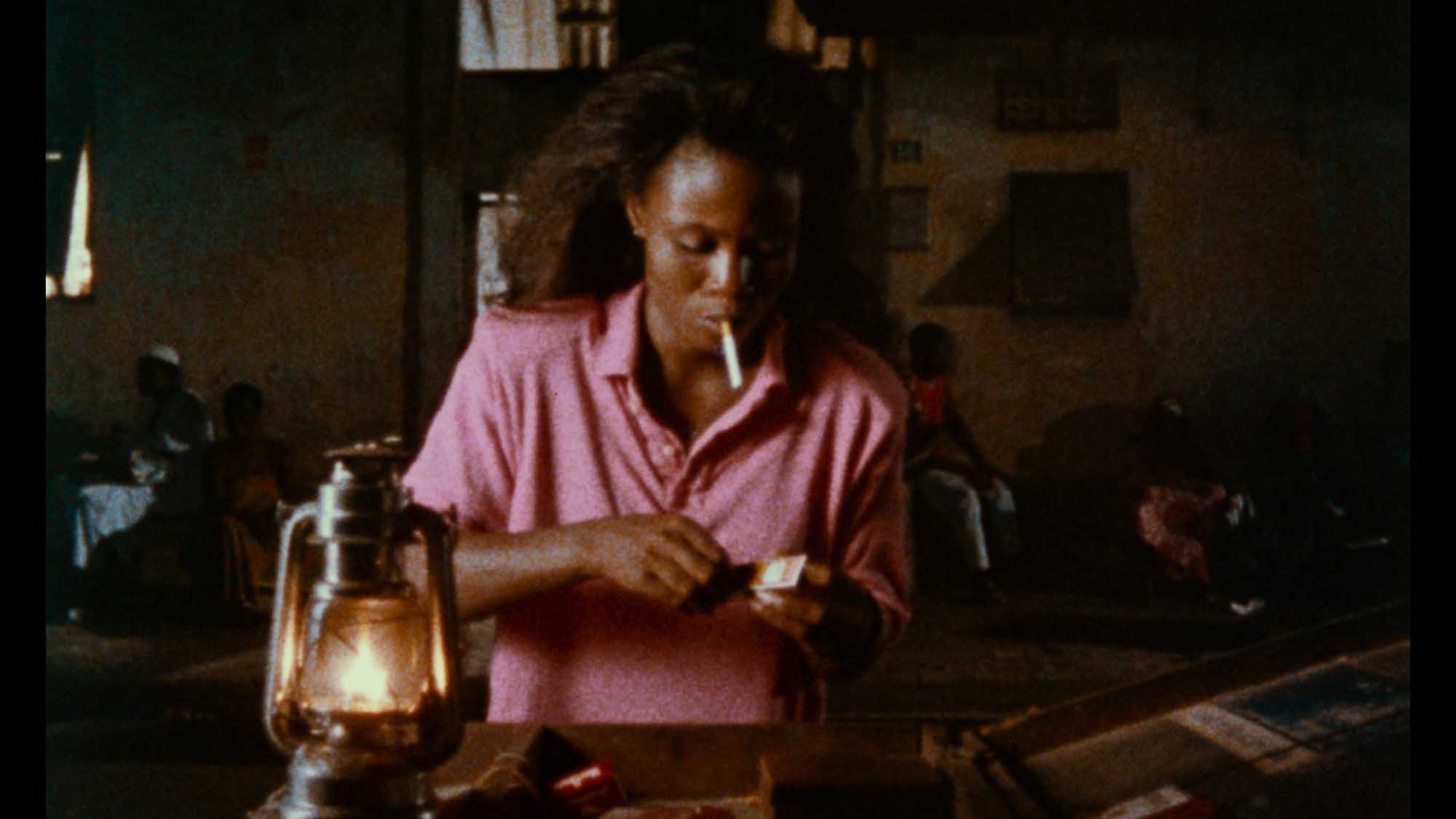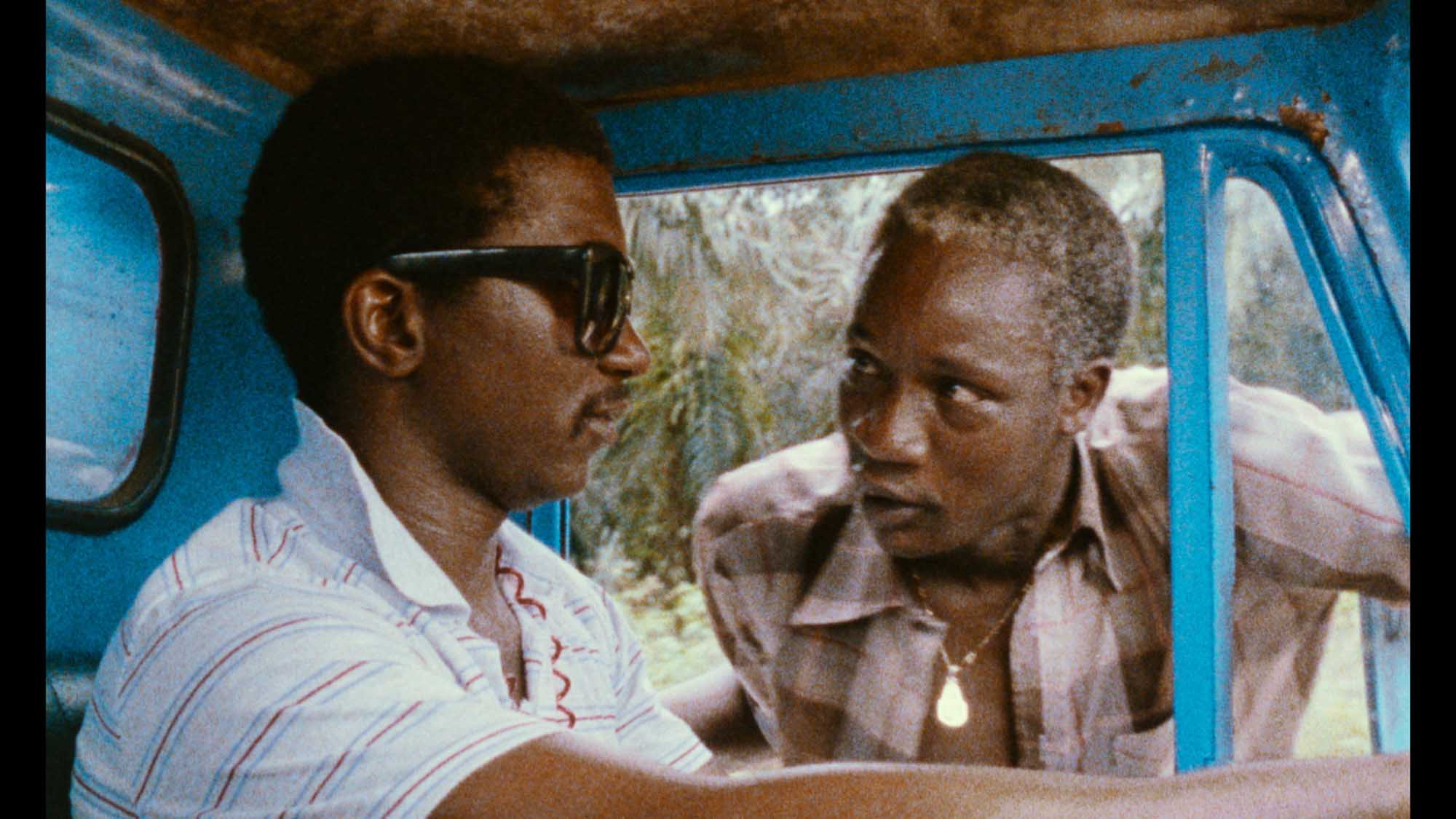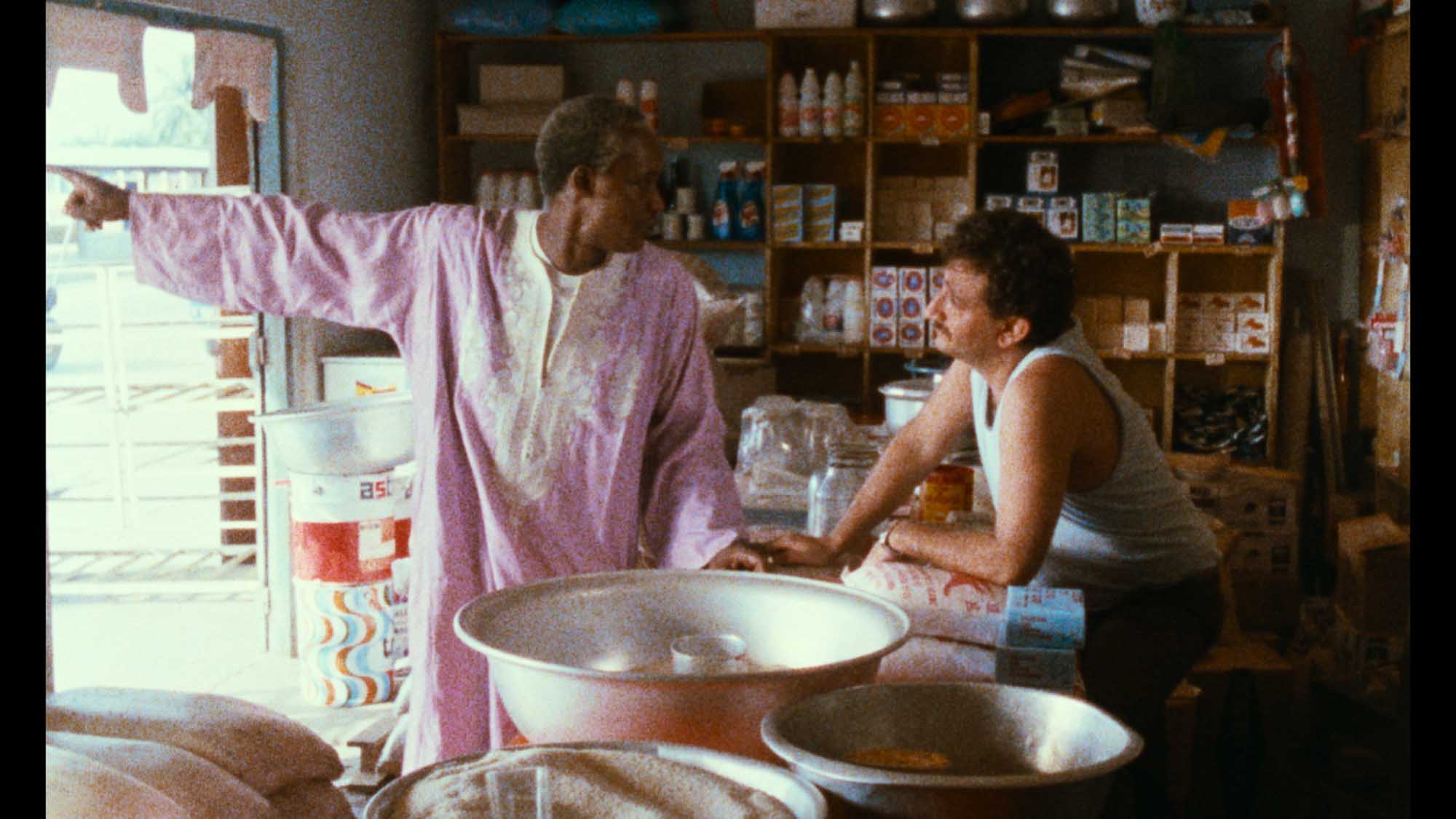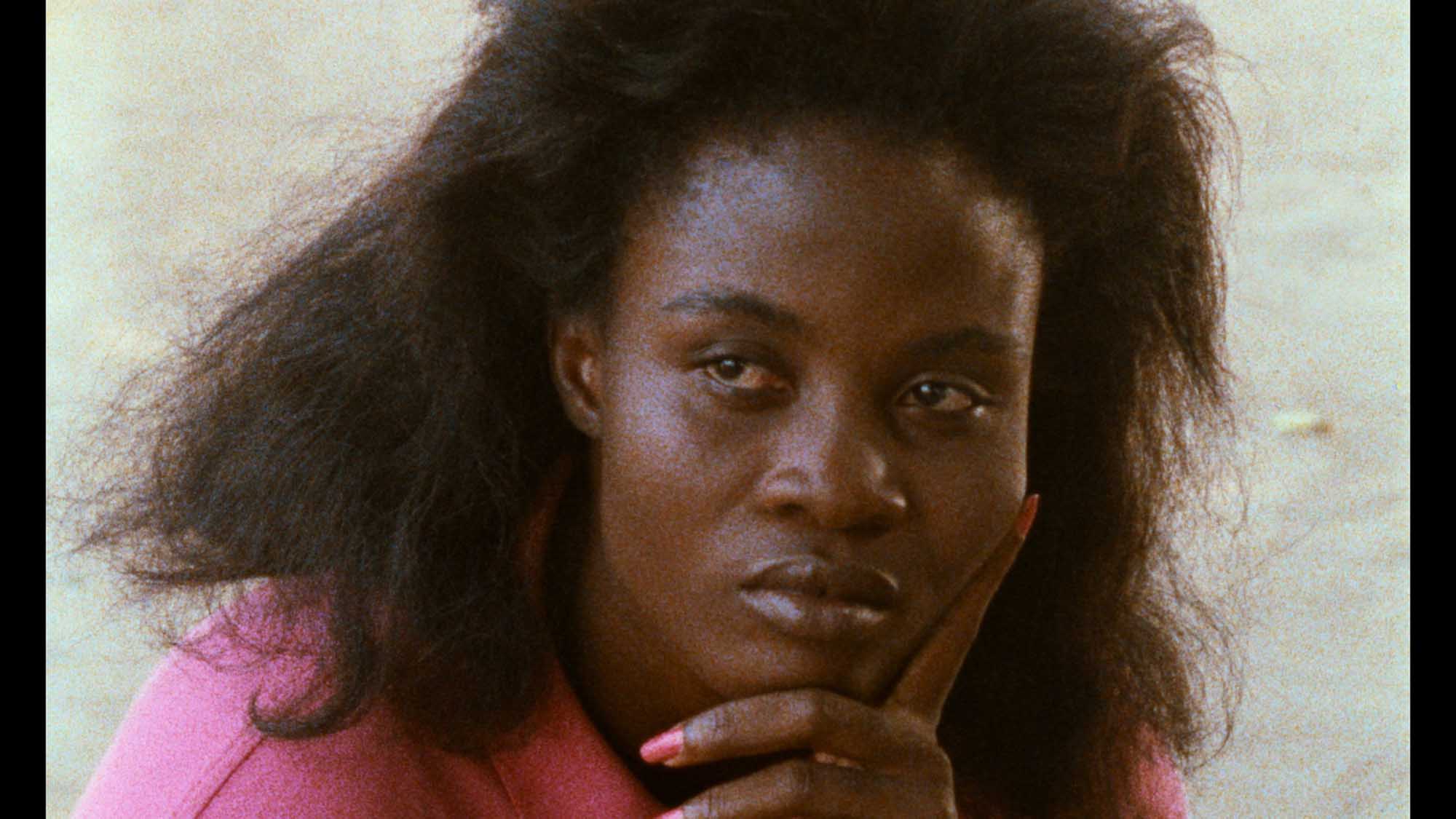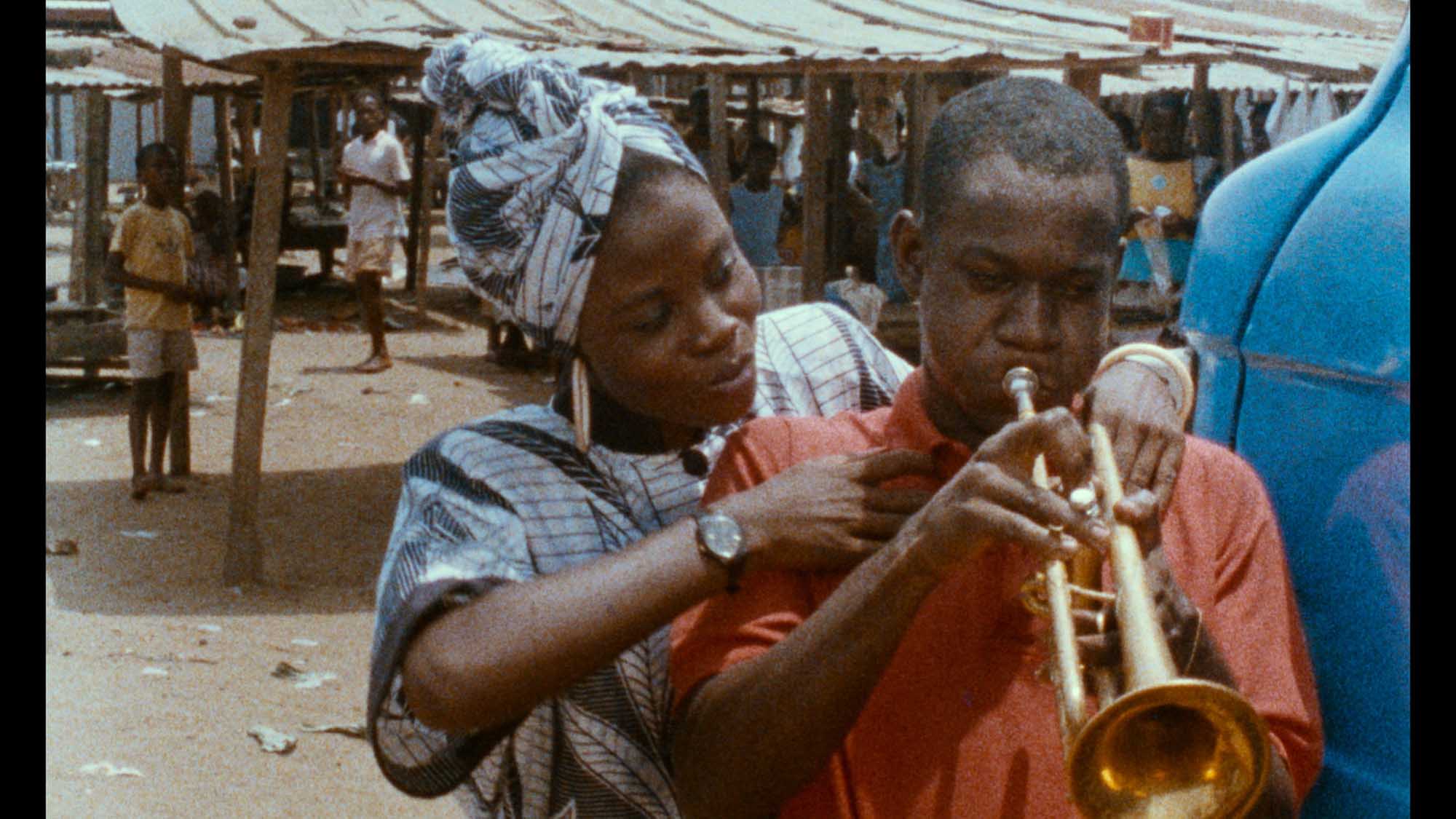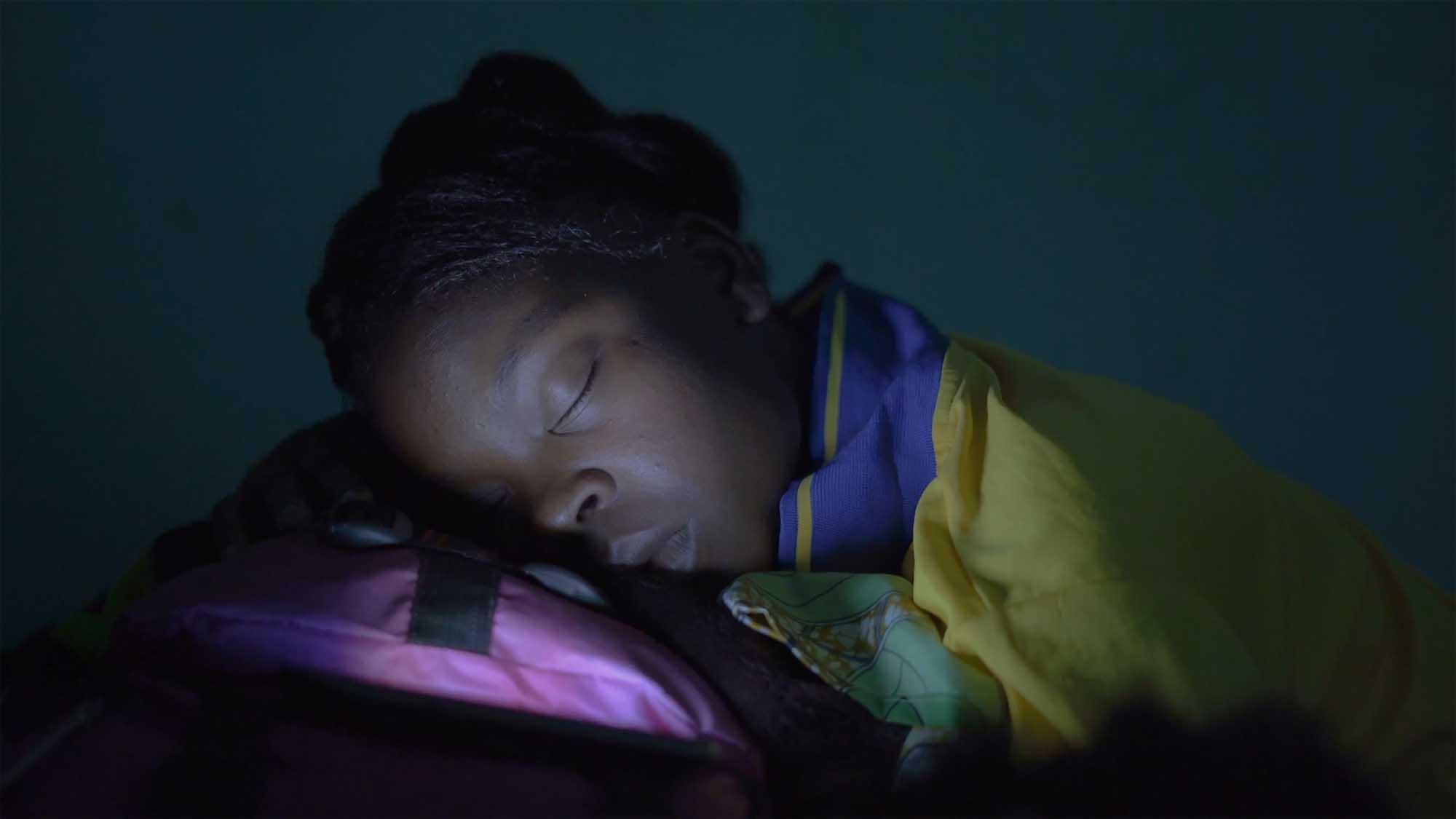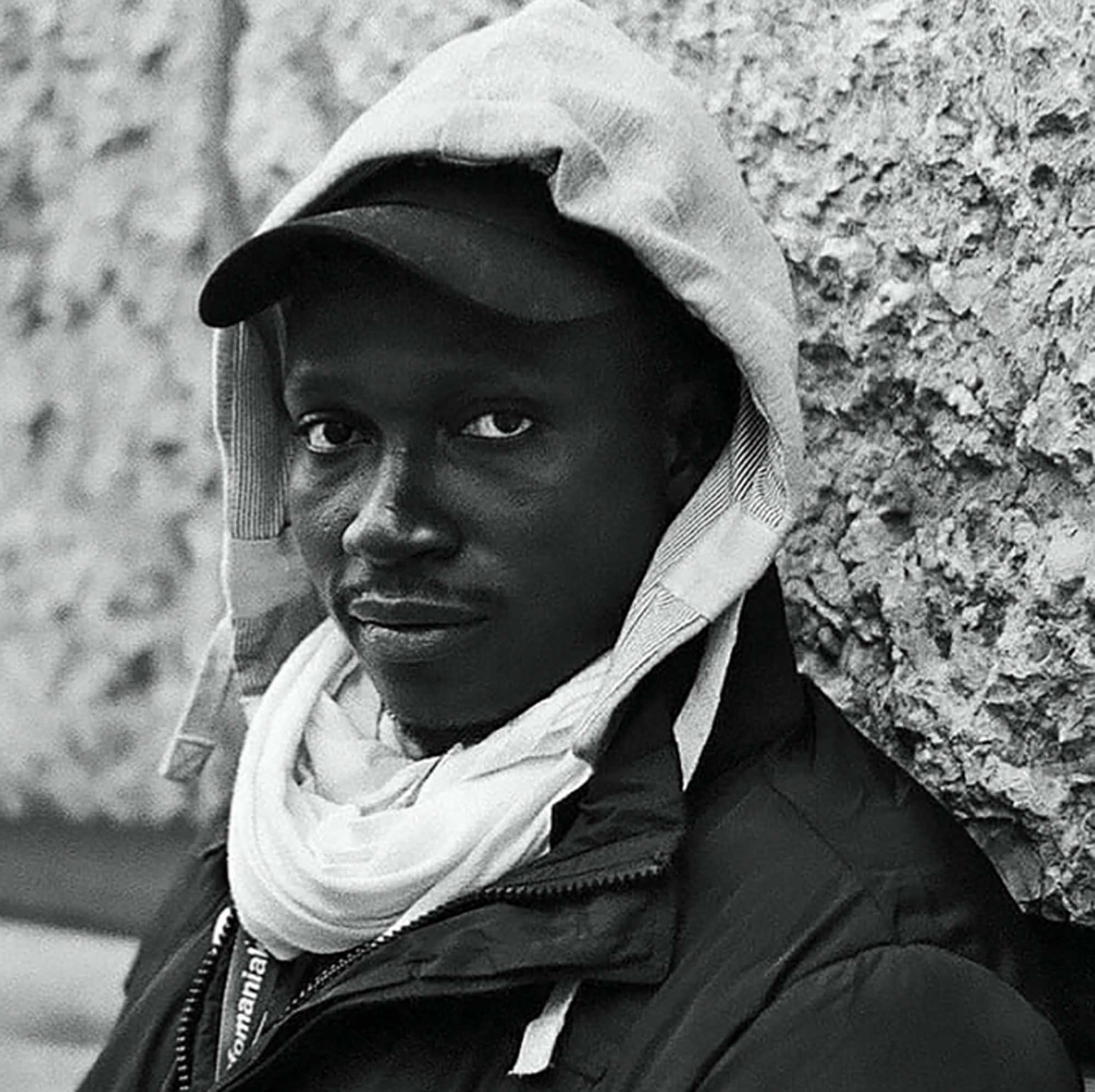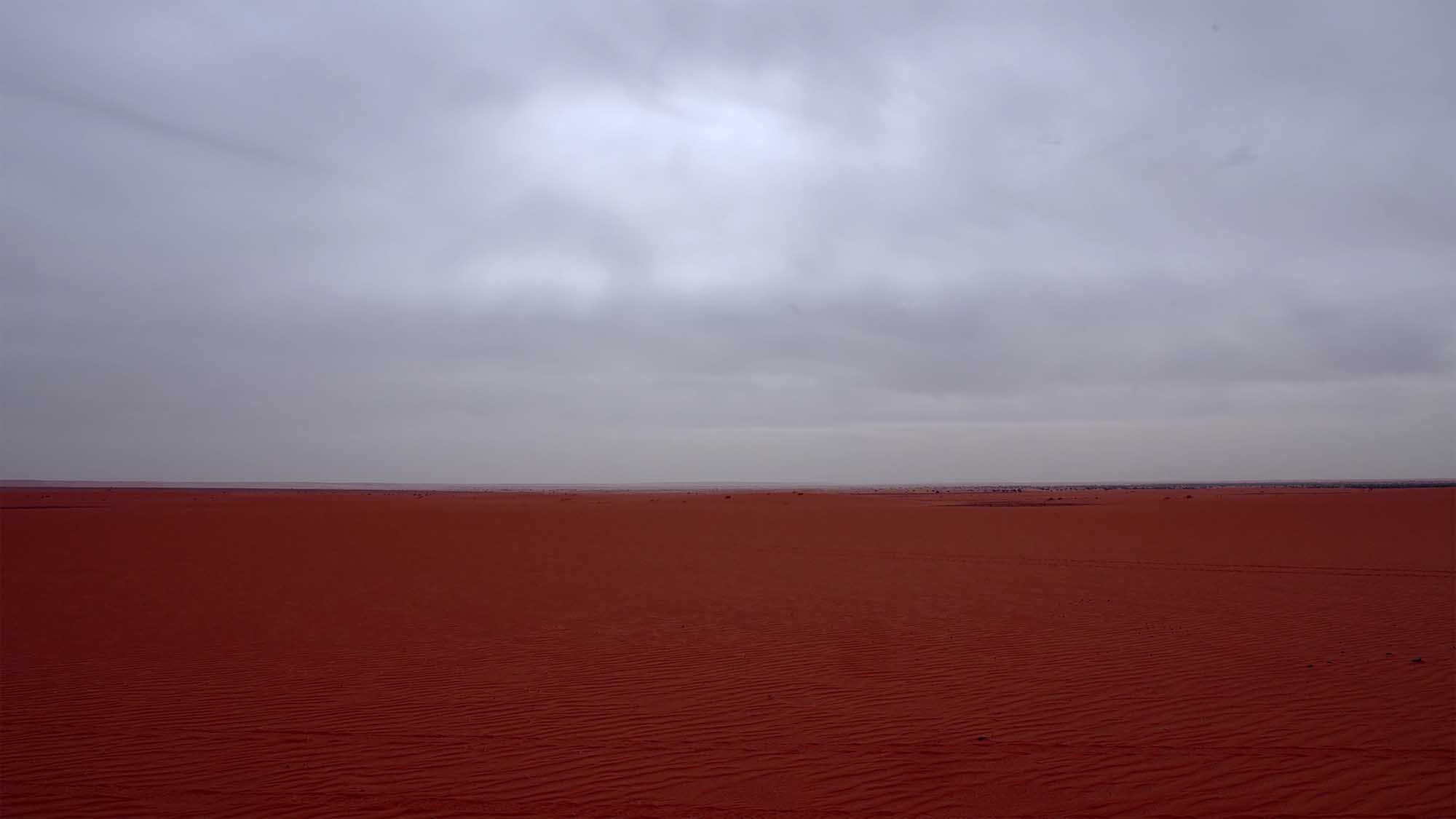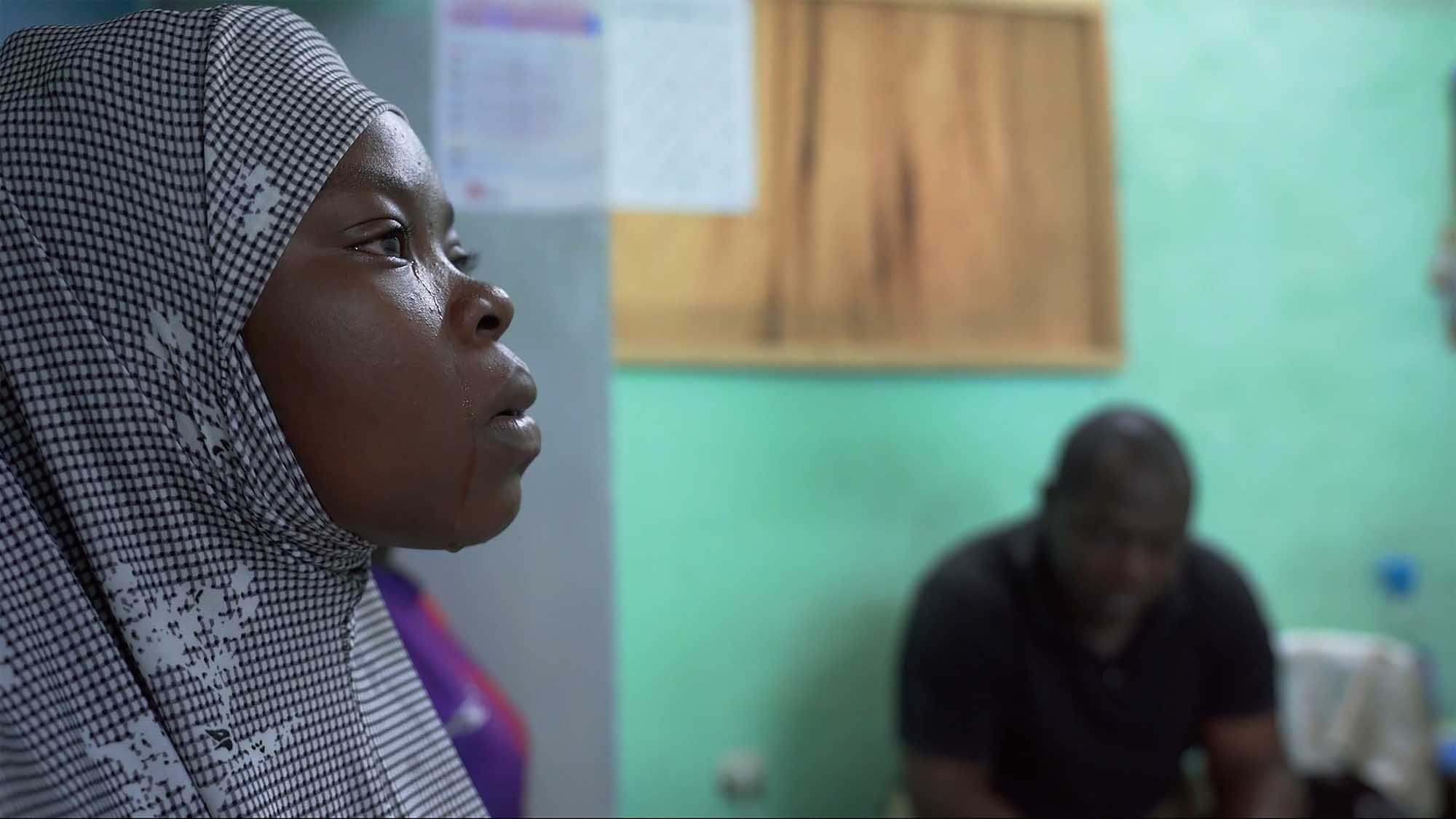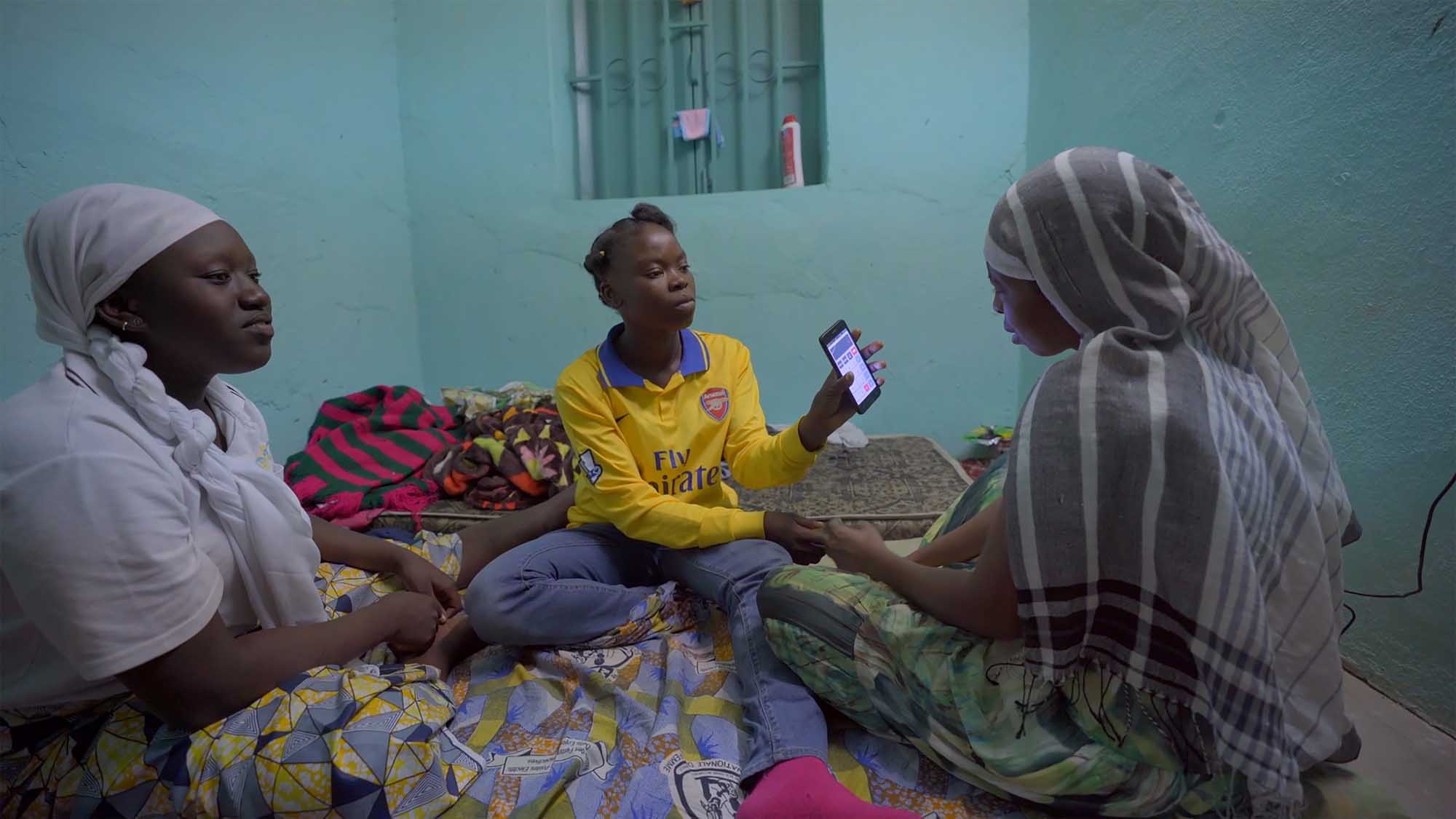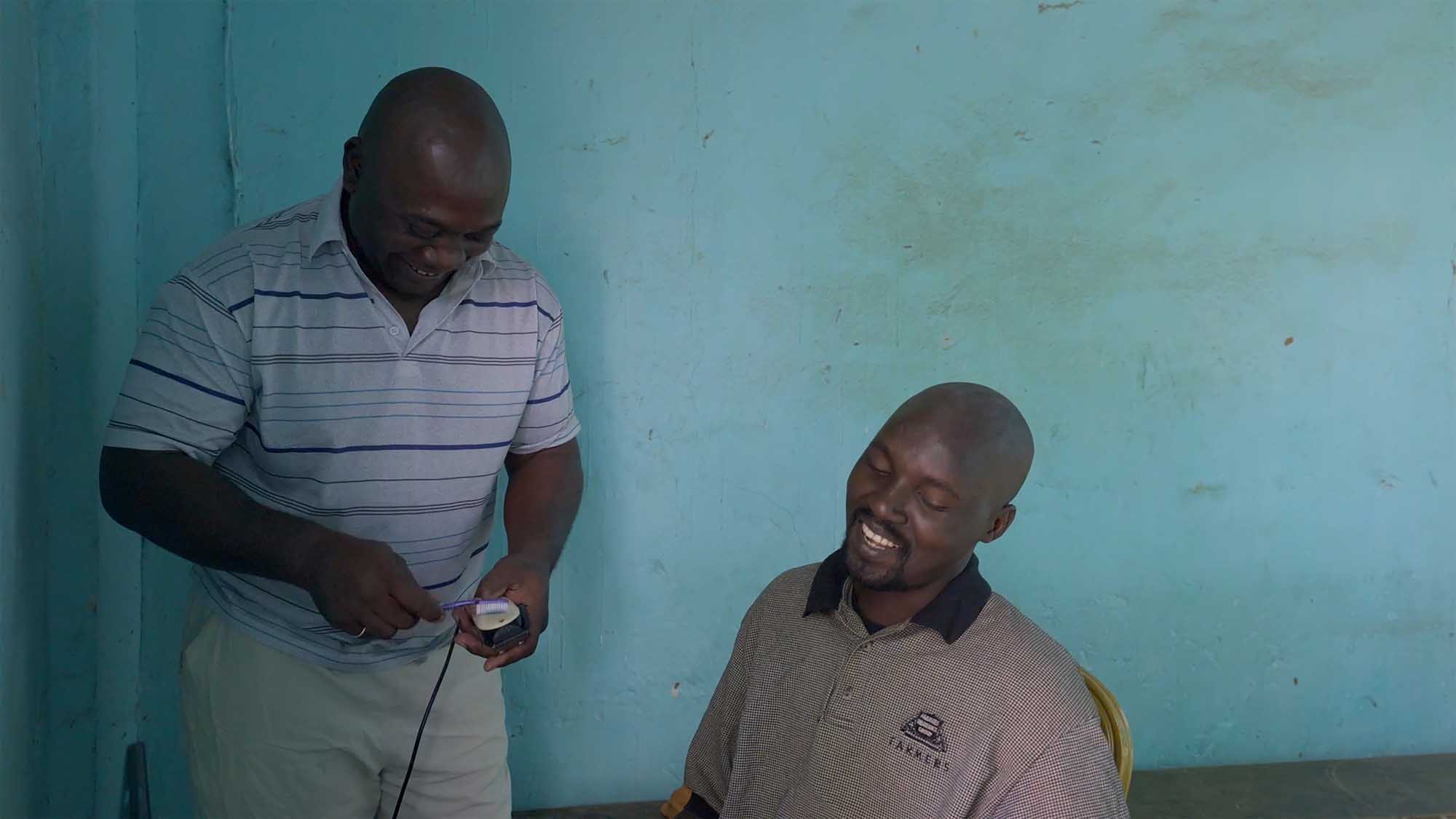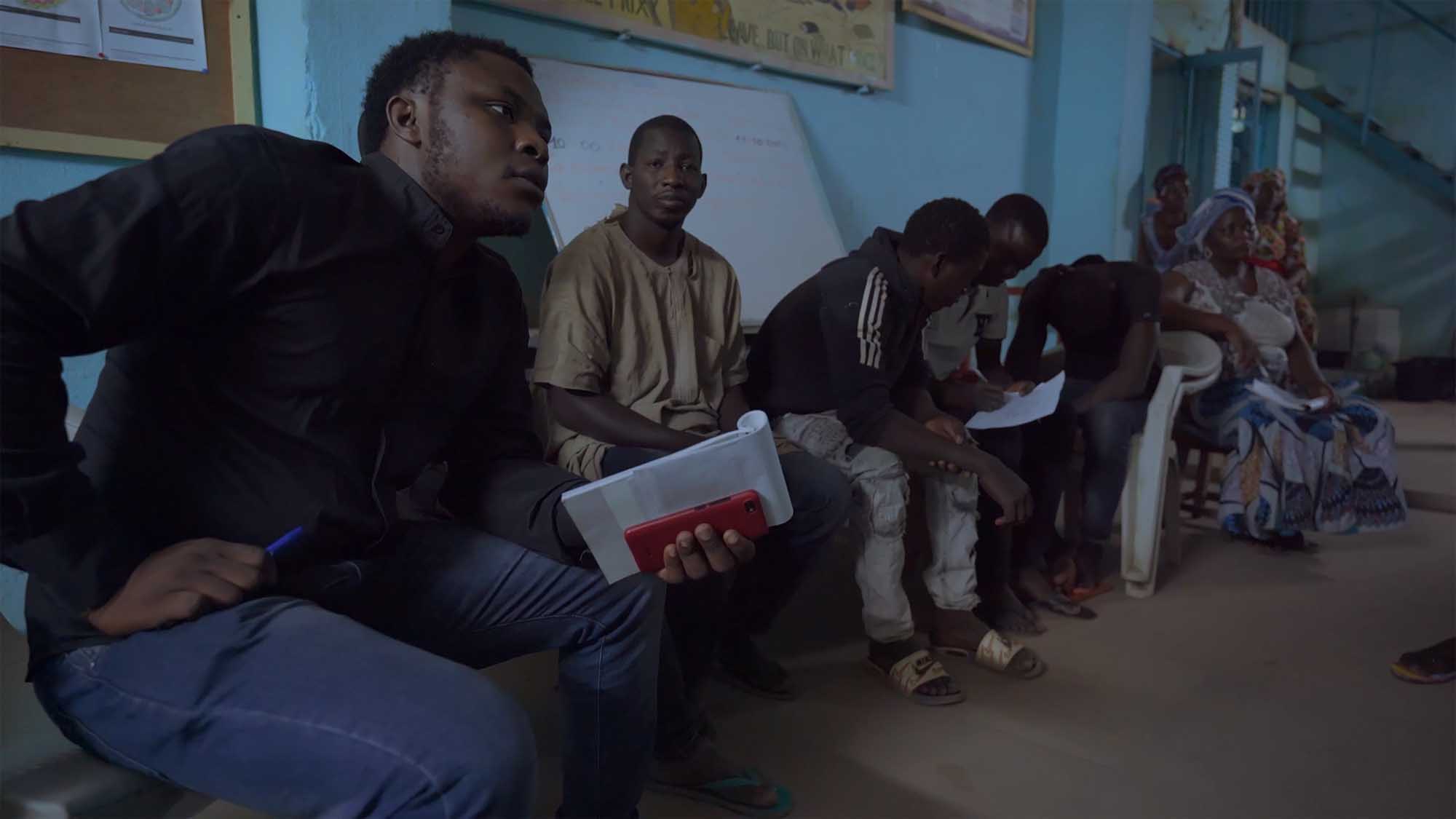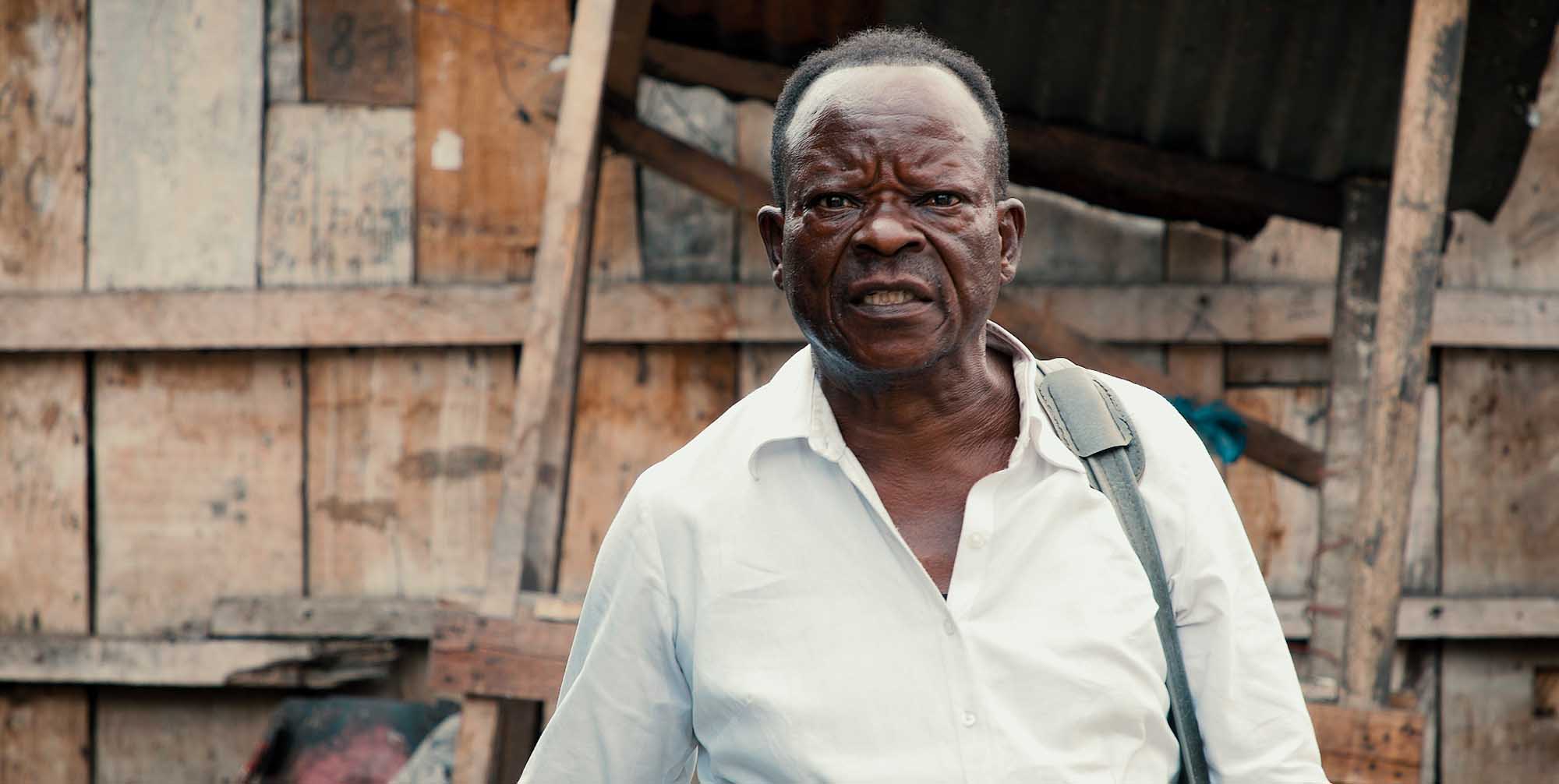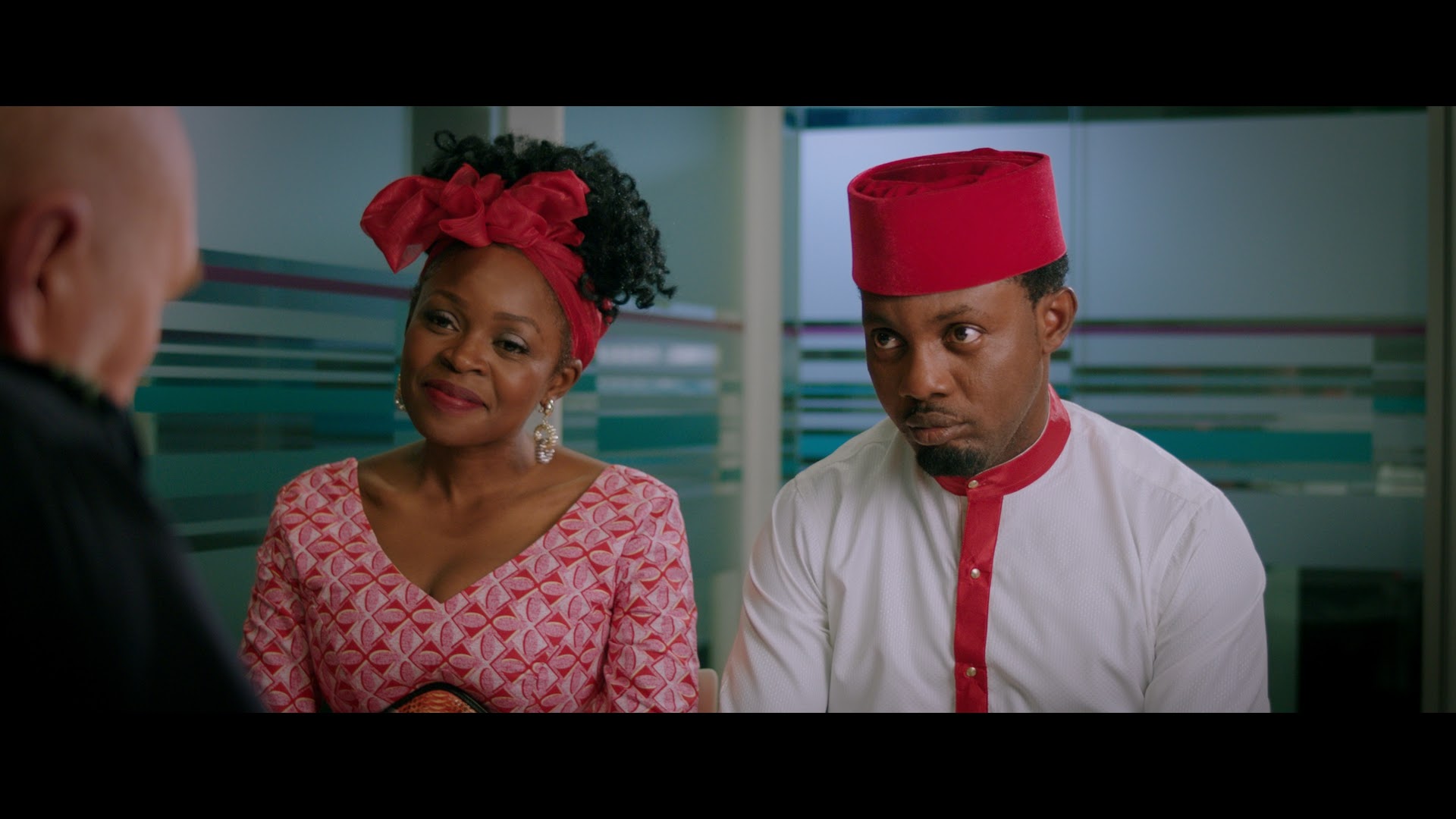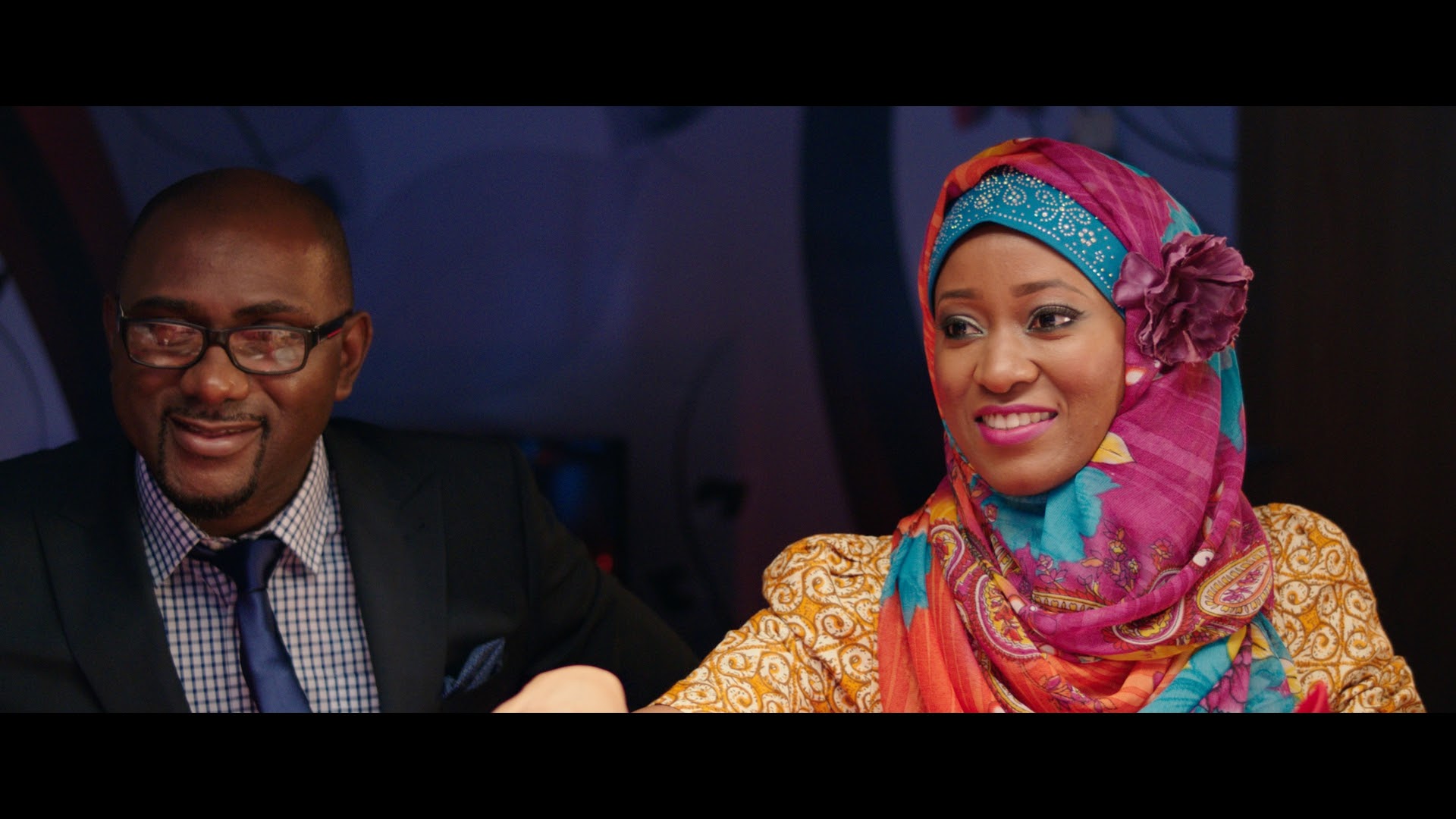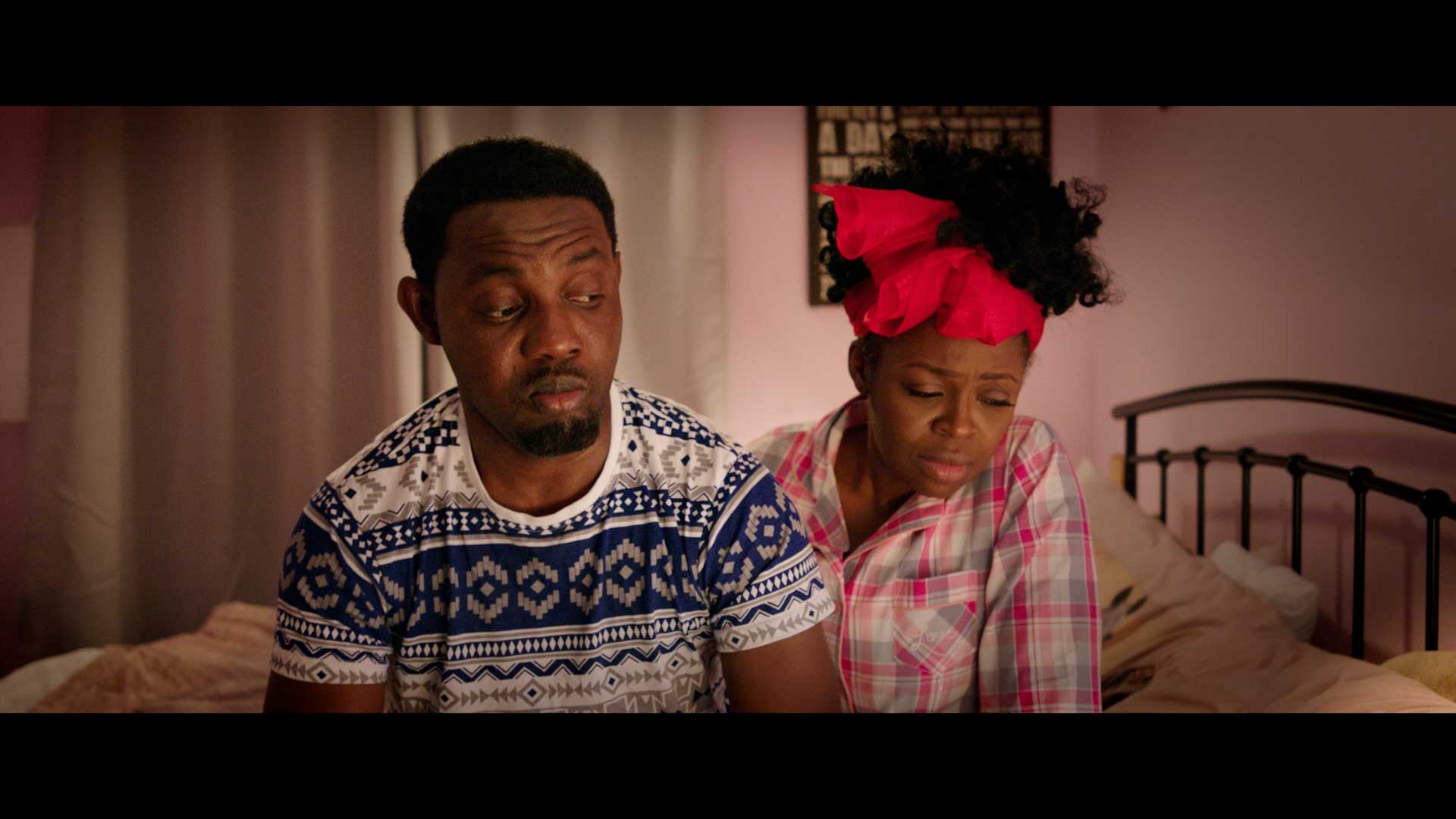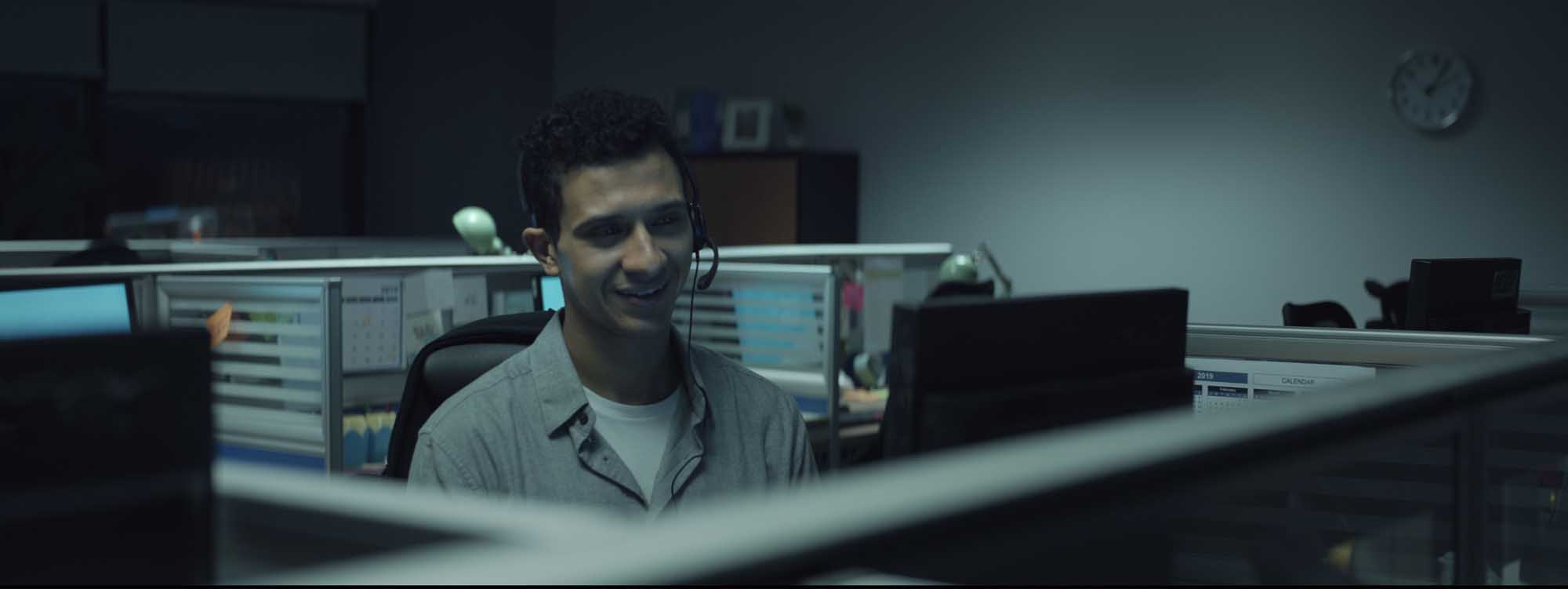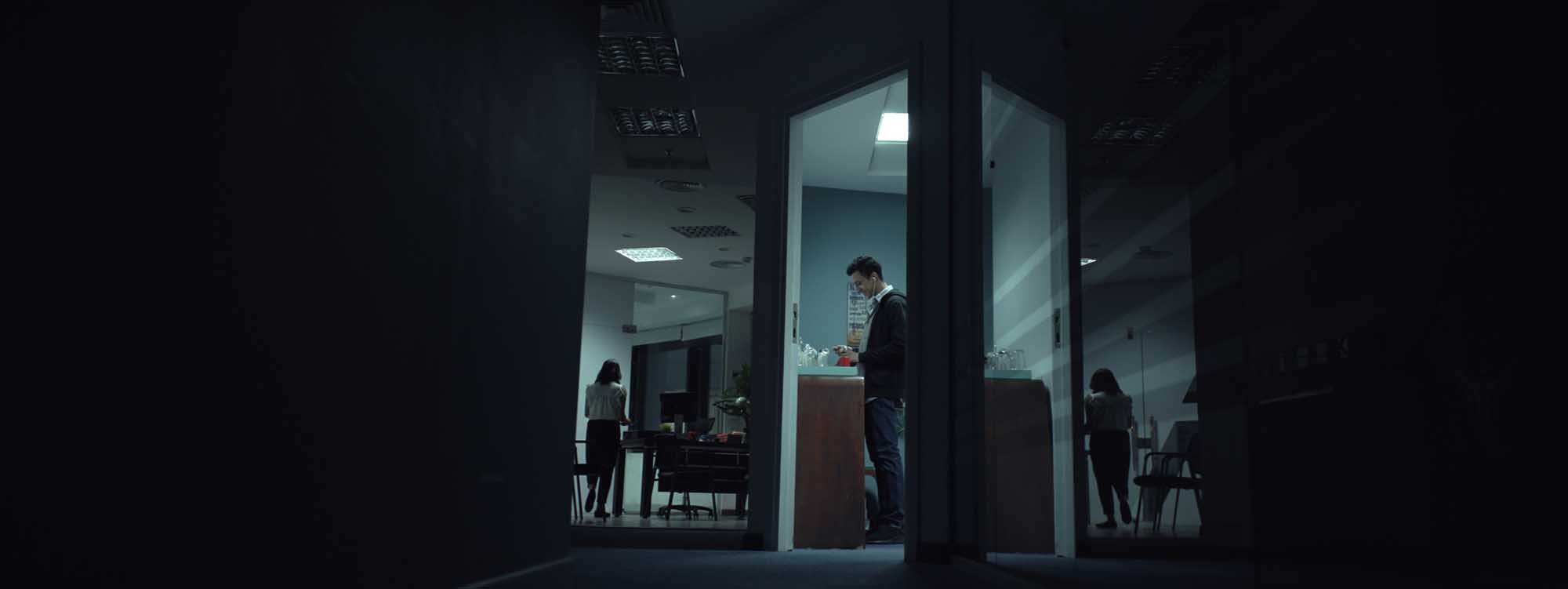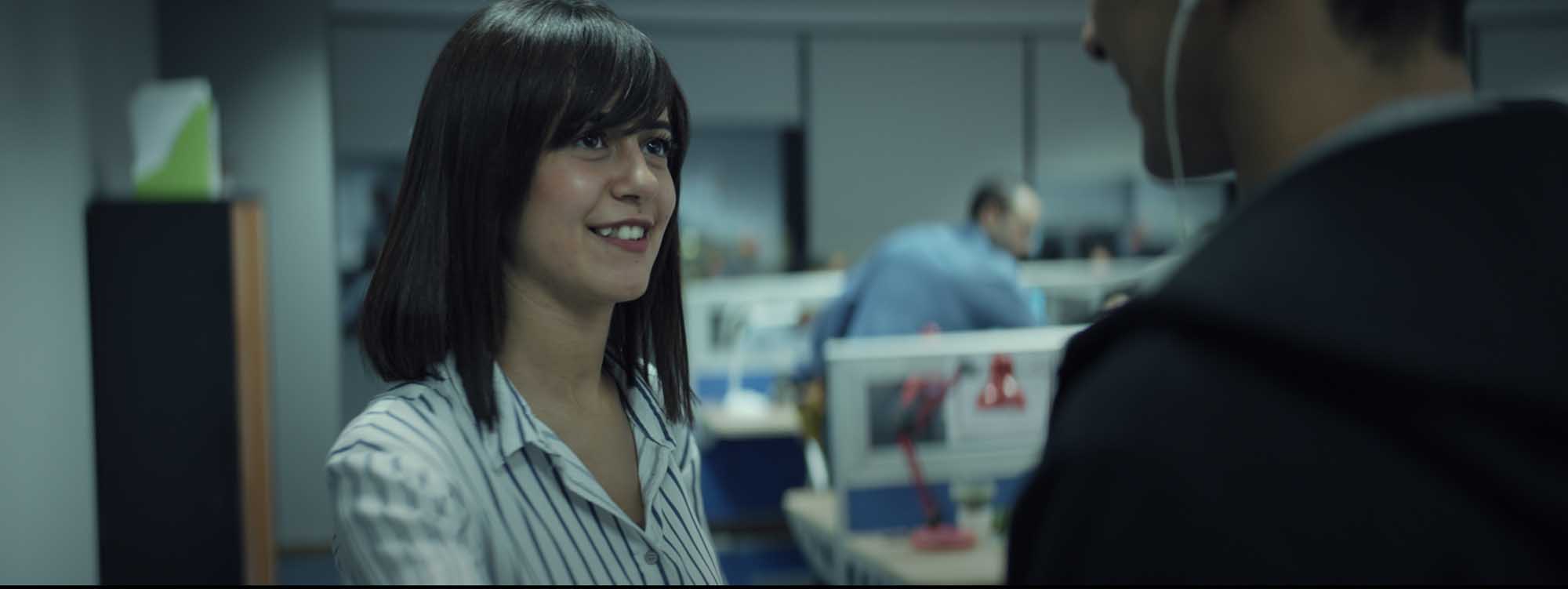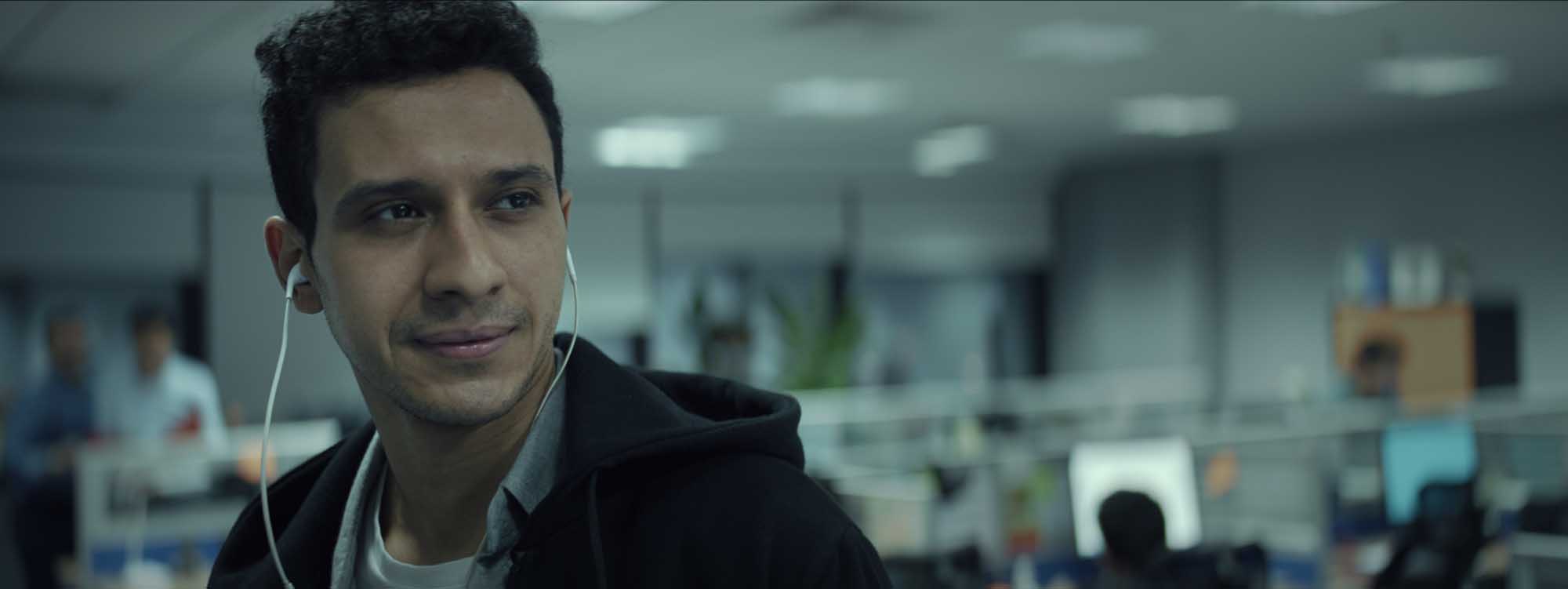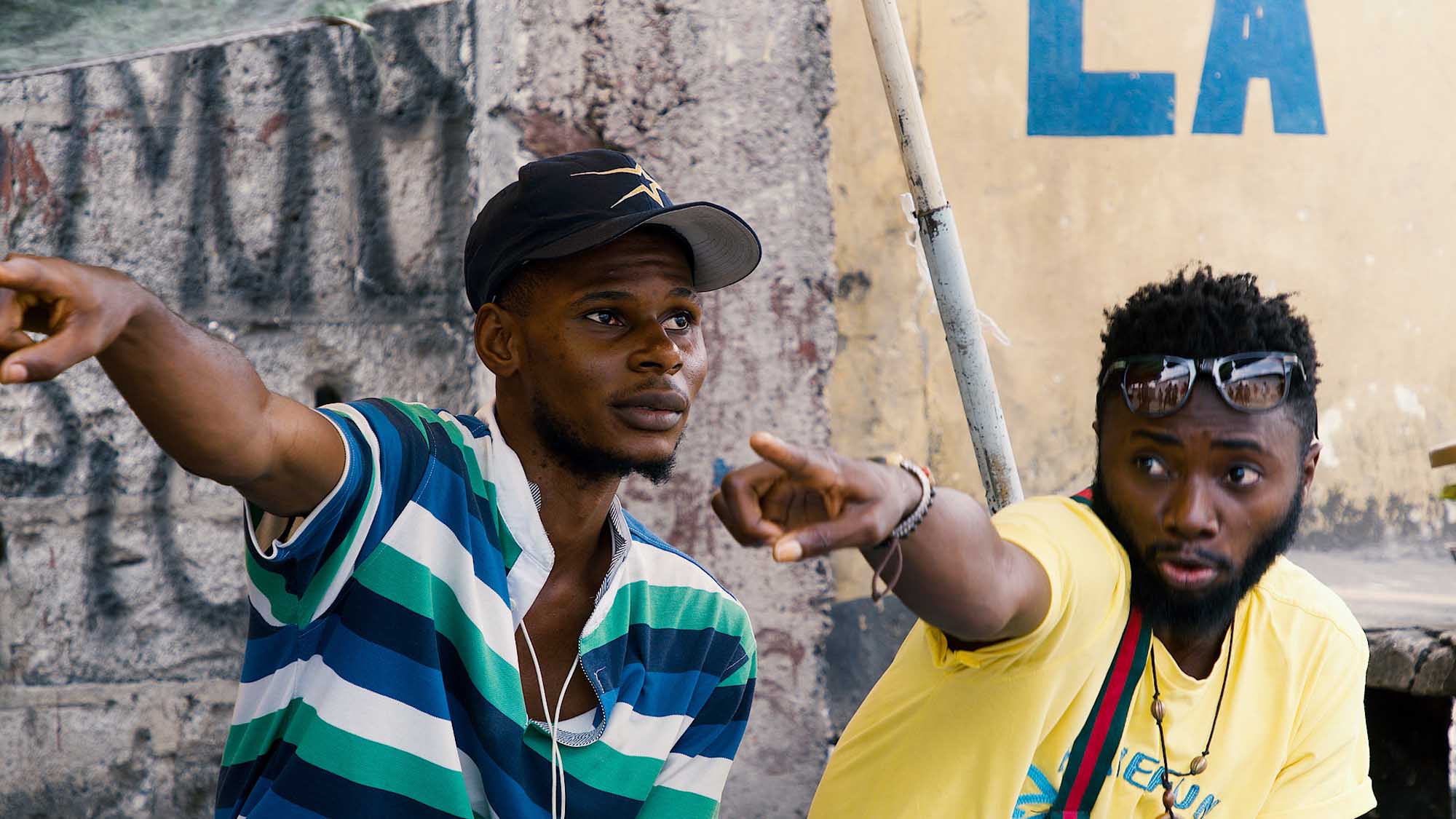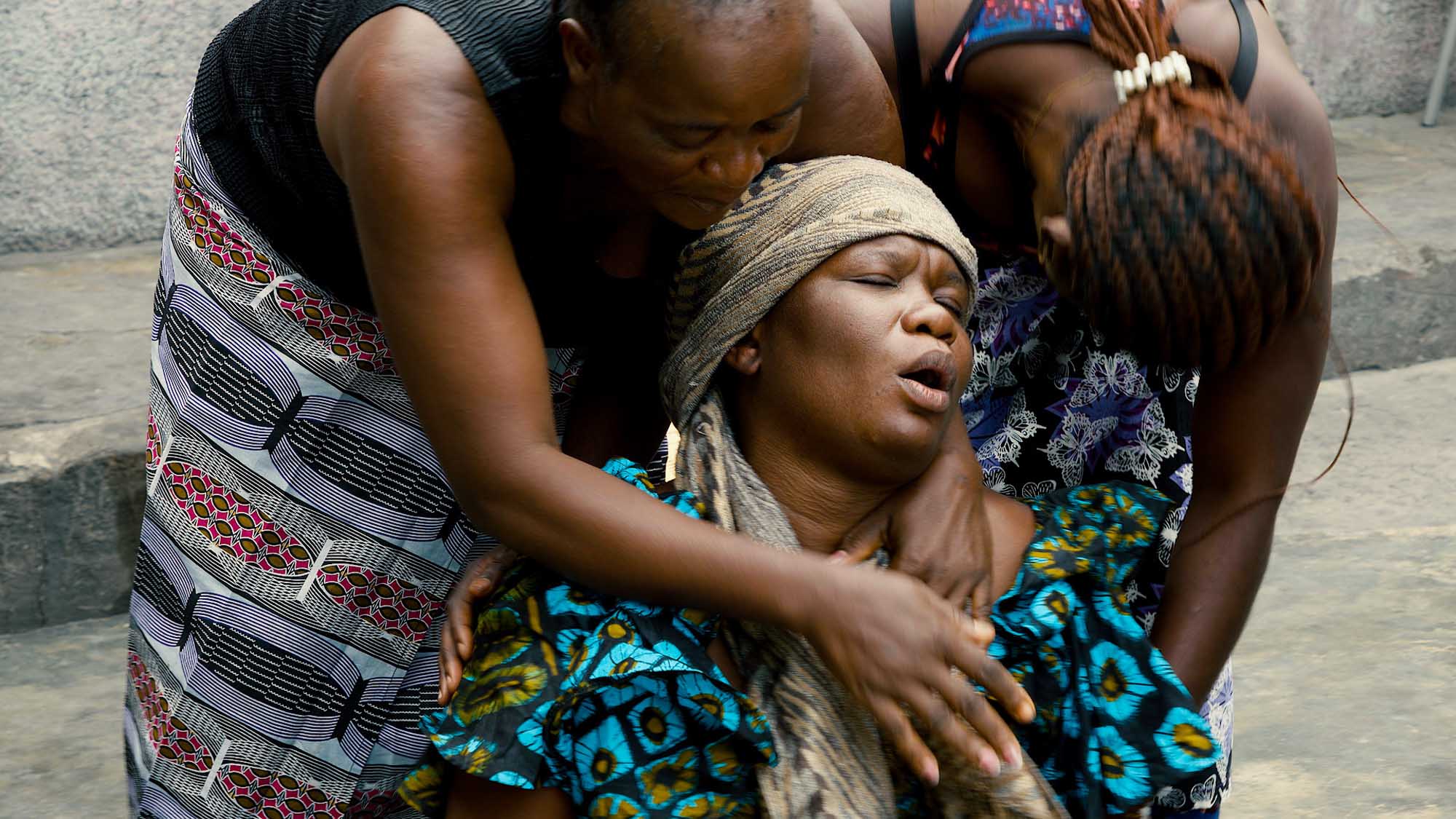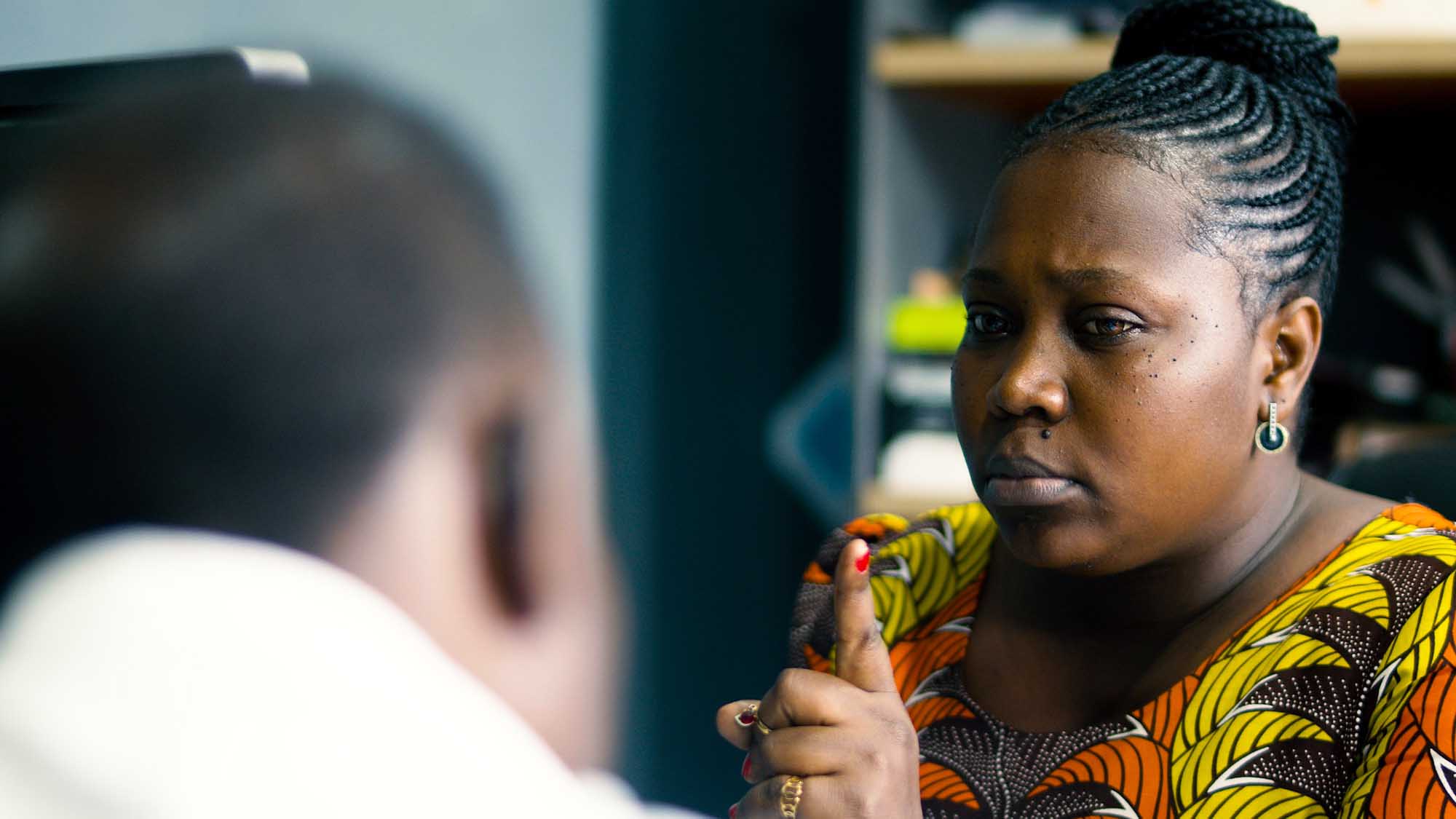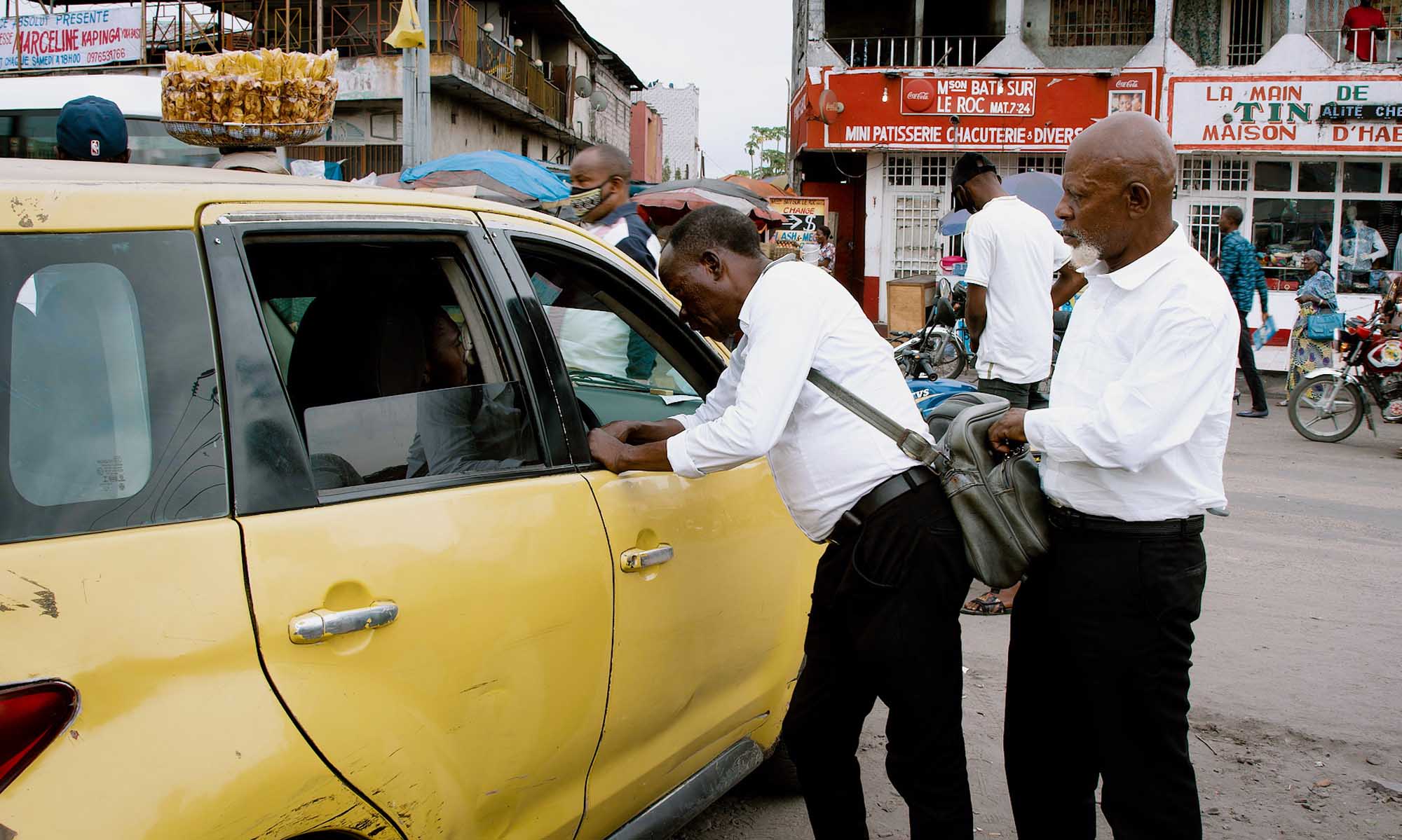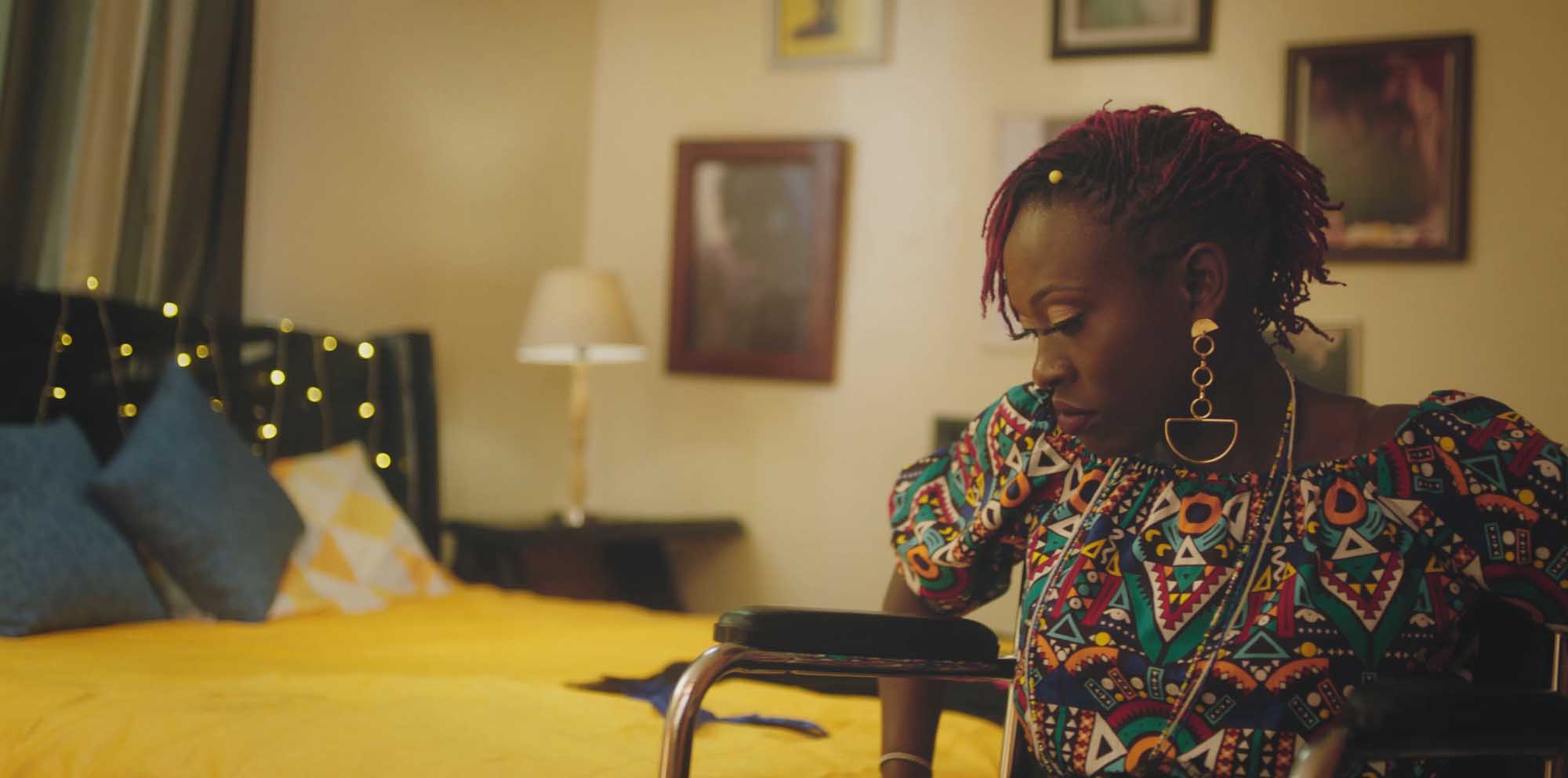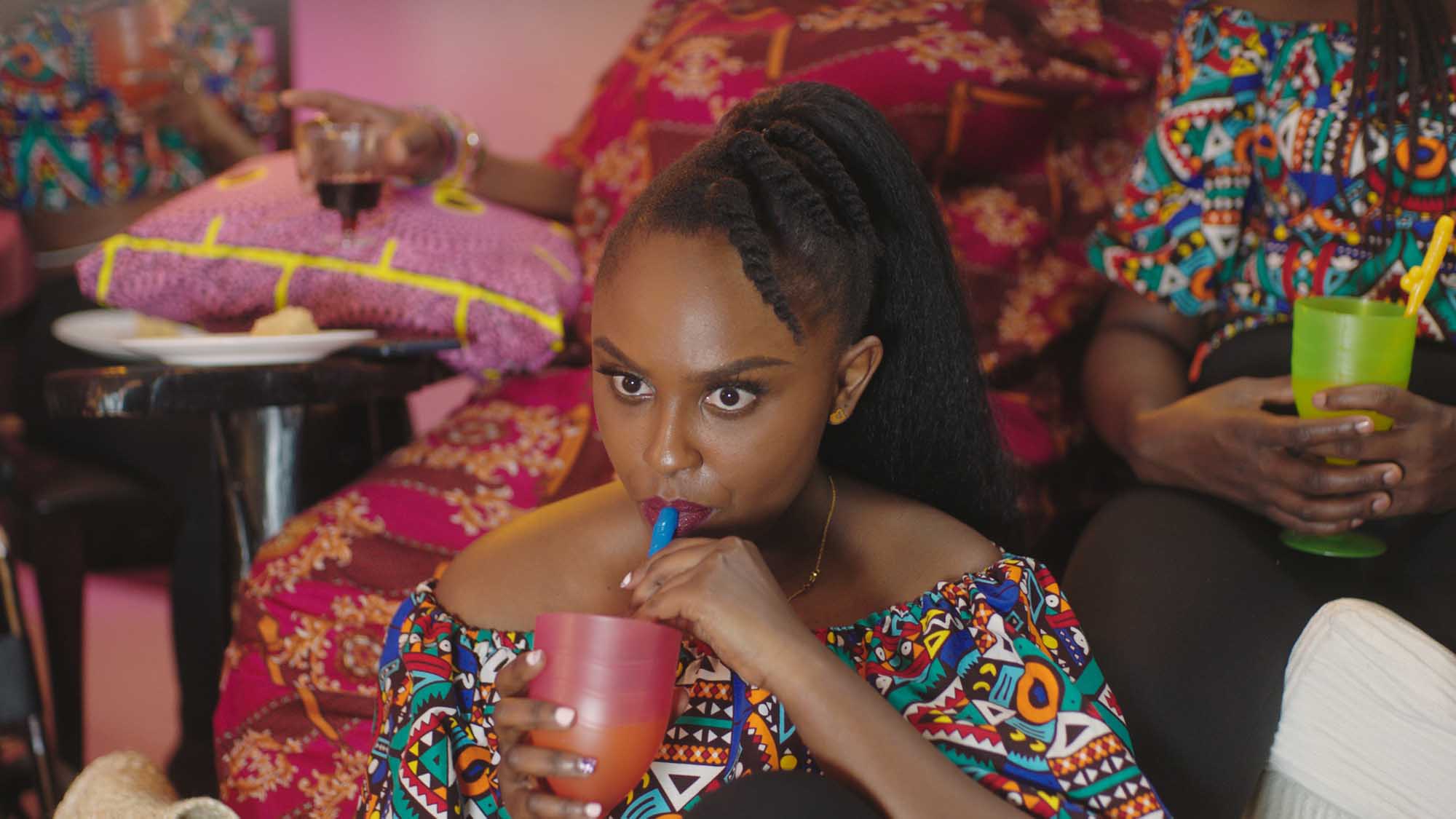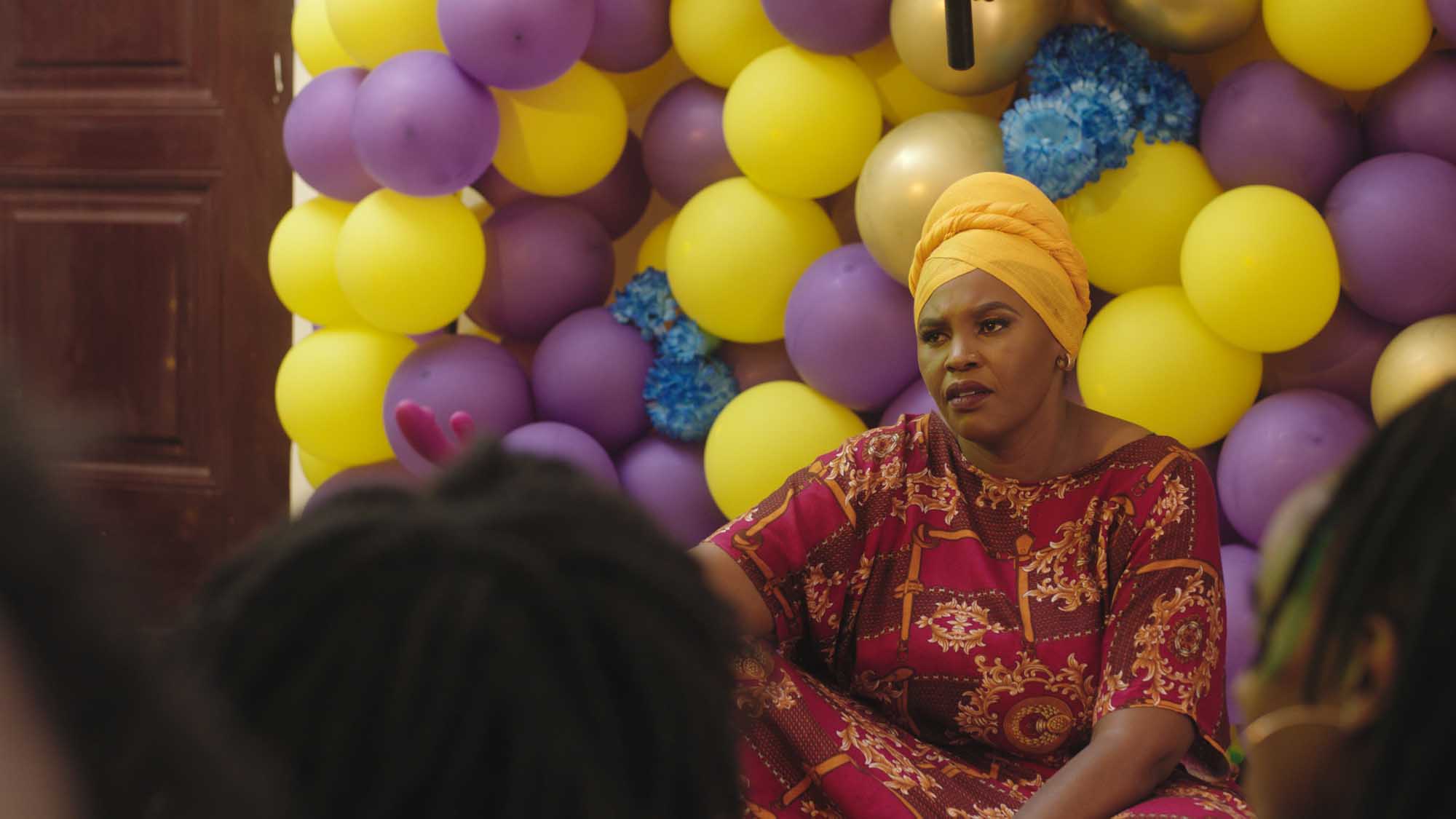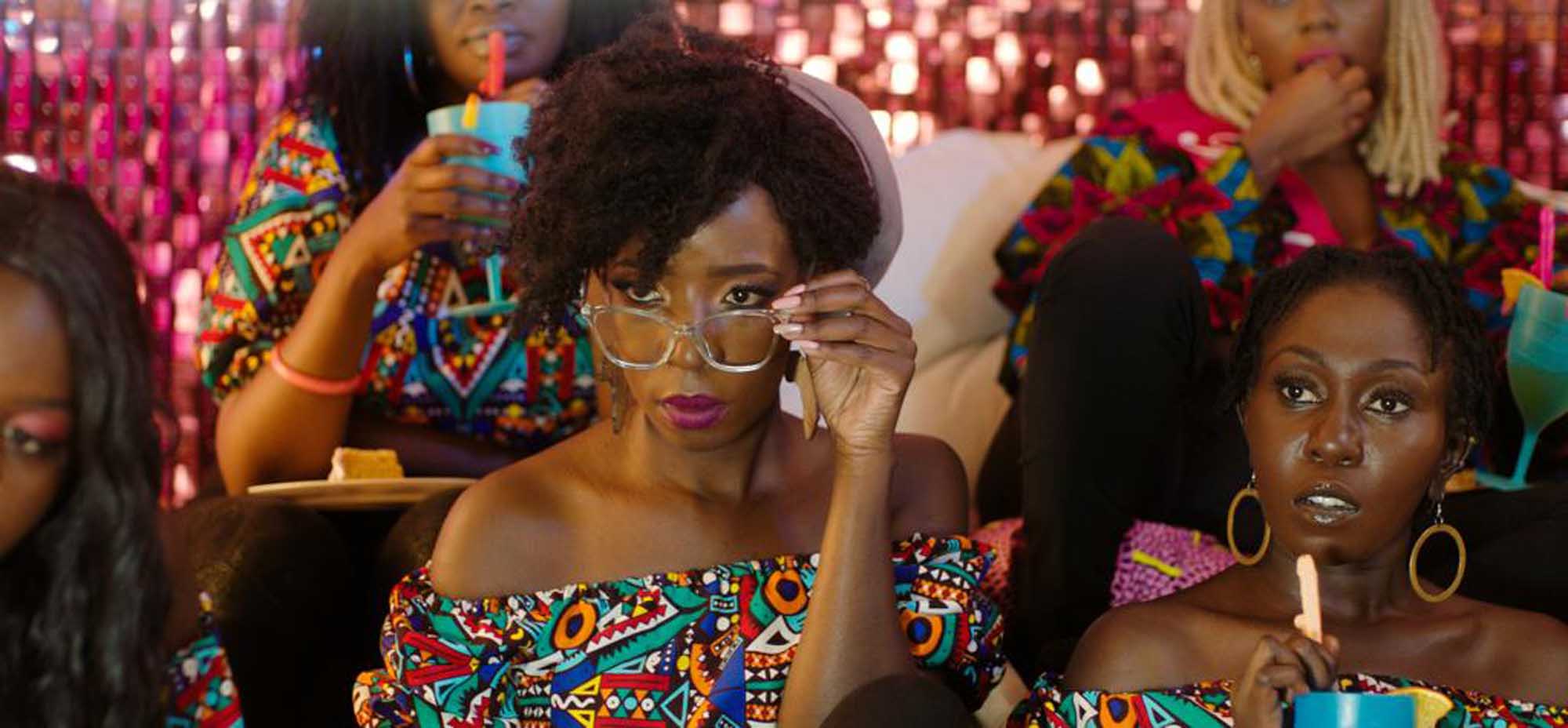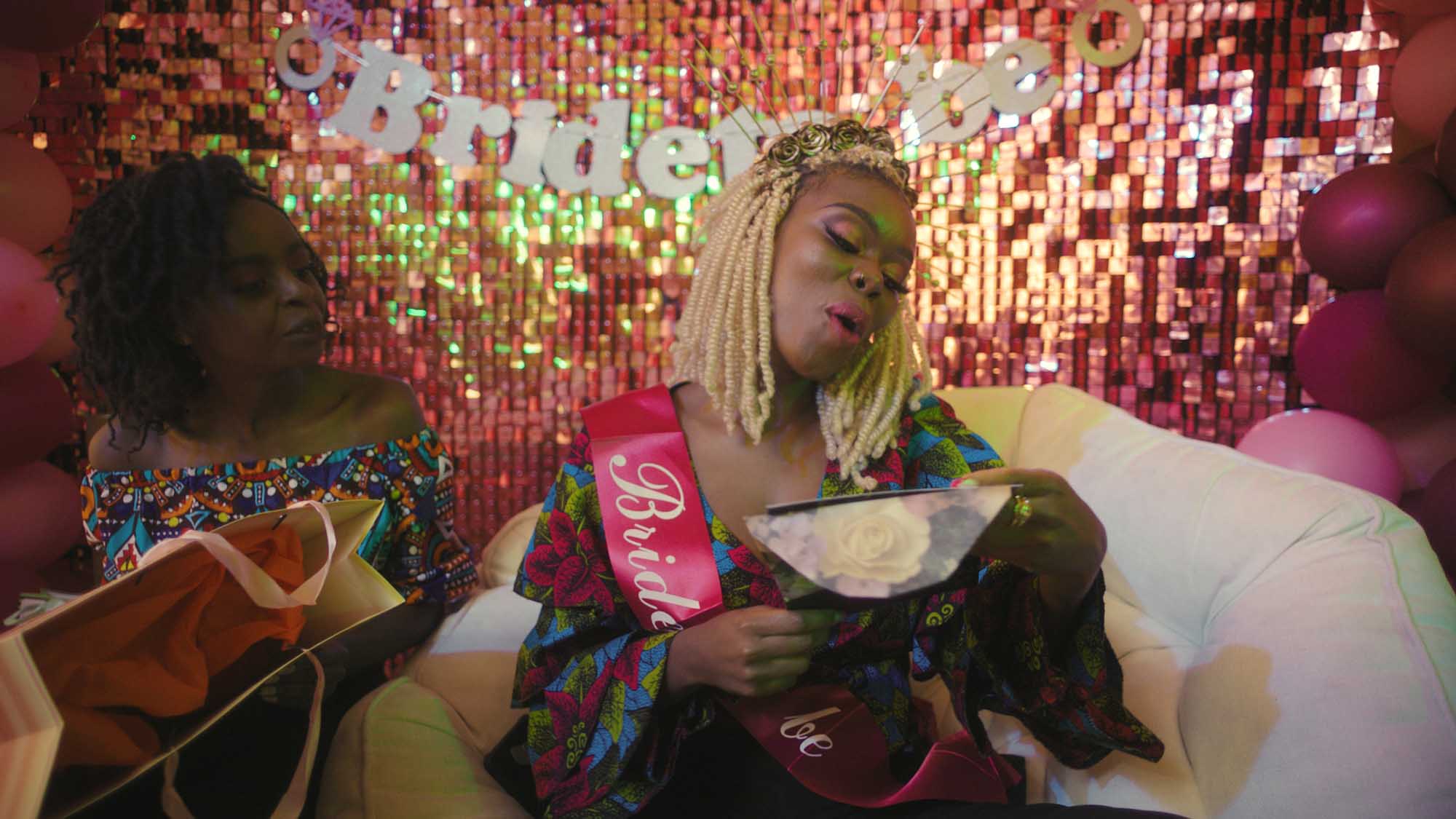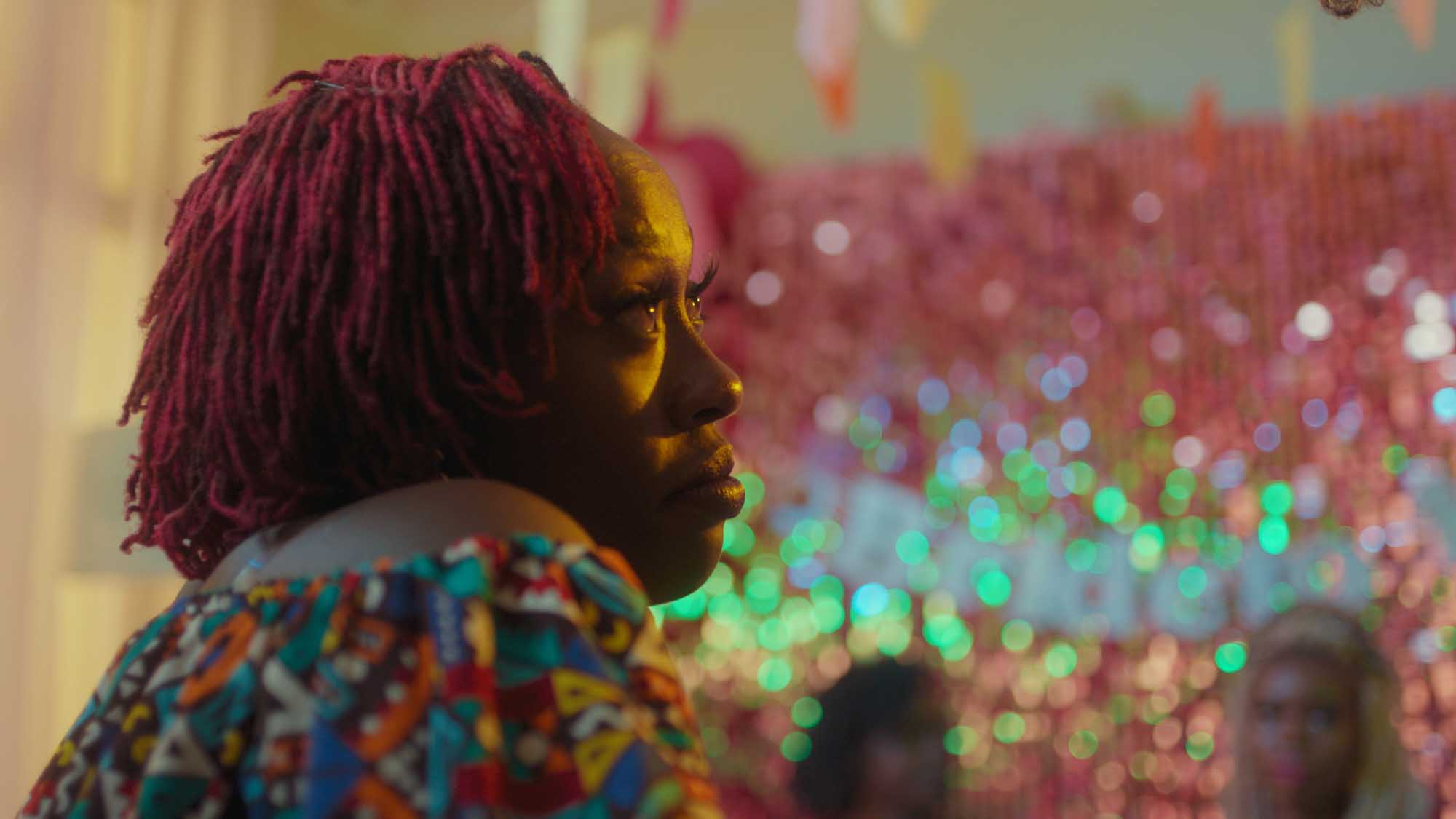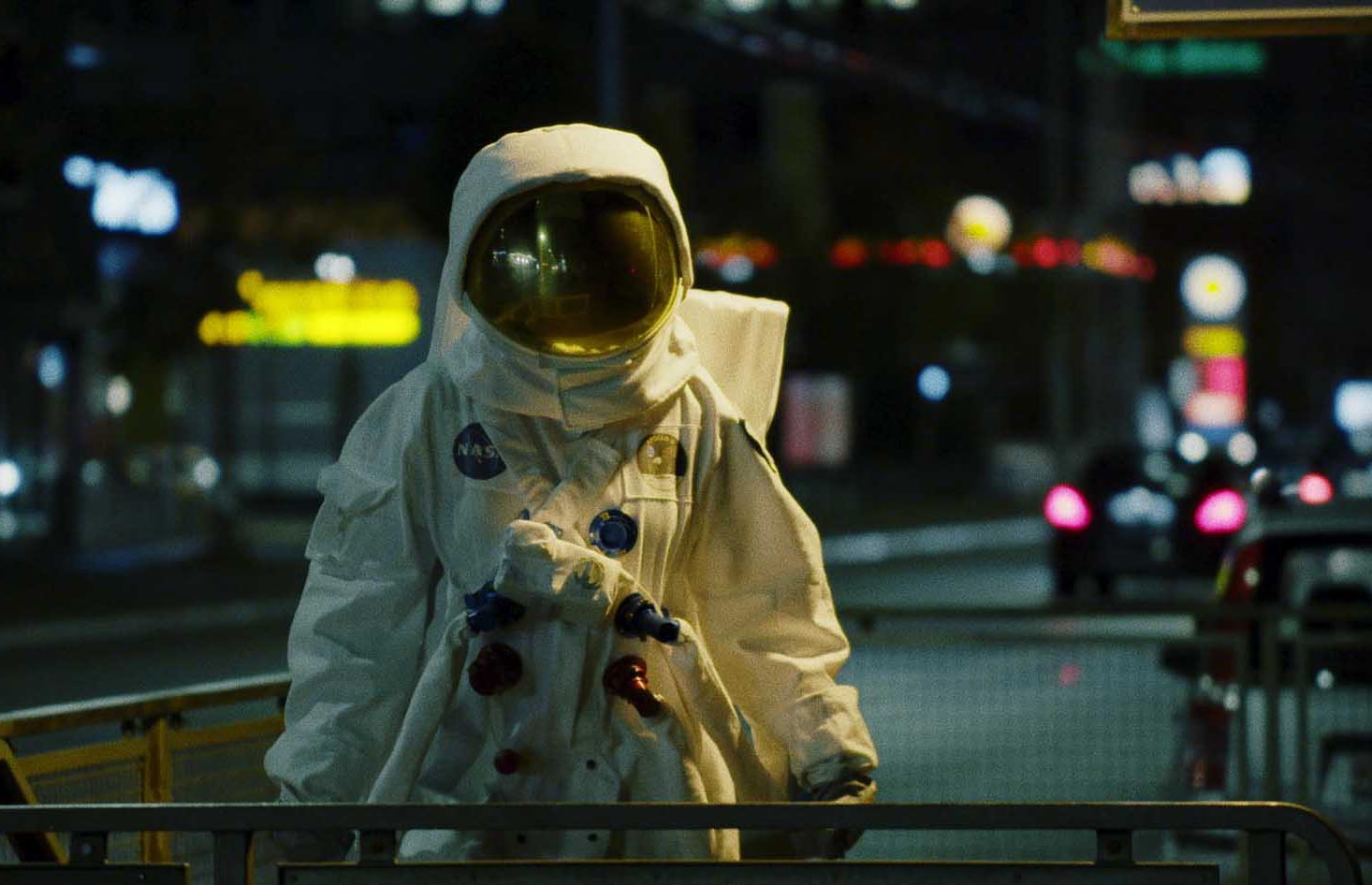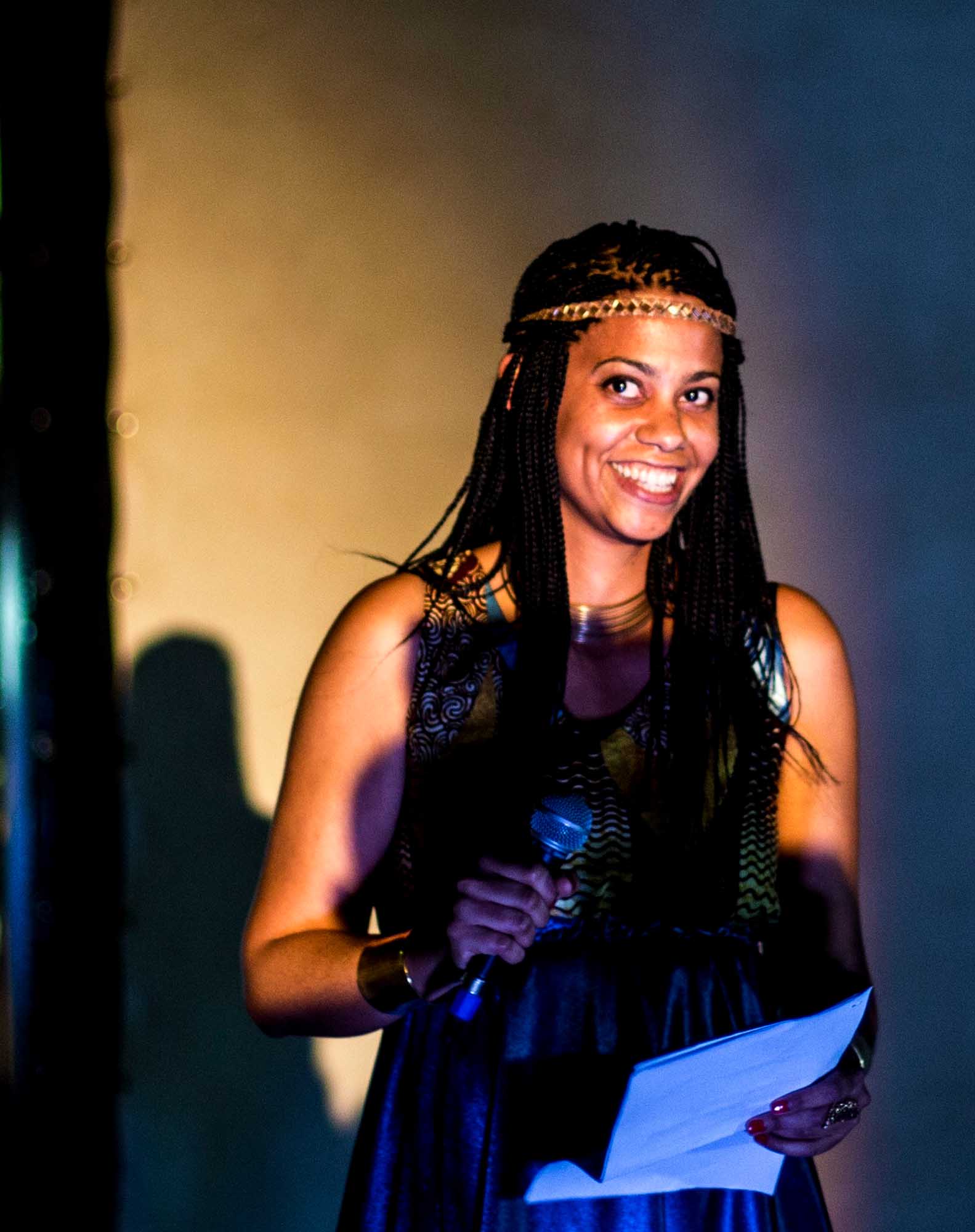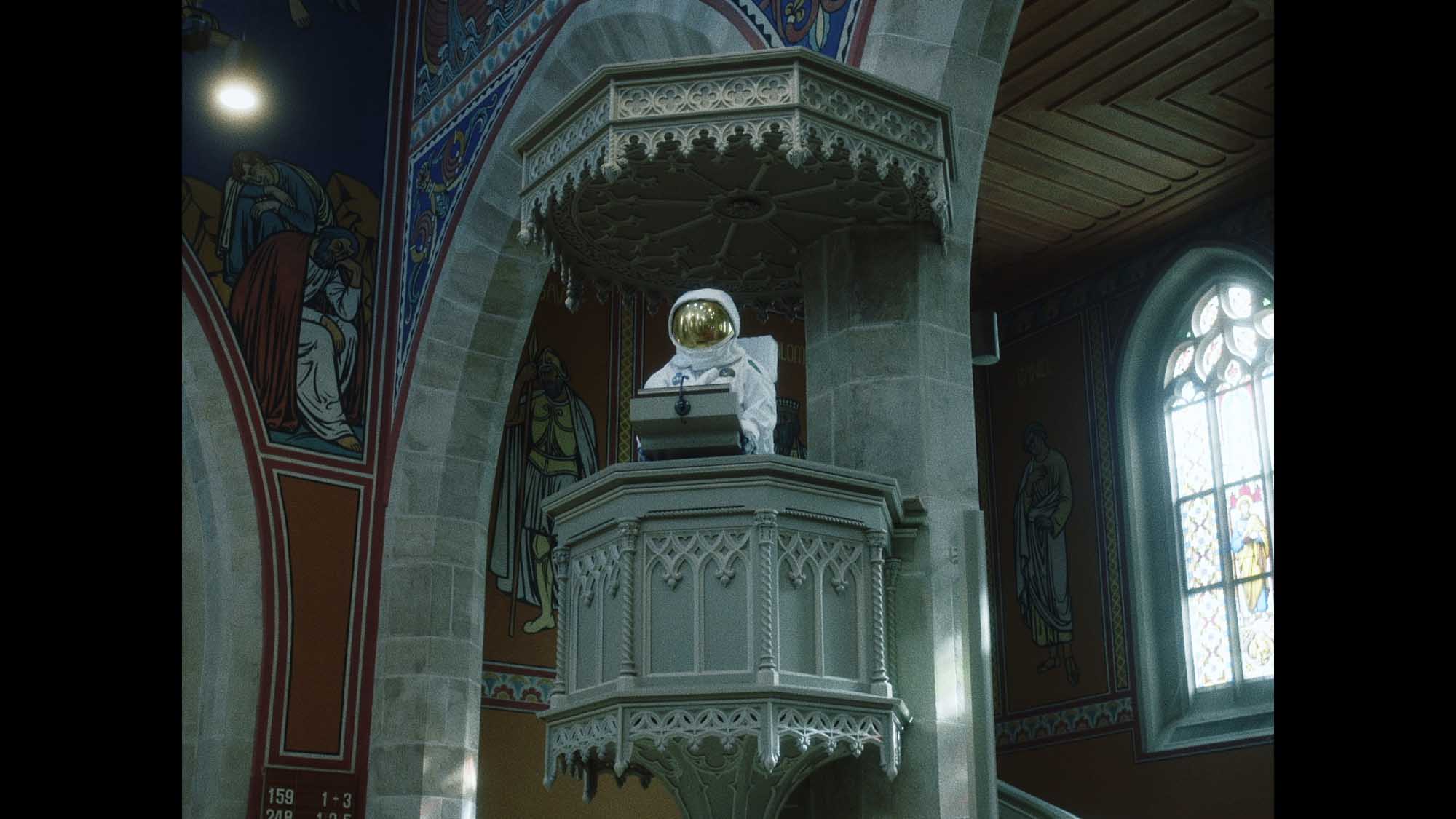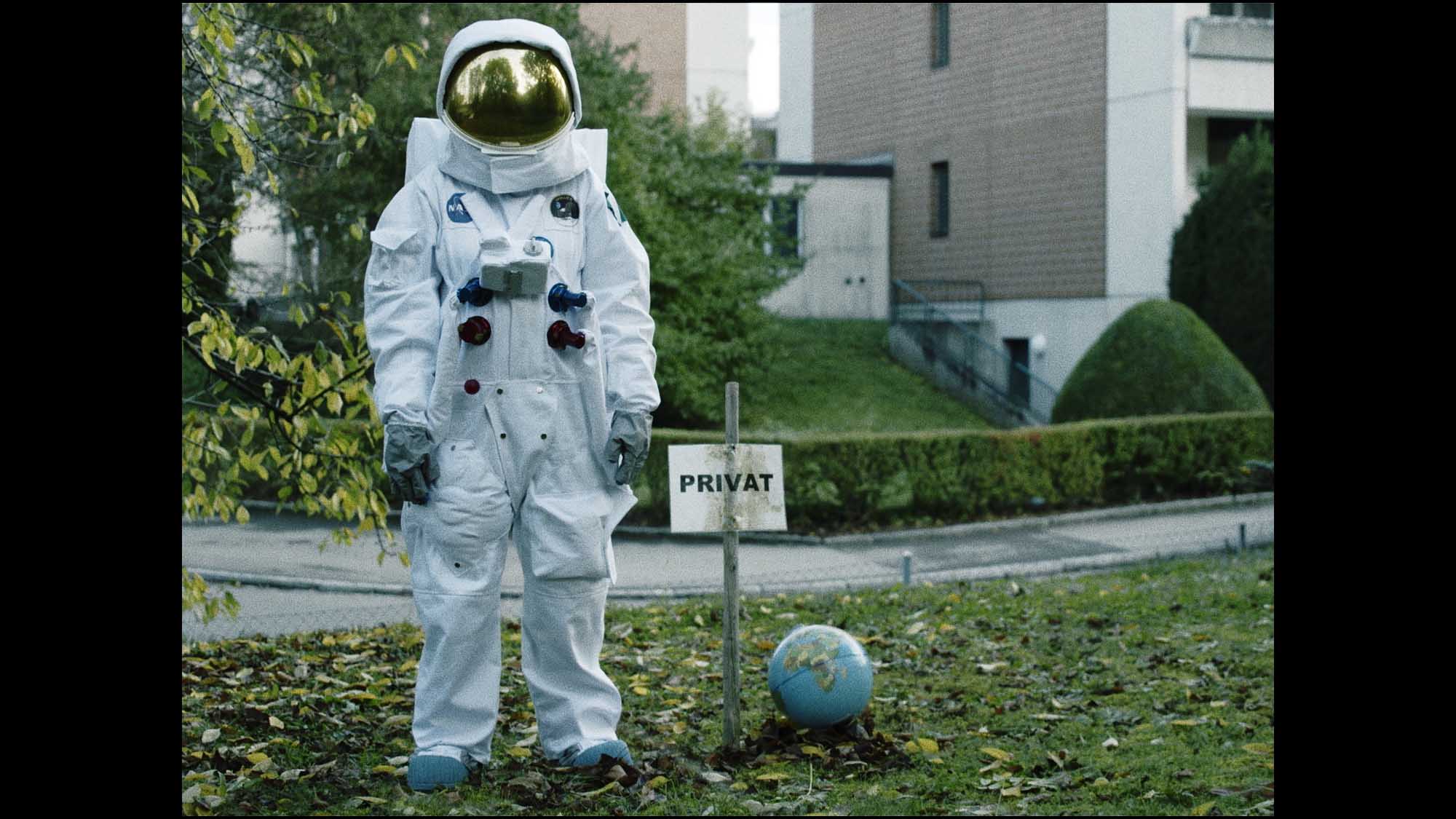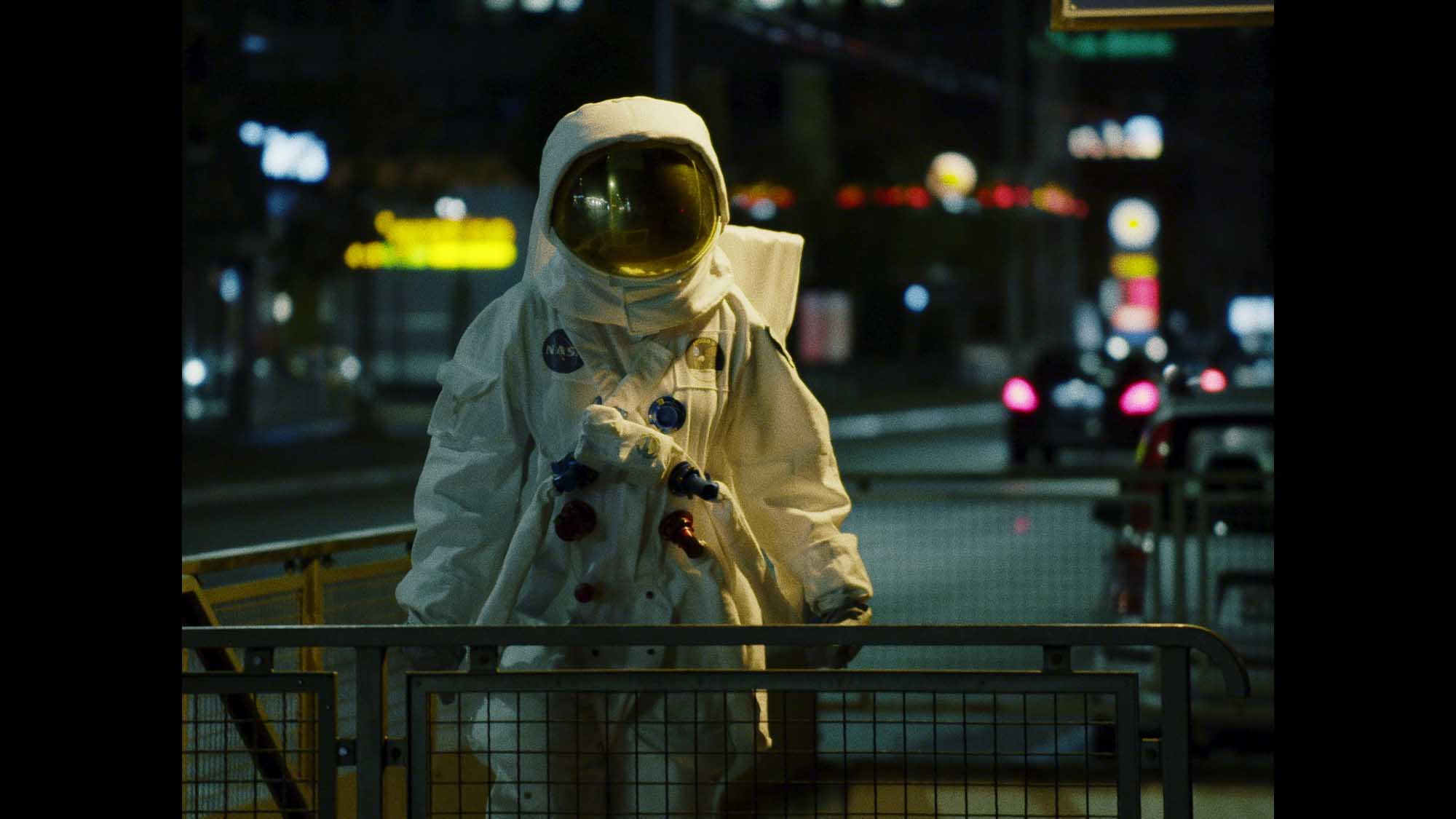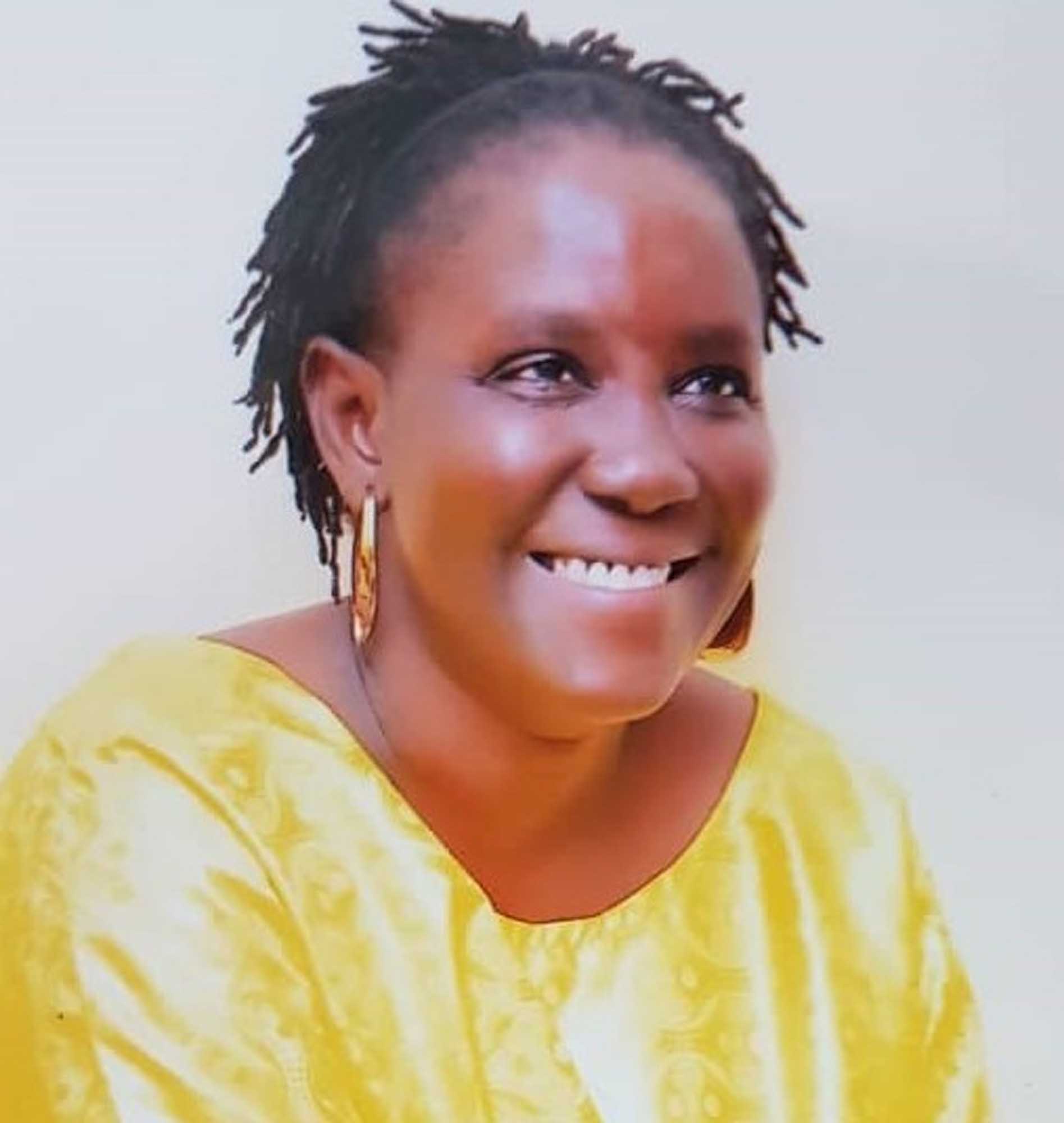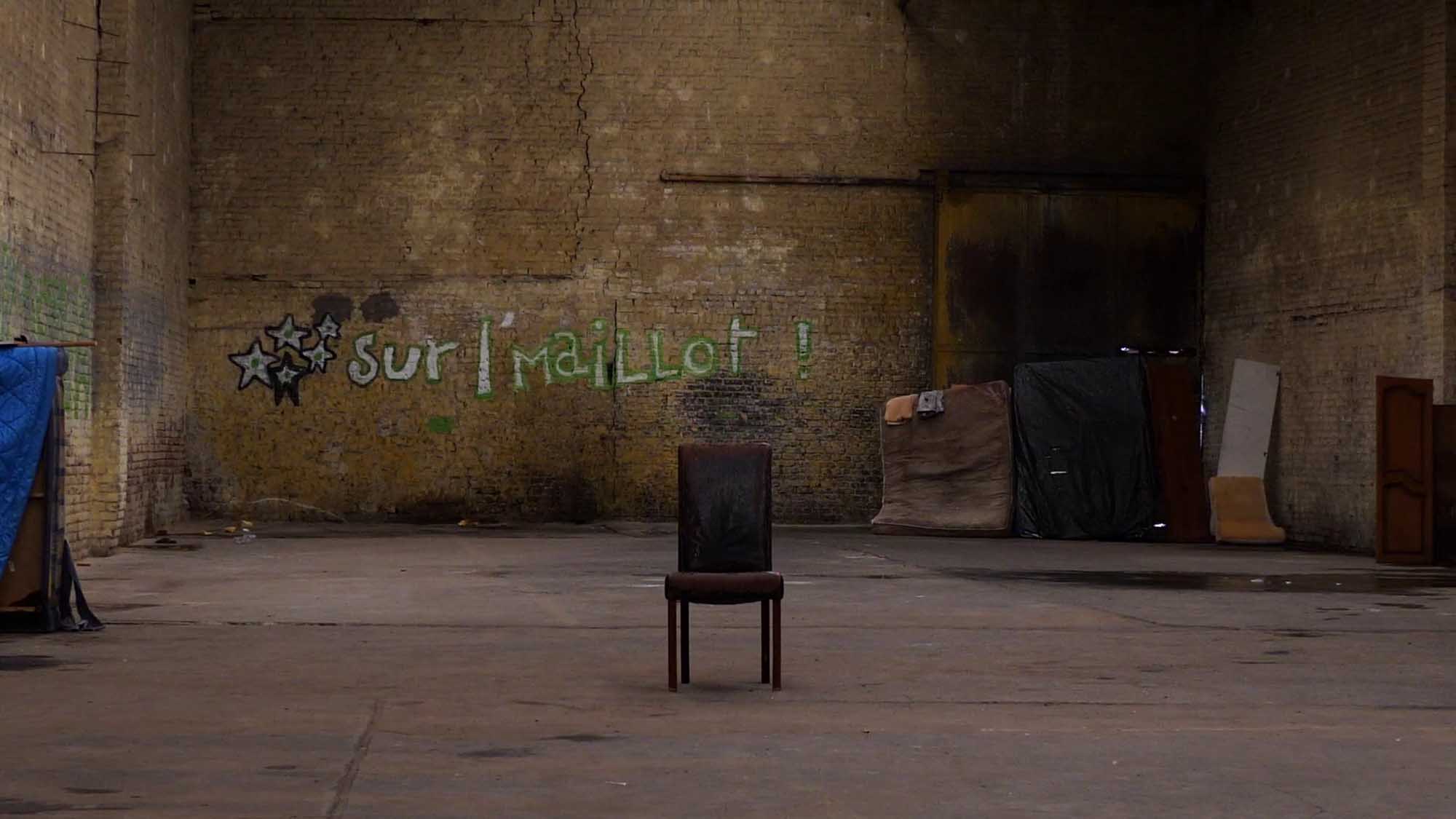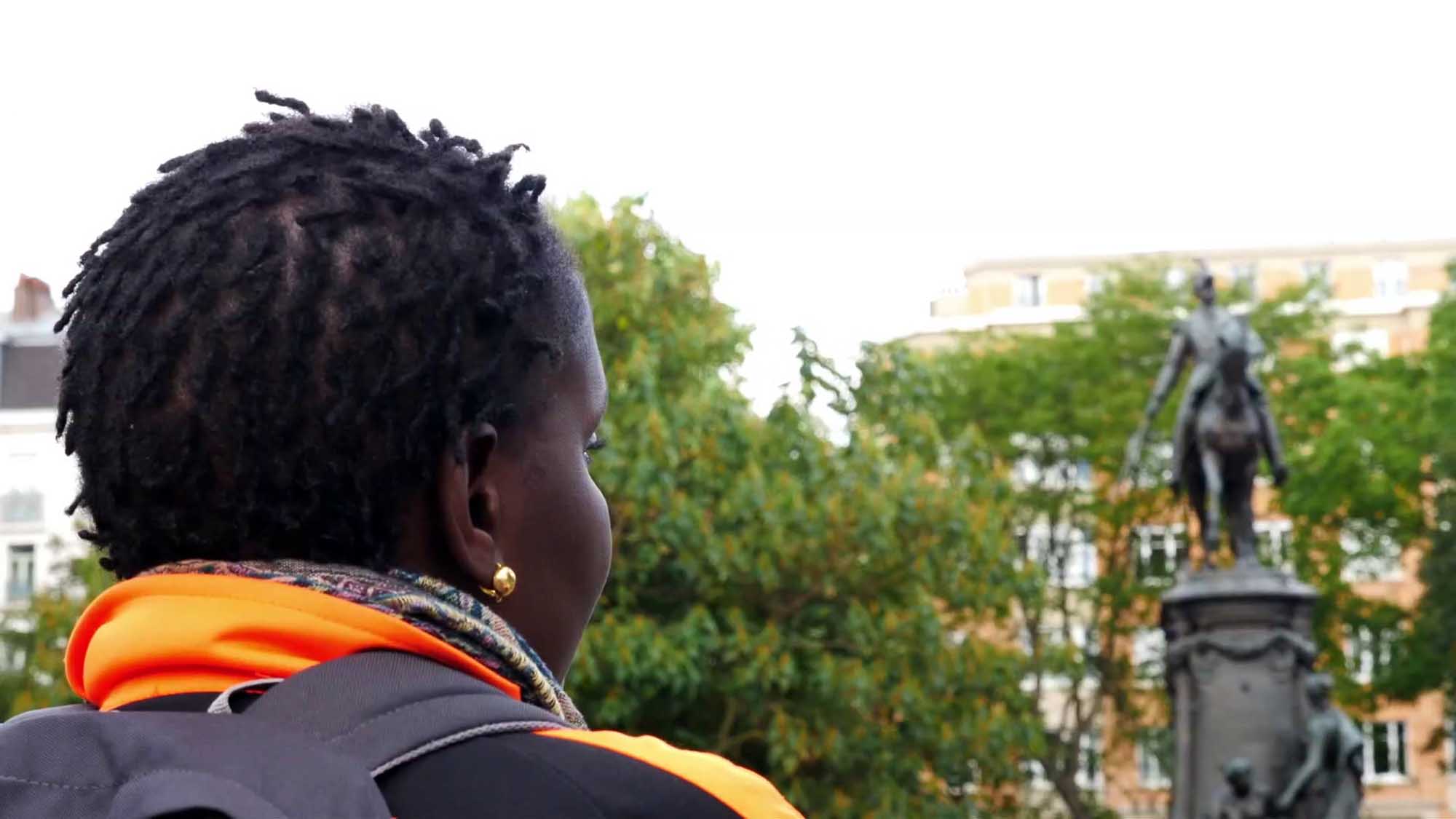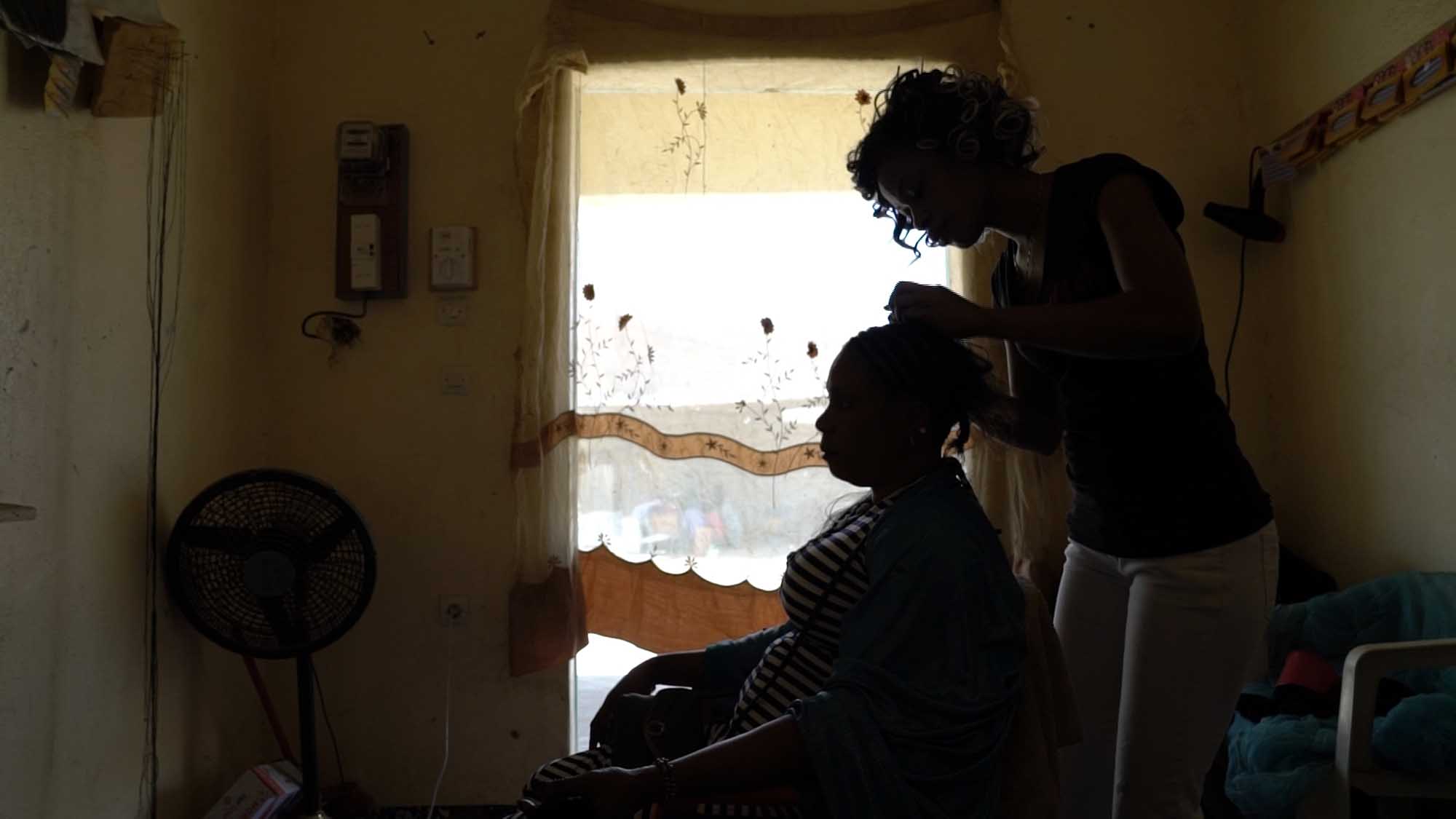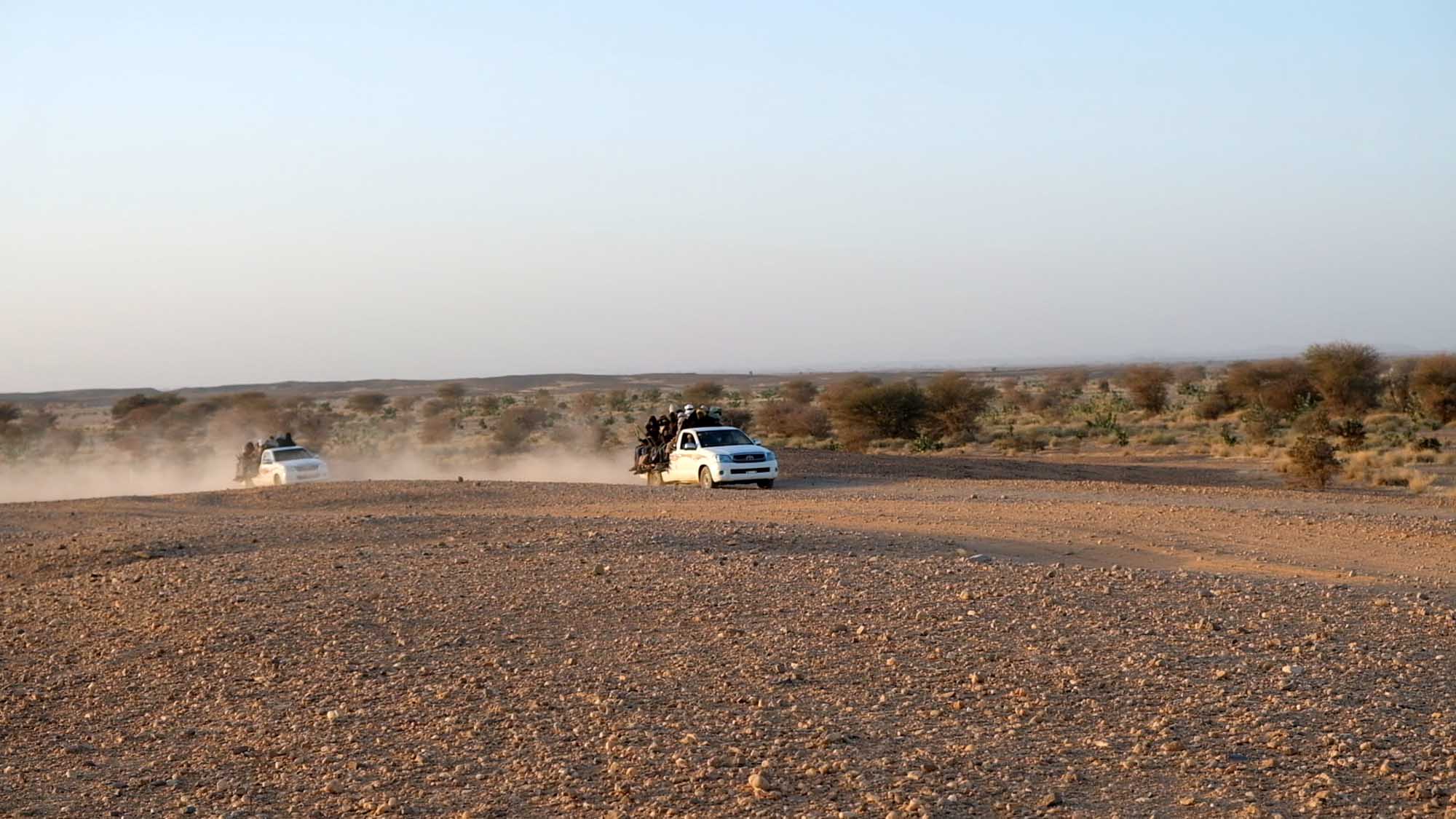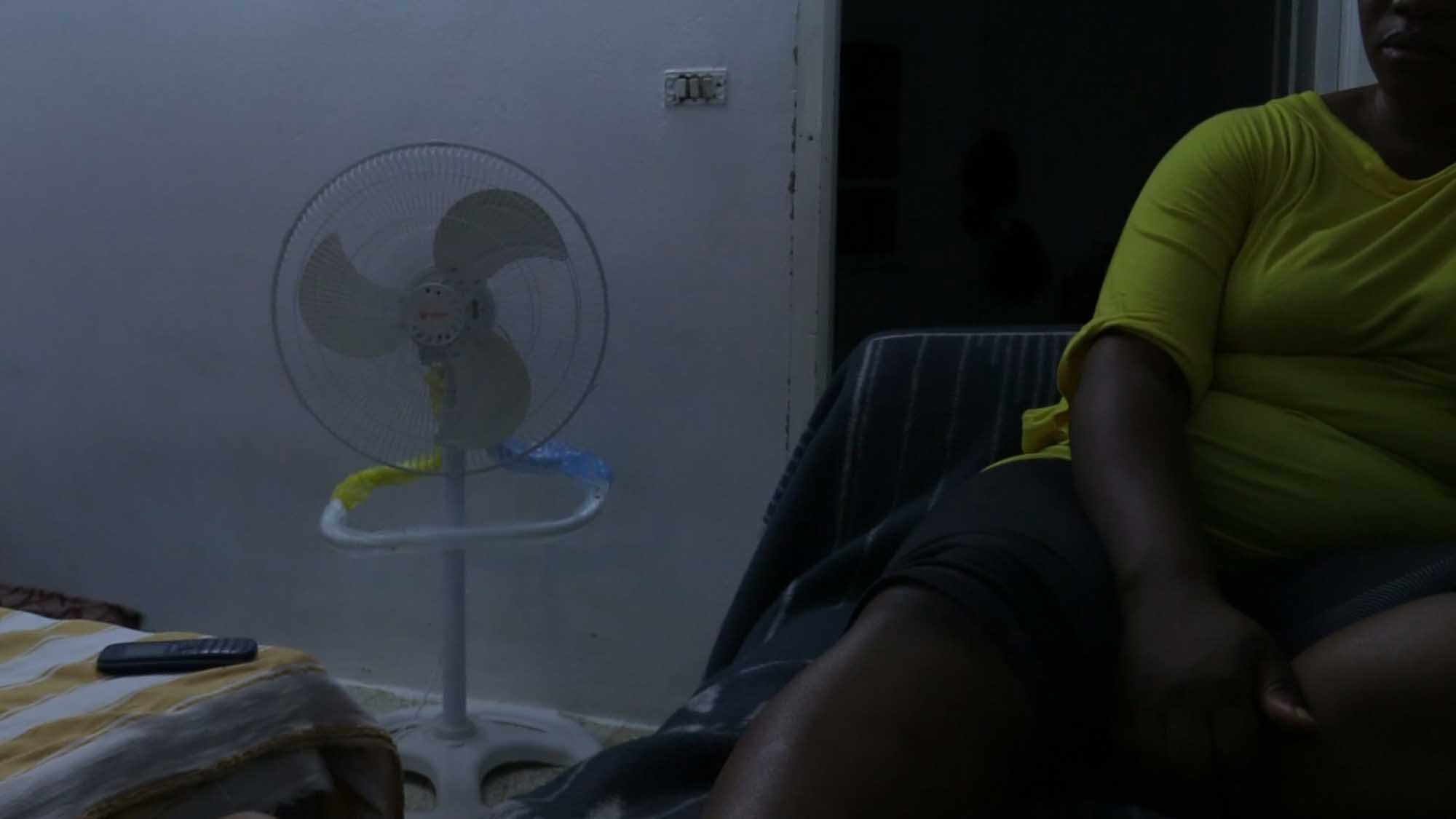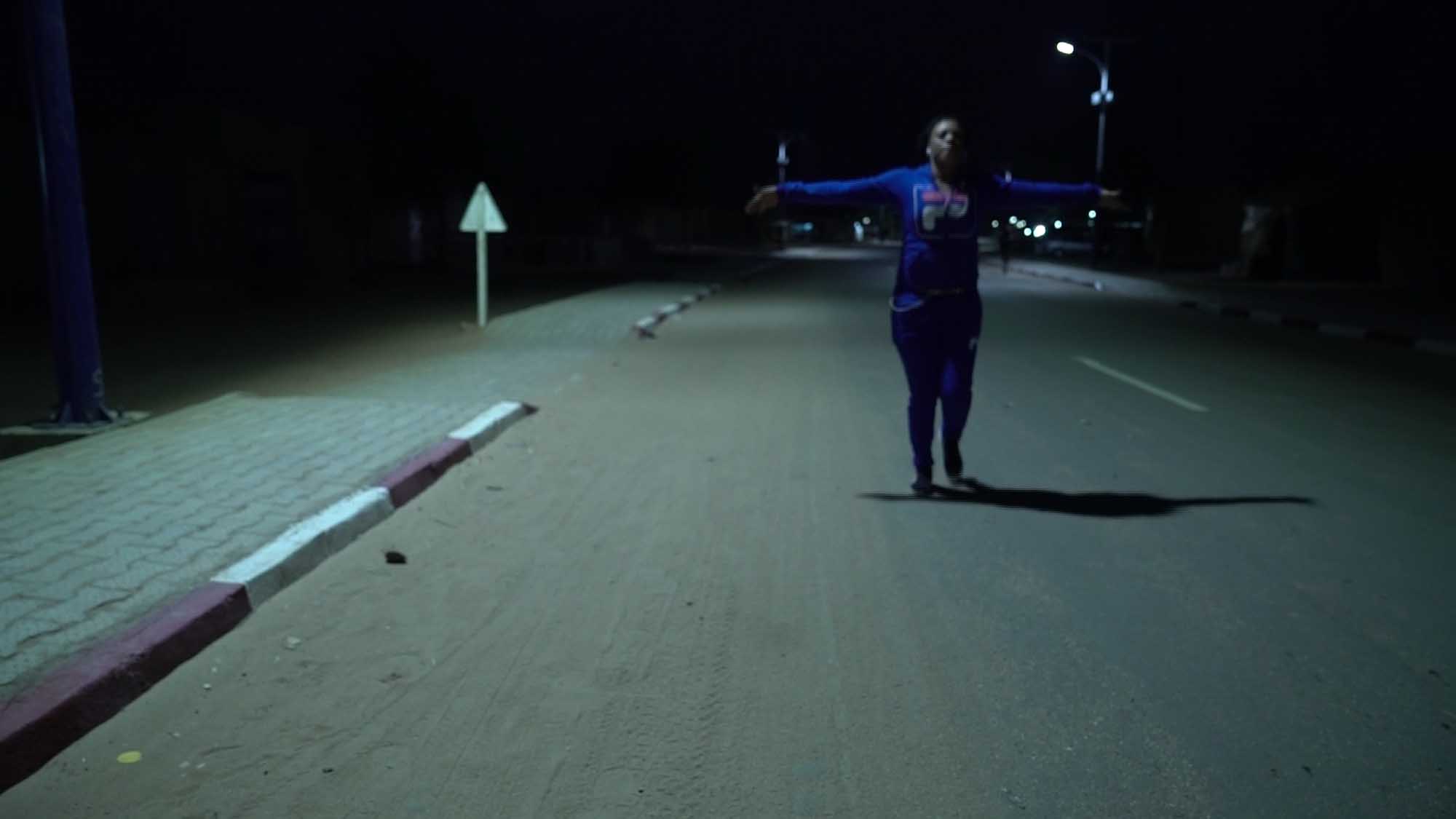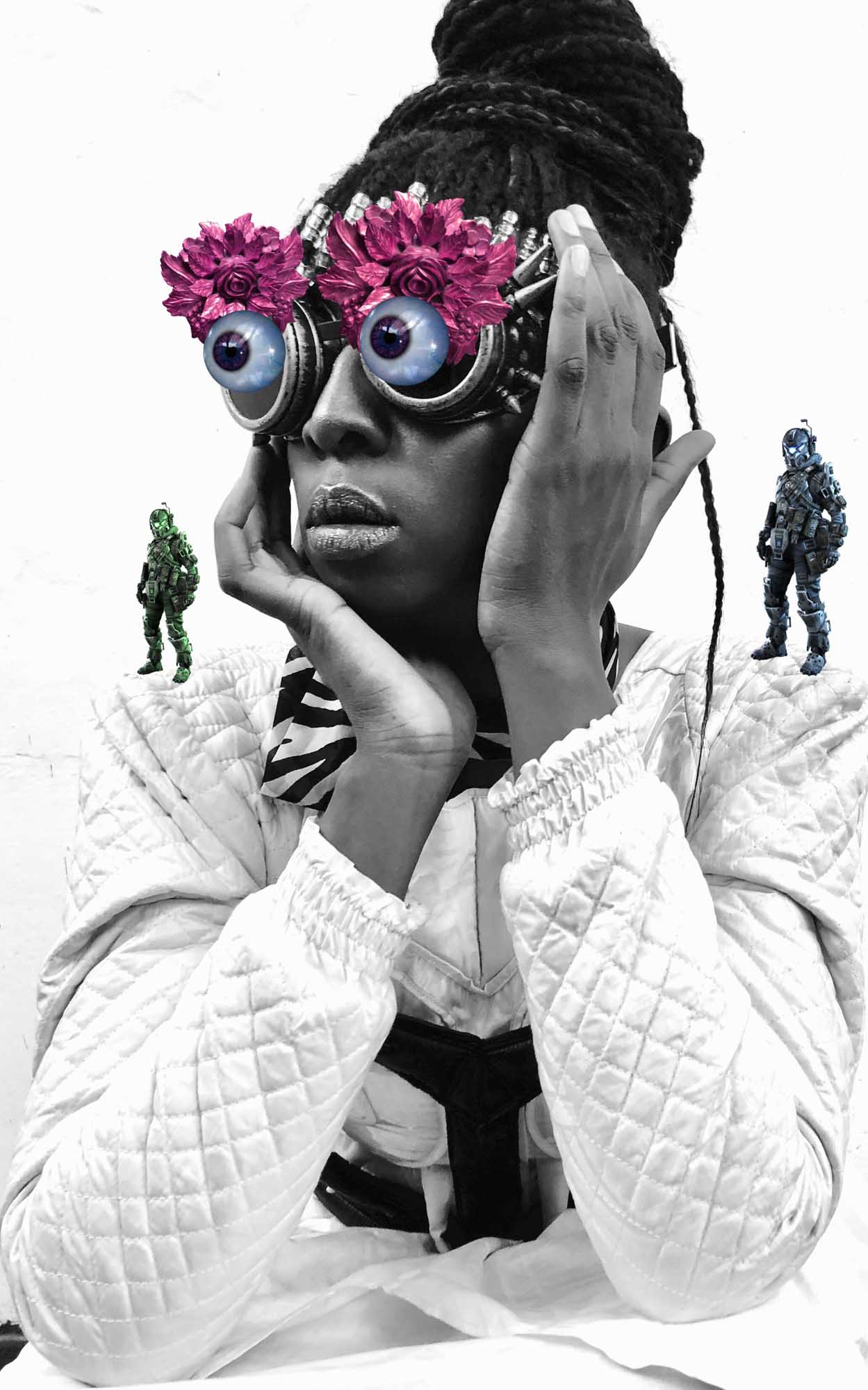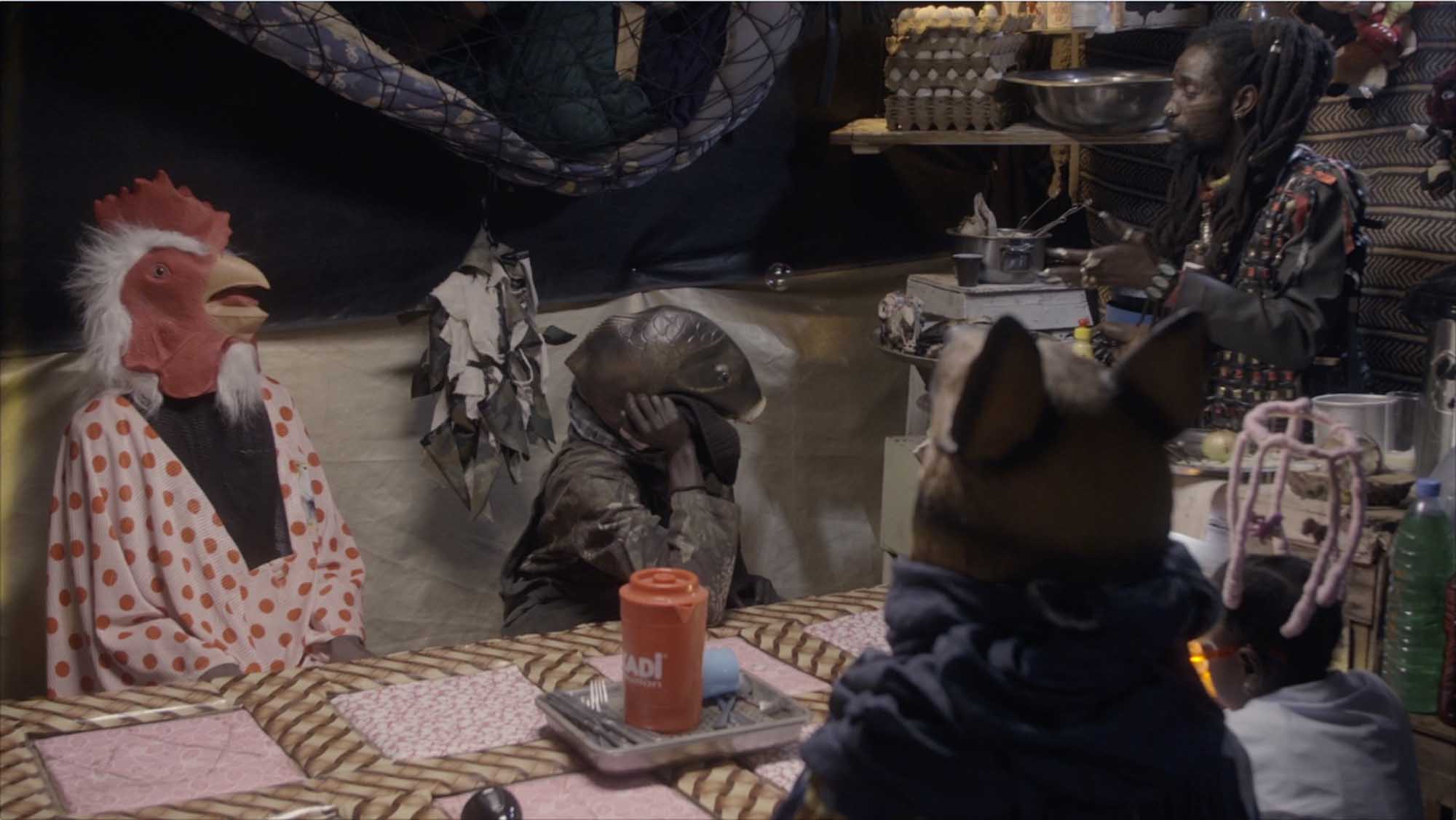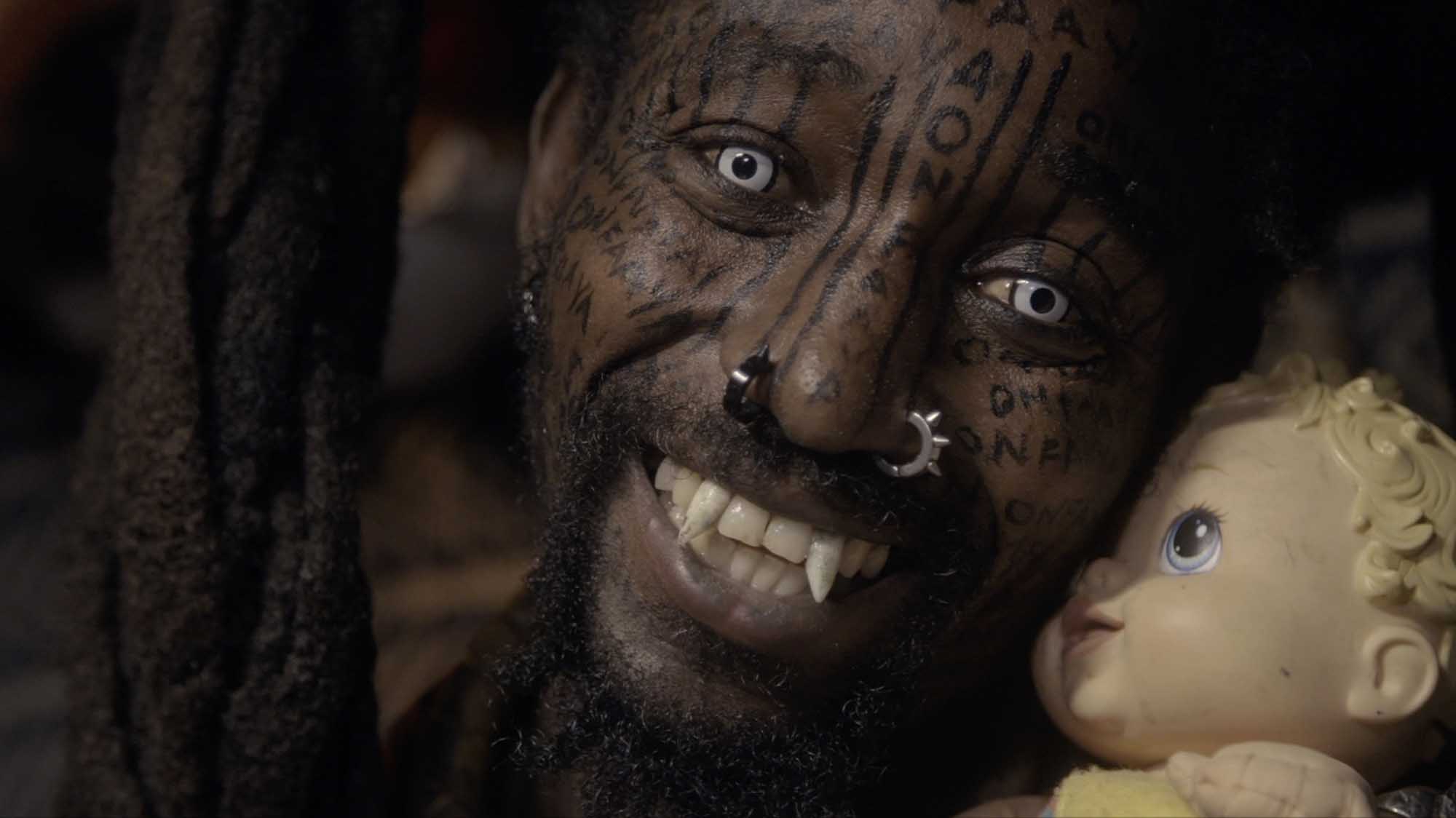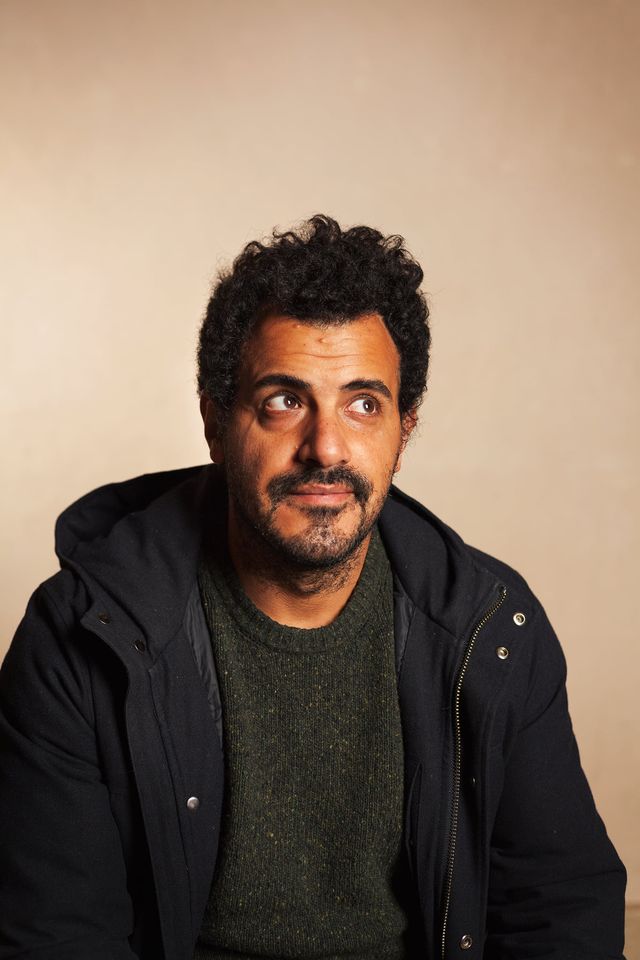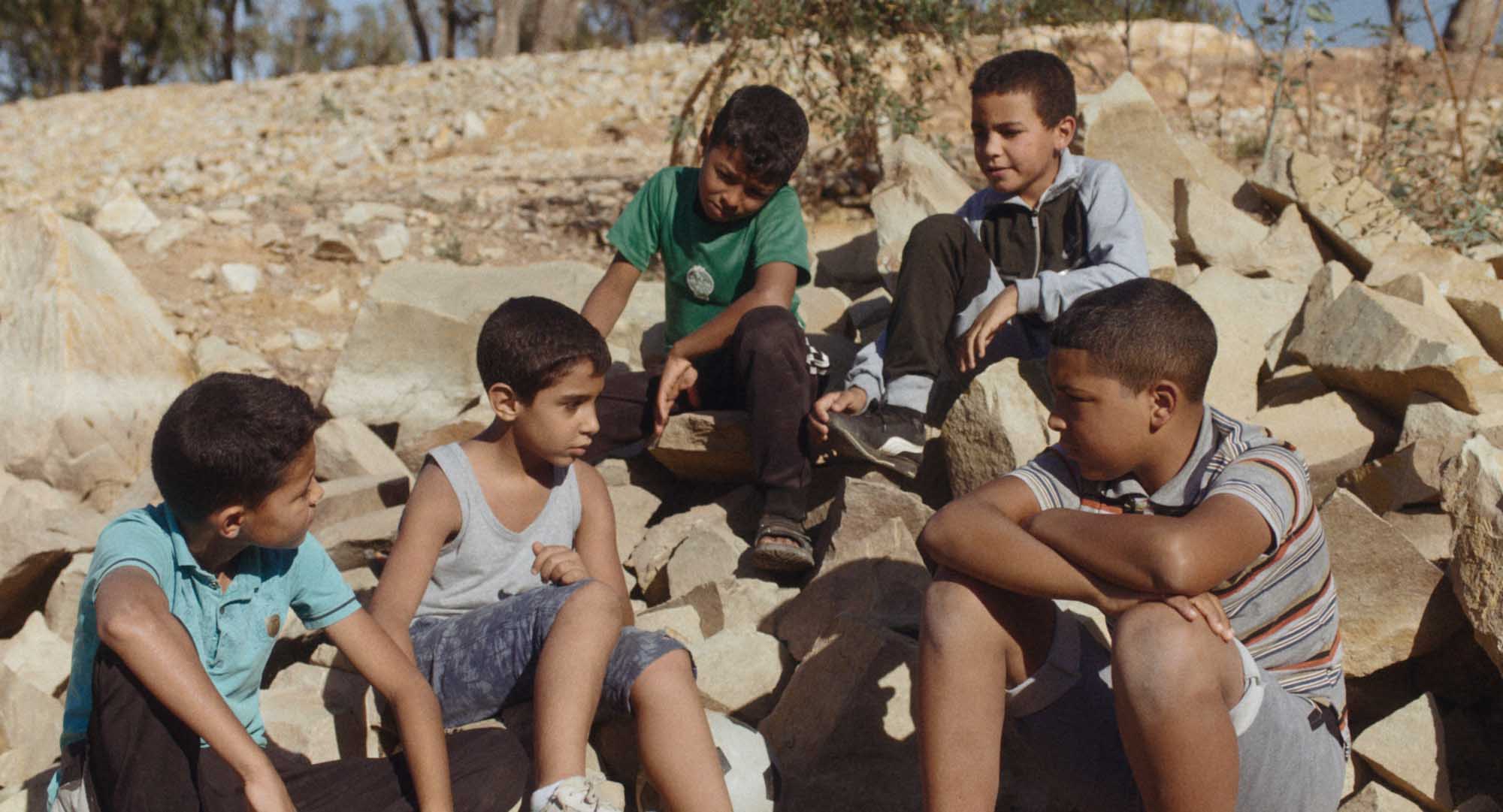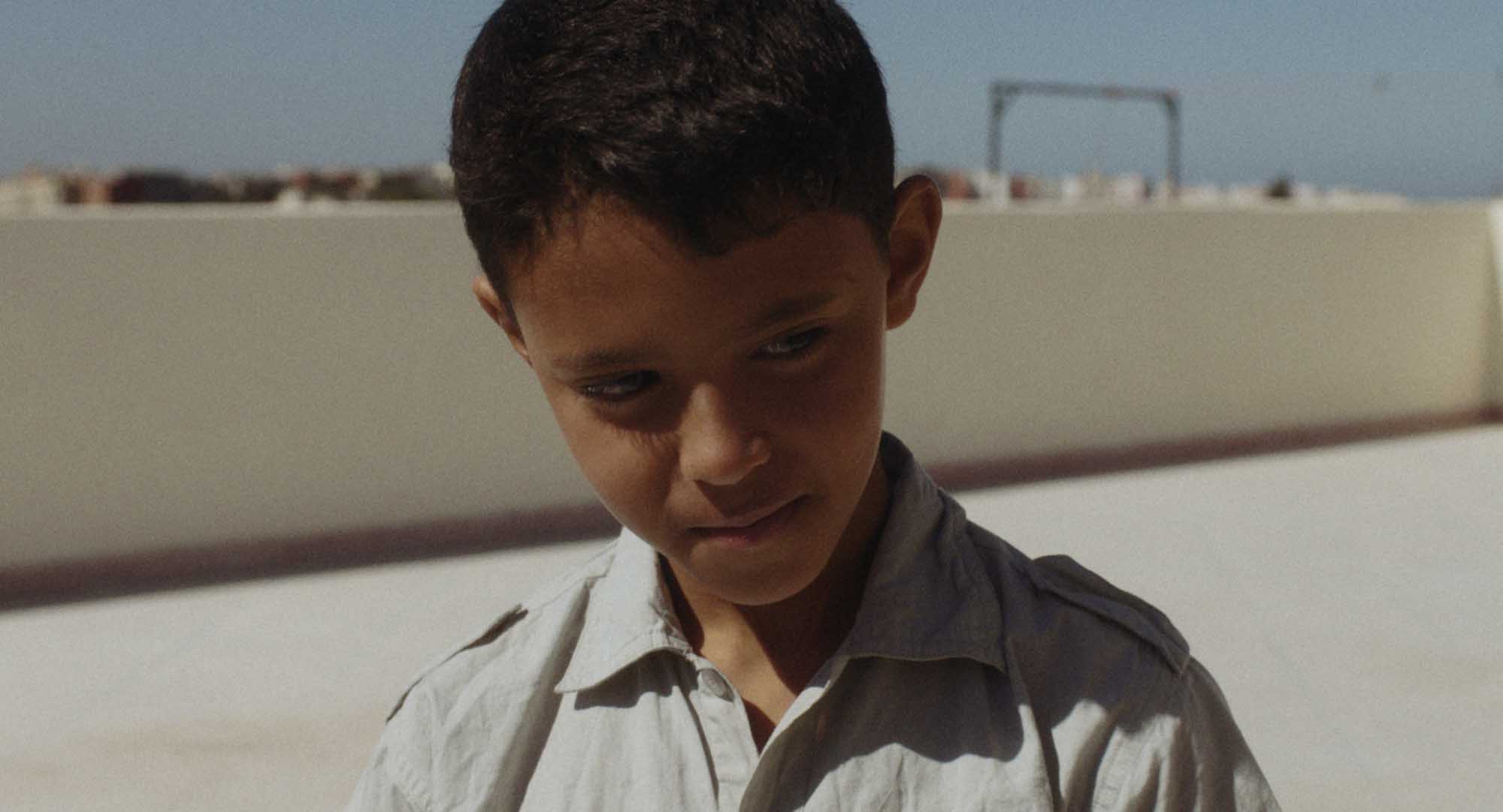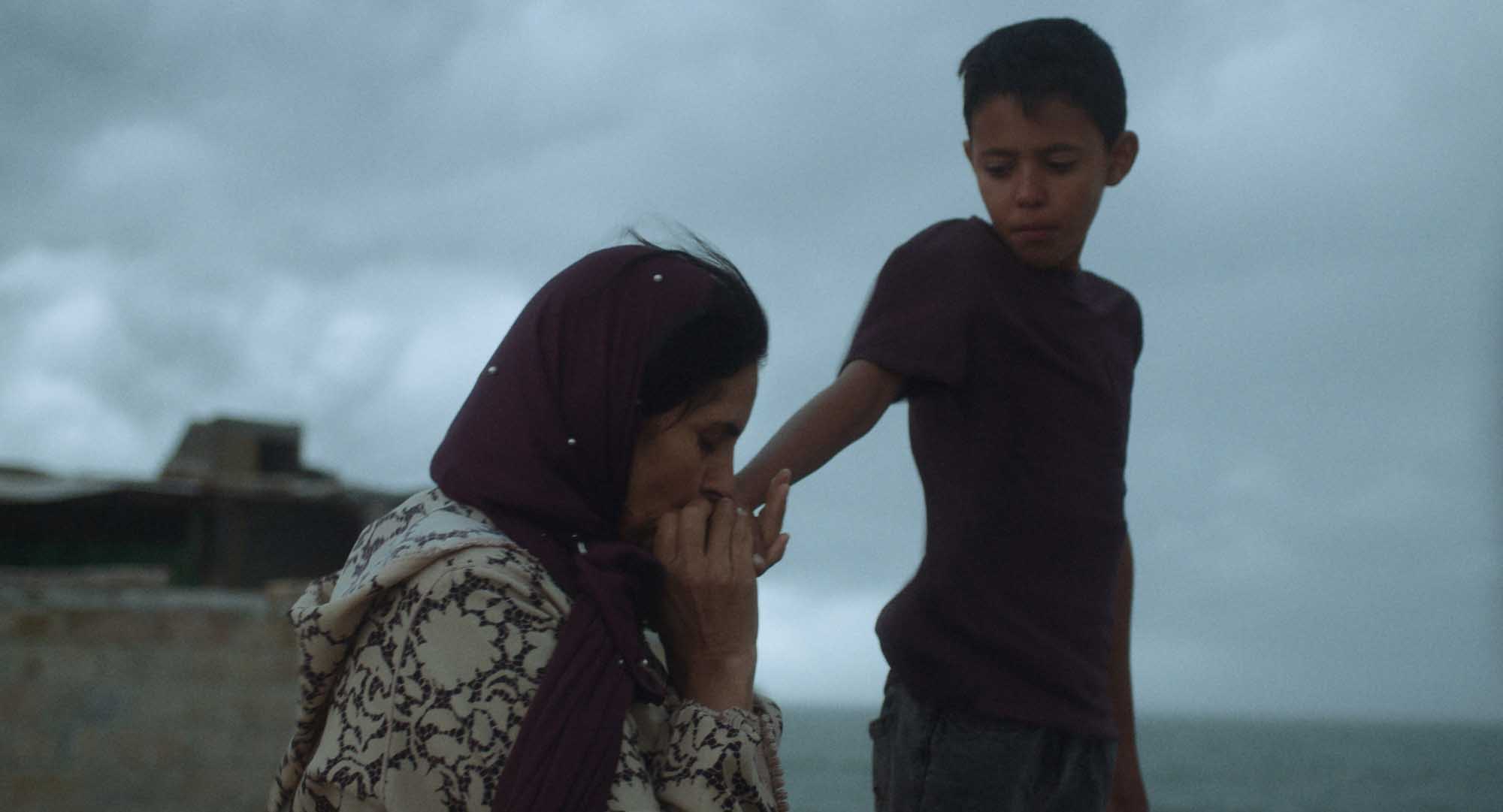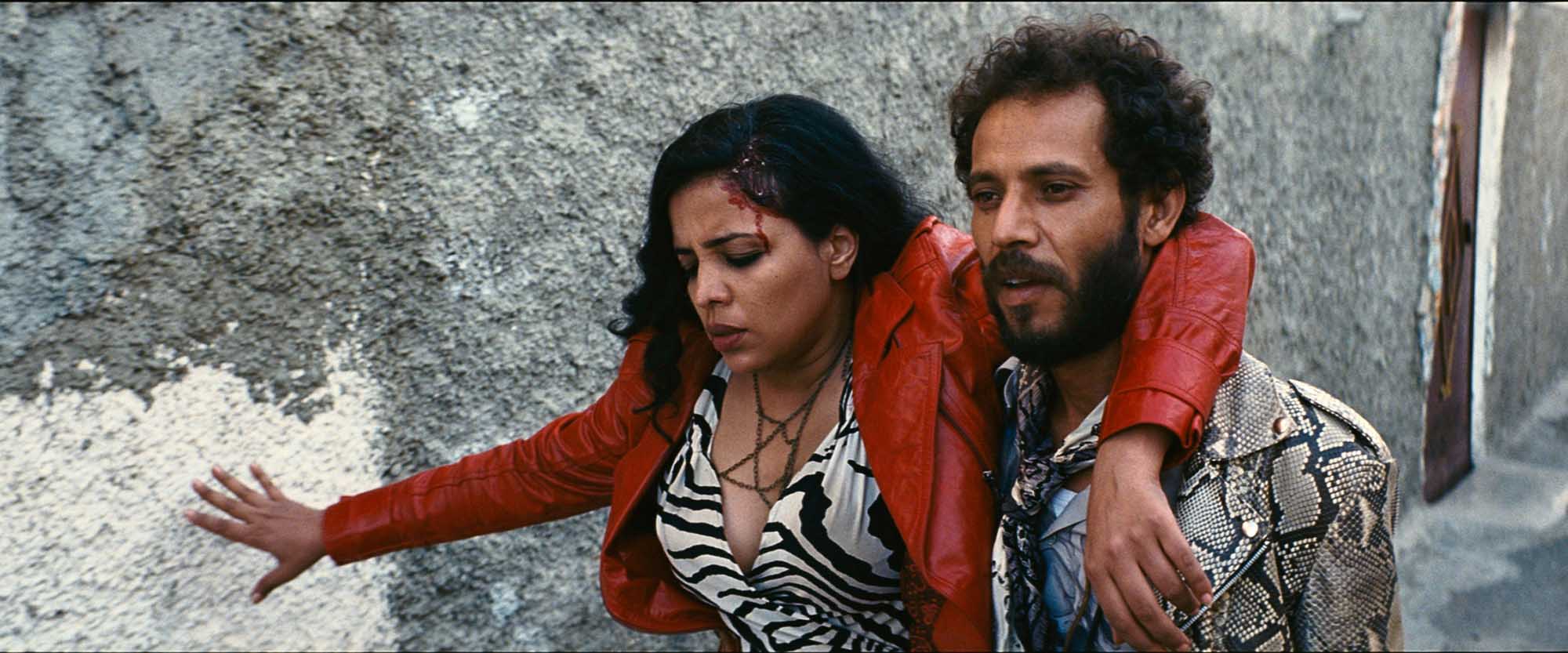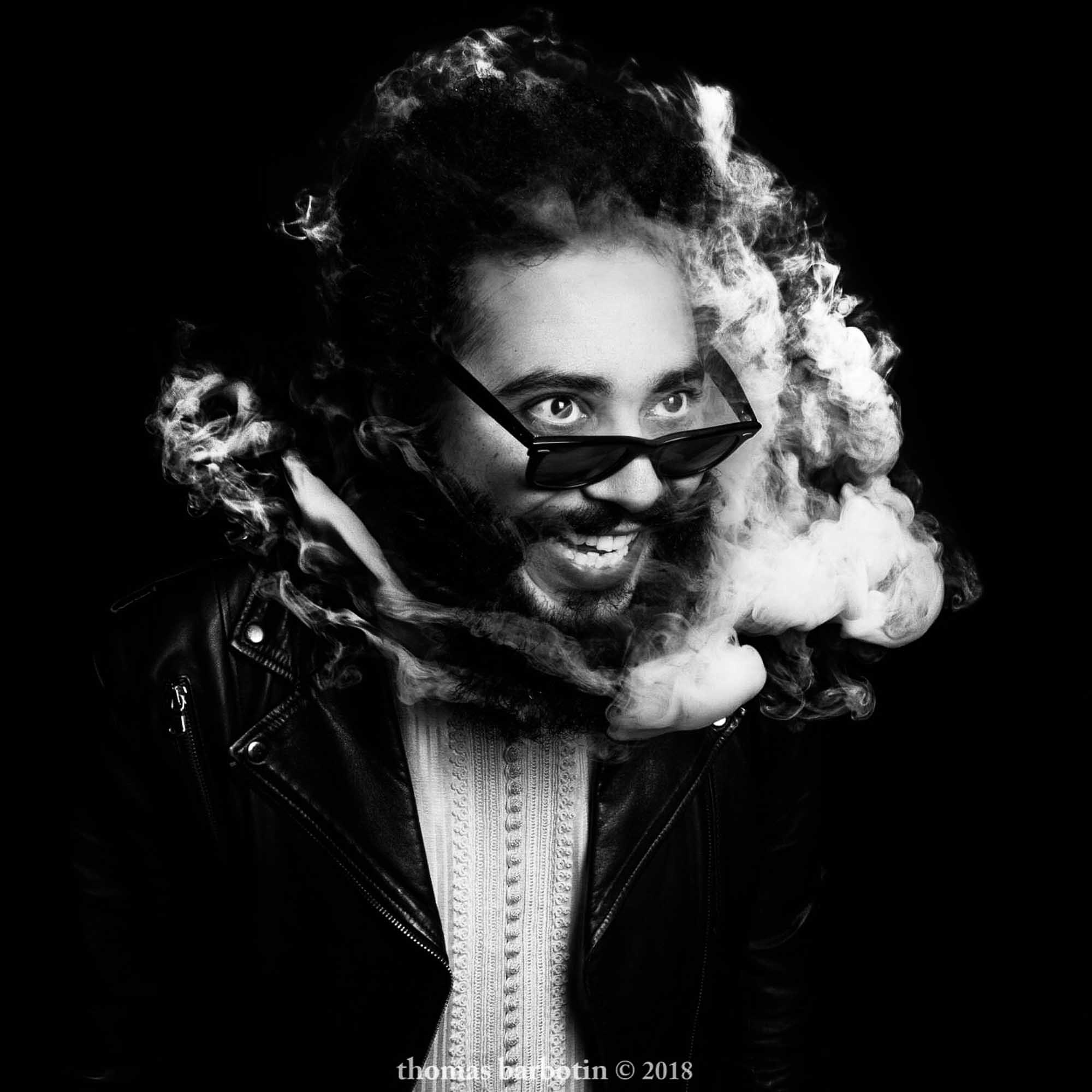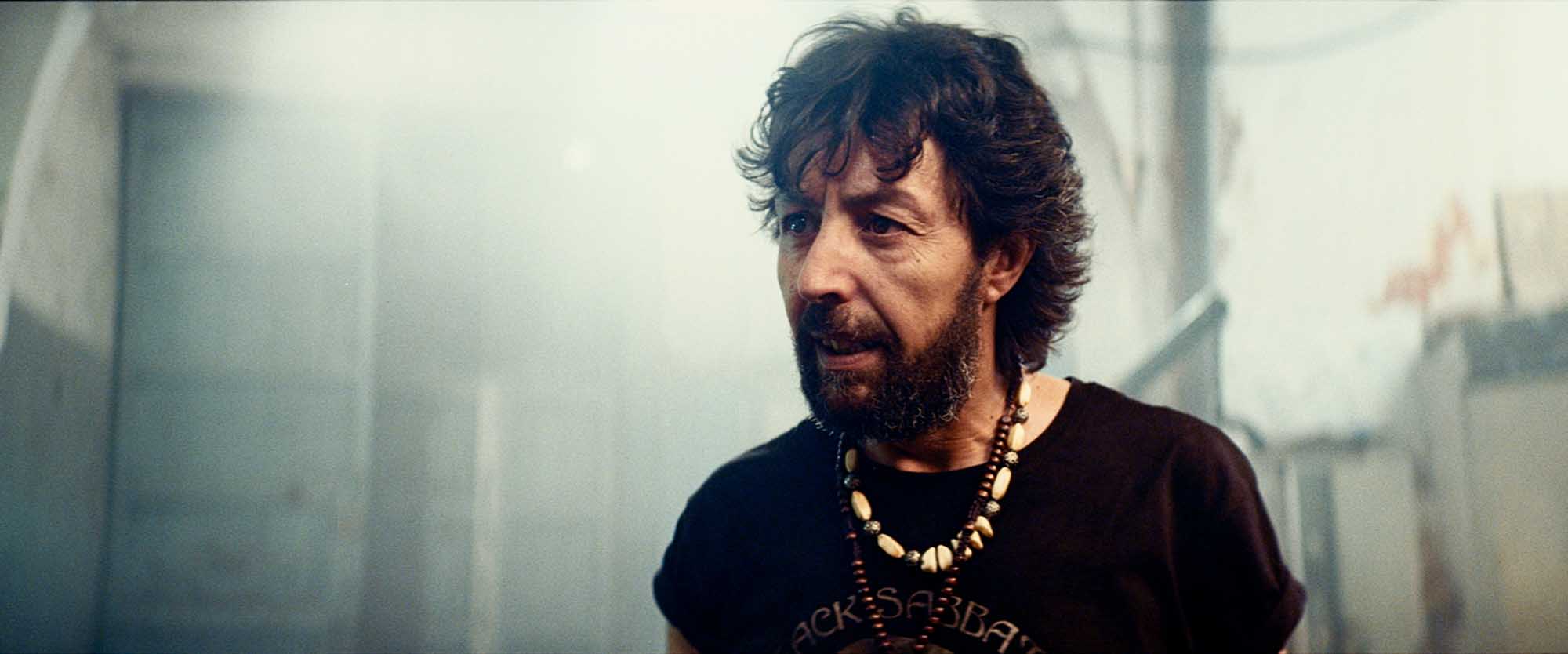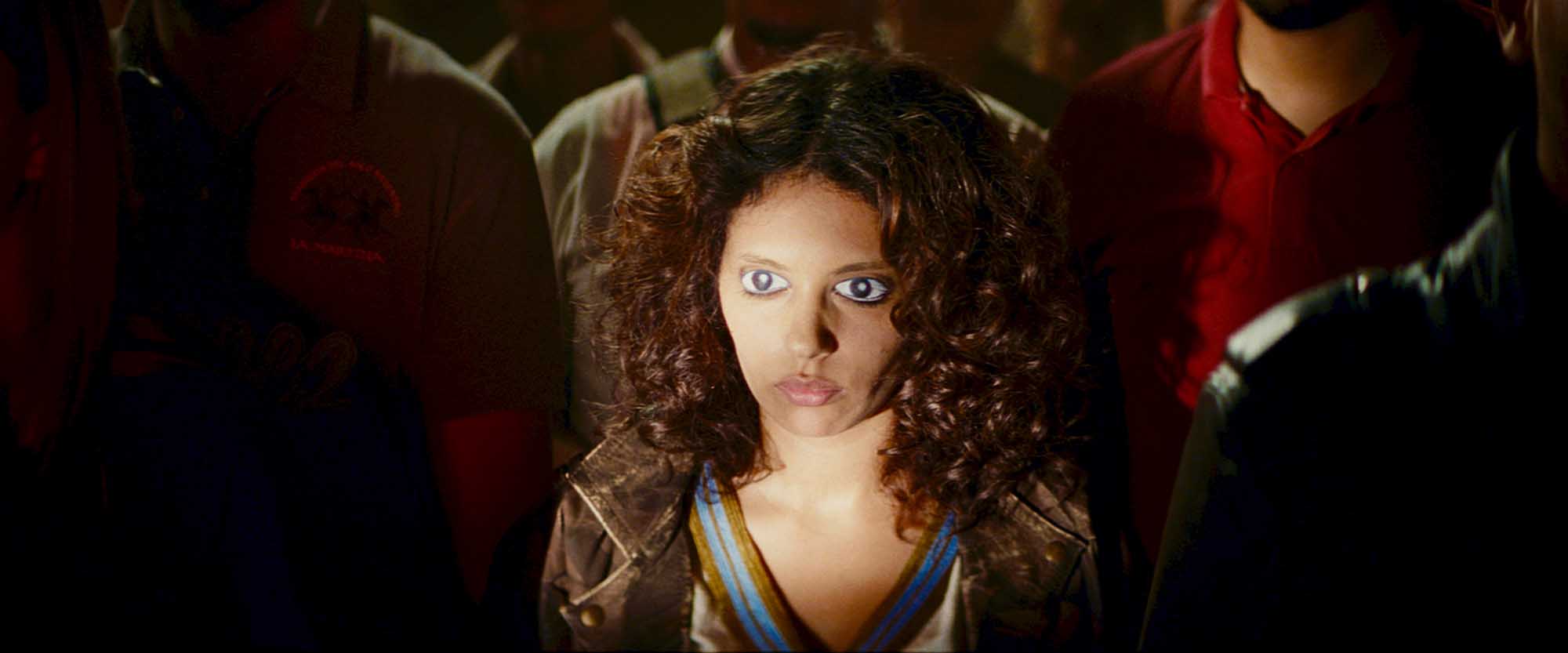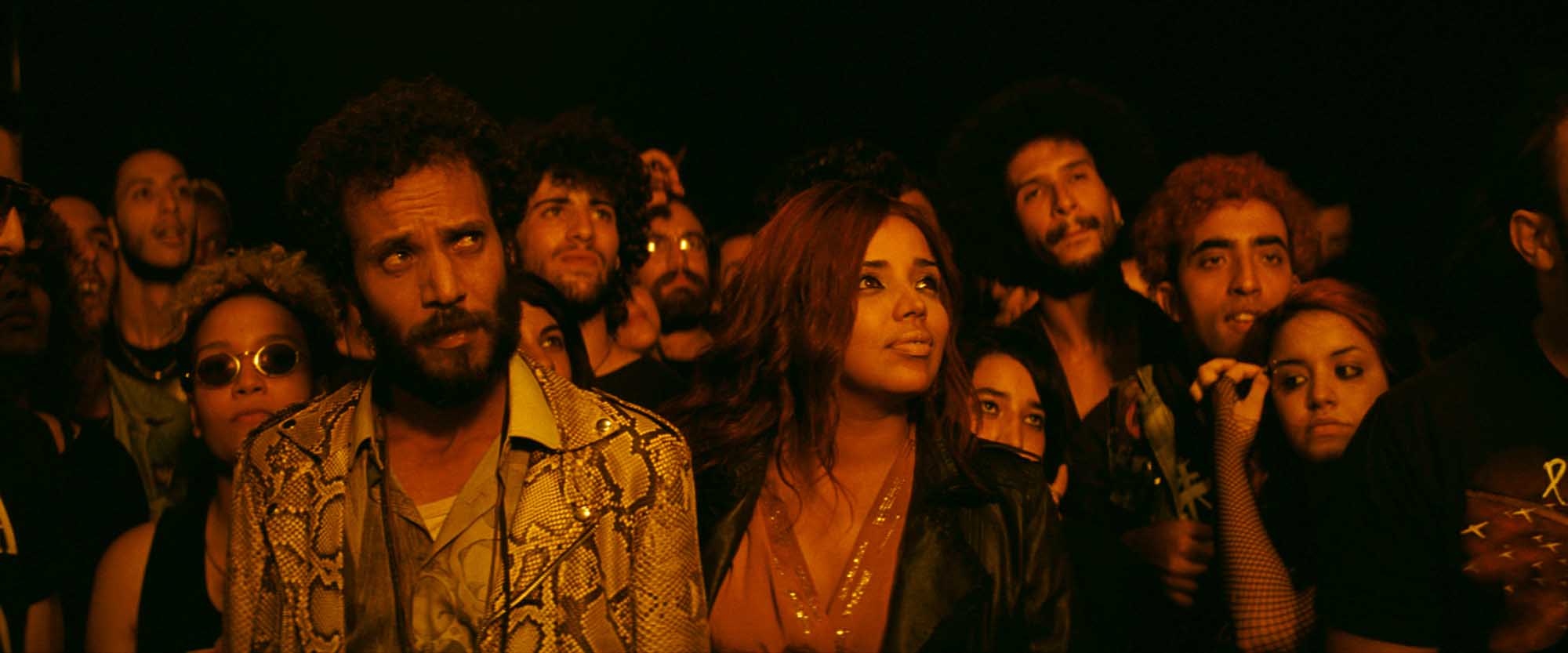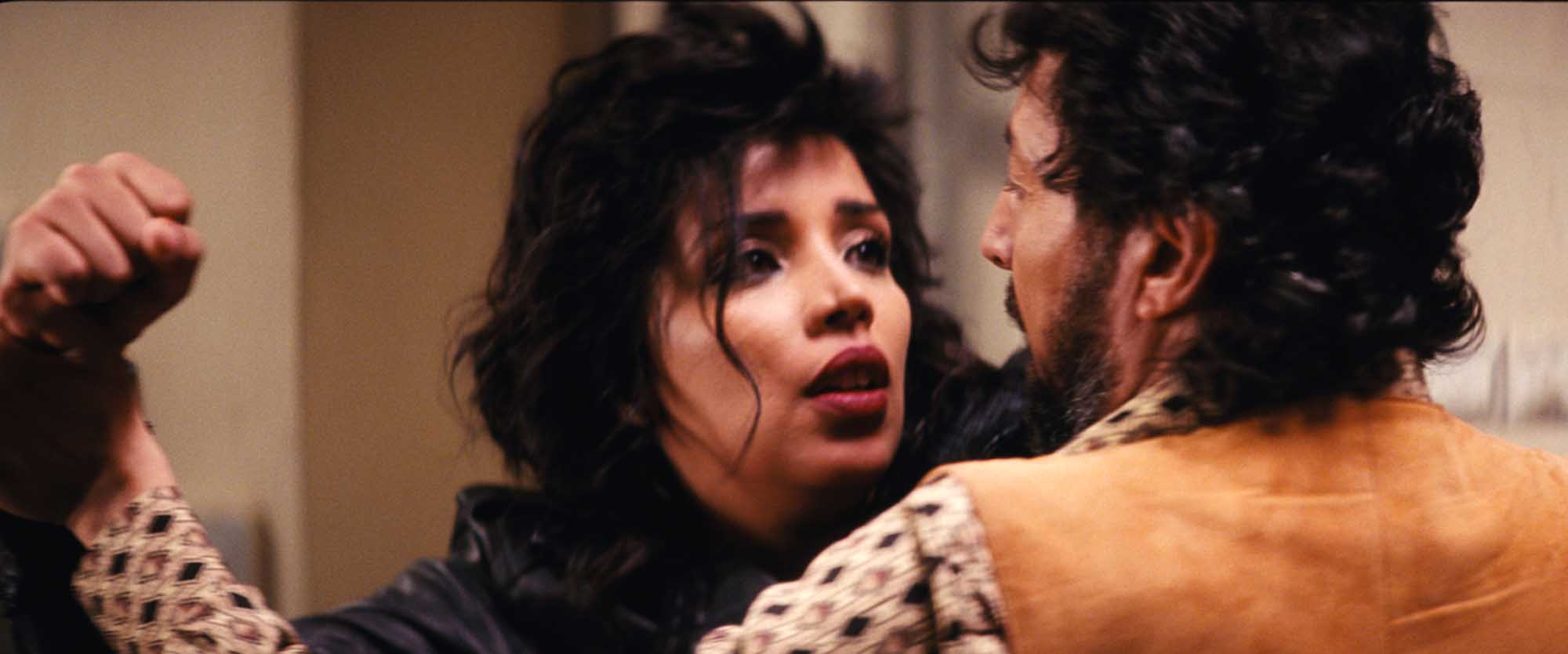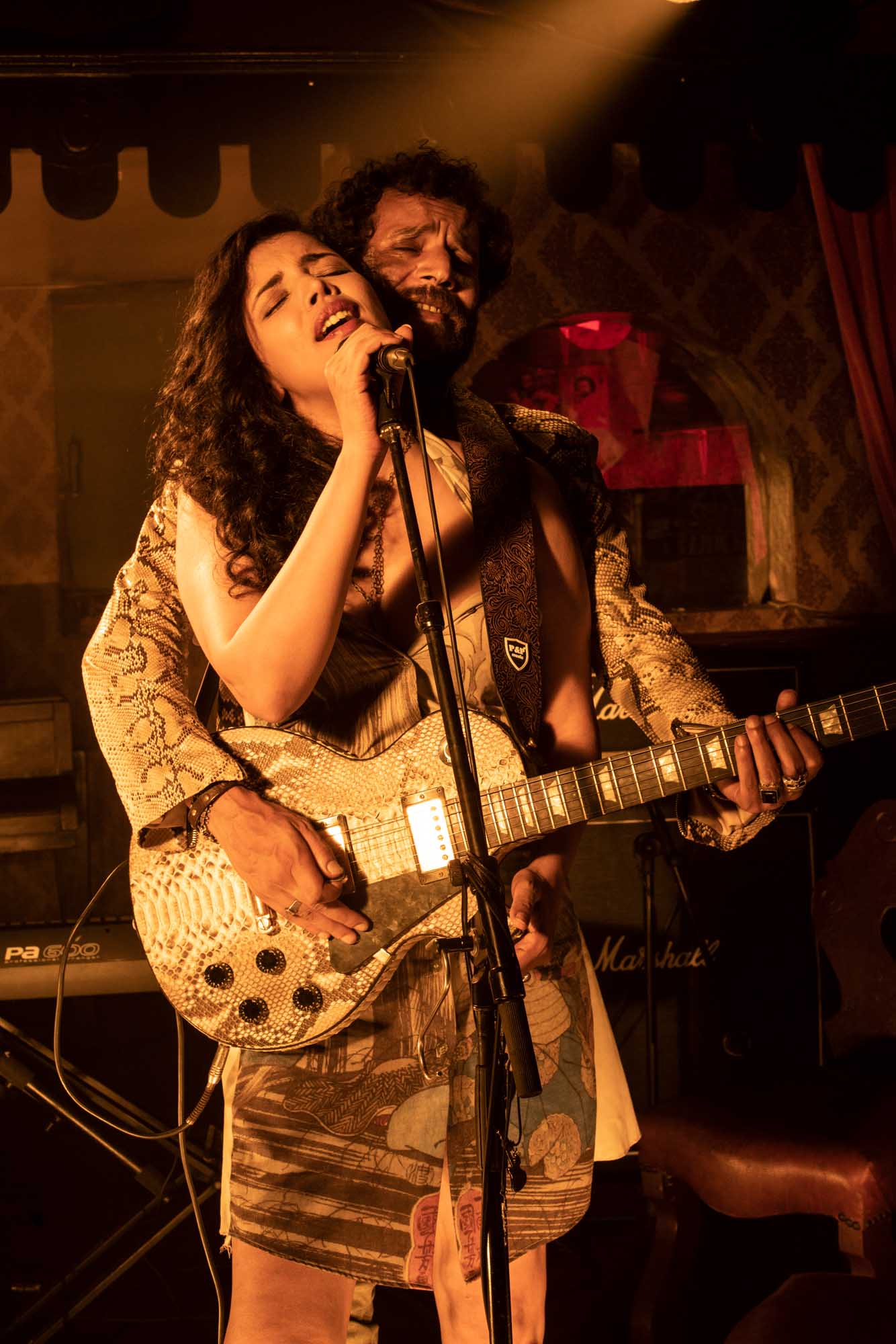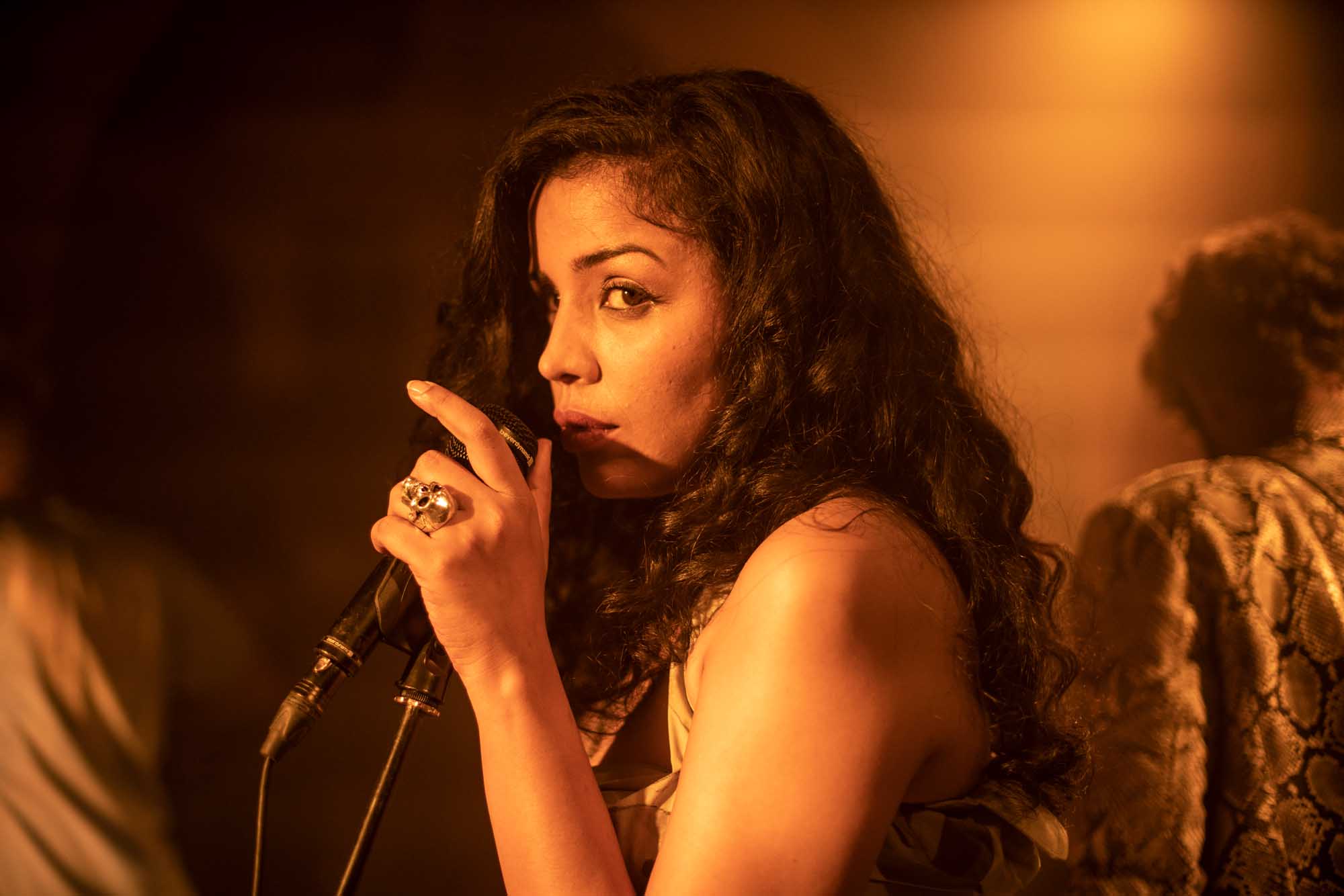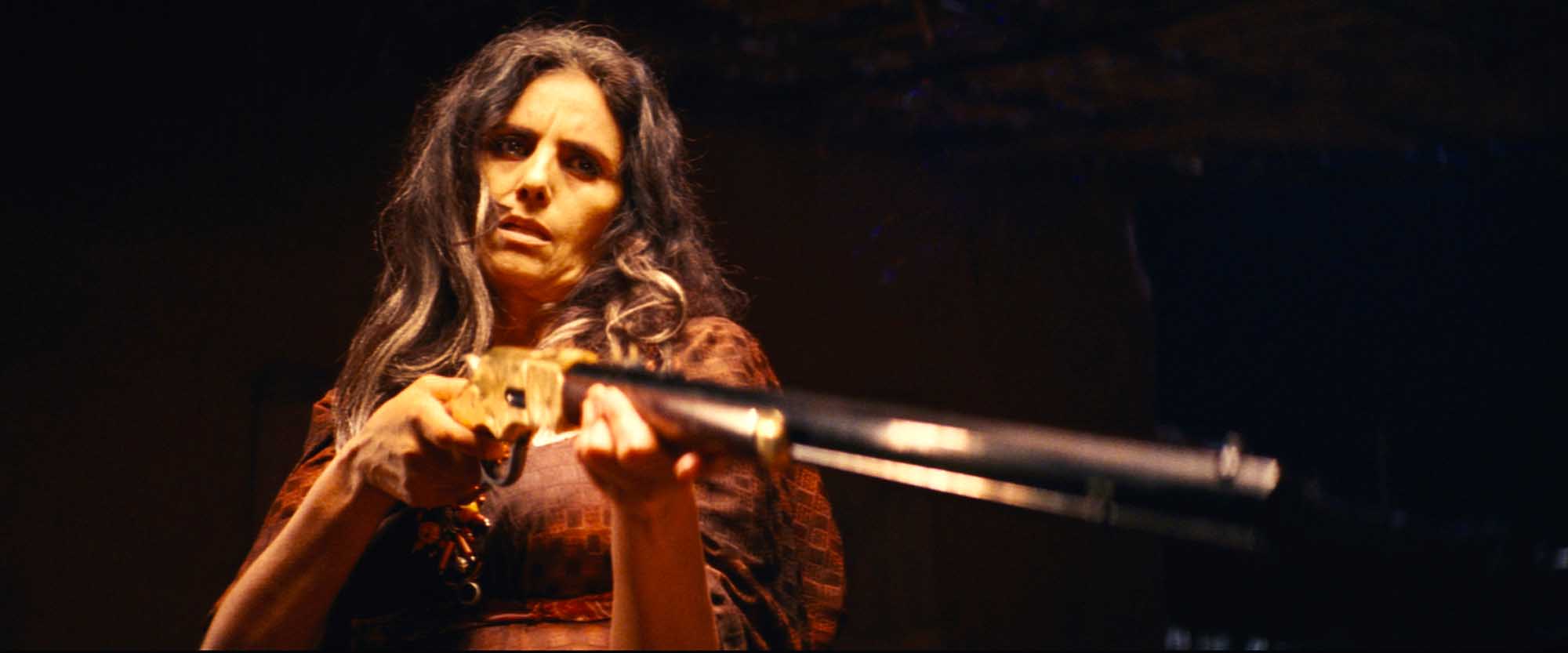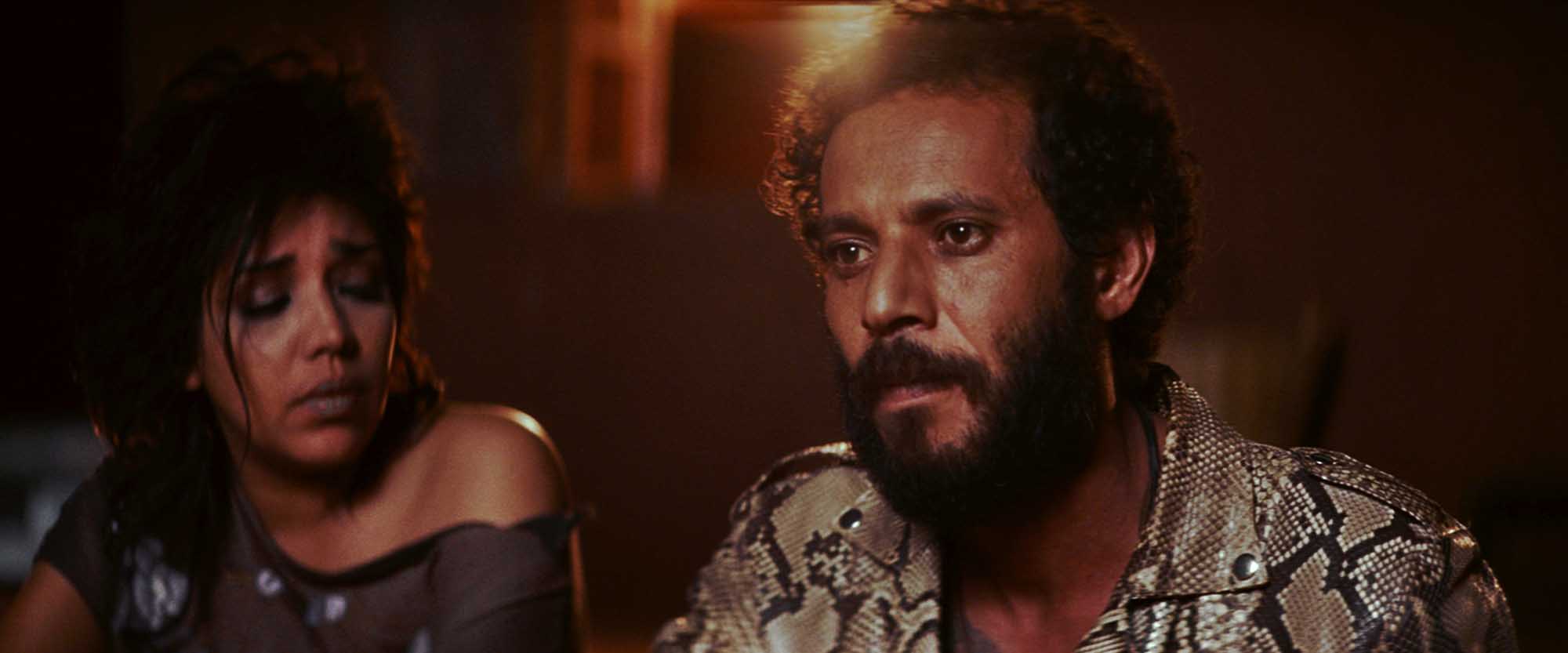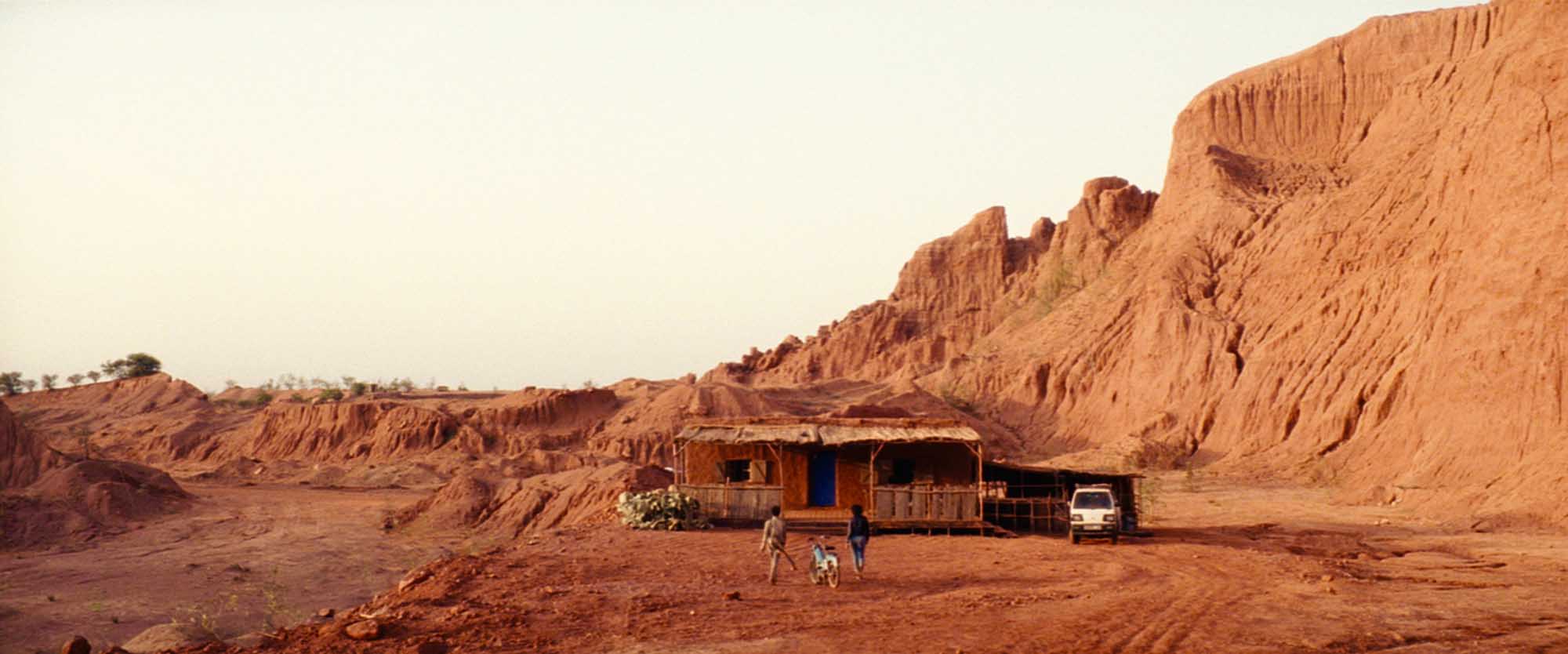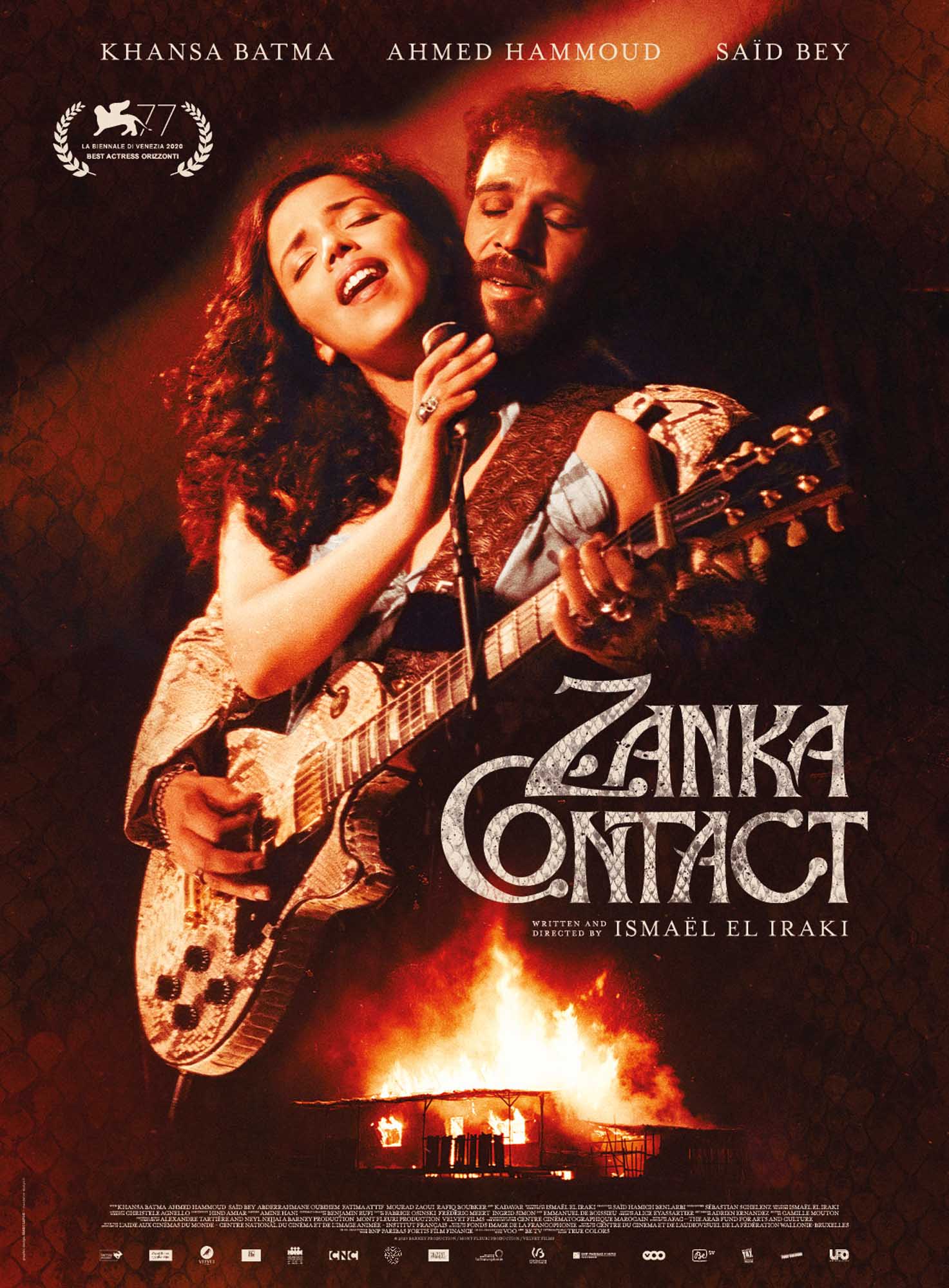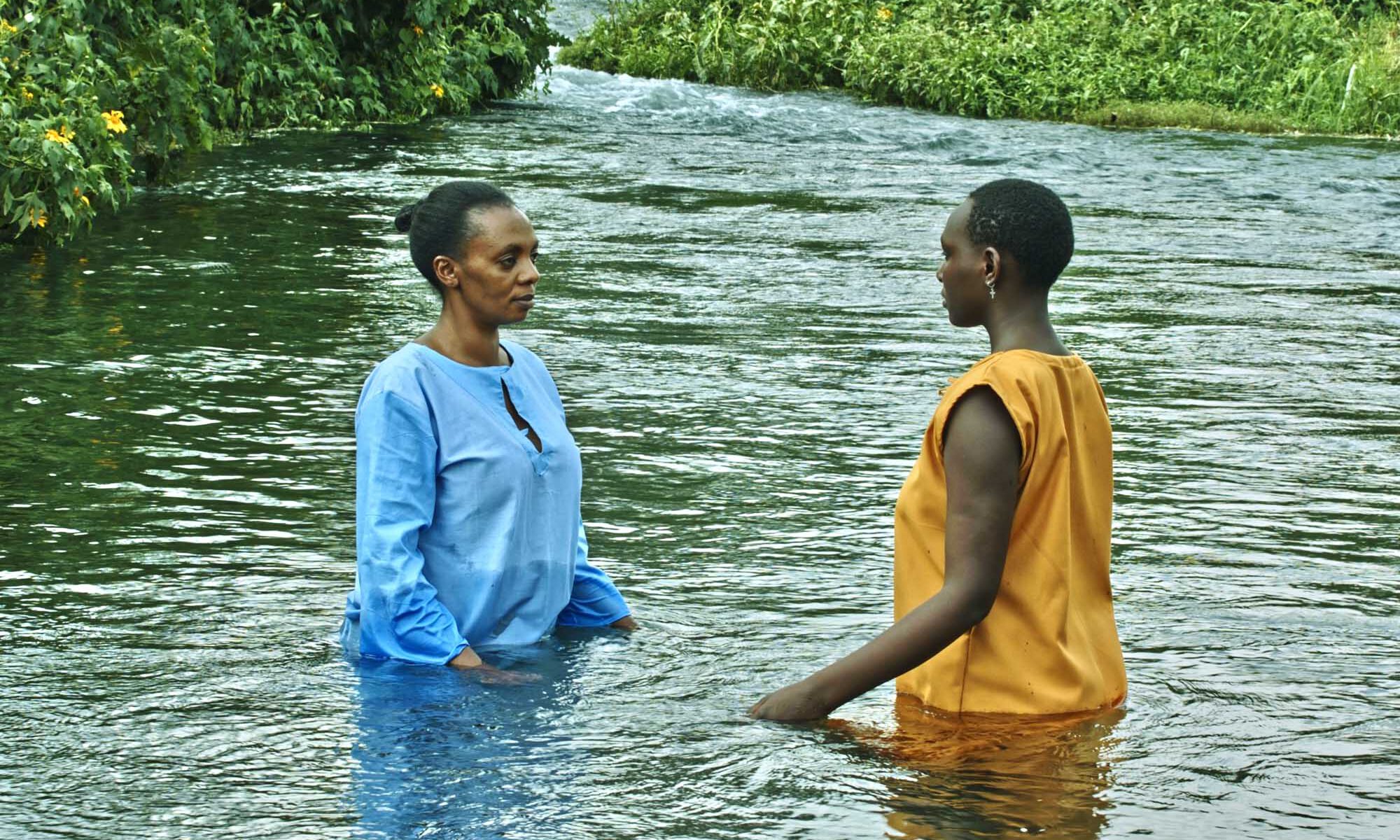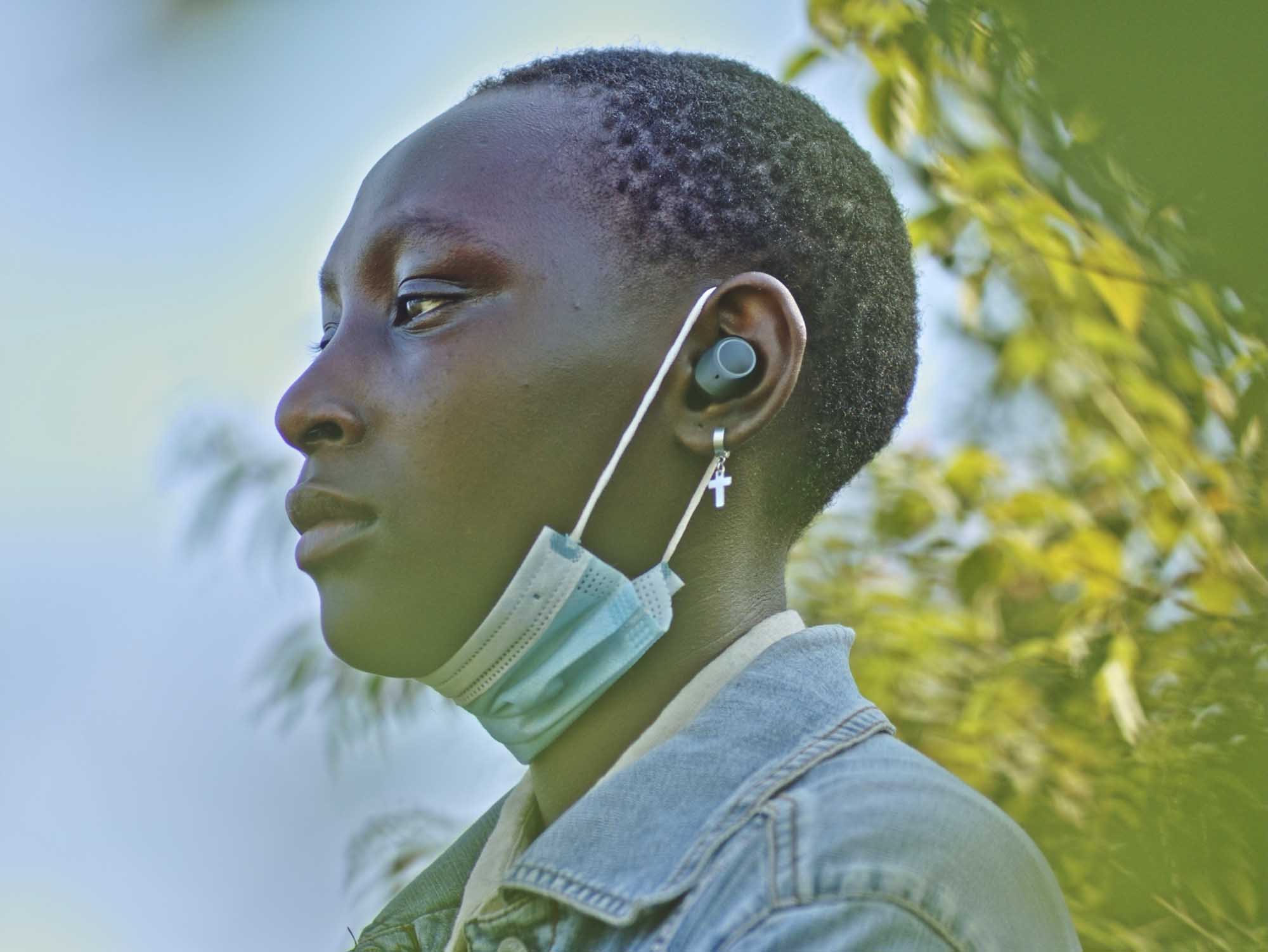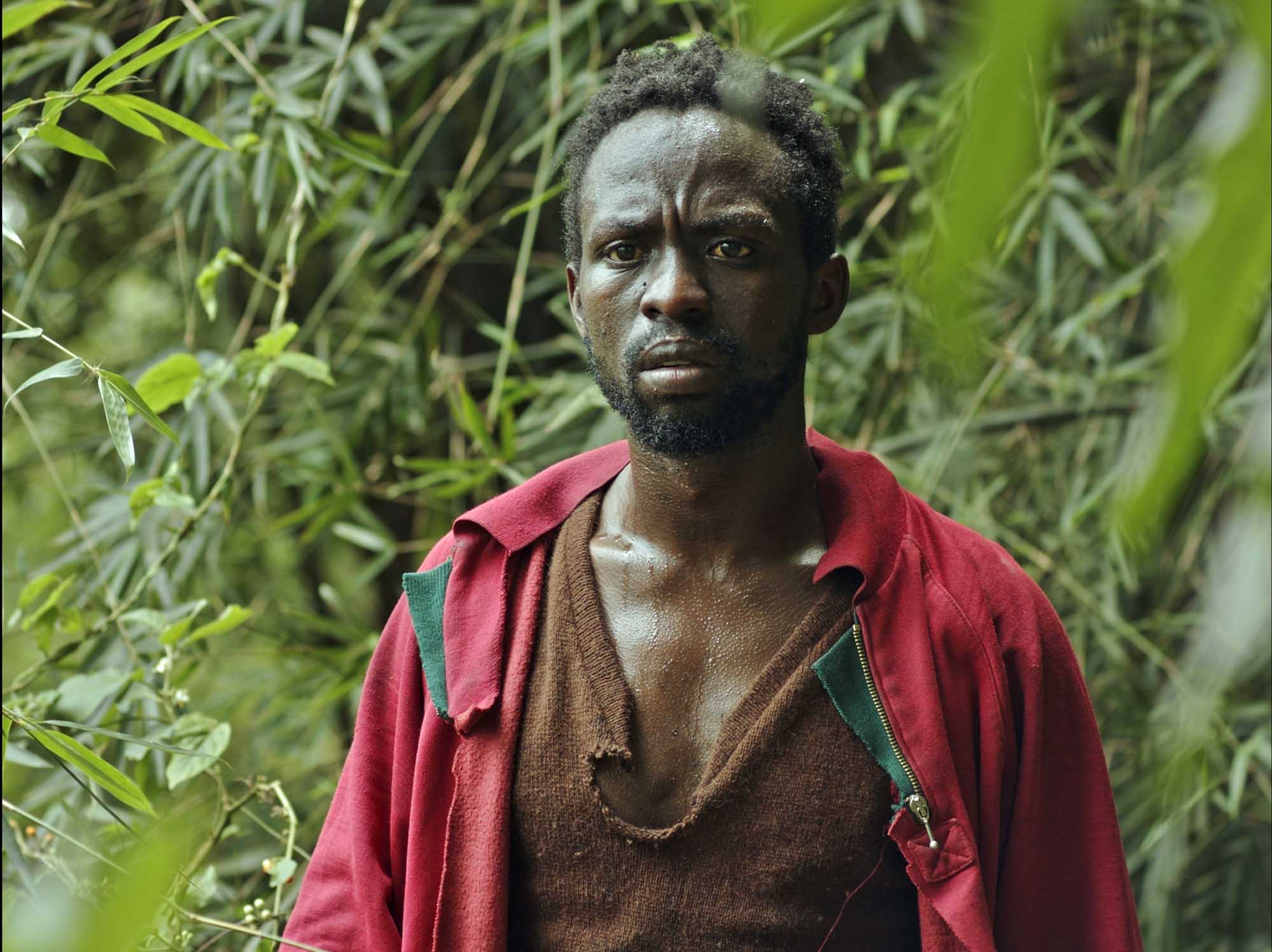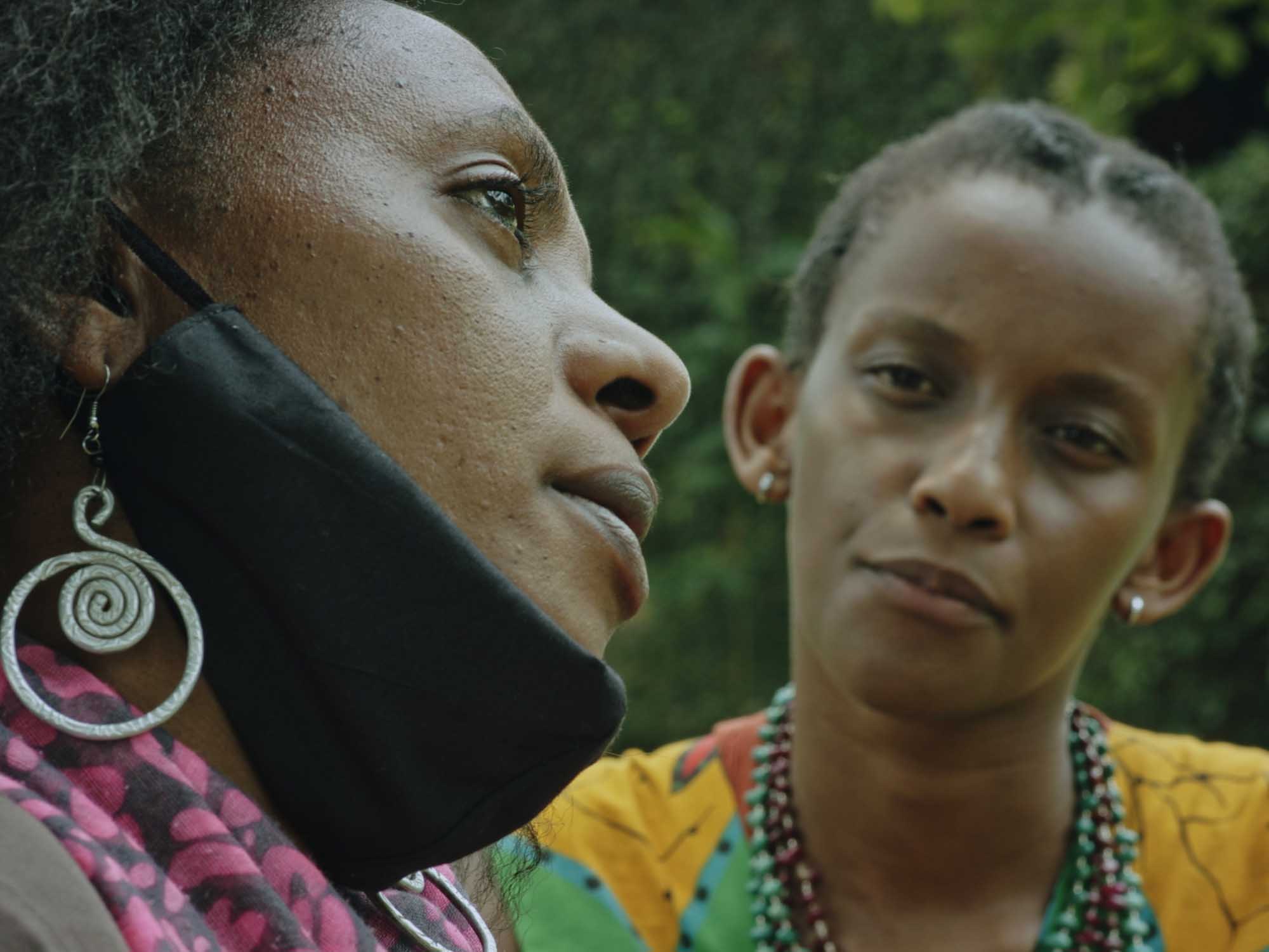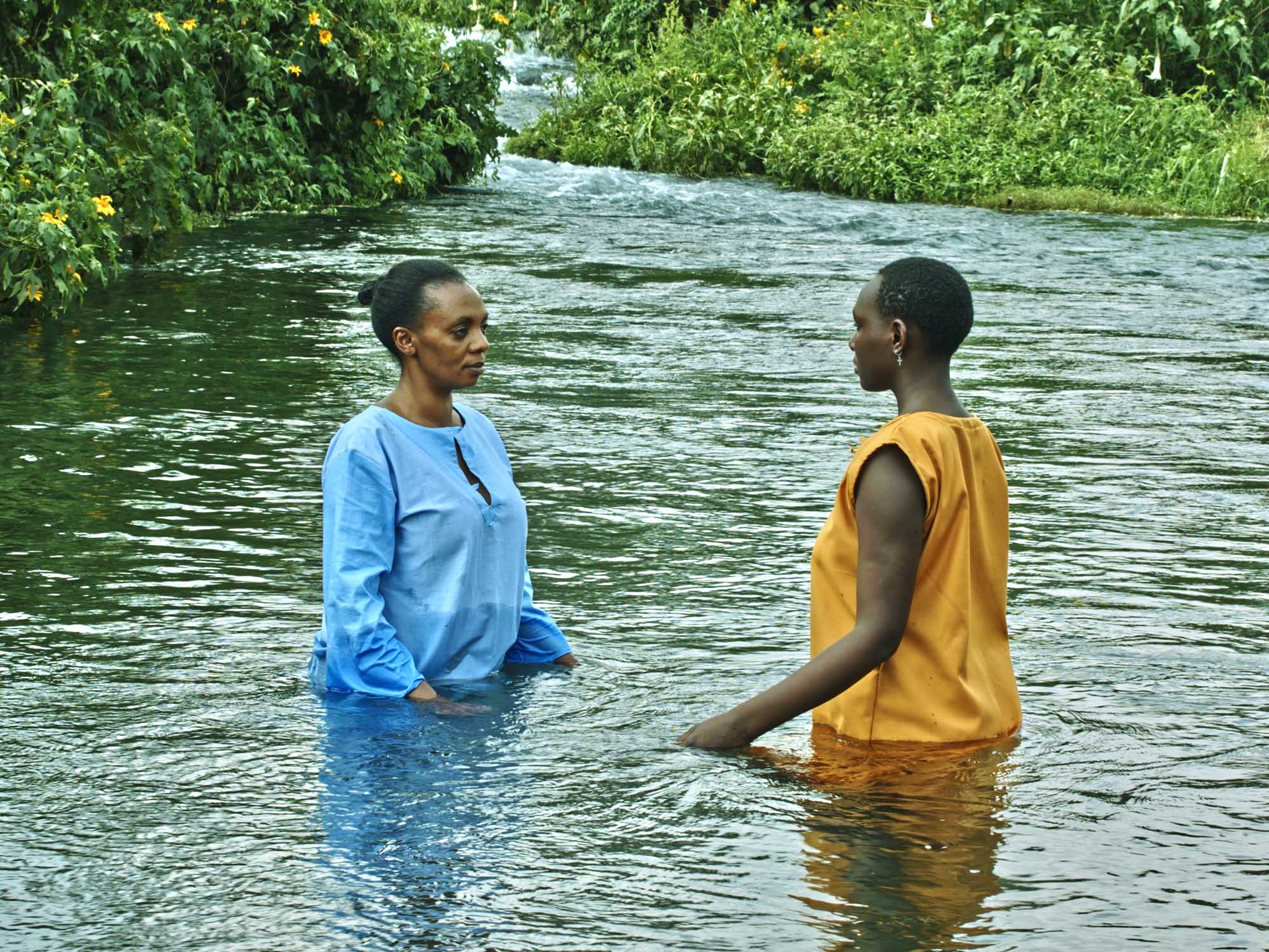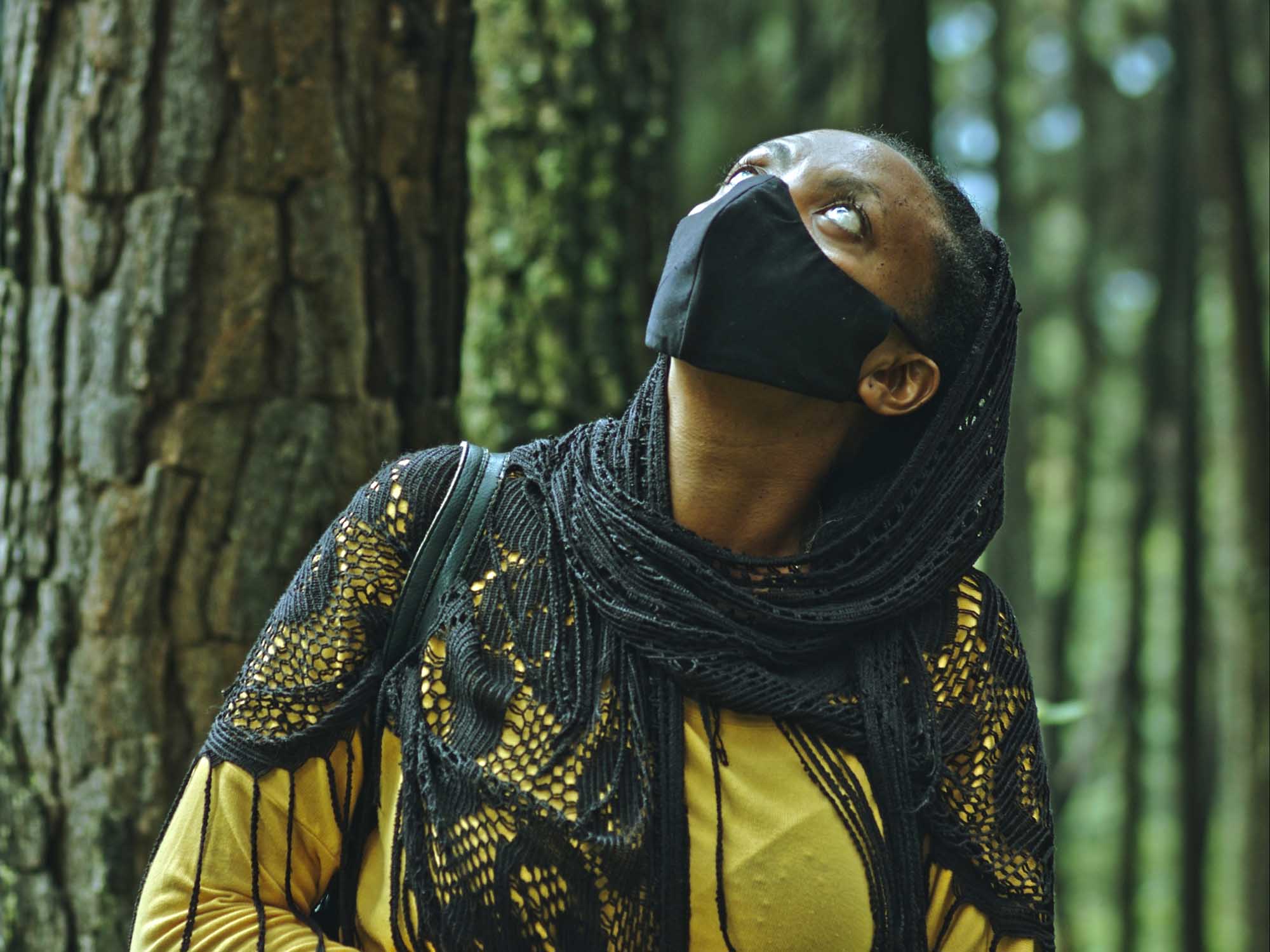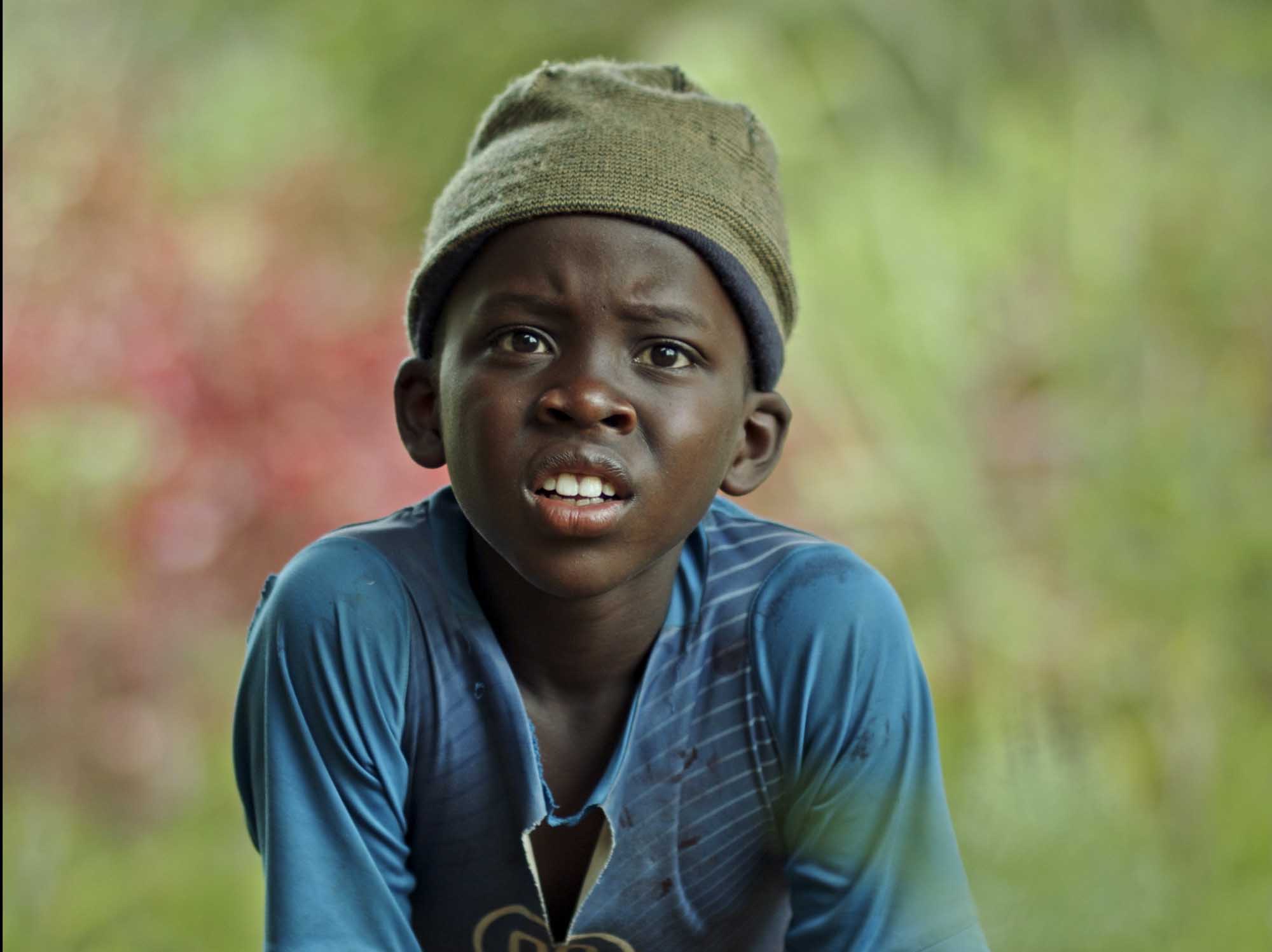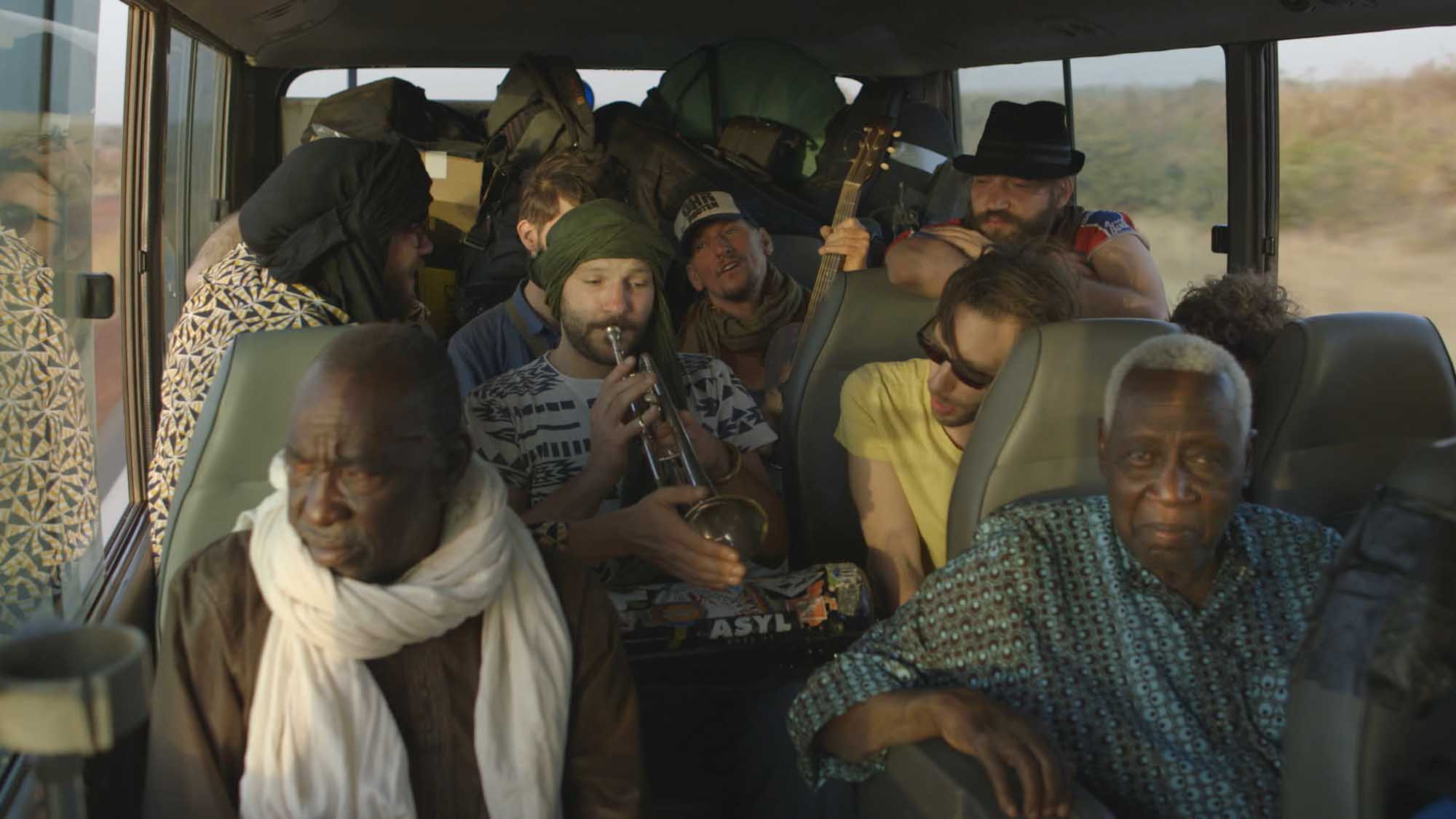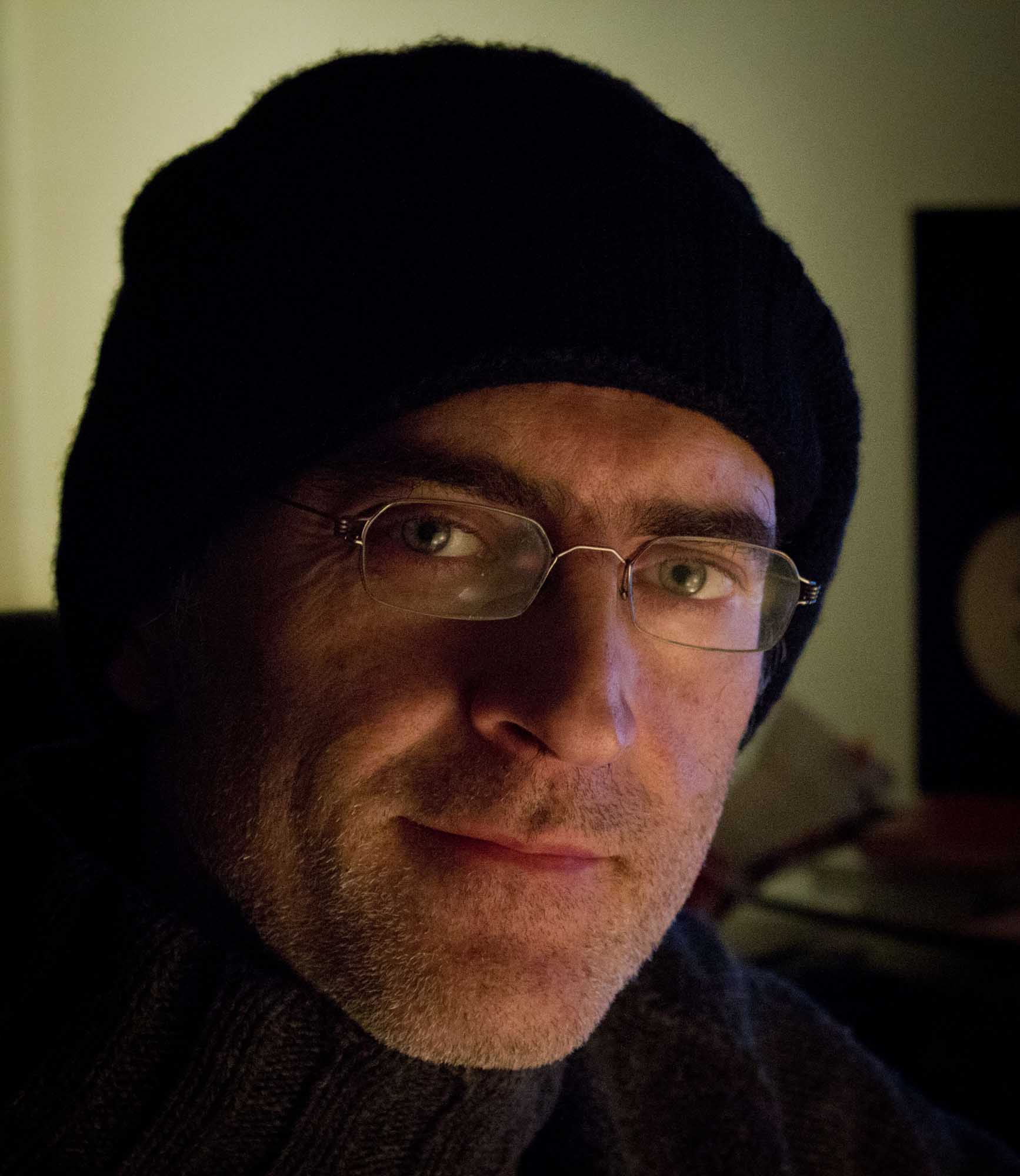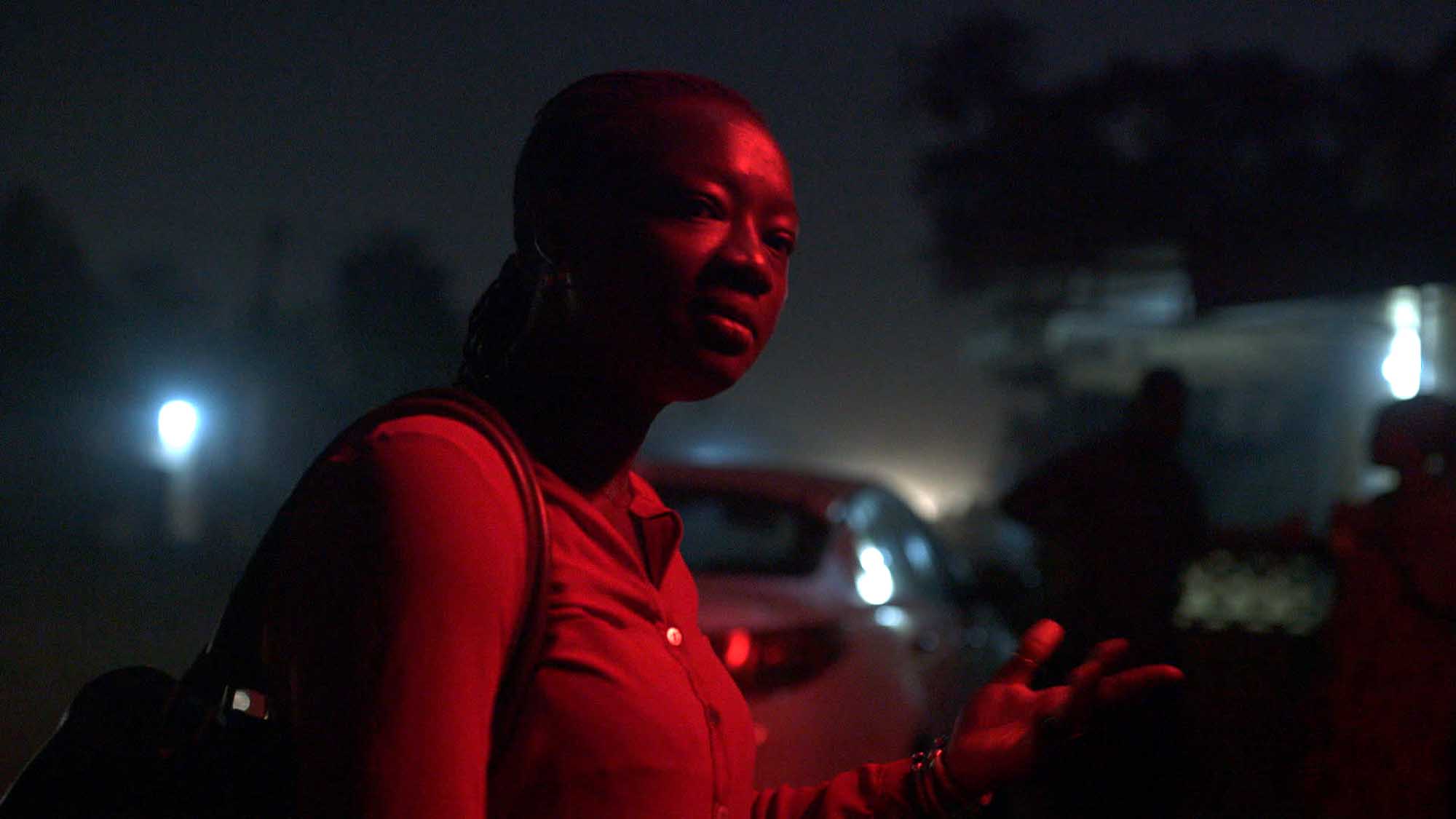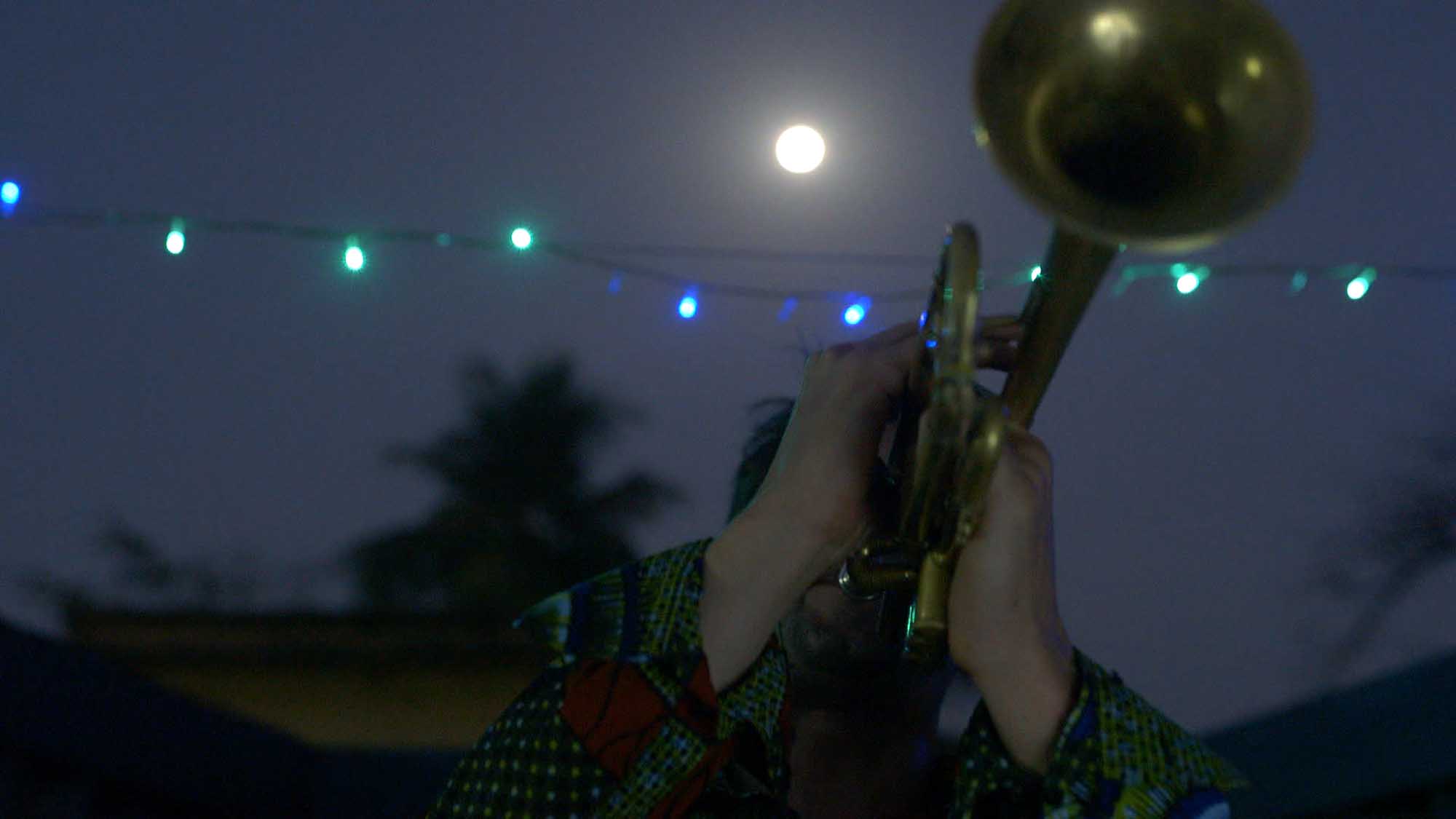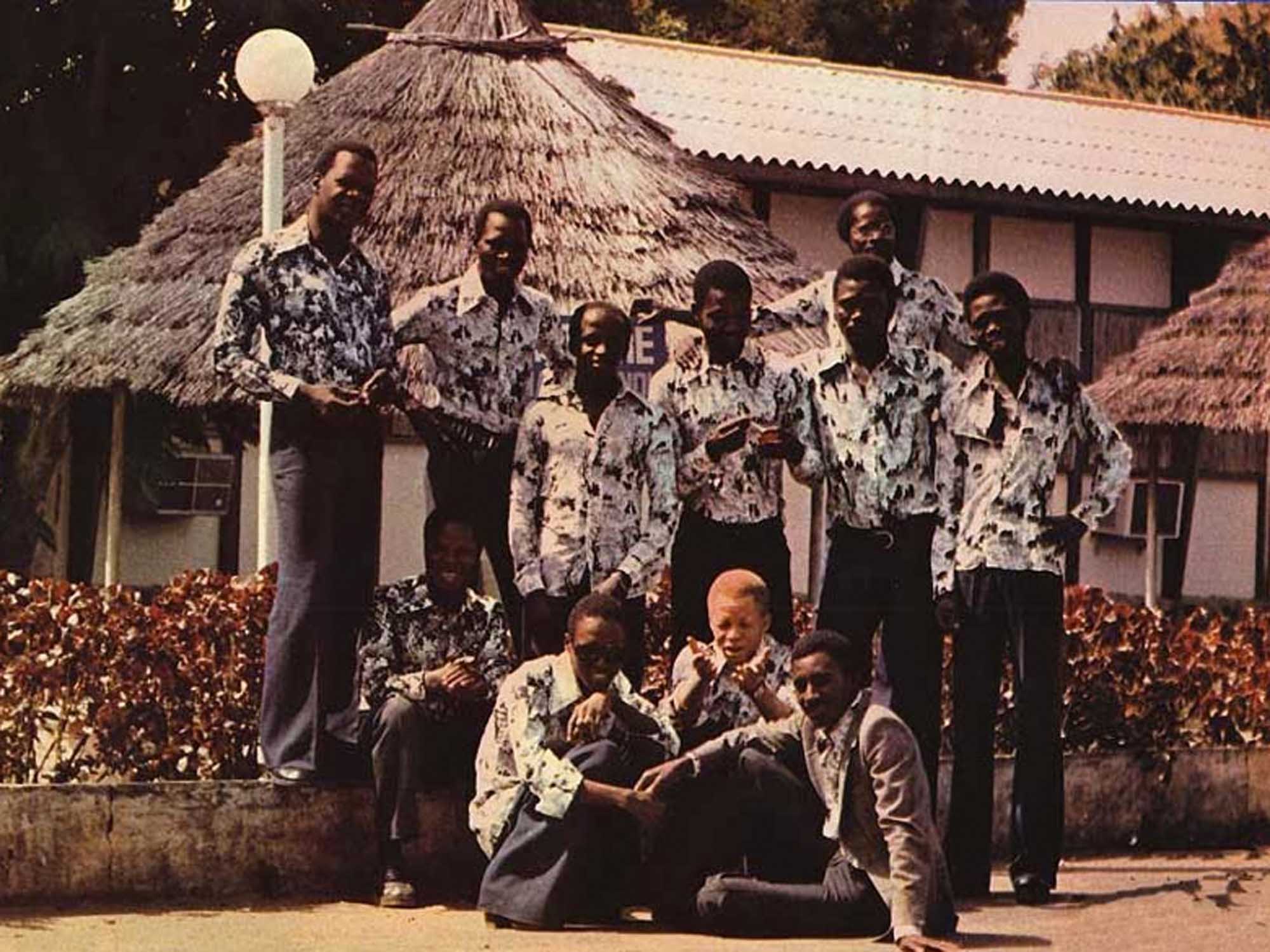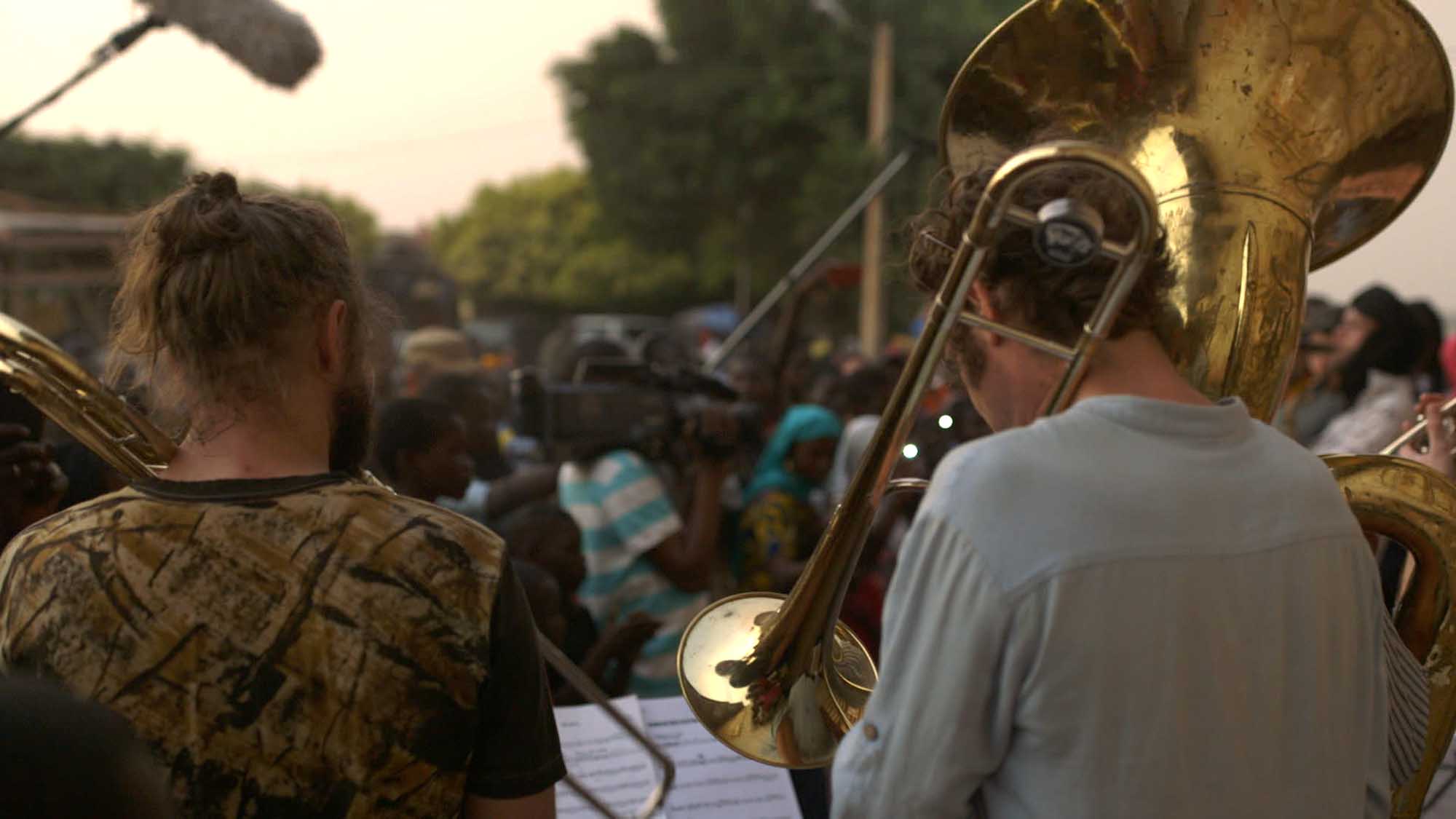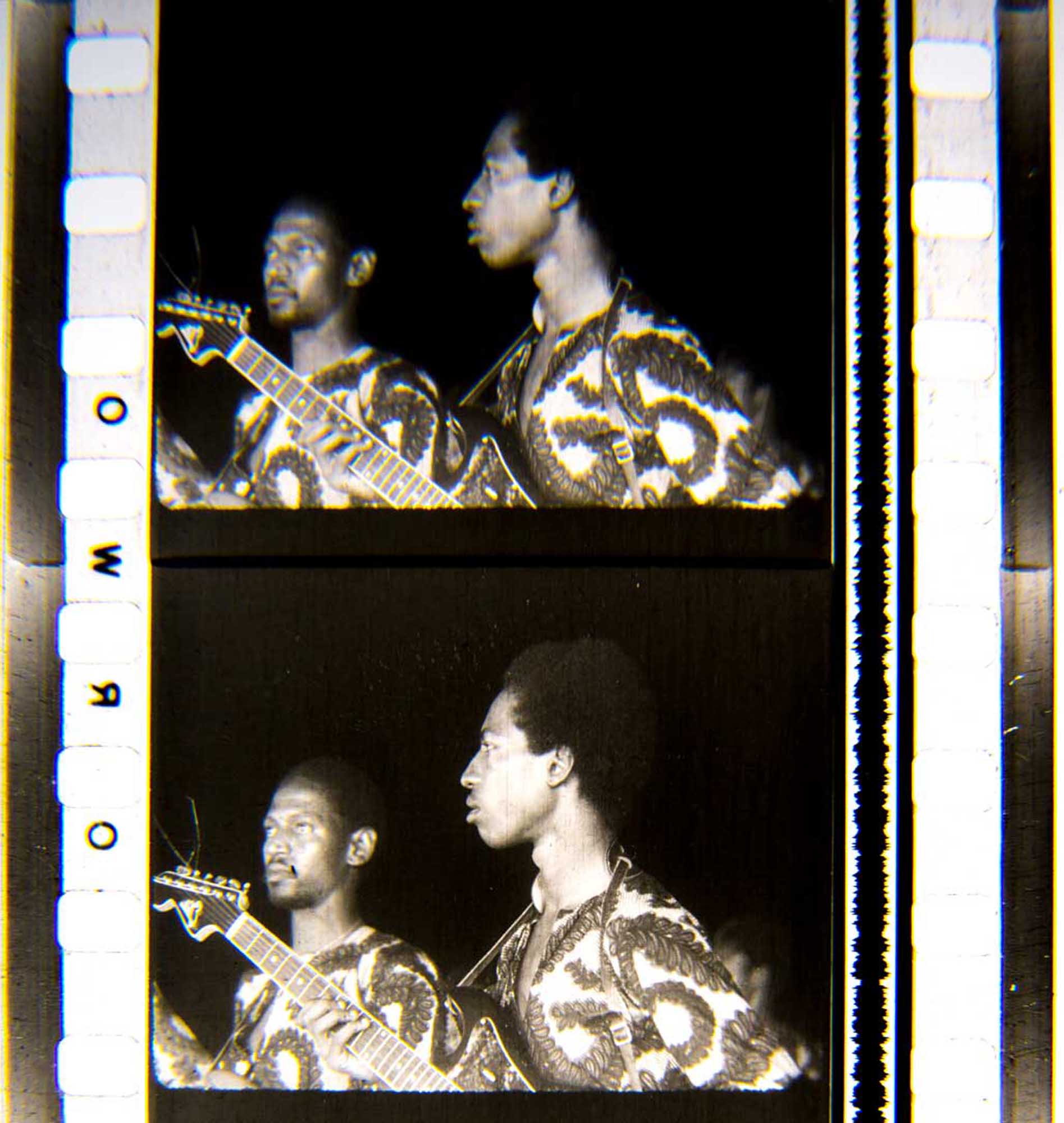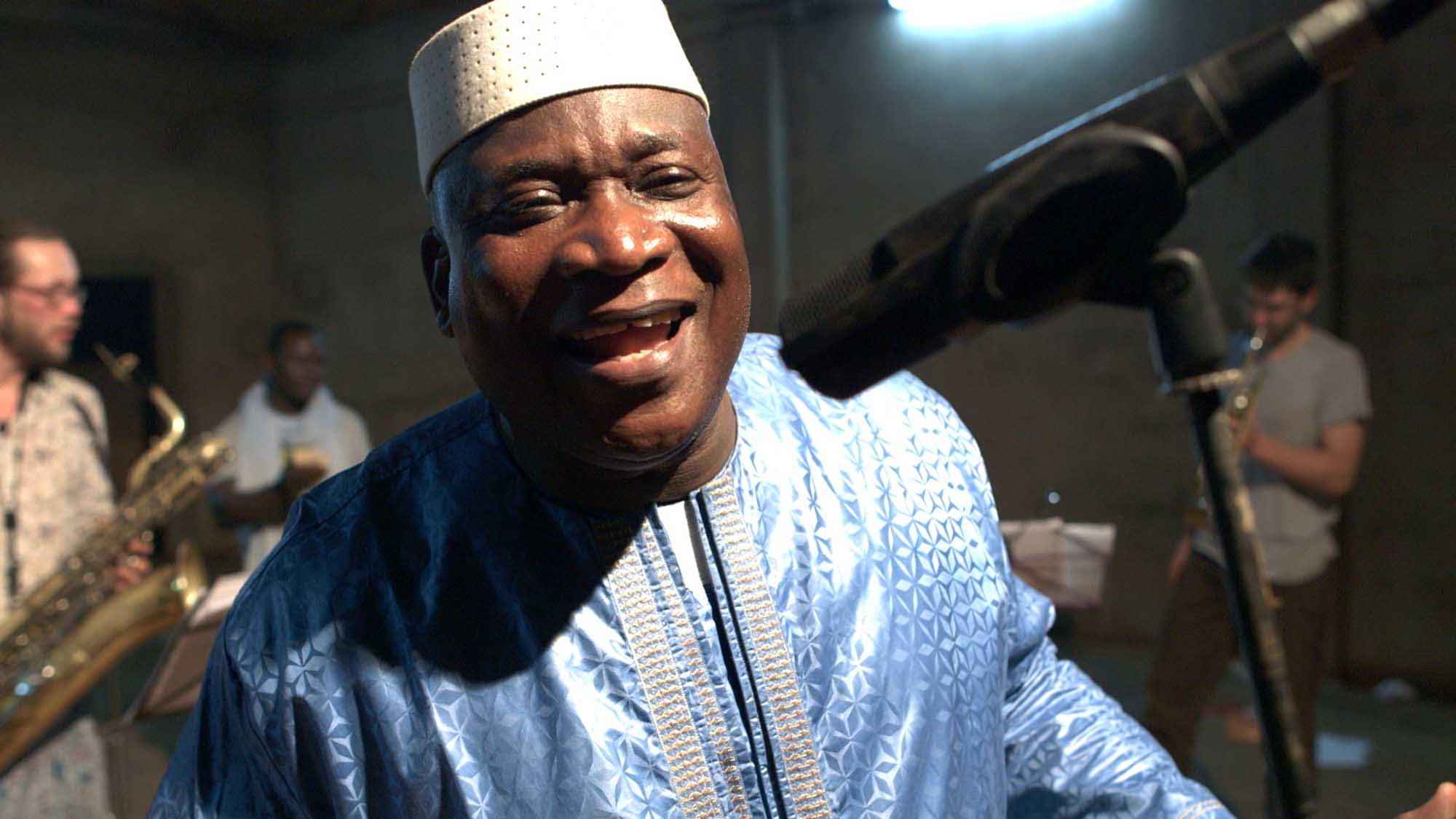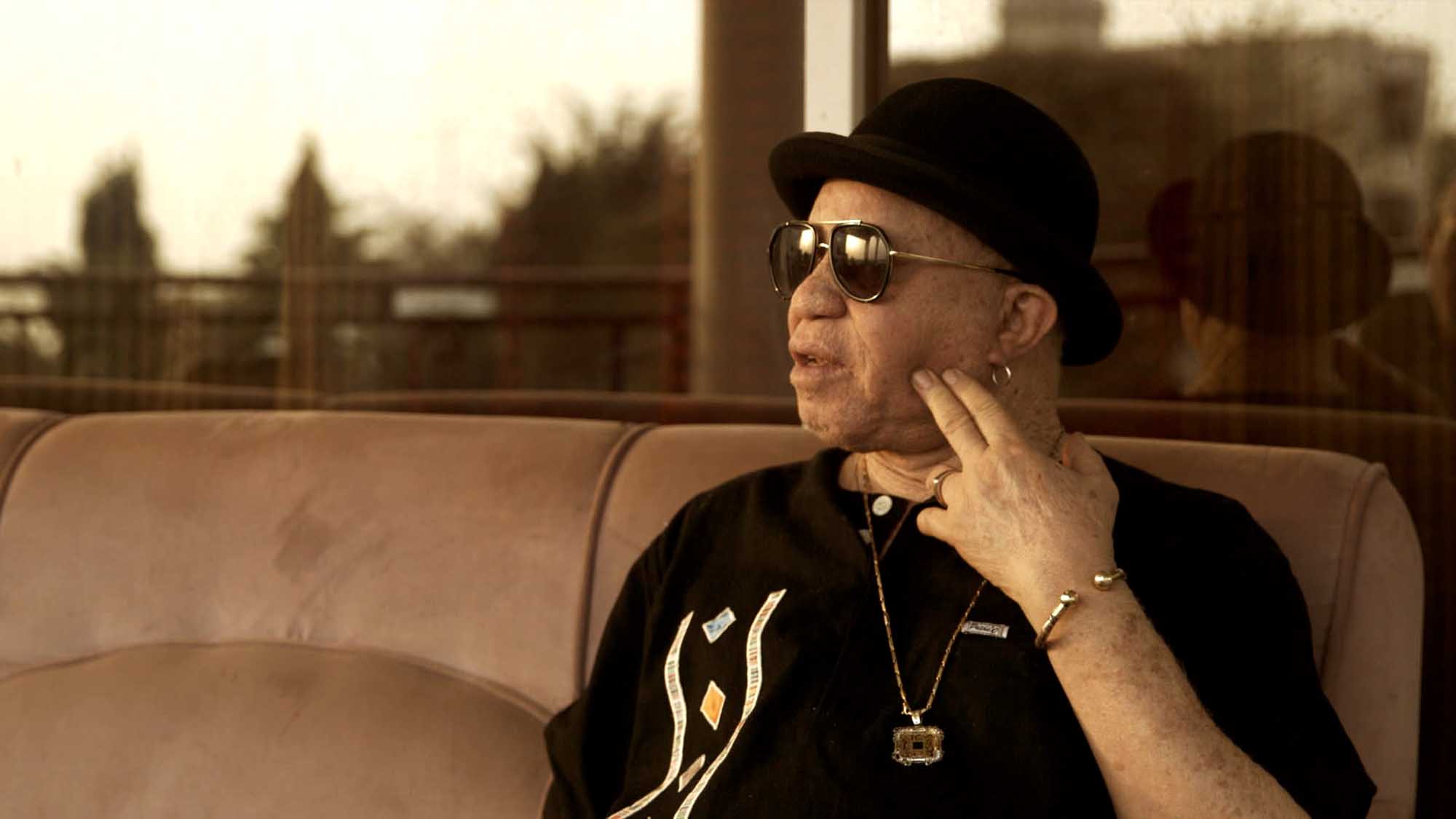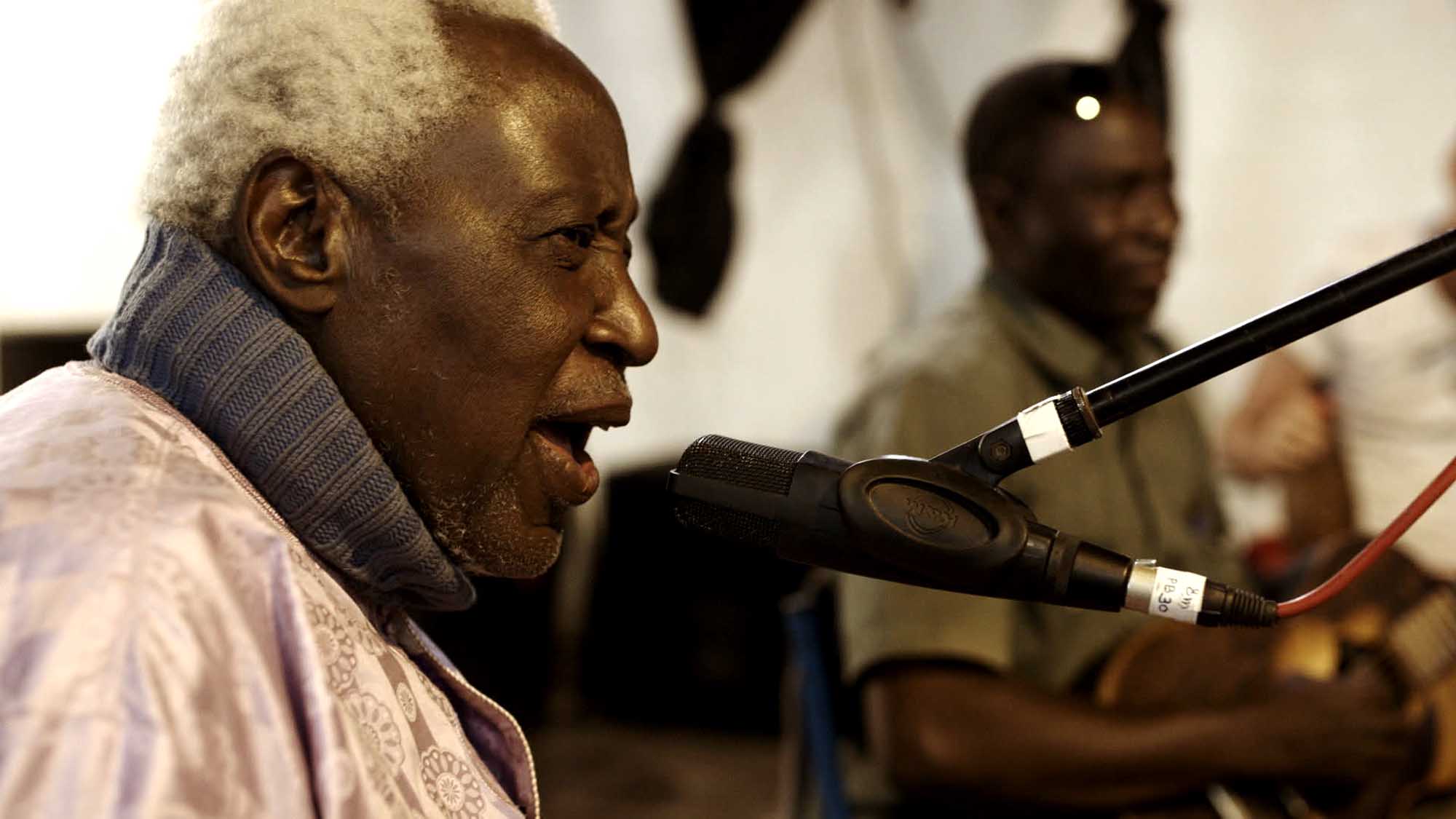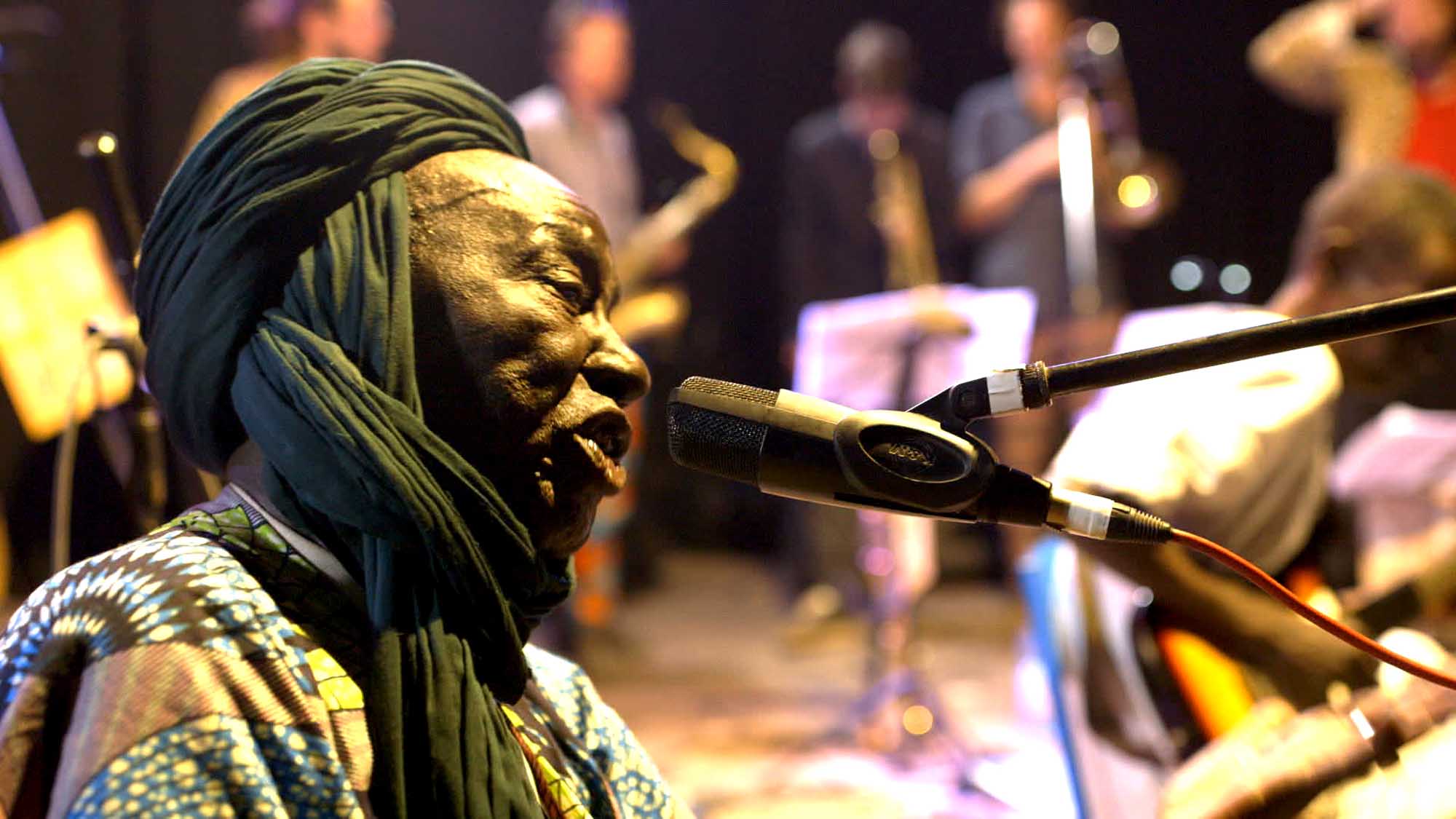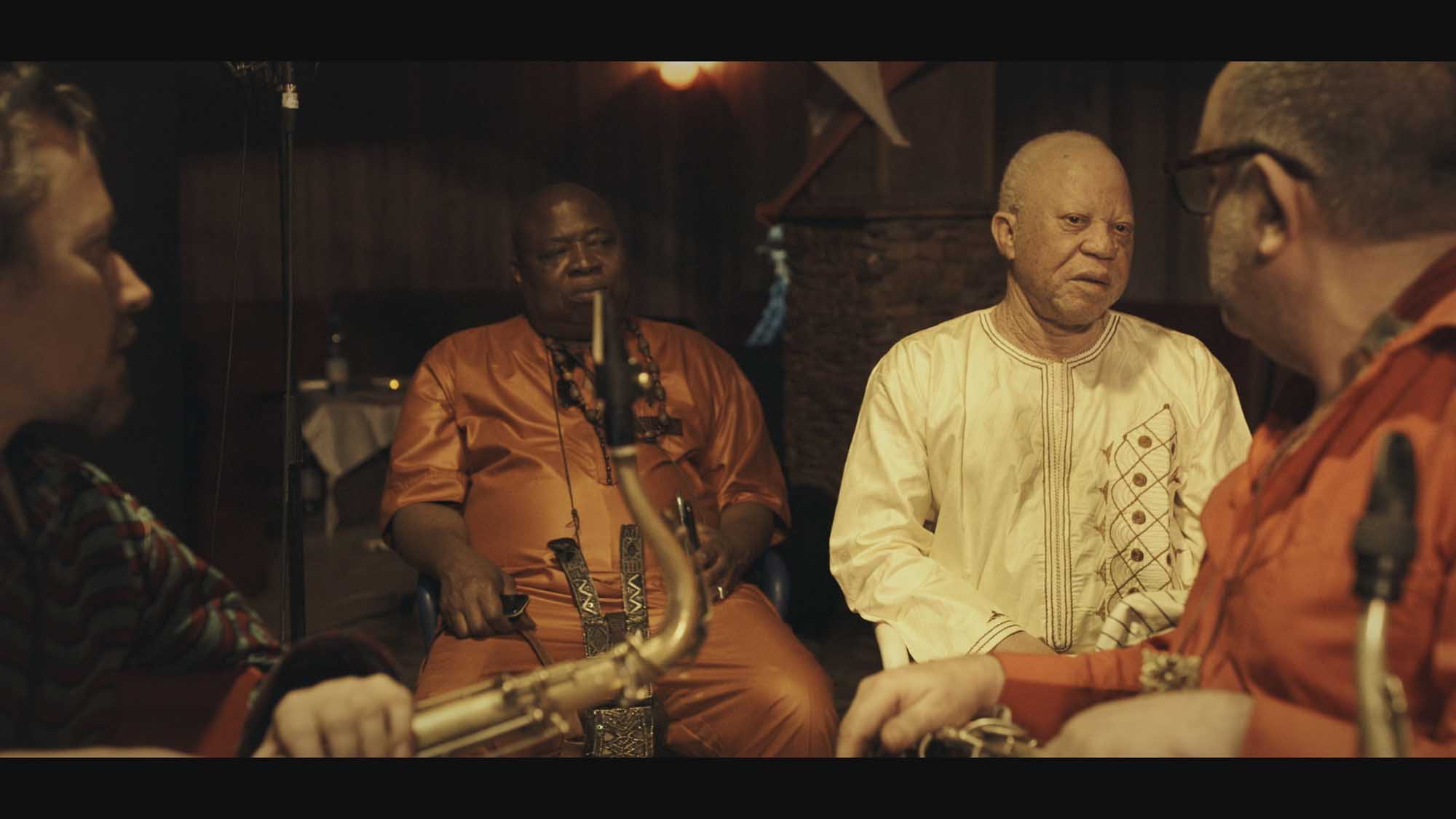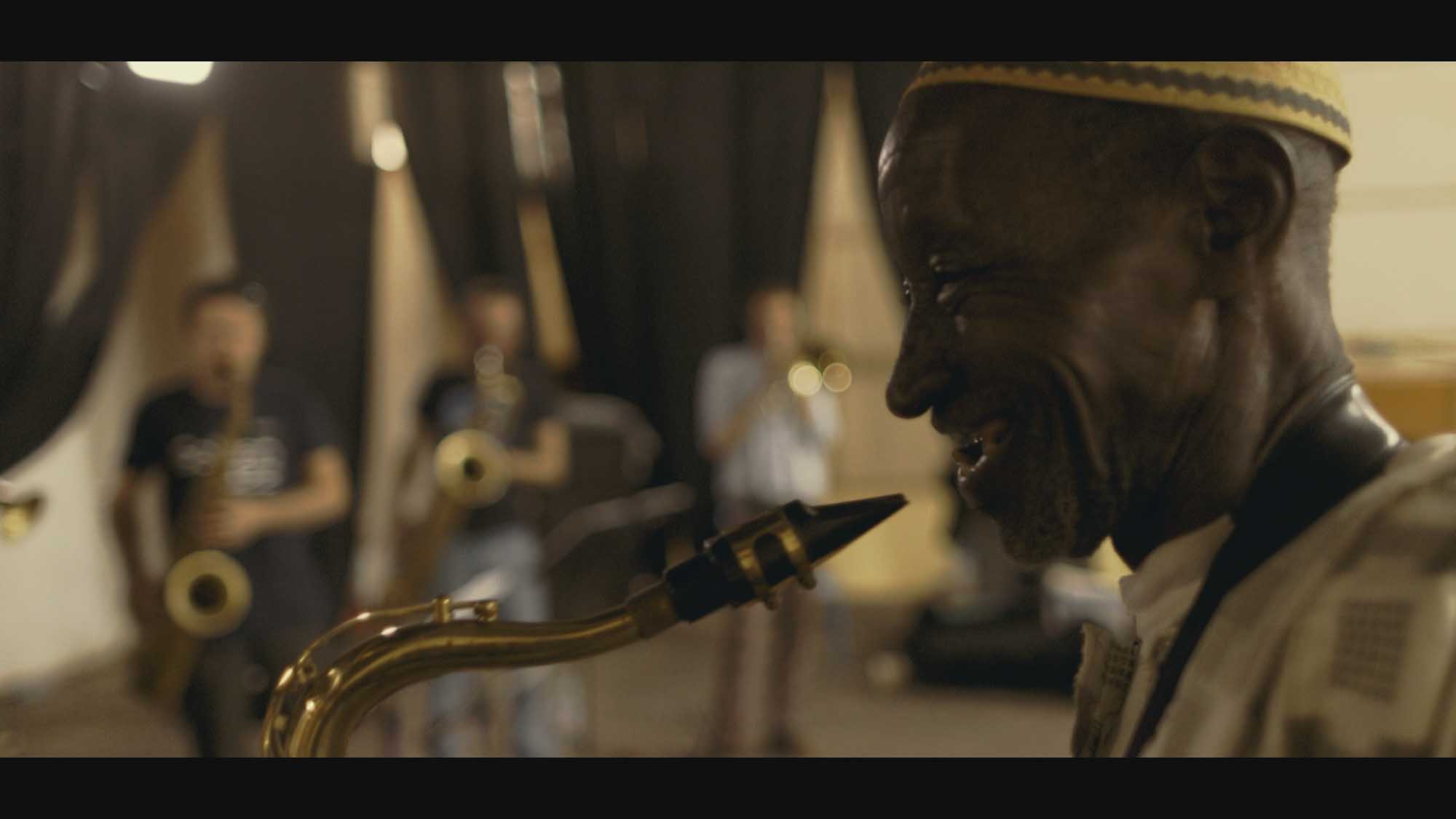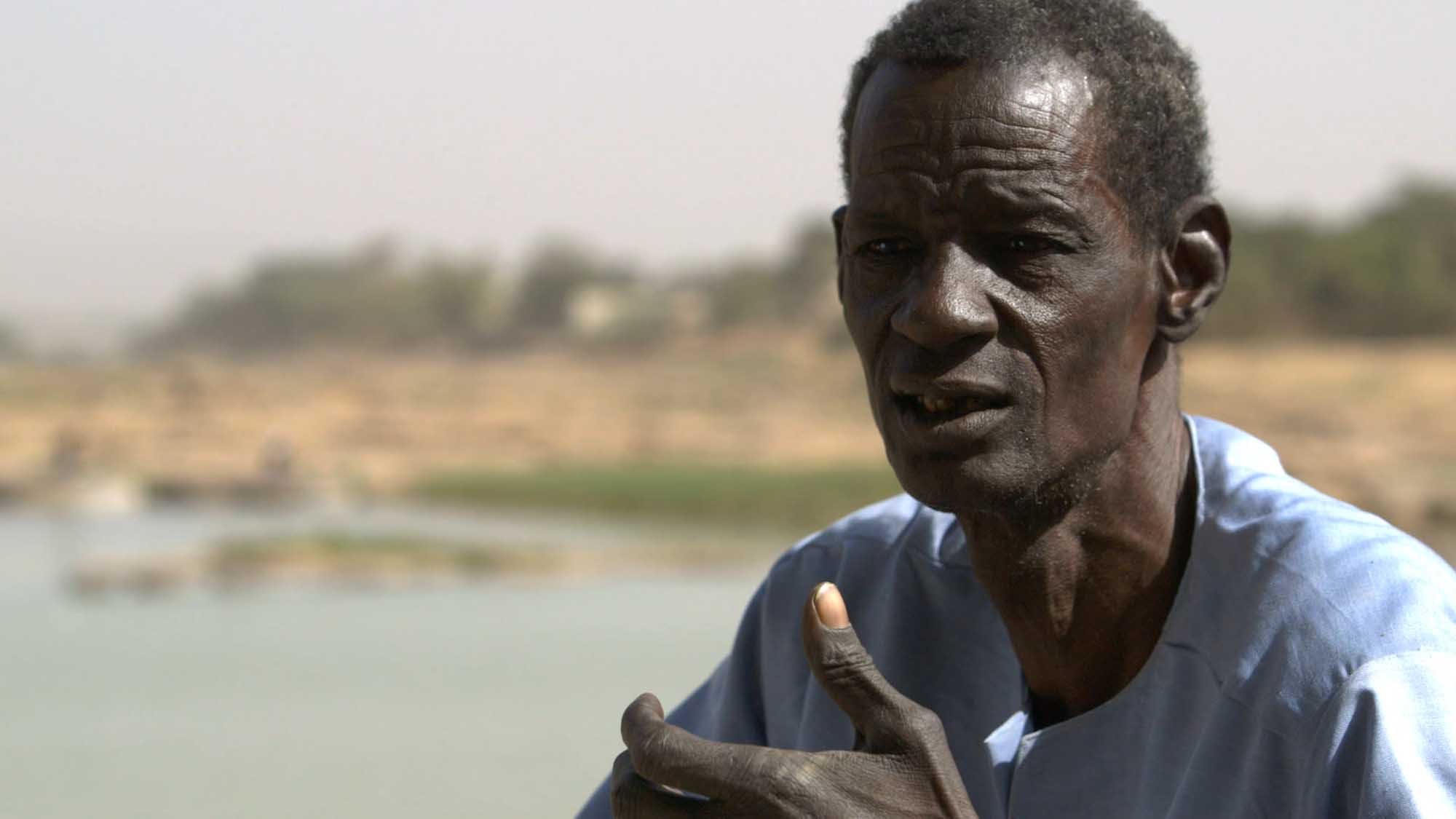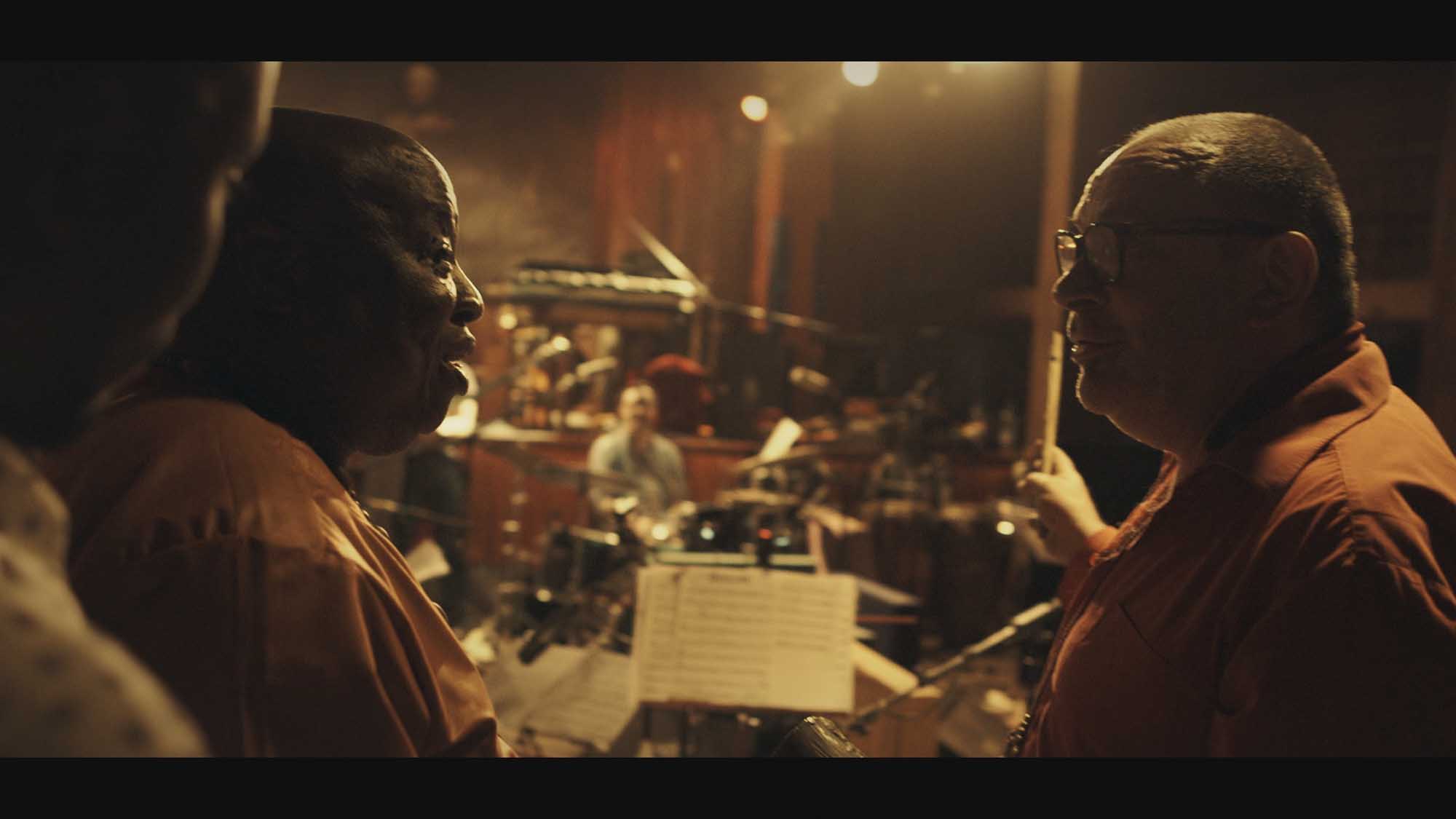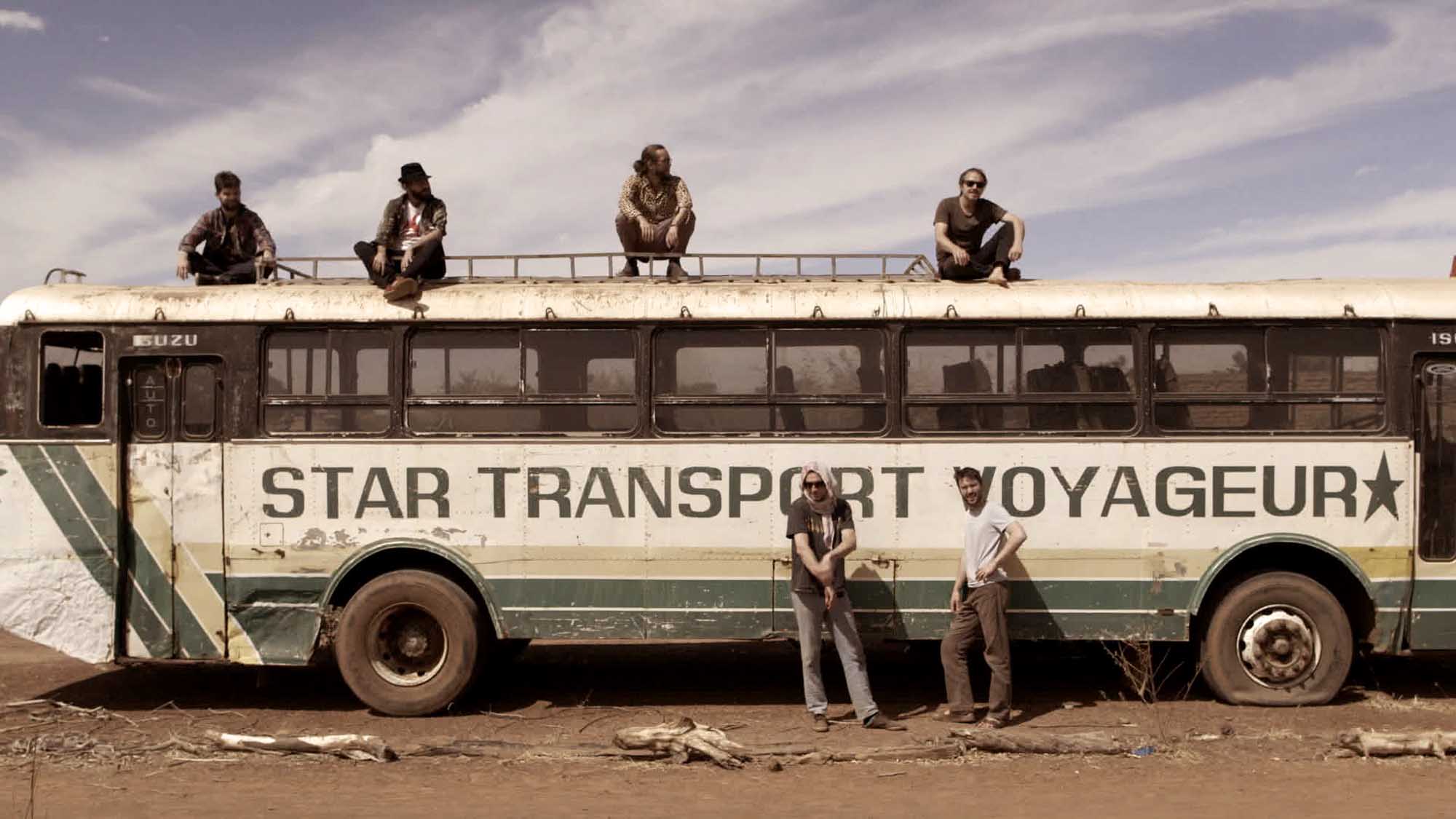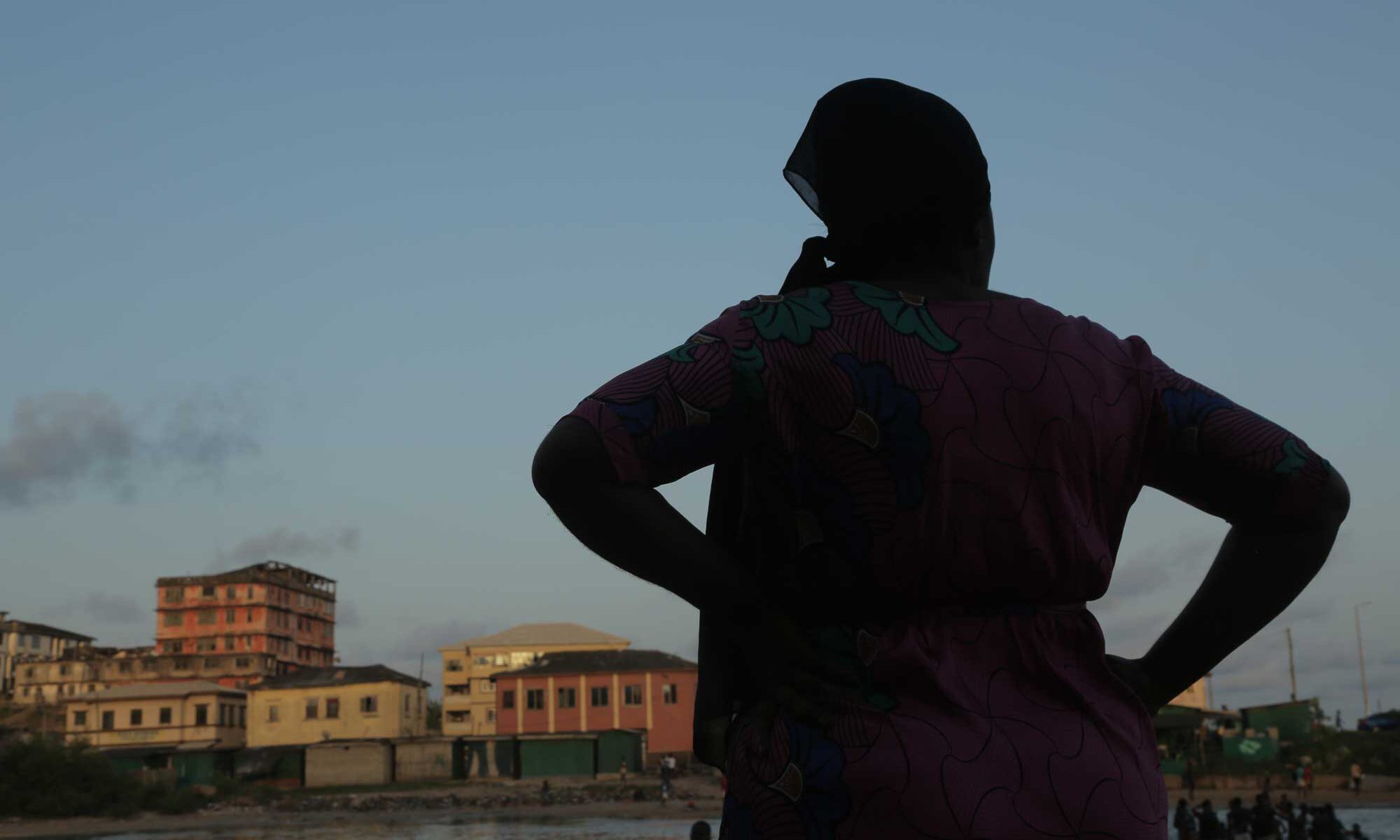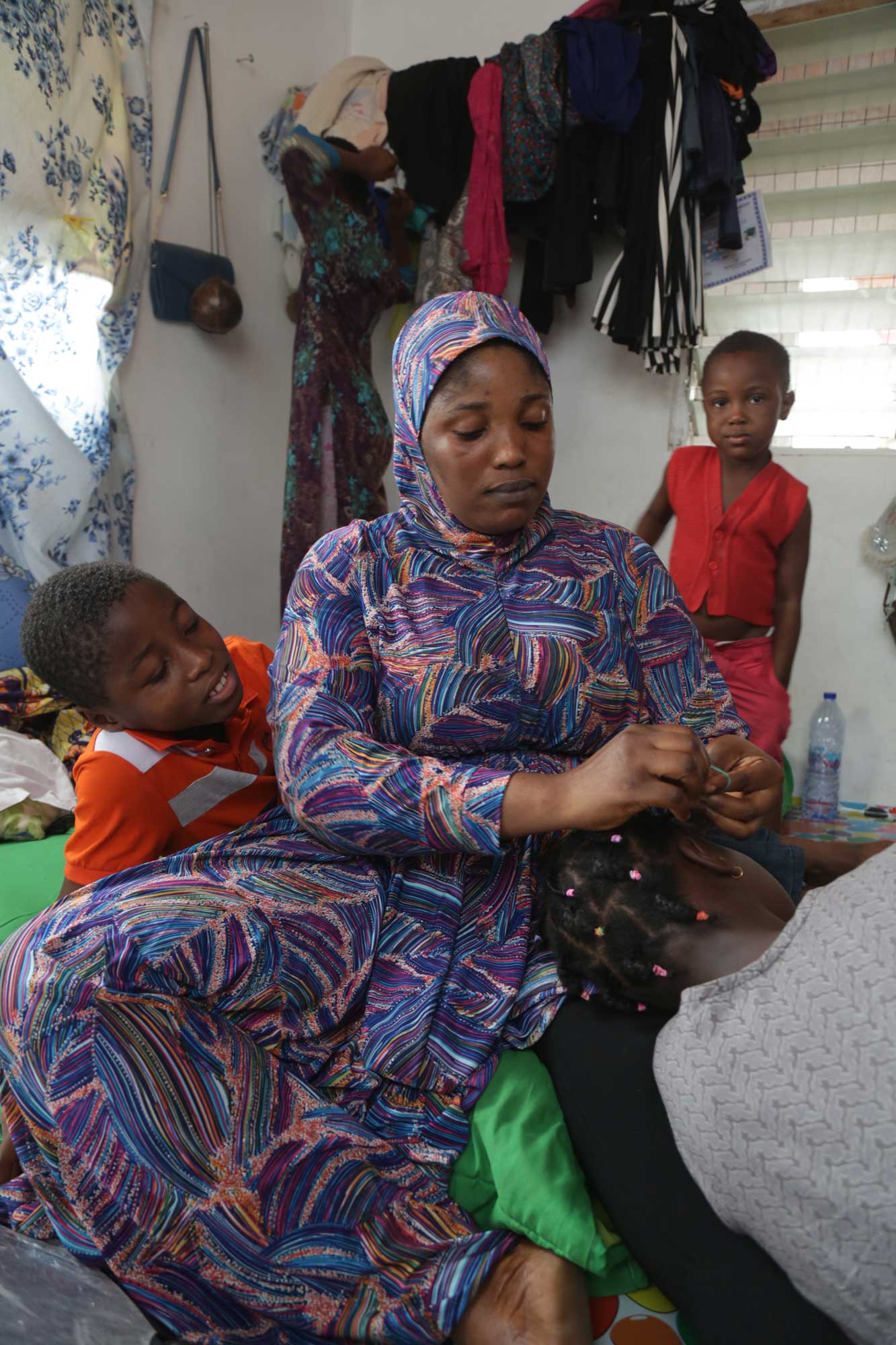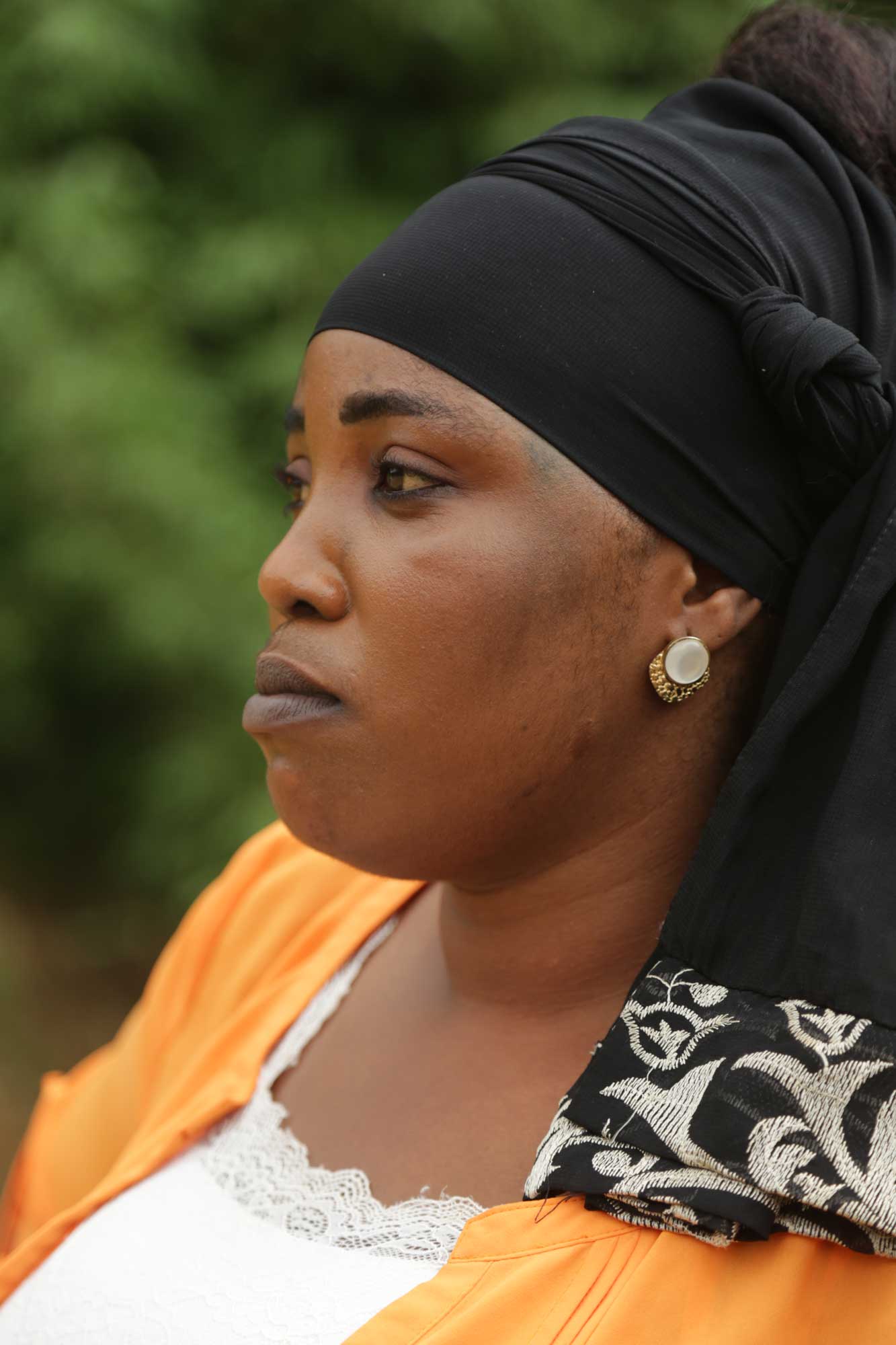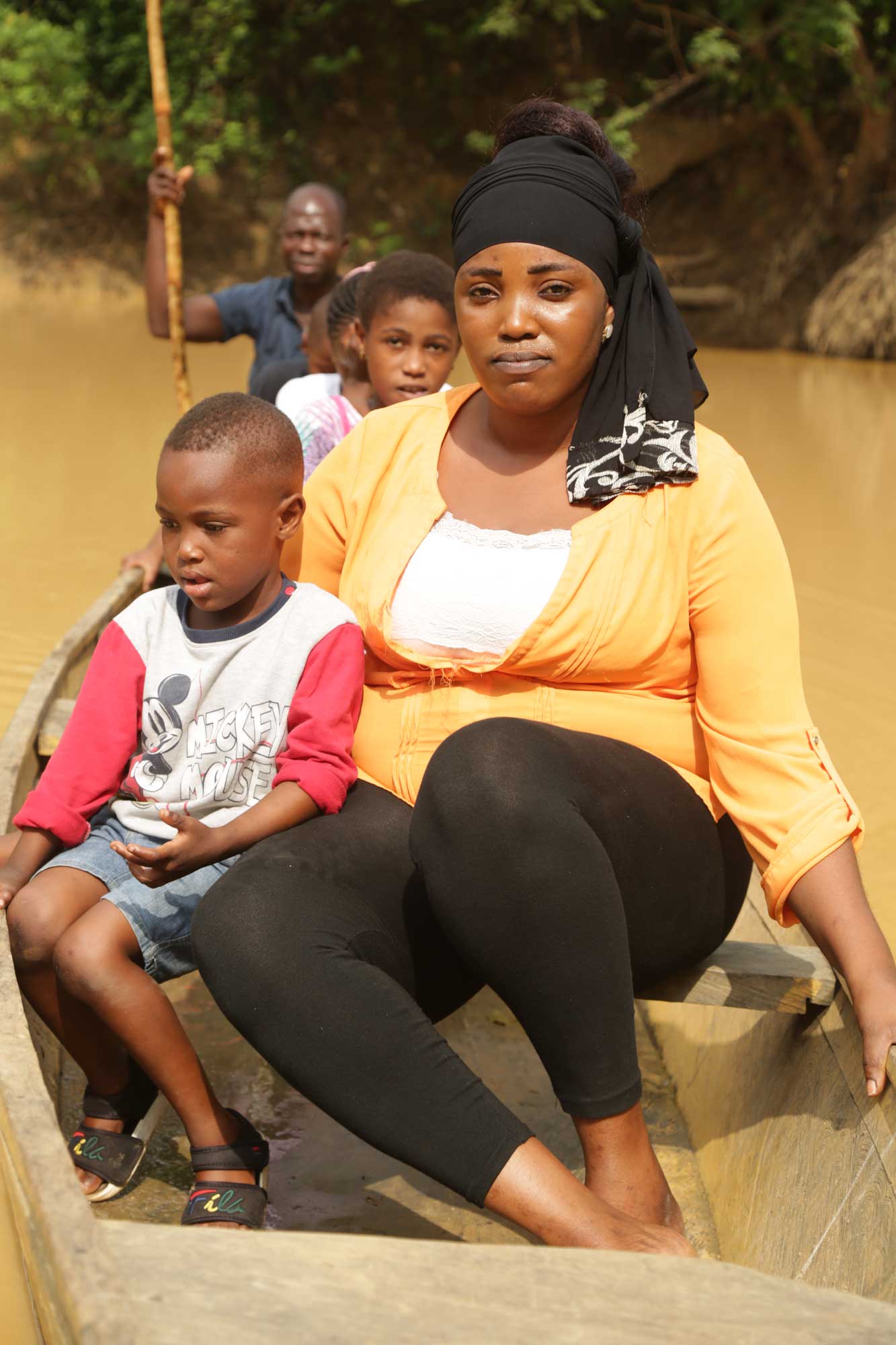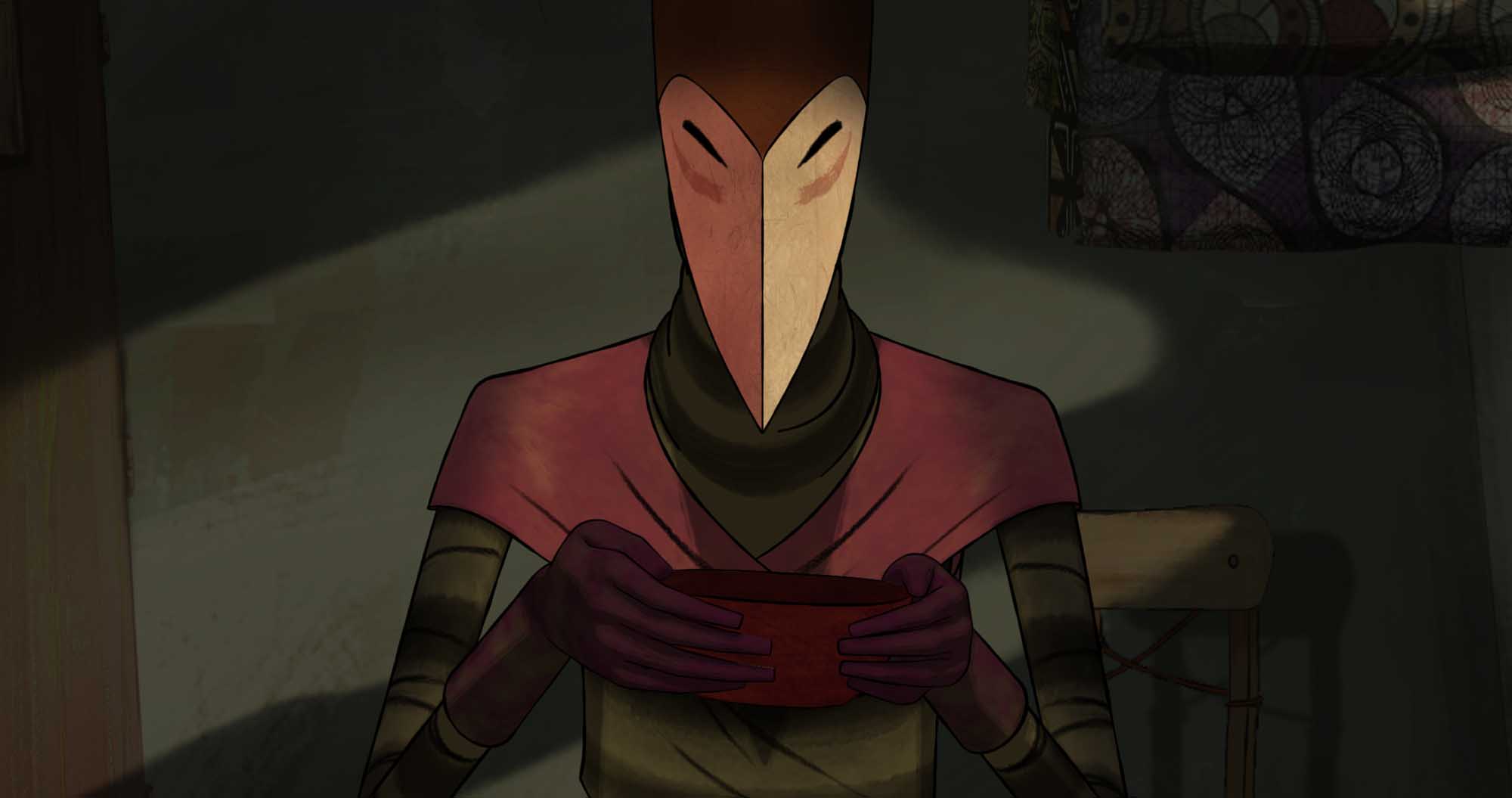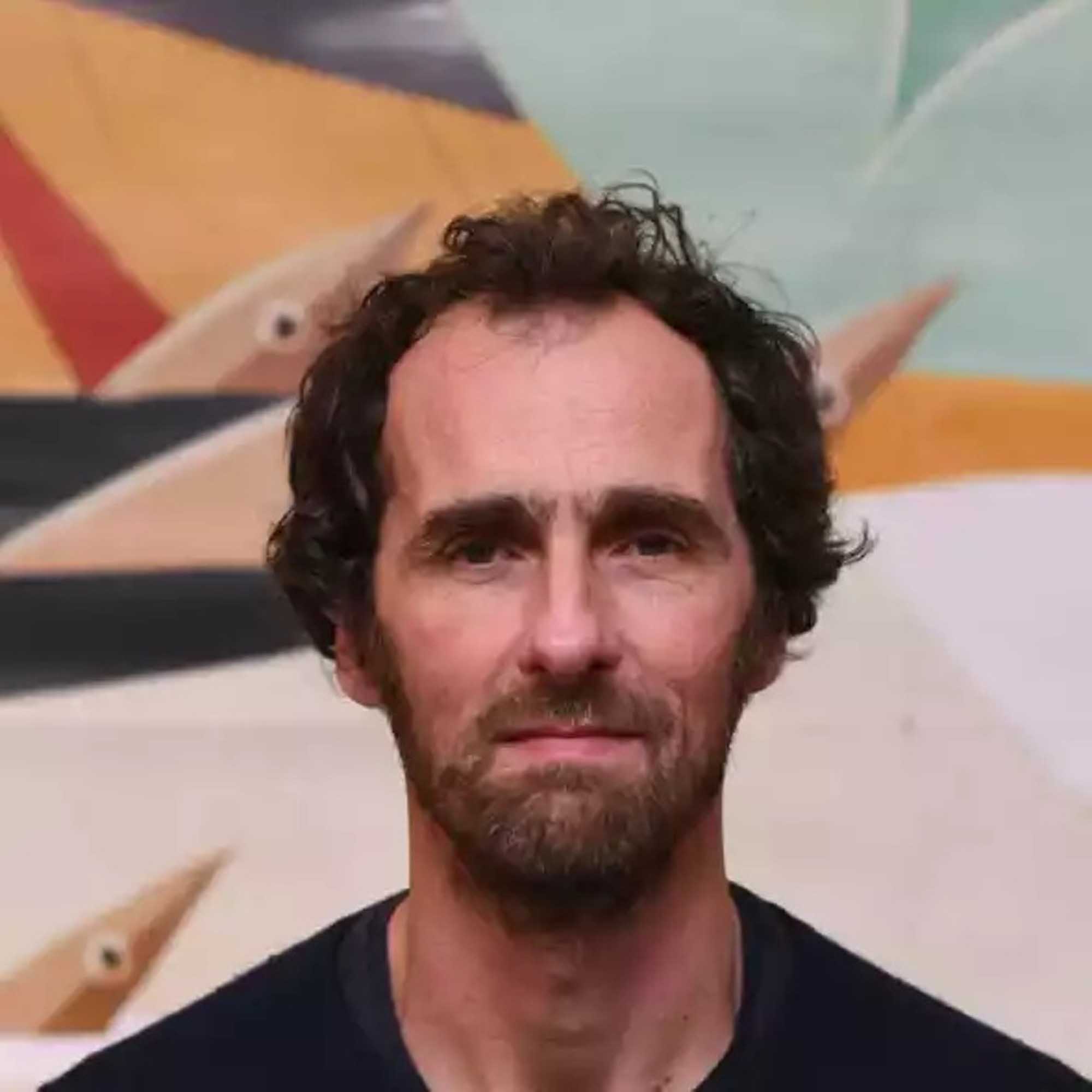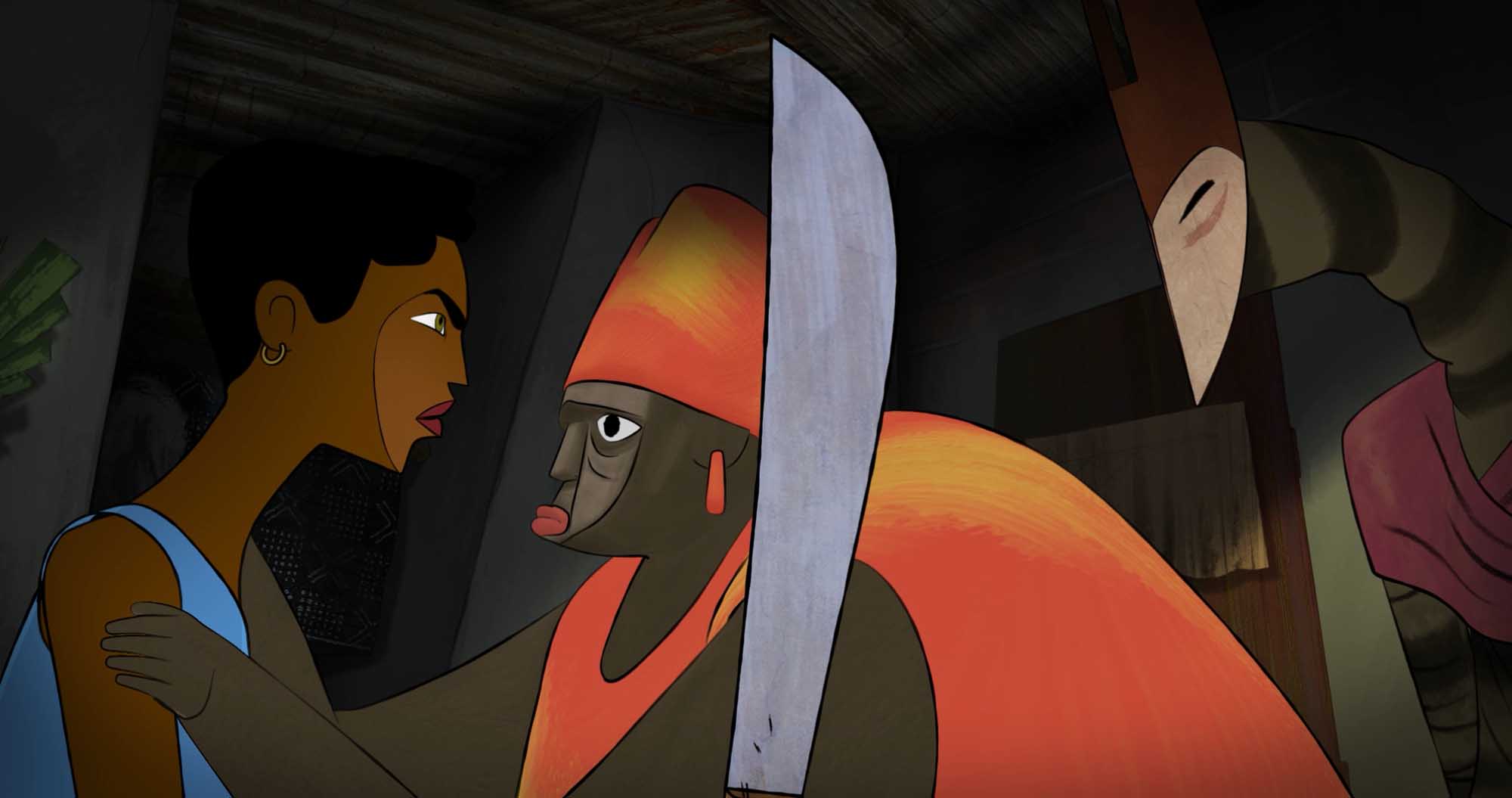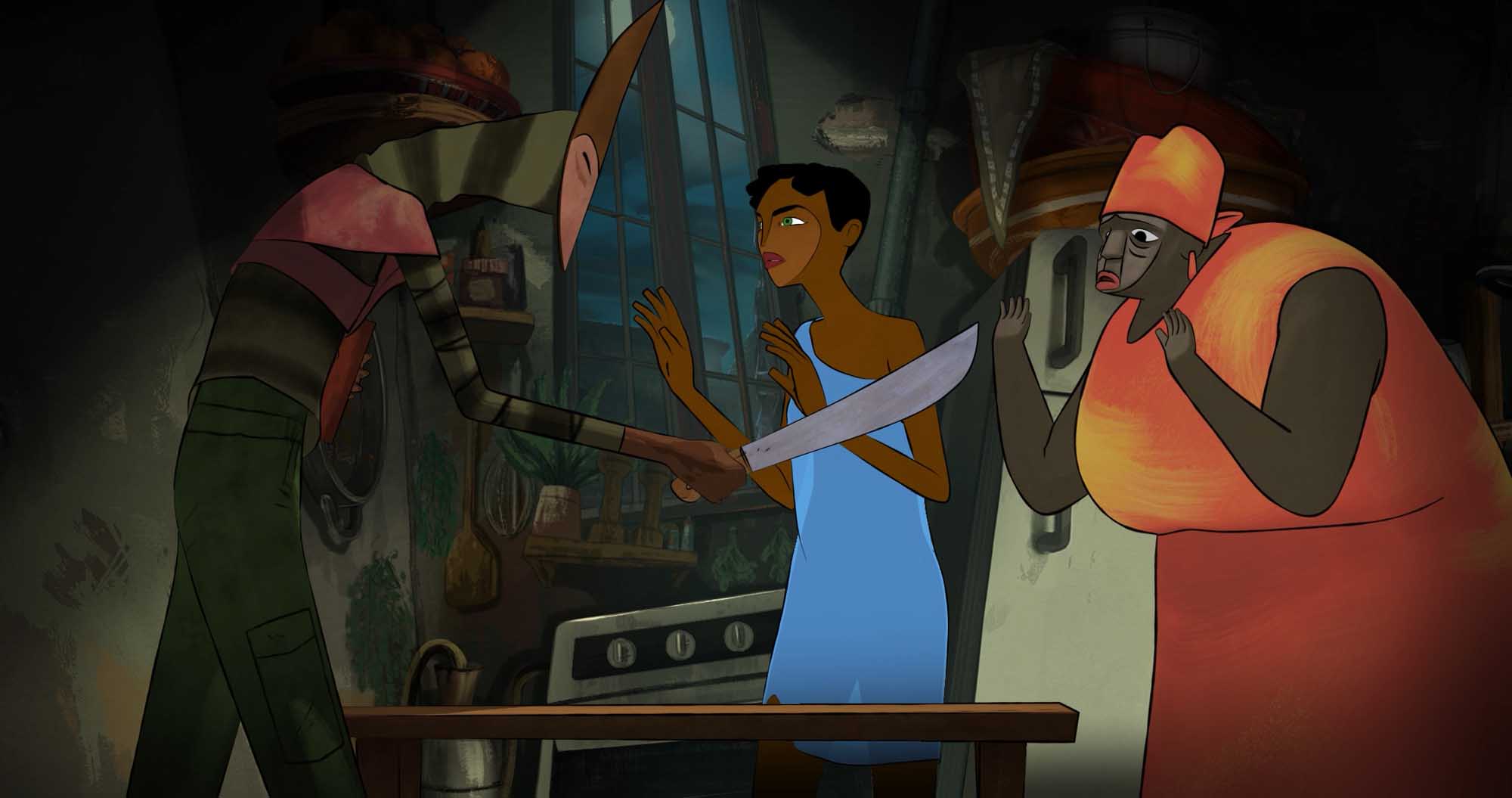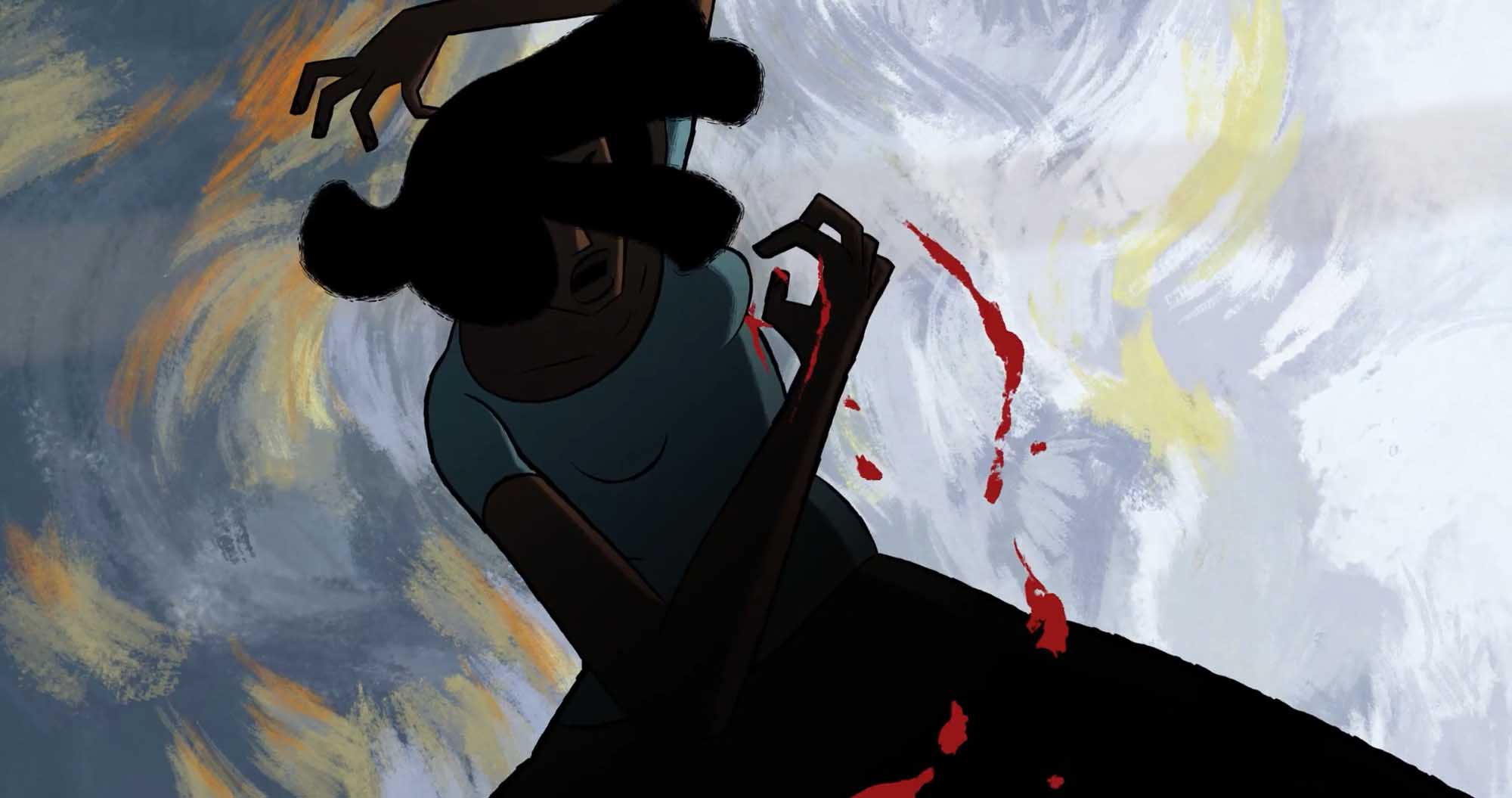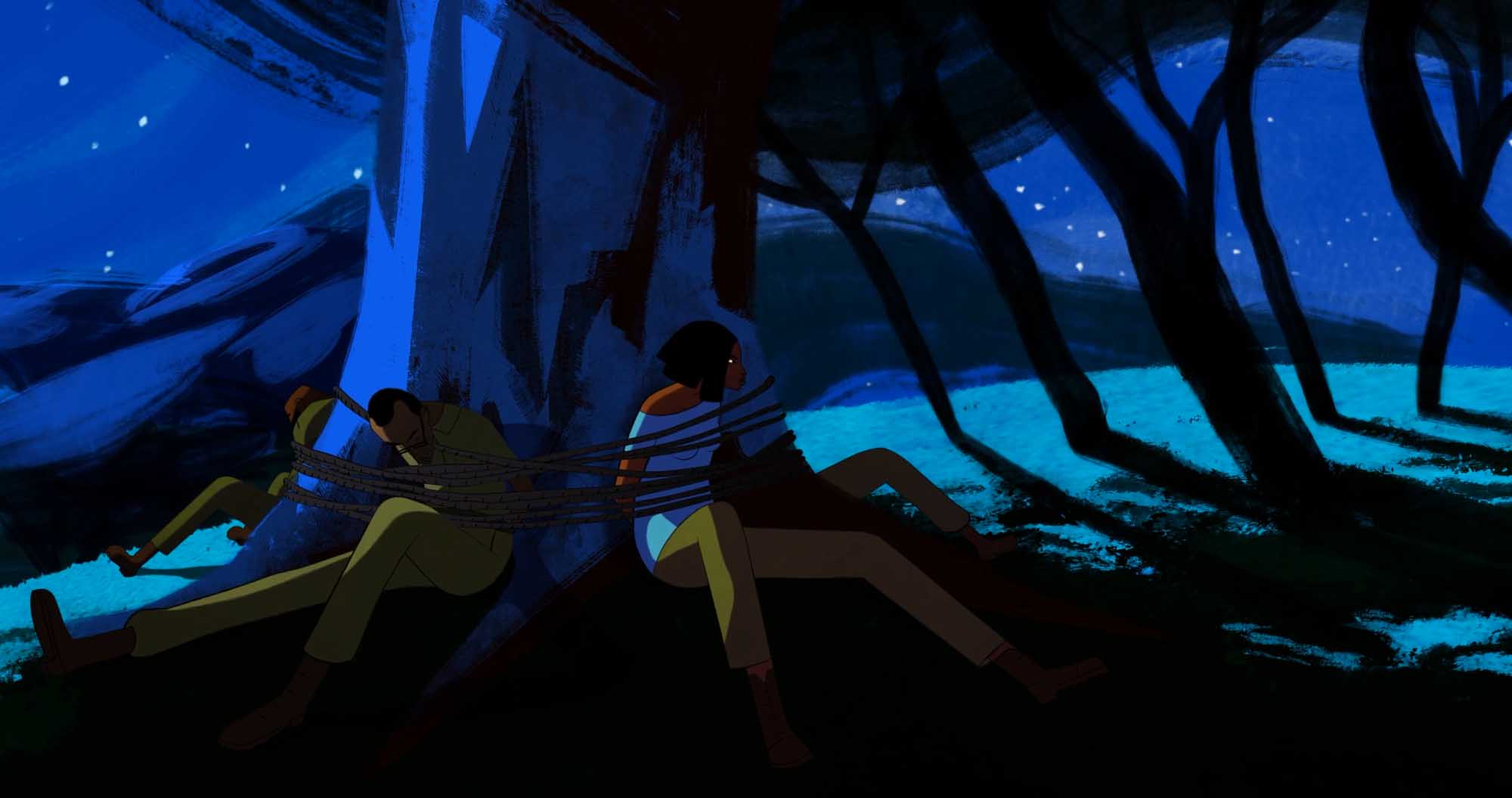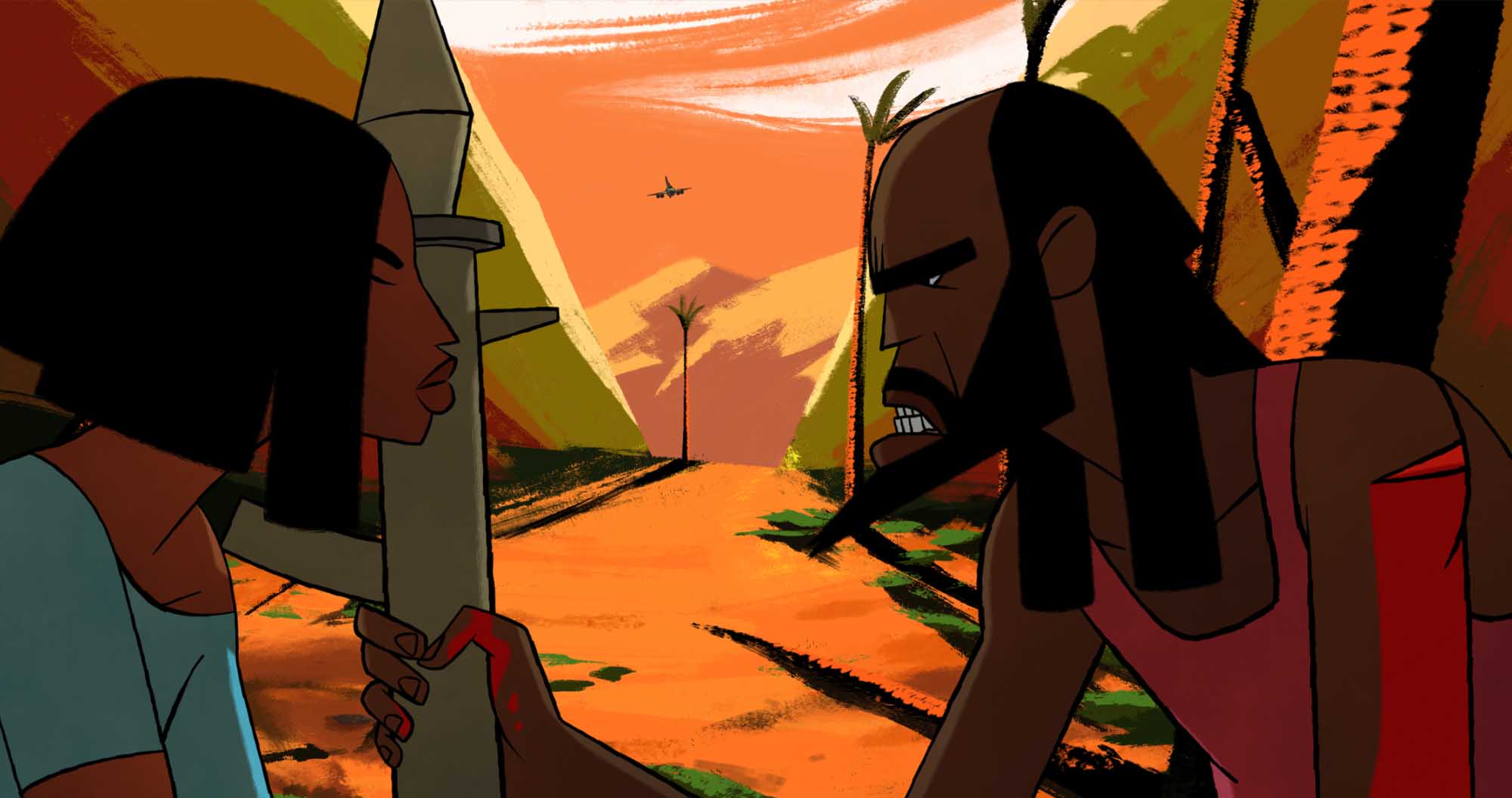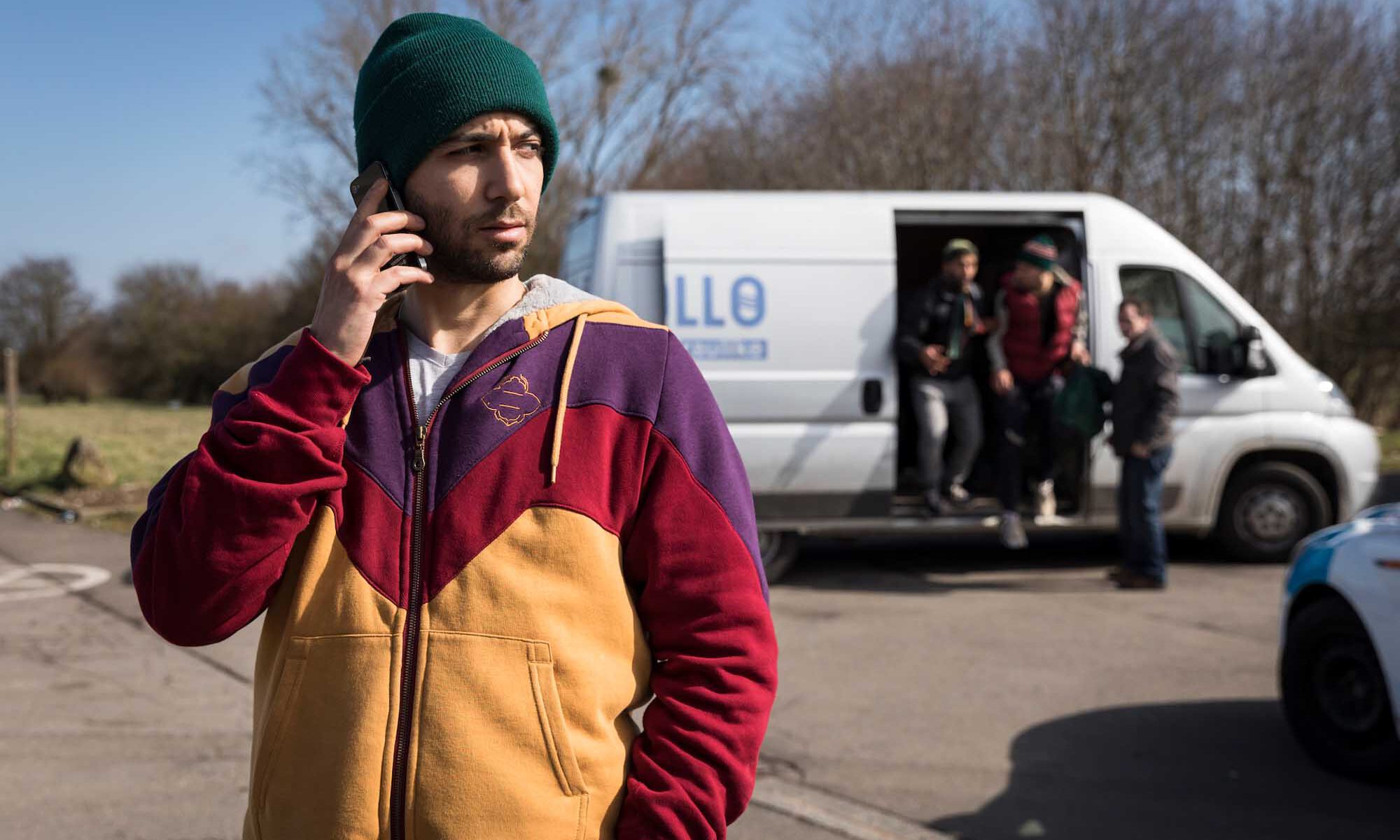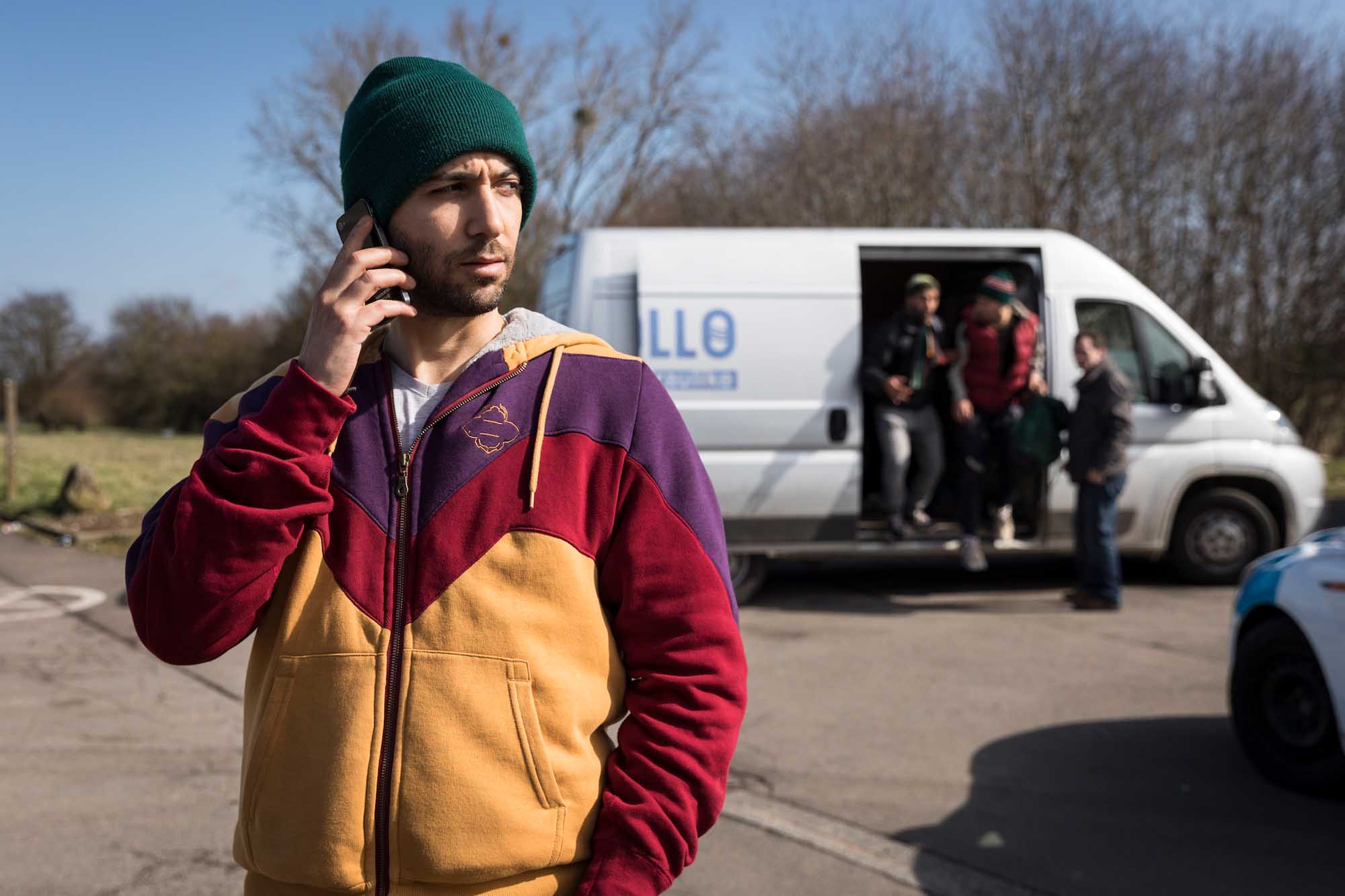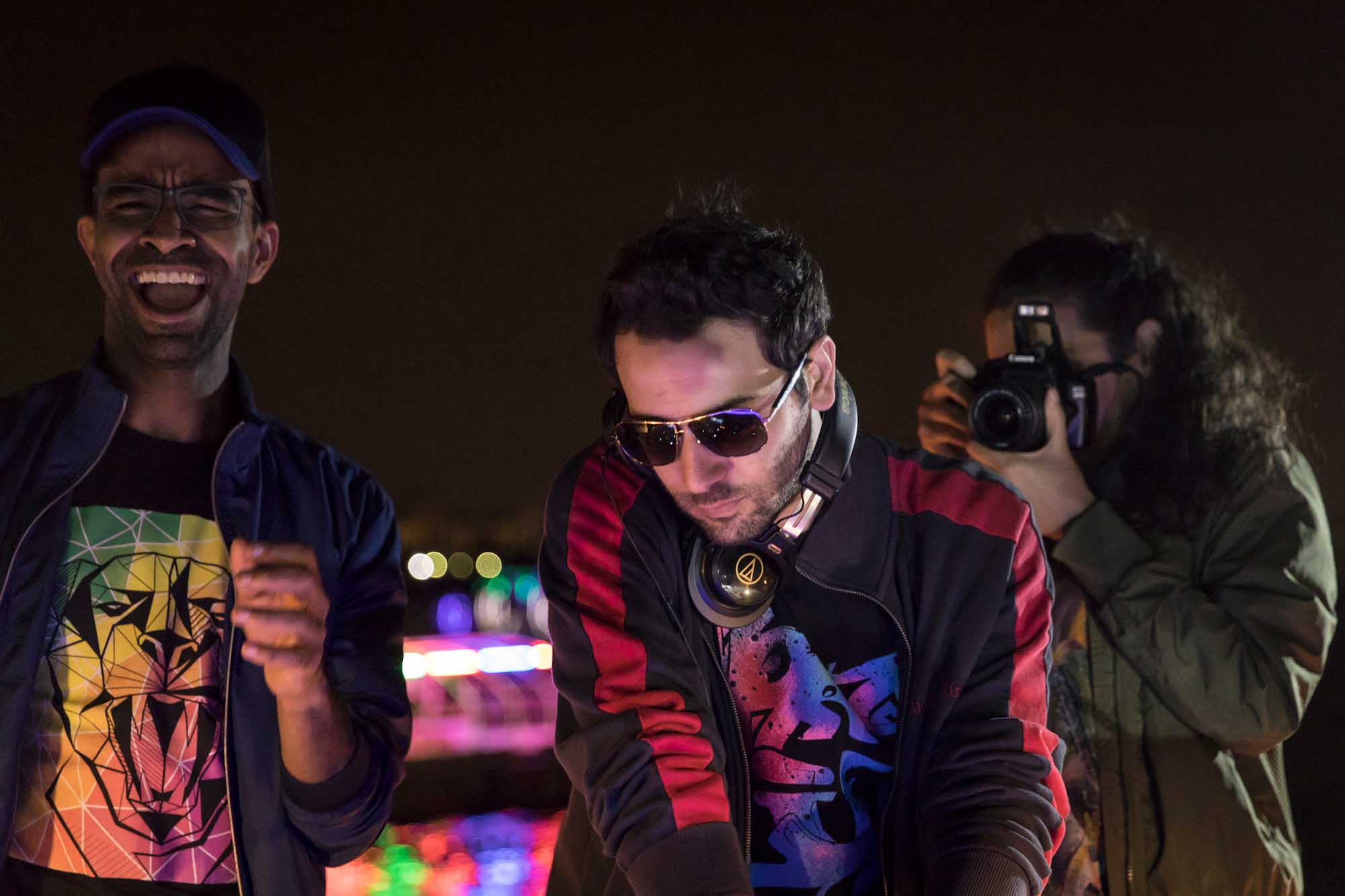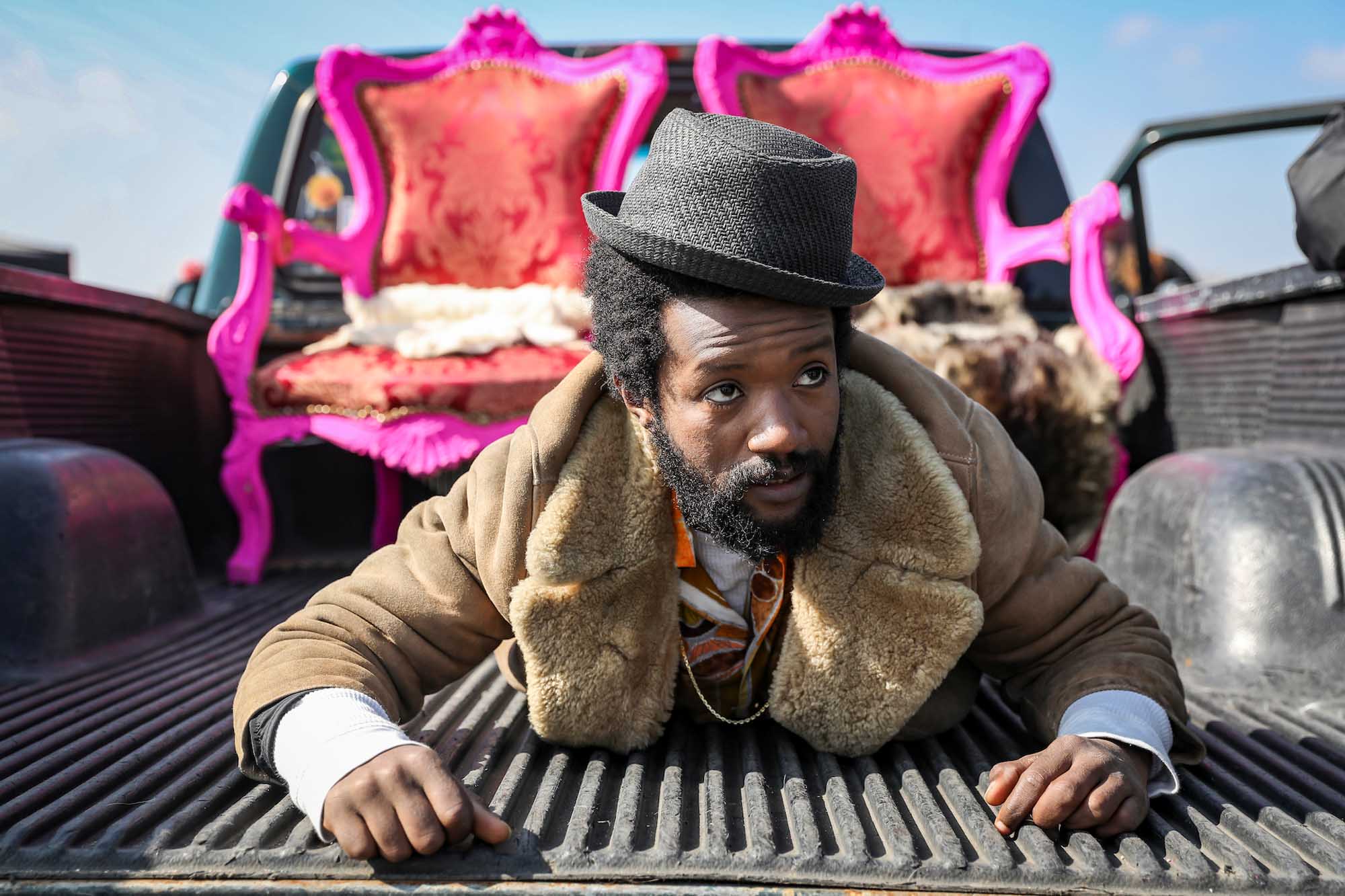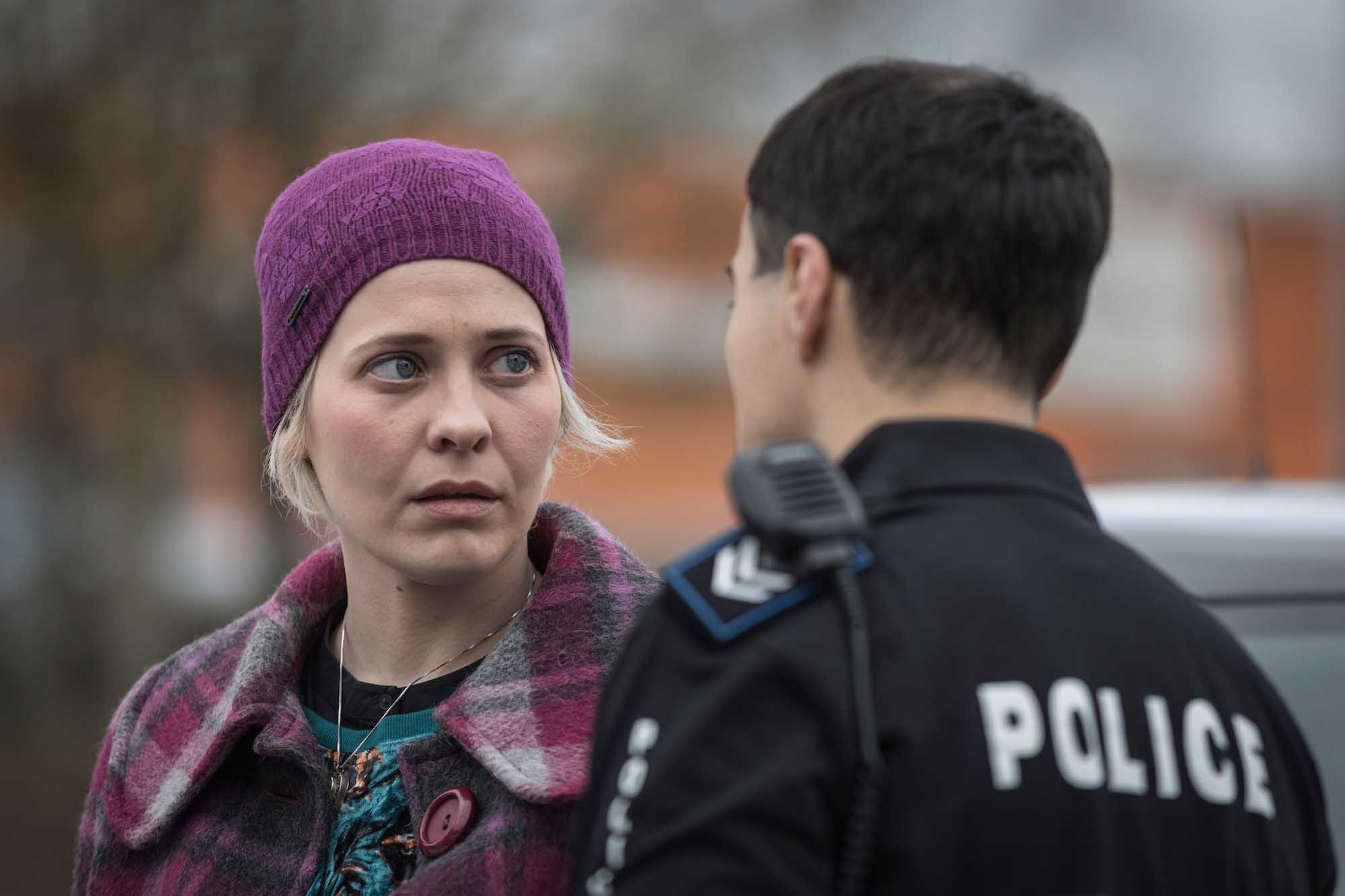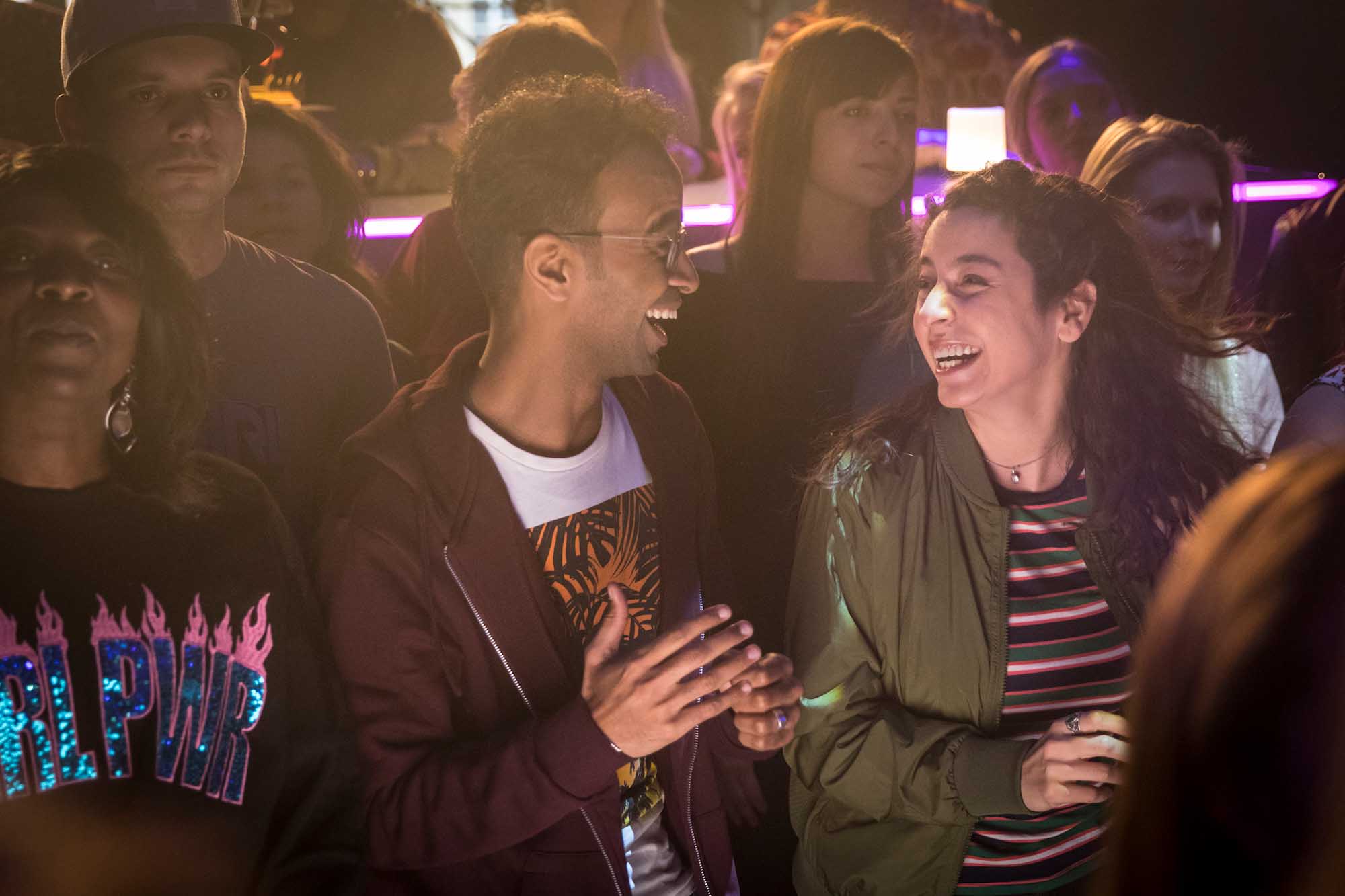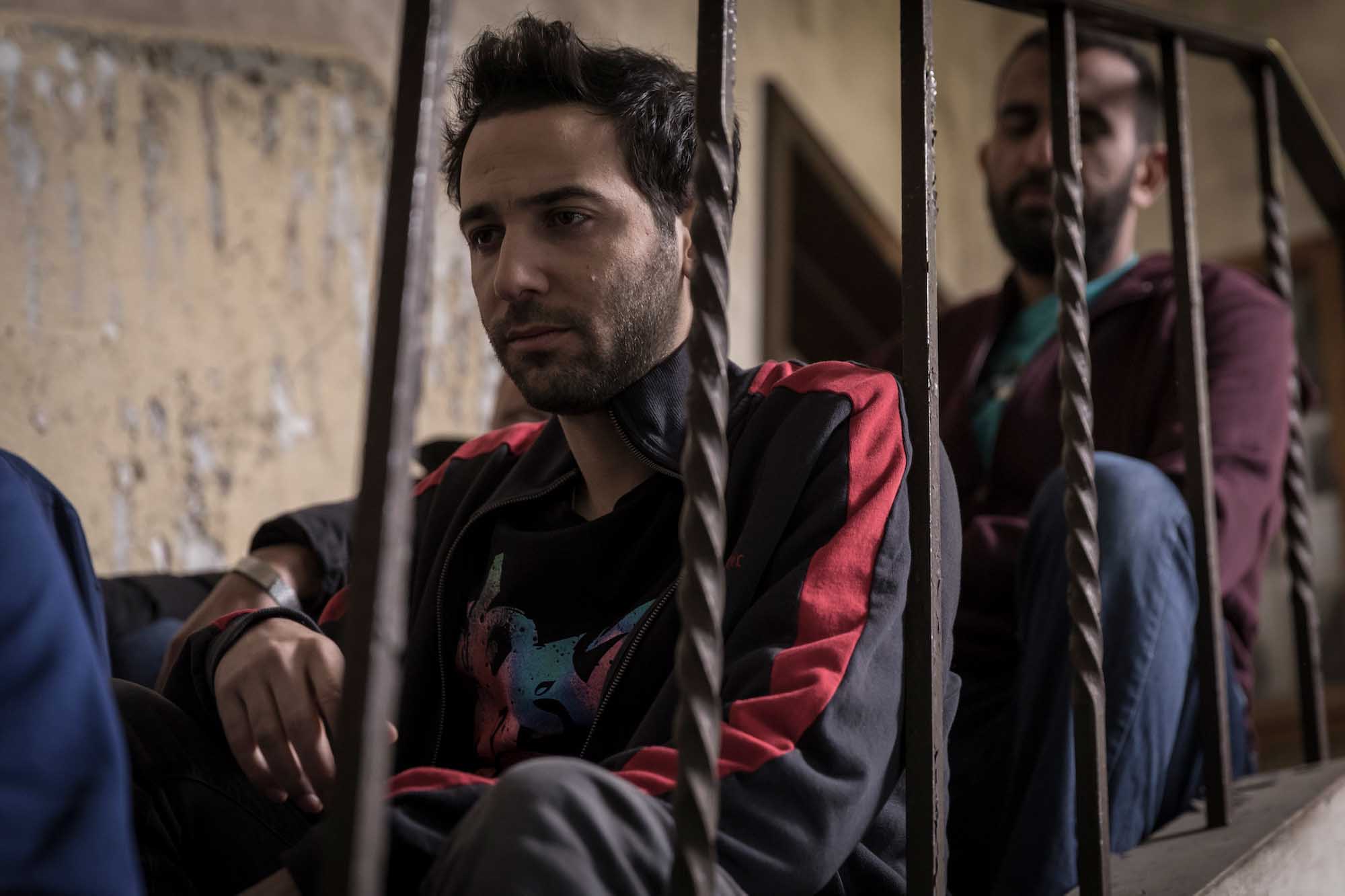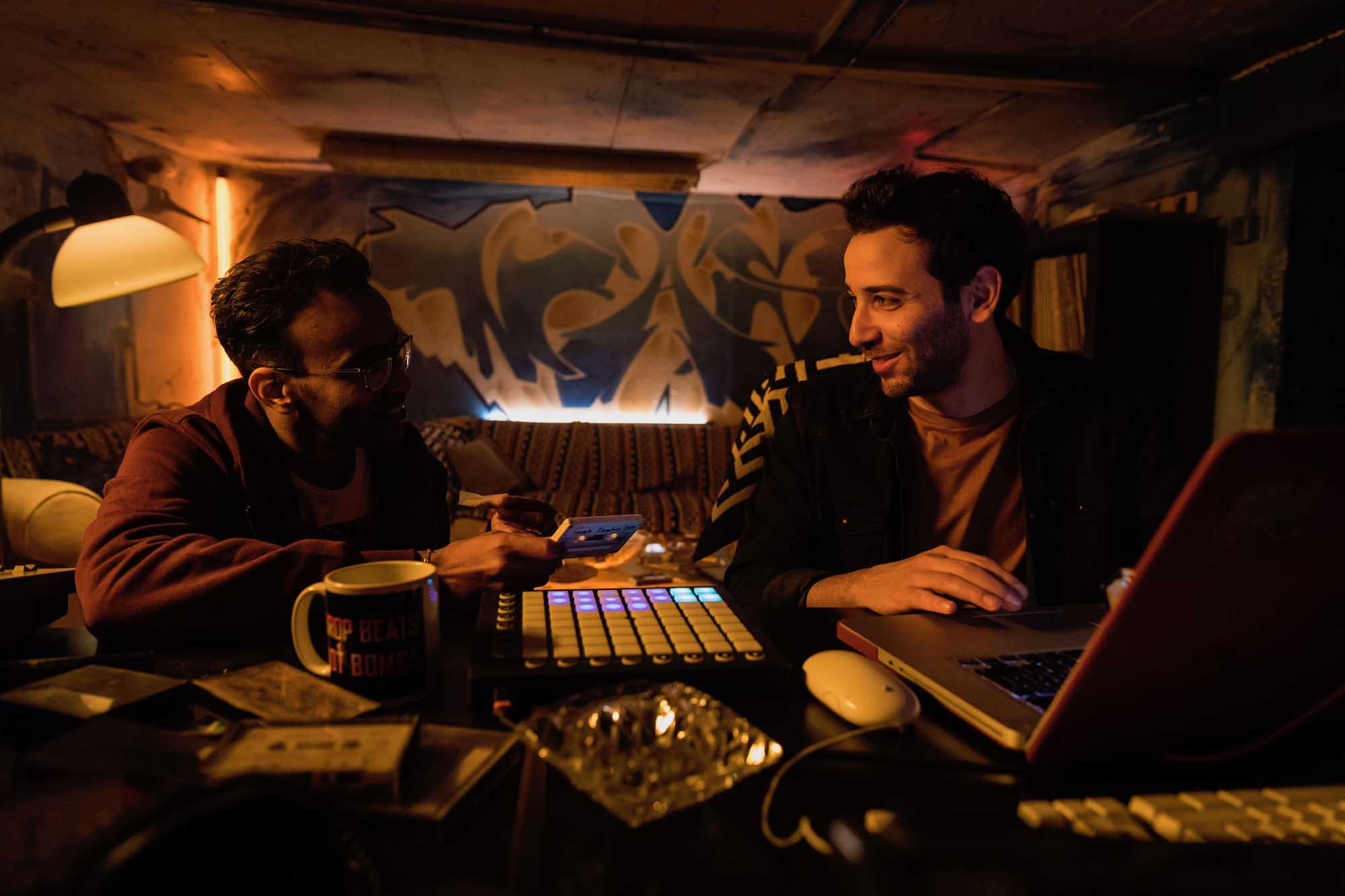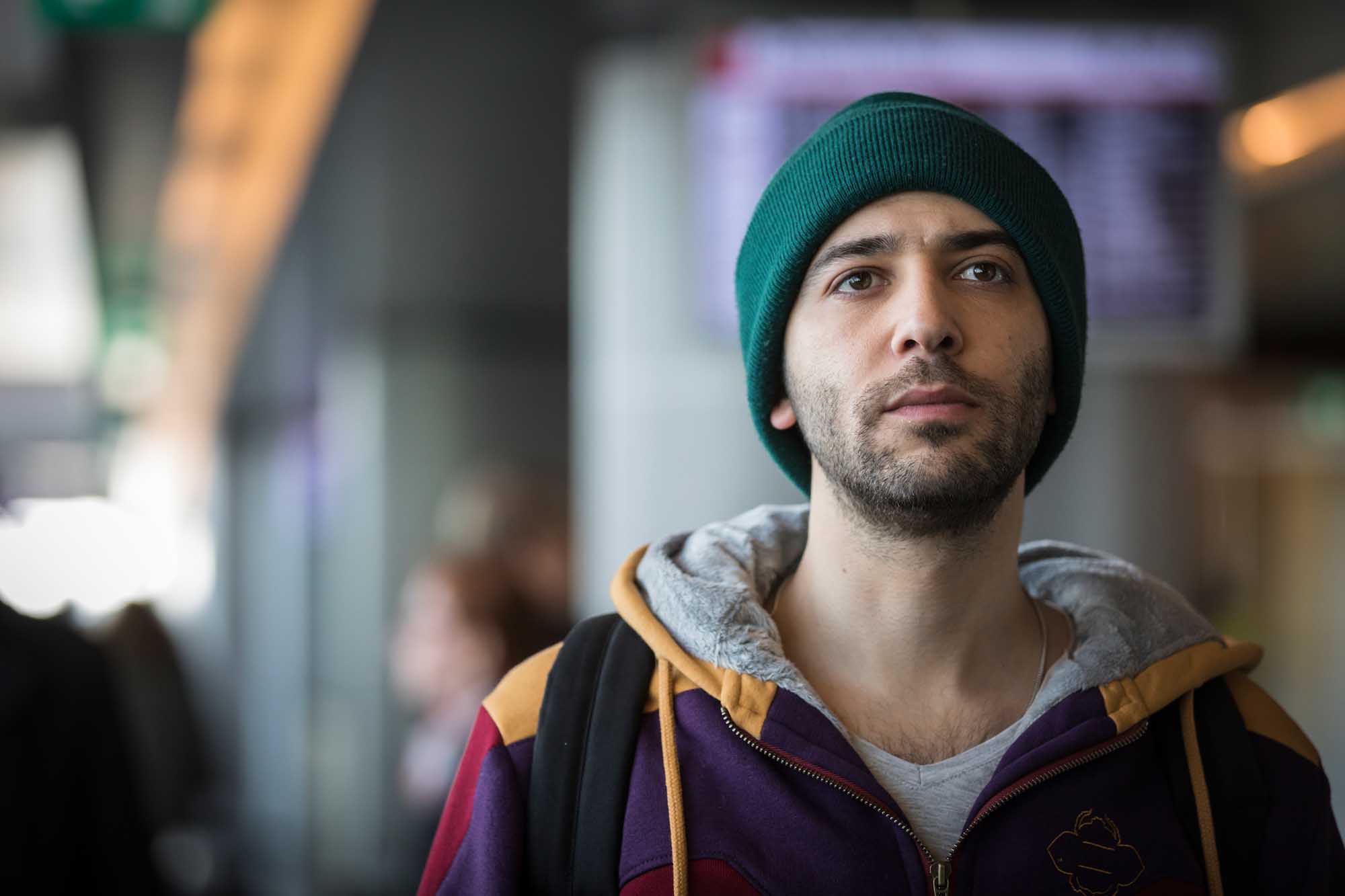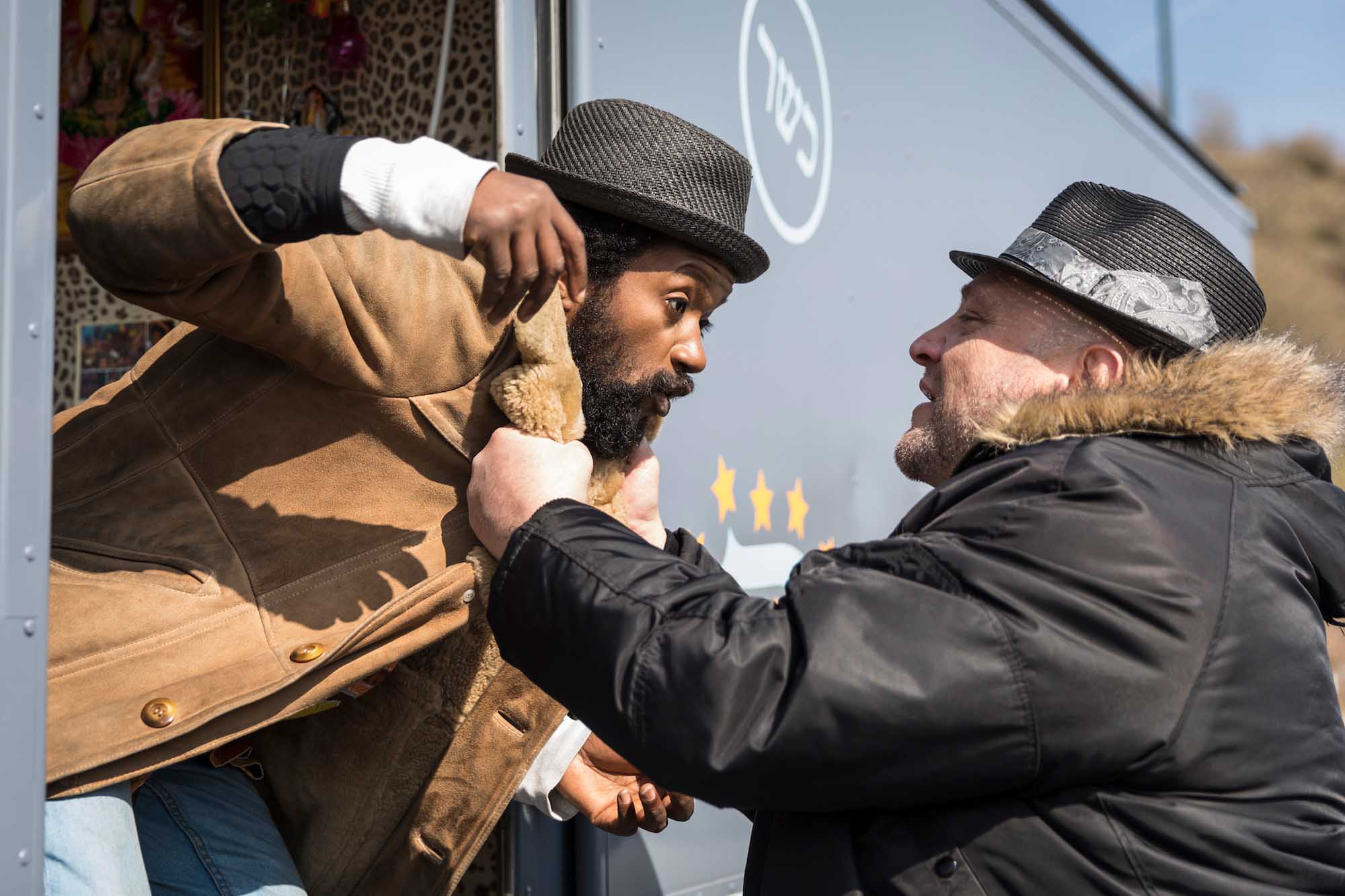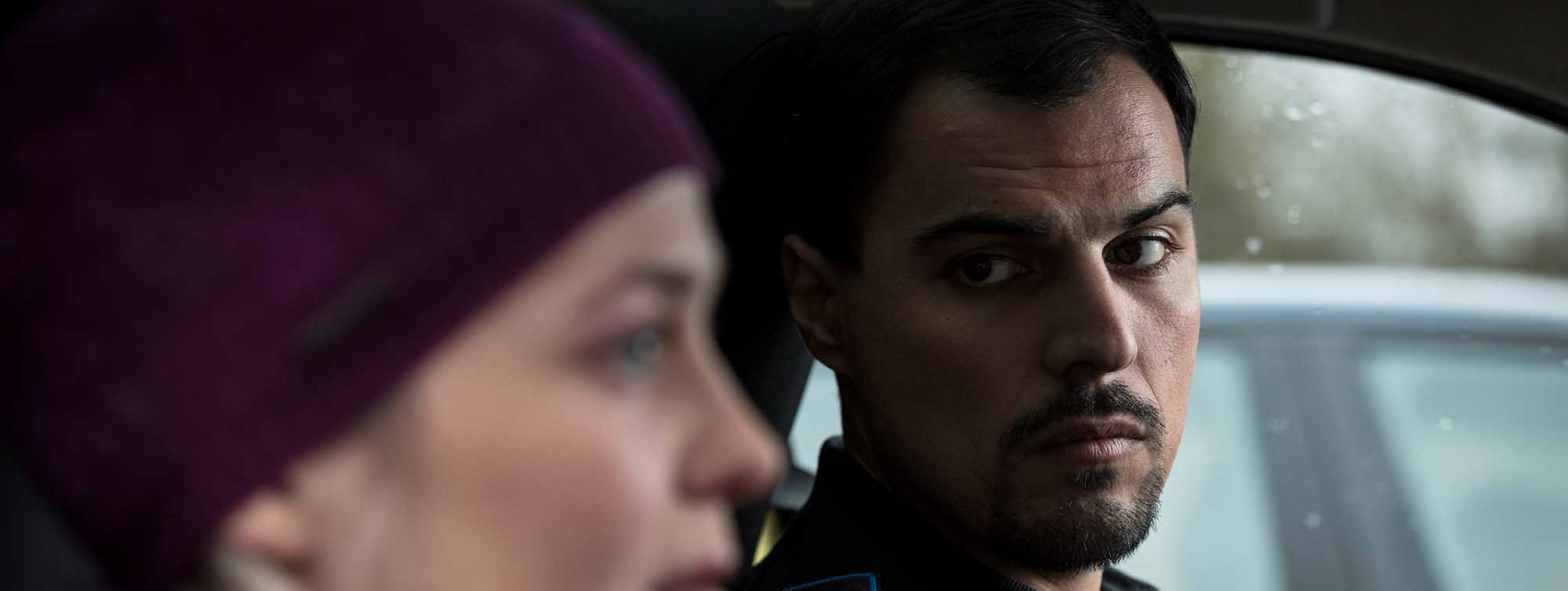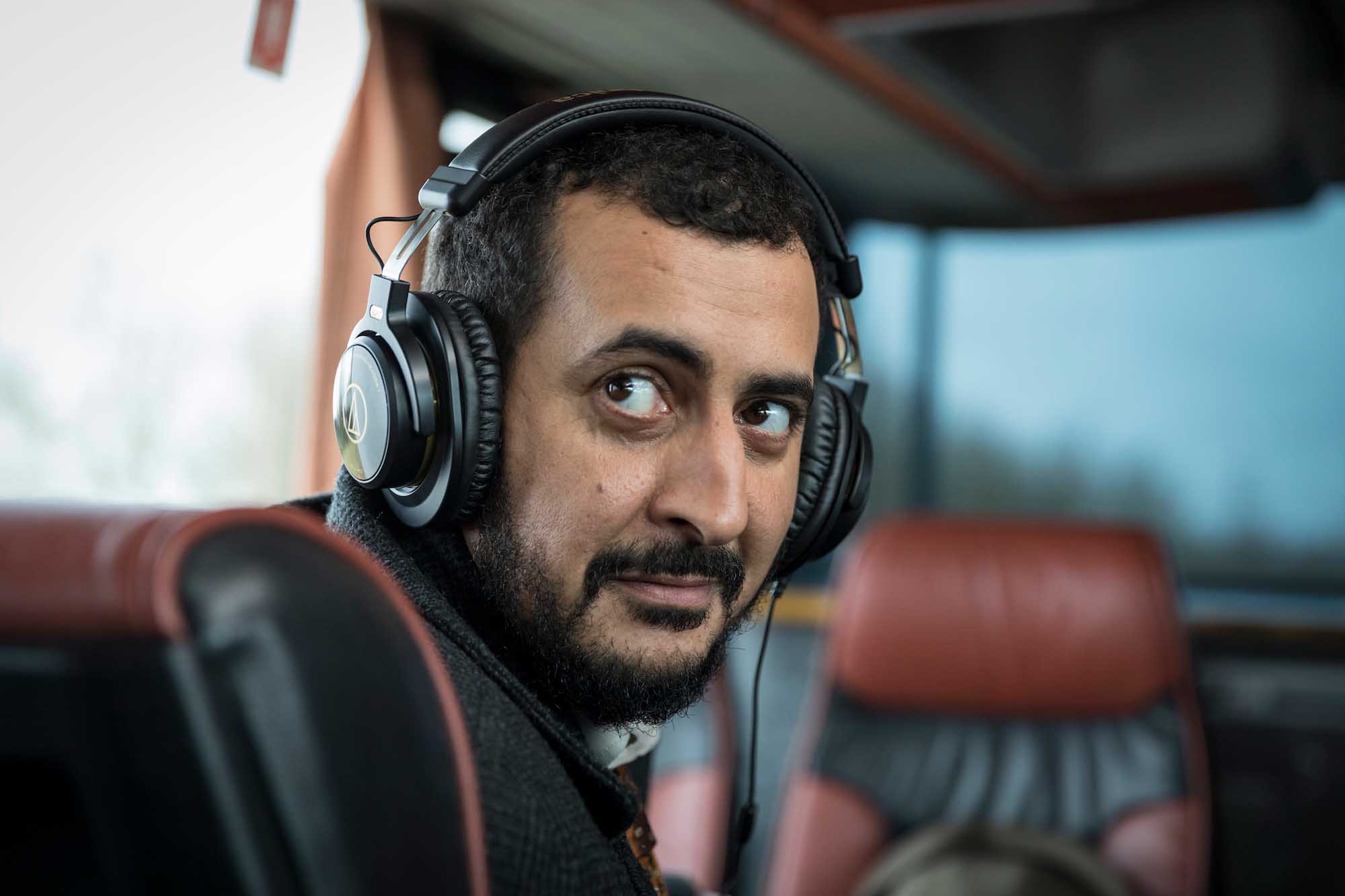Foyer im Humboldt Forum
10.11. – 13.11., jeweils 10 – 20 Uhr
Eintritt frei
AFRIKAMERA 2022: Urban Africa, Urban Movies – Migration & Diaspora ist Teil eines über einen Zeitraum von vier Jahren konzipierten Festivalschwerpunkts zum aktuellen urbanen Kino aus Afrika.
Flucht und Migration gehören zu den beherrschenden Themen der Gegenwart. Den politischen und künstlerischen Diskurs dominieren dabei europäische Sichtweisen, während afrikanische Perspektiven weitestgehend ausgeblendet bleiben.
Die Frage nach der „kulturellen Identität“, die Auseinandersetzung mit dem Verhältnis zwischen dem „Eigenen“ und dem „Fremden“ wird nicht mehr nur aus der Perspektive der Einwandernden, sondern gleichsam aus der der aus der Diaspora zum afrikanischen Kontinent Zurückkehrenden bzw. aus der Sicht von sowohl im globalen Süden wie auch im globalen Norden lebenden Filmemacher*innen behandelt und so neu austariert. Viele Produktionen richten den Blick nicht nur auf die Migrationsbewegungen von Europa nach Afrika und zurück, sondern auch auf innerafrikanische Wanderungsbewegungen.
Begleitend zum Programm von AFRIKAMERA werden vier 360°-Produktionen präsentiert, die sich auf sehr unterschiedliche künstlerische Art und Weise mit Themen von Migration & Diaspora auseinandersetzen.
Kuration: Florian Wachinger
LE LAC
von Nyasha Kadandara
Kenia 2019, Dokumentation, englische OV, ca. 9 min
Der in der Grenzregion zwischen Nigeria, Kamerun, Niger und dem Tschad gelegene Tschad-See ist einer der weltweit größten Binnengewässer und zugleich eines der gefährdetsten Biotope auf dem afrikanischen Kontinent. Zum einen sinkt der Wasserspiegel des Sees, bedingt durch den Klimawandel, beständig, zum anderen wird die Region durch politische Unruhen und den Terror der Islamistengruppe Boko Haram erschüttert, 2,7 Millionen Menschen sind rund um den Tschadsee auf der Flucht und leben als Binnenfüchtlinge in Camps des UNHCR.
Die 360°-Produktion LE LAC der nigerianischen Filemacherin Nyasha Kadandara ermöglicht Einblicke in den Alltag von Mahamat, einem einst wohlhabenden Viehzüchter, der seine Heimat aus Furcht vor dem Terror von Boko Haram verlassen musste und Nassuri, einem zum Fischer gewordenen Binnenflüchtling, der mit seiner Familie in einem der Flüchtlingslager lebt. Mit verstörend schönen Bildern schärft LE LAC den Blick auf die Verletzlichkeit von Mensch und Natur.
NYASHA KADANDARA ist eine preisgekrönte panafrikanische Regisseurin und Filmemacherin. Sie ist Absolventin der Columbia Journalism School. Ihr erster Film Through the Fire über einen Drogenabhängigen, der sich den Dämonen seiner Vergangenheit stellt, wurde 2015 beim Atlanta Docufest mit dem Audience Choice Award ausgezeichnet. Ihr Kurzdokumentarfilm Queens & Knights“ über ein queeres und inklusives Rugbyteam gewann 2016 den ersten Preis beim NBC Sports Filmwettbewerb Cptr’d und wurde bei South by SouthWest uraufgeführt. 2019 schrieb, filmte und produzierte sie Sex and the Sugar Daddy, eine umfassende Multimedia-Reportage über transnationale Sexualbeziehungen in Kenia, die bei den One World Media Awards in den Kategorien „Popular Feature“ und „Digital Media“ in die Endrunde kam. Ihre letzte Produktion, der investigative Dokumentarfilm Imported for my Body über den kontinentübergreifenden Sexhandel wurde für die Amnesty Media Awards 2020 in die engere Wahl gezogen und für das Human Rights Watch Festival in Kenia ausgewählt. Derzeit entwickelt sie ihren ersten unabhängigen Dokumentarfilm Matabeleland und einen narrativen Spielfilm Come Sunrise, We Shall Rule.
AFROROUTES
von Sélim Harbi
Production: INVR.SPACE GmbH
Executive Producer: Sönke Kirchhof
Postproduction Supervisor: Jessica Zippel
Prototype Tunisia: Med Arbi Soualhia
Weltpremiere
Deutschland 2021, / Drei 360°- Videos, jeweils ca. 15.Min.
Von Salvador da Bahia (Brasilien) über Gujarat (Indien) bis Tanger (Marokko): Afroroutes bewegt sich auf den Spuren der drei großen Sklaverei-Routen – der trans-saharischen, der trans-atlantischen und der trans-pazifischen – und stellt dabei Fragen nach afrodiasporischer Identiät: Was geschah mit den Millionen vertriebenen afrikanischen Männern und Frauen? Wo leben ihre Nachkommen heute? Sind ihre ursprüngliche Kulturen und Sprachen verschwunden? Wie hat ihr Erbe zum Aufbau ihrer neuen Länder beigetragen?
Das Projekt macht diese Fragen anhand dreier unterschiedlicher musik- und klangbasierter Rituale und Zeremonien als gelebte kulturelle Erinnerungen, als Zeugnisse kultureller Resilienz und alteriertes und transzendentales Erbe in 360°- Videos erfahrbar: In Zeremonien der Candomblé, einer afro-brasilianischen Religion aus Bahia, dem Zentrum schwarzer Kultur in Brasilien und einer zentralen Achse für die Entwicklung der afro-brasilianischen Identität; in Dhamal- Ritualen der African Sidi Community, die in der Region Gujarat in Nordindien praktiziert werden sowie in Ritualen der Gnawa, einer ethnischen Minderheit in Marokko, mit Bezugnahme auf subsaharische Mythen, Farbcodes und Heilpraktiken.
SELIM HARBI (*1982 in Tunis) ist Multimedia-Autor, Regisseur und Produzent. Er studierte Audiovisuelle Medien an der Fachhochschule Beuth in Berlin und arbeitete u.a. als Regieassistent bei THE ENEMY, sammelte journalistische VR-Erfahrungen in Westafrika und gab regelmäßig Workshops in Media und Storytelling. Zudem war er Multimedia-Stipendiat von World Press Photo mit Schwerpunkt auf aktuellen Fragen der afrikanischen Diaspora. Harbi entwickelt und produziert Mixed-Media-Konzepte. Er lebt und arbeitet in Berlin.
AZIMUTH
von Nirma Madhoo
Südafrika / Australien 2019, Experimentalfilm, englische OV, 9 min
Azimuth ist ein 360°-Experimentalfilm, der in einem digitalen 3D-Asset, inspiriert durch sichtbetondurchzogene Wellenbrecherarchitekturen am Hafen von Durban, der Architektur der brutalistischen Gebäudekomplexe der Durban University of Technology sowie des Ponte-Towers in Hillbrow (Johannesburg), zeitgenössische Mode präsentiert. Azimuth feiert Beton als allgegenwärtiges Material in drei Elementarzuständen: flüssig, fest und ätherisch. Getragen von einem sphärischen Ambisonics Sorround Sound Score werden in den Modepräsentationen zugleich stereotype Vorstellungen und Zuschreibungen von afrikanischen Identitäten als dem „ethnisch Anderen“ infrage gestellt und unterlaufen.
NIRMA MADHOO ist eine in Durban und Melbourne lebende Modefilmerin und Forscherin. Sie begann ihre Karriere als Modedesignerin und wandte sich dann der zeitgenössischen Modefilmografie zu. In ihrer Arbeit stellt sie videografische Arbeiten mit CGI, 3D-Druck, Virtual Reality und Augmented Reality-Techniken gegenüber. Madhoos Arbeiten werden international auf Kurzfilmfestivals, Modefilmfestivals und digitalen Kunstfestivals präsentiert.
FERENJ – A GRAPHIC MEMOIR
von Ainslee Robson
United States/ Äthiopien 2020, 360°- Video, Sprachen: English, Amharic, Untertitel: Englisch, 9 min
Deutschlandpremiere
Das immersive grafische Memoir der amerikanisch-äthiopischen Regisseurin Ainslee Robson ist ein visueller Dialog zwischen Erinnerung, Realität und der Sphäre des Digitalen.
Basierend auf rekonstruierten autobiographischen Erinnerungen und begleitet von äthiopischer Tezetamusik, schafft Robson eine afrosensuale Traumlandschaft, die in fragmentierter Form vom äthiopischen Restaurants Empress Taytu in Cleveland, Ohio, über das Elternhaus der Regisseurin bis in die Straßen von Addis Abeba führt. Unterlegt mit einem spekulativen Gespräch zwischen der Erzählerin mit der ehemaligen äthiopischen Kaiserin Taytu, hinterfragt FERENJI die Bedeutung von Heimat und Identität aus der Erfahrungsperspektive der äthiopisch-amerikanischen Diaspora.
Ainslee Alem Robson ist eine preisgekrönte äthiopisch-amerikanische Regisseurin, Autorin und Medienkünstlerin. In ihren Arbeiten dekonstruiert Robson Identität, Hierarchien und koloniales Erbe mithilfe des Mediums Film und neuen Technologien in der digitalen Kunst.
Ihre Sachtexte wurden von eFlux, Guggenheim, Art Africa, Vogue Italy und Offramp Academic Journal veröffentlicht. Regiedebüt FRENJI – A GRAPHIC MEMOIR IN VR feierte seine Premiere beim Tribeca Film Festival 20und wurde seitdem bei zahlreichen weiteren Festivals präsentiert, unter anderem SXSW’s 2020 Virtual Cinema und New Images Festival 2020, wo es mit dem Special Jury Prize ausgezeichnet wurde.
[:en]
Foyer at Humboldt Forum
10.11. – 13.11., 10am – 8pm
Free of Charge
AFRIKAMERA 2022: Urban Africa, Urban Movies – Migration & Diaspora is part of a four-year festival focus on contemporary urban cinema from Africa.
Flight and migration are among the dominant themes of the present. European perspectives dominate the political and artistic discourse, while African perspectives are largely ignored.
The question of “cultural identity”, the debate about the relationship between the “own” and the “foreign” is no longer dealt with only from the perspective of immigrants. It is being rebalanced, as it were, by those returning to the African continent from the diaspora or from the perspective of filmmakers living in both the global South and the global North. Many productions focus not only on migratory movements from Europe to Africa and back, but also on intra-African migratory movements.
Accompanying the AFRIKAMERA programme, four 360° productions will be presented that deal with themes of migration & diaspora in very different artistic ways.
Curation: Florian Wachinger
LE LAC
By Nyasha Kadandara
Kenya 2019, Documentary, OV, ca. 9 min
Located in the border region between Nigeria, Cameroon, Niger and Chad, Lake Chad is one of the world’s largest inland water bodies and also one of the most endangered biotopes on the African continent. On the one hand, the water level of the lake is constantly sinking due to climate change, on the other hand, the region is shaken by political unrest and the terror of the Islamist group, Boko Haram, 2.7 million people are fleeing around Lake Chad and live as internally displaced persons in UNHCR camps.
The 360° production LE LAC by Nigerian filmmaker Nyasha Kadandara provides insights into the everyday life of Mahamat, a once prosperous cattle farmer who had to leave his home for fear of the terror of Boko Haram, and Nassuri, an internally displaced person turned fisherman who lives with his family in one of the refugee camps. With disturbingly beautiful images, LE LAC sharpens our view of the vulnerability of people and nature.
NYASHA KADANDARA is an award-winning Pan-African director and filmmaker. She is a graduate of the Columbia Journalism School. Her first film, Through the Fire, about a drug addict facing the demons of his past, won the Audience Choice Award at the Atlanta Docufest in 2015. Her short documentary Queens & Knights, about a queer and inclusive rugby team, won first prize at the 2016 NBC Sports Film Competition Cptr’d and premiered at South by SouthWest. In 2019, she wrote, filmed and produced Sex and the Sugar Daddy, a comprehensive multimedia reportage about transnational sexual relationships in Kenya, which was a finalist in the Popular Feature and Digital Media categories at the One World Media Awards. Her latest production, the investigative documentary Imported for my Body about cross-continental sex trafficking was shortlisted for the 2020 Amnesty Media Awards and selected for the Human Rights Watch Festival in Kenya. She is currently developing her first independent documentary, Matabeleland, and a narrative feature Come Sunrise, We Shall Rule.
AFROROUTES
by Sélim Harbi
Germany 2021, / Three 360°- Videos, each approx. 15.Min.
Production: INVR.SPACE GmbH
Executive Producer: Sönke Kirchhof
Postproduction Supervisor: Jessica Zippel
Prototype Tunisia: Med Arbi Soualhia
World Premiere
From Salvador da Bahia (Brazil) to Gujarat (India) to Tangier (Morocco): Afroroutes moves in the footsteps of the three great slavery routes – the trans-Saharan, the trans-Atlantic and the trans-Pacific – asking questions about Afrodiasporic identity: what happened to the millions of displaced African men and women? Where do their descendants live today? Have their original cultures and languages disappeared? How did their heritage contribute to the building of their new countries?
The project uses three different music and sound based rituals and ceremonies to make these questions tangible as lived cultural memories, as testimonies of cultural resilience and altered and transcendental heritage in 360° videos: In ceremonies of Candomblé, an Afro-Brazilian religion from Bahia, the centre of Black culture in Brazil and a central axis for the development of Afro-Brazilian identity; in Dhamal- rituals of the African Sidi community practiced in the Gujarat region of northern India; and in rituals of the Gnawa, an ethnic minority in Morocco, with reference to sub-Saharan myths, colour codes and healing practices.
SELIM HARBI (*1982 in Tunis) is a multimedia author, director and producer. He studied audiovisual media at the Beuth University of Applied Sciences in Berlin and worked, among other things, as an assistant director for THE ENEMY, gained journalistic VR experience in West Africa and regularly gave workshops in media and storytelling. He was also a World Press Photo multimedia fellow focusing on current issues in the African diaspora. Harbi develops and produces mixed media concepts. He lives and works in Berlin.
AZIMUTH
by Nirma Madhoo
South Africa/ Australia 2019, experimental film, OV, 9 min
Azimuth is a 360° experimental film that presents contemporary fashion in a 3D digital asset inspired by exposed concrete breakwater architecture at Durban Harbour, the architecture of the brutalist building complexes of the Durban University of Technology and the Ponte Tower in Hillbrow (Johannesburg). Azimuth celebrates concrete as an omnipresent material in three elemental states: liquid, solid and ethereal. Carried by a spherical Ambisonics sorround sound score, the fashion presentations simultaneously question and subvert stereotypical notions and attributions of African identities as the “ethnic other”.
NIRMA MADHOO is a fashion filmmaker and researcher based in Durban and Melbourne. She began her career as a fashion designer and then turned to contemporary fashion filmmaking. Her work juxtaposes videographic work with CGI, 3D printing, virtual reality and augmented reality techniques. Madhoo’s work is presented internationally at short film festivals, fashion film festivals and digital art festivals.
FERENJ – A GRAPHIC MEMOIR
by Ainslee Robson
United States/ Ethiopia 2020, 360°- Video, Languages: English, Amharic, Subtitles: English, 9 min.
German premiere
The immersive graphic memoir by American-Ethiopian director Ainslee Robson, is a visual dialogue between memory, reality and the sphere of the digital.
Based on reconstructed autobiographical memories and accompanied by Ethiopian tezeta music, Robson creates an Afrosensual dreamscape that leads in fragmented form from the Ethiopian restaurant Empress Taytu in Cleveland, Ohio, to the director’s childhood home and the streets of Addis Ababa. Punctuated by a speculative conversation between the narrator and former Ethiopian Empress Taytu, FERENJI questions the meaning of home and identity from the experiential perspective of Ethiopian-American diaspora.
Ainslee Alem Robson is an award-winning Ethiopian-American director, writer, and media artist. In her work, Robson deconstructs identity, hierarchies, and colonial heritage using the medium of film and new technologies in digital art.
Her nonfiction has been published by eFlux, Guggenheim, Art Africa, Vogue Italy, and Offramp Academic Journal. Directorial debut FRENJI – A GRAPHIC MEMOIR IN VR premiered at Tribeca Film Festival 20and has since been presented at numerous other festivals, including SXSW’s 2020 Virtual Cinema and New Images Festival 2020, where it was awarded the Special Jury Prize.
[:]

